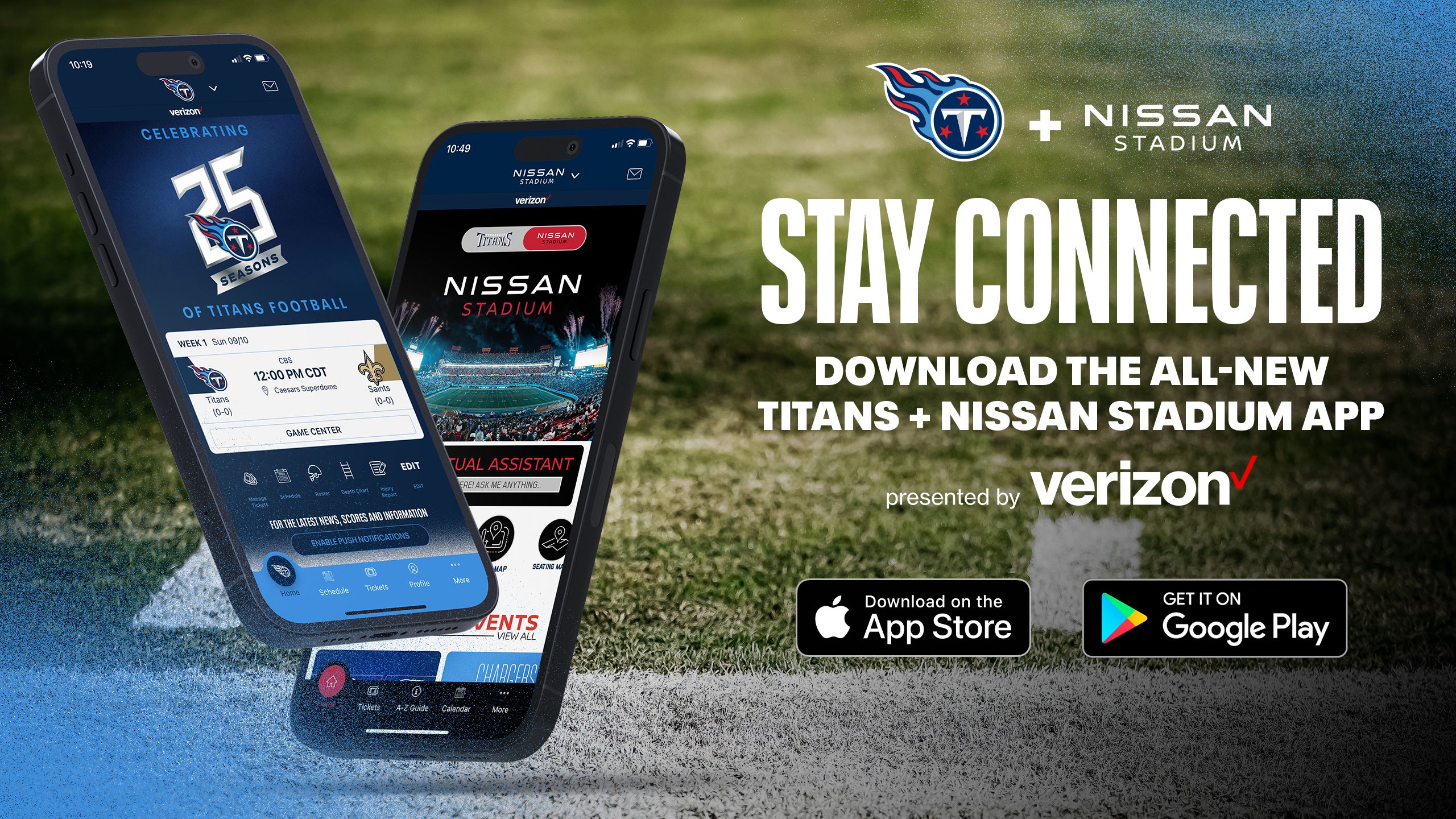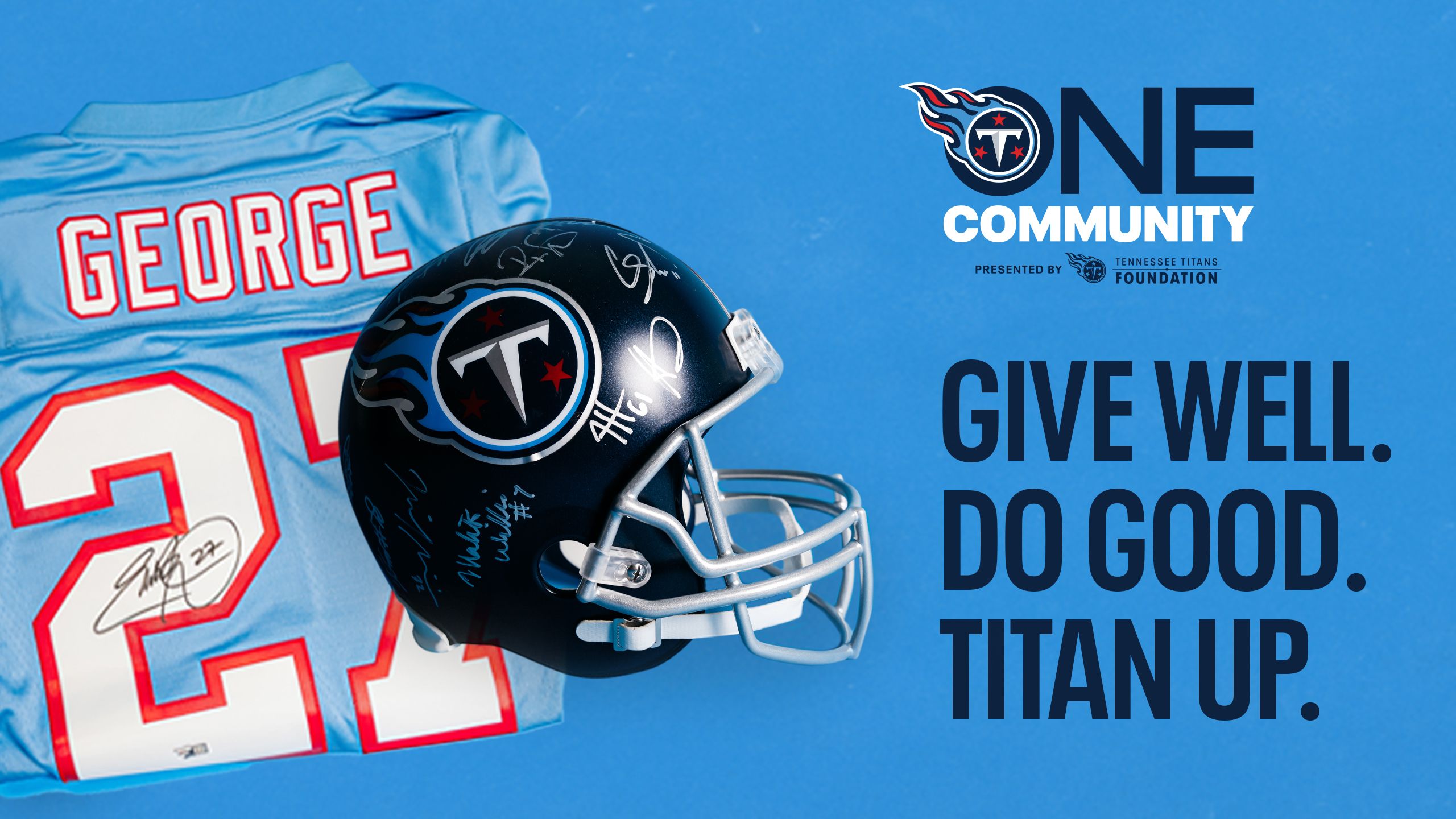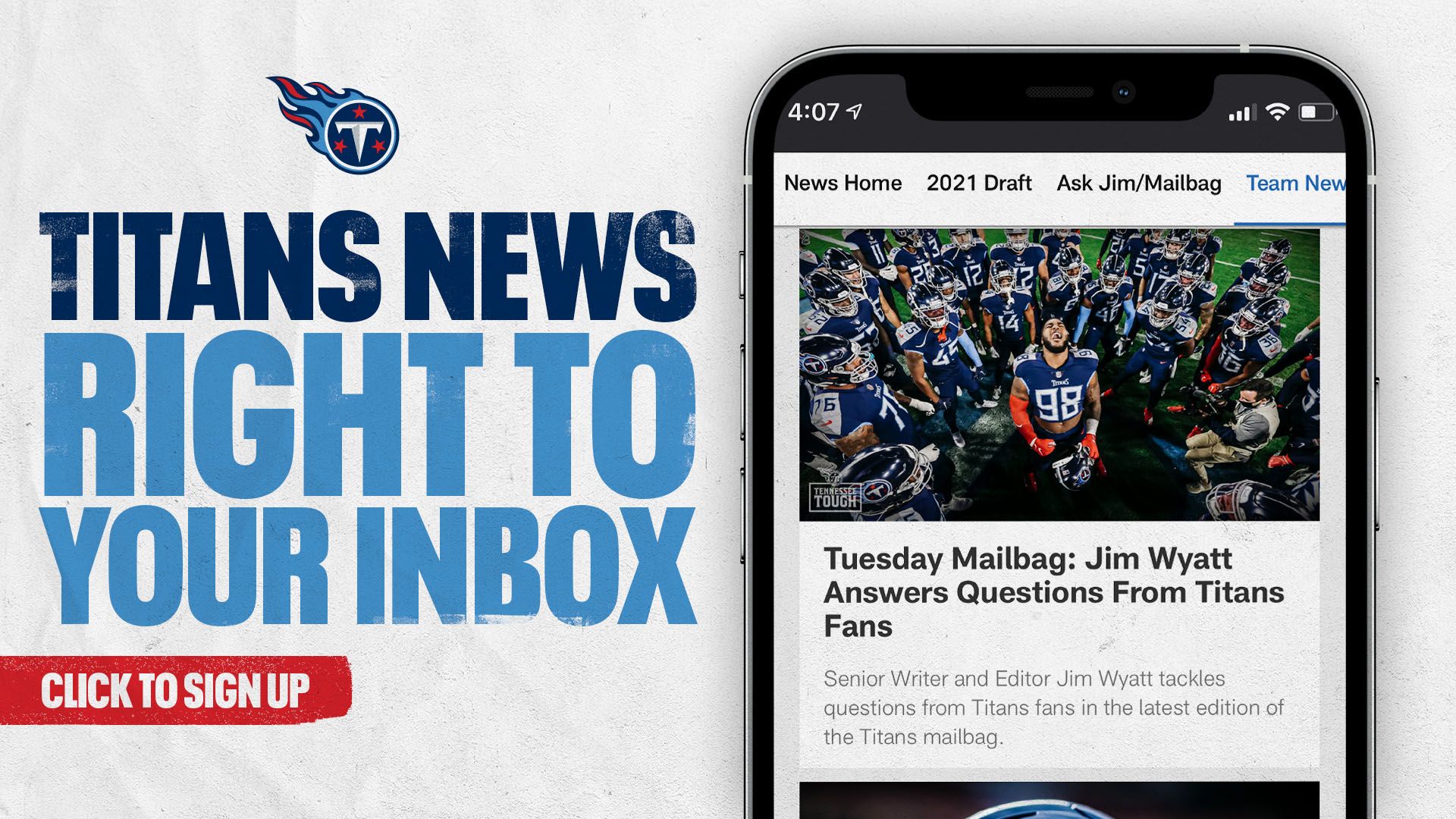NASHVILLE, Tenn. – Marcus Mariota stood in a dark room on Thursday, a pistol in his right hand, a flashlight in his left hand.
The gun didn't have real bullets inside. But the scenario he was placed under while using the Use of Force simulator at the Metro Nashville Police Training Academy – acting as a police officer, and entering a warehouse with a suspect who wouldn't respond to commands -- sure seemed realistic.
As starting quarterback of the Tennessee Titans, Mariota has dealt with pressure since being drafted.
This was much different.
Titans players spend last day of offseason with members of Nashville Police Department at the Police Training Academy. (Photos: Nate Bain)
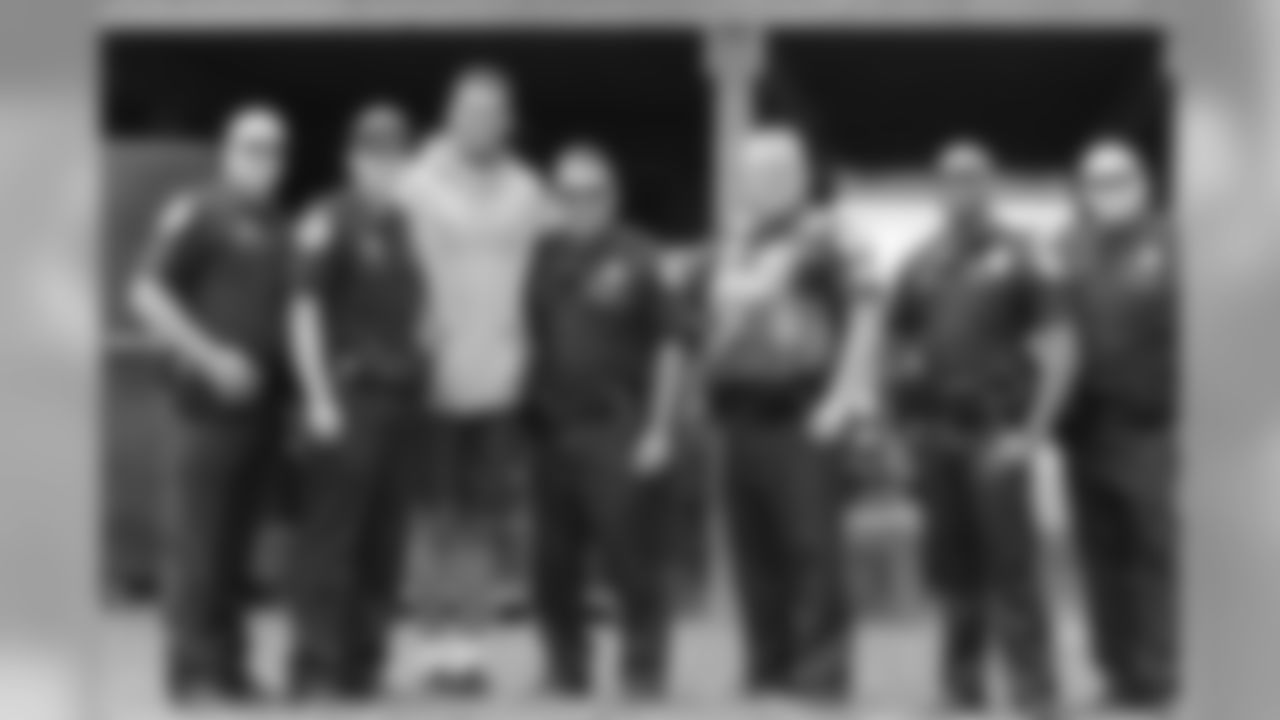
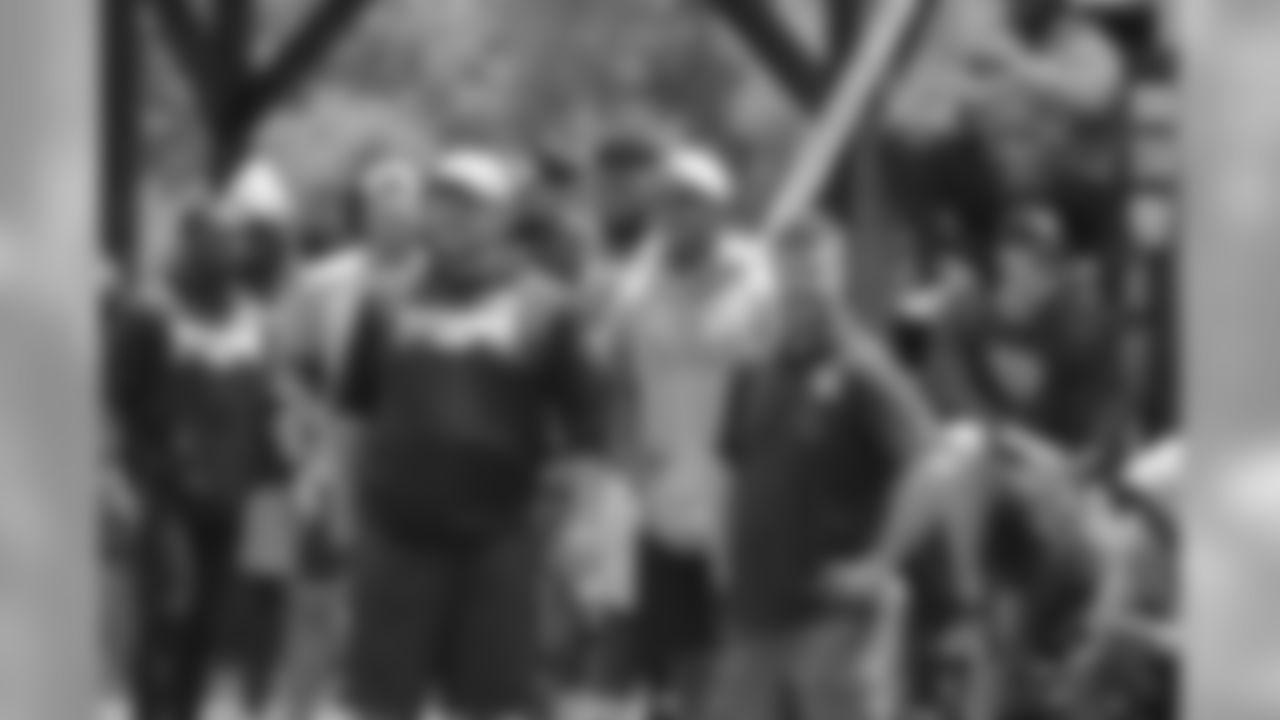
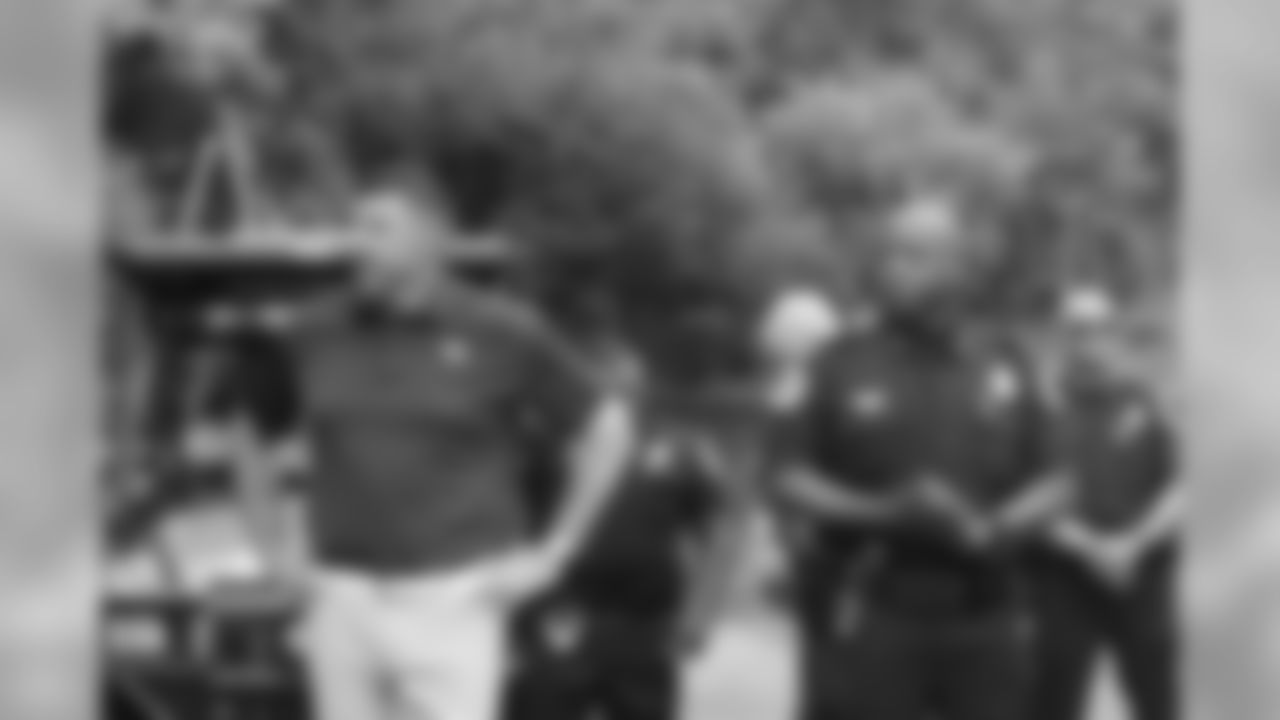
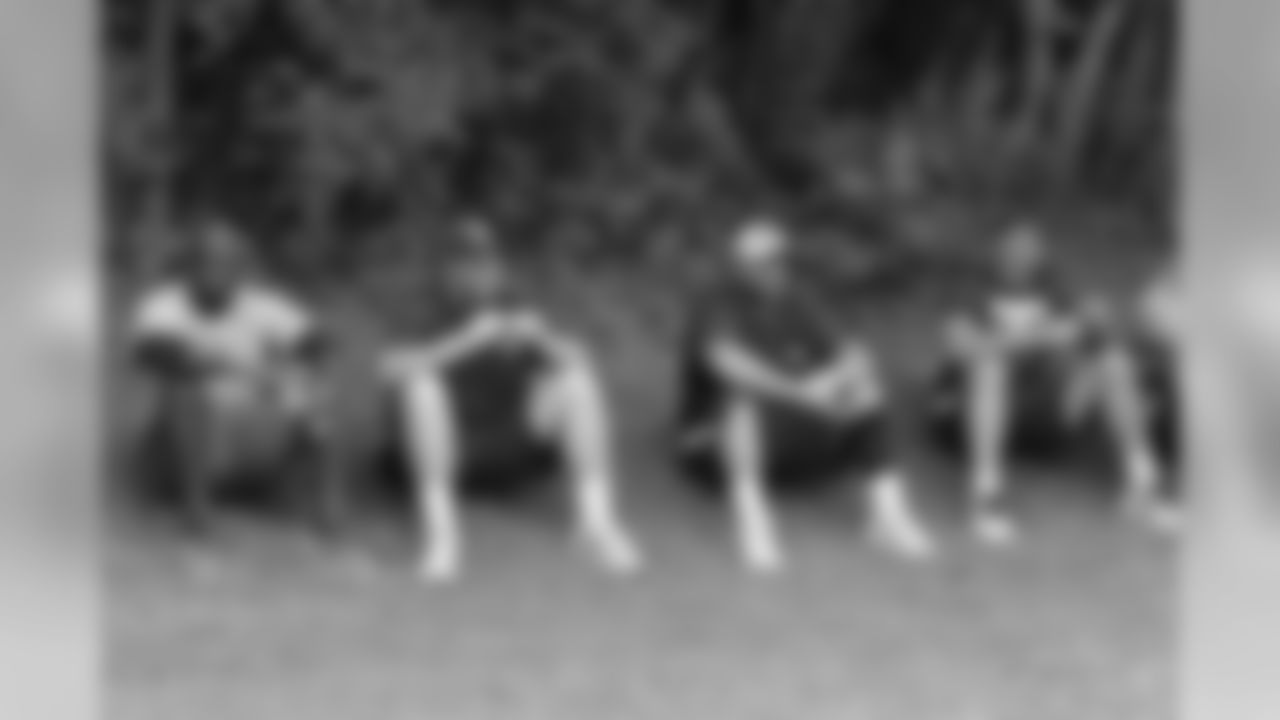
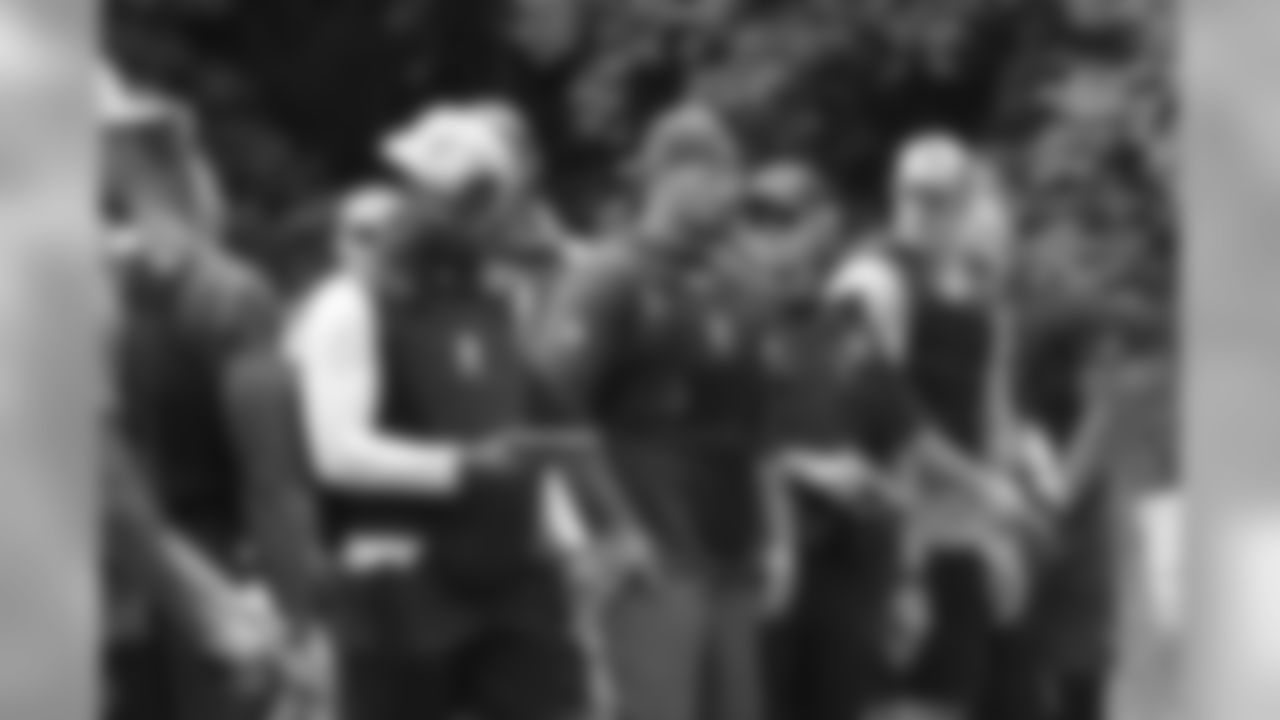
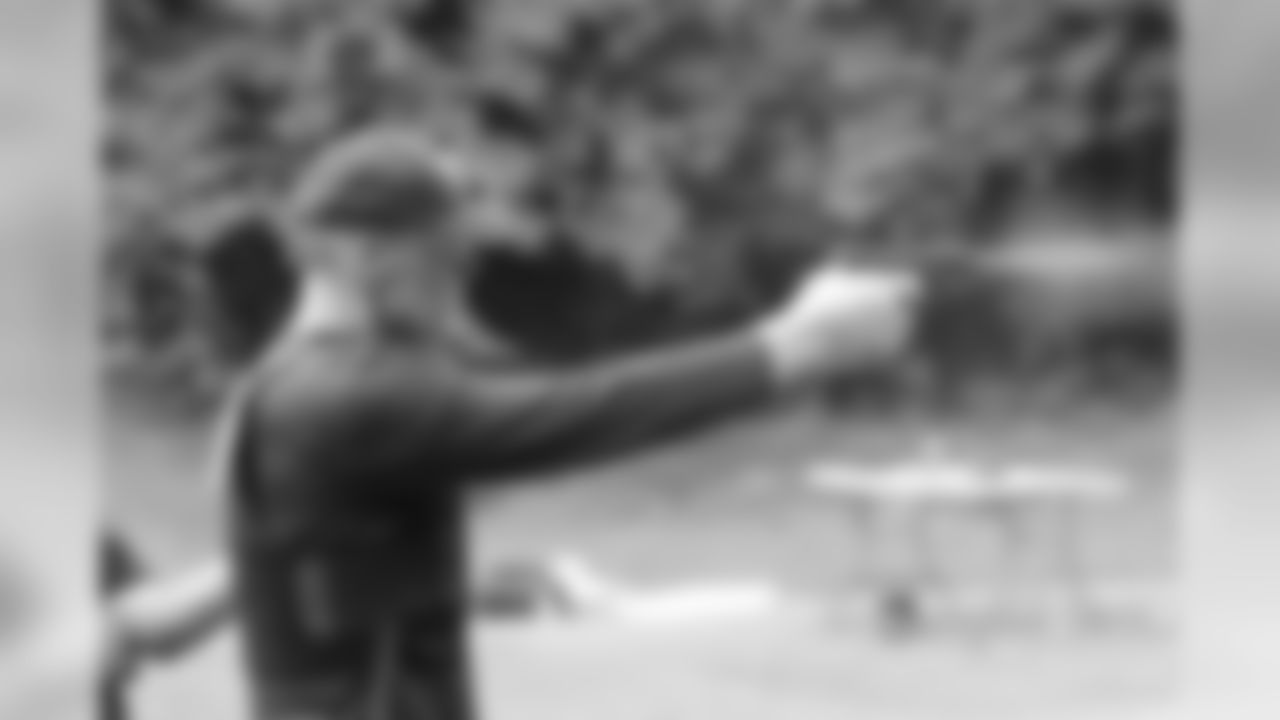
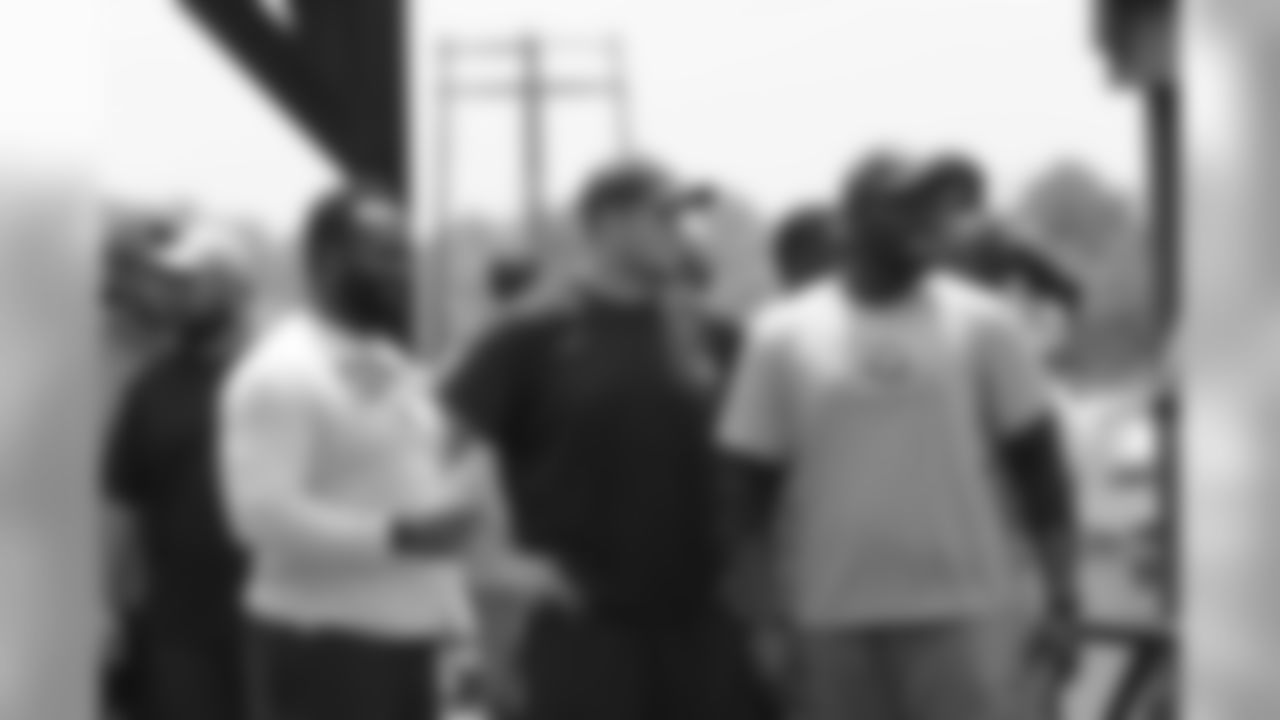
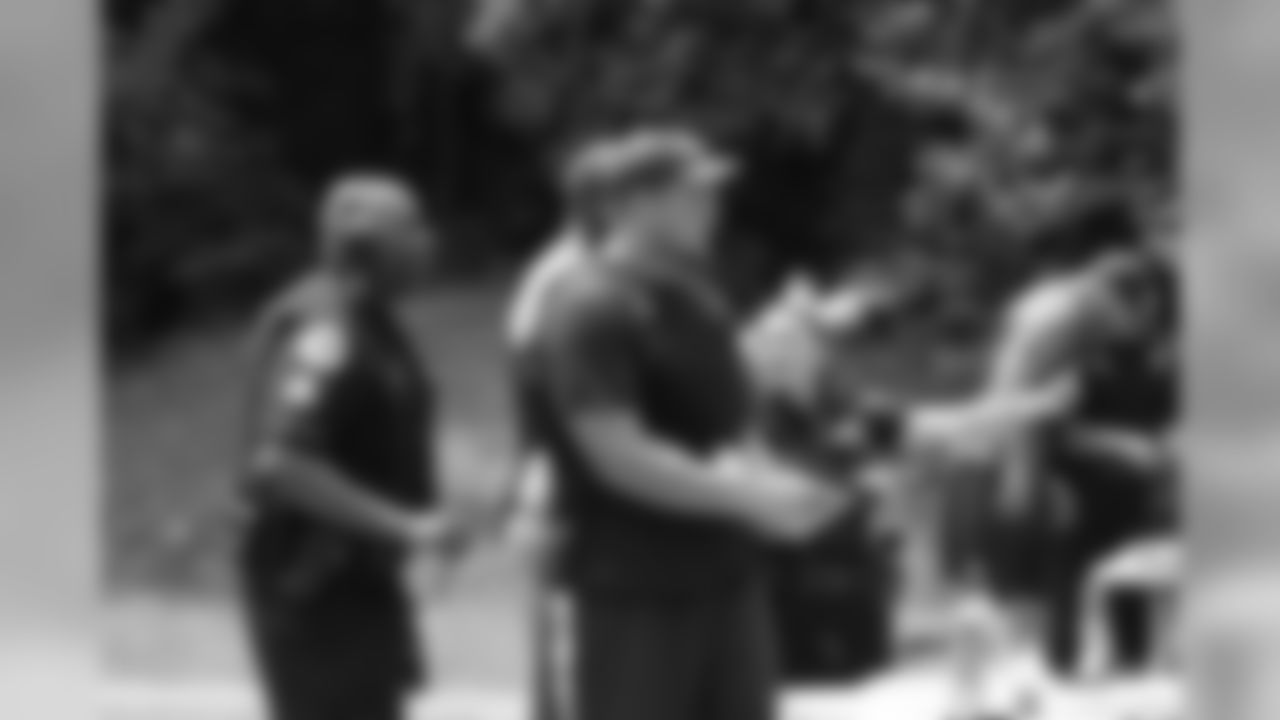
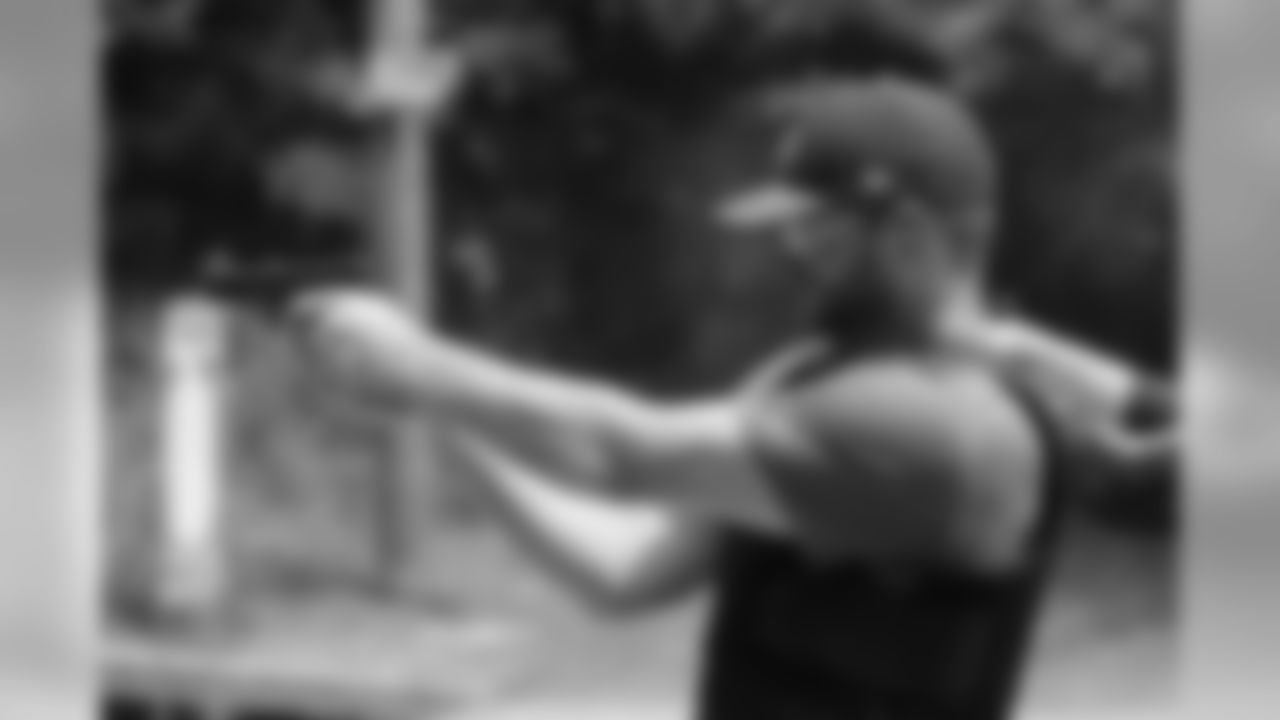
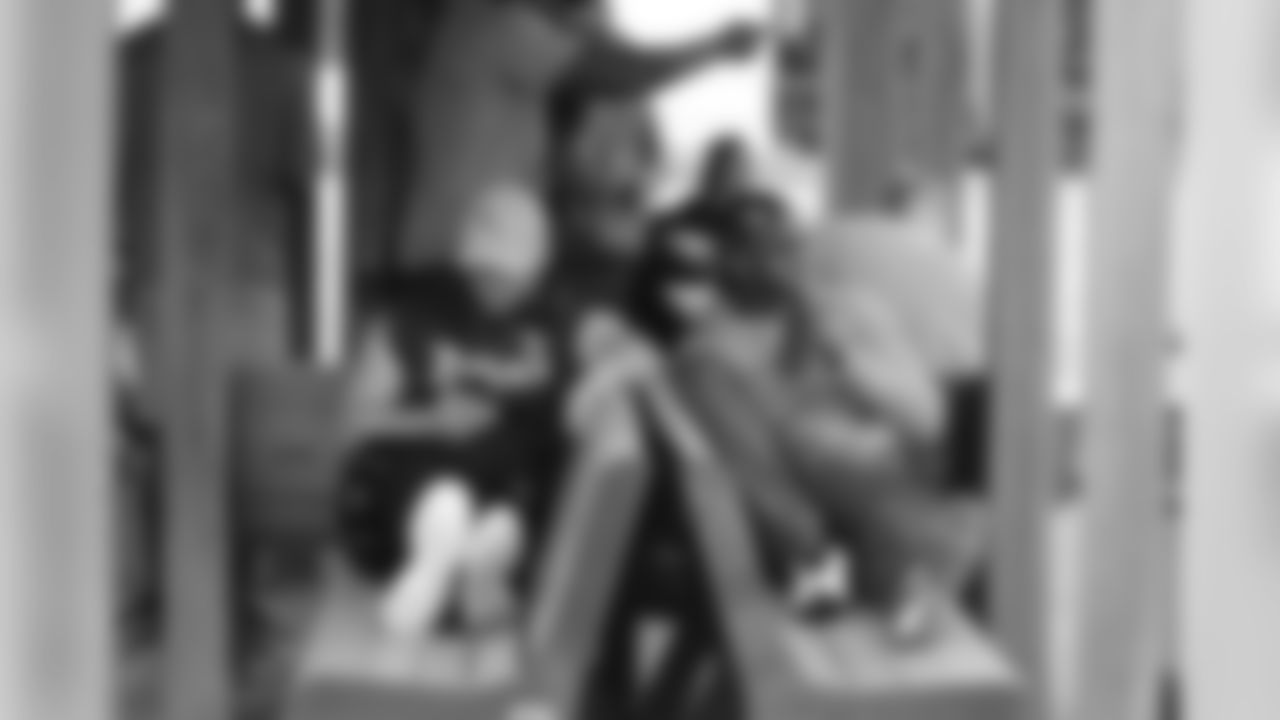
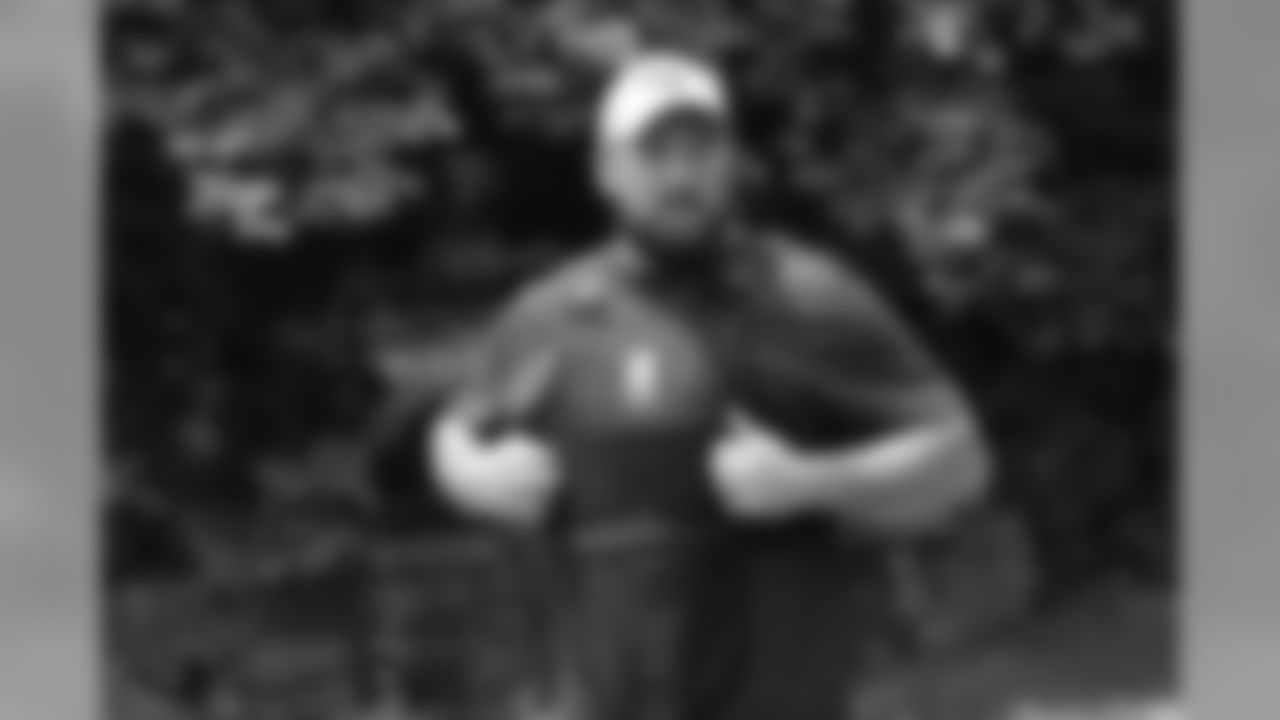
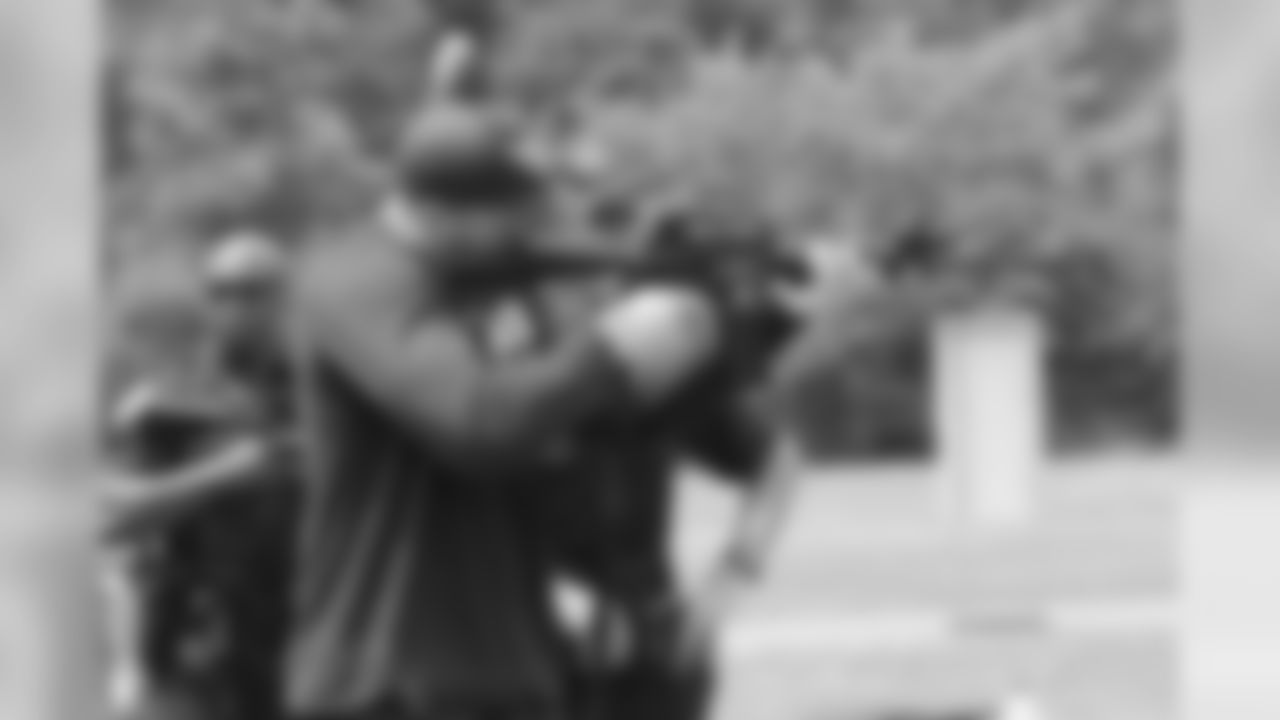
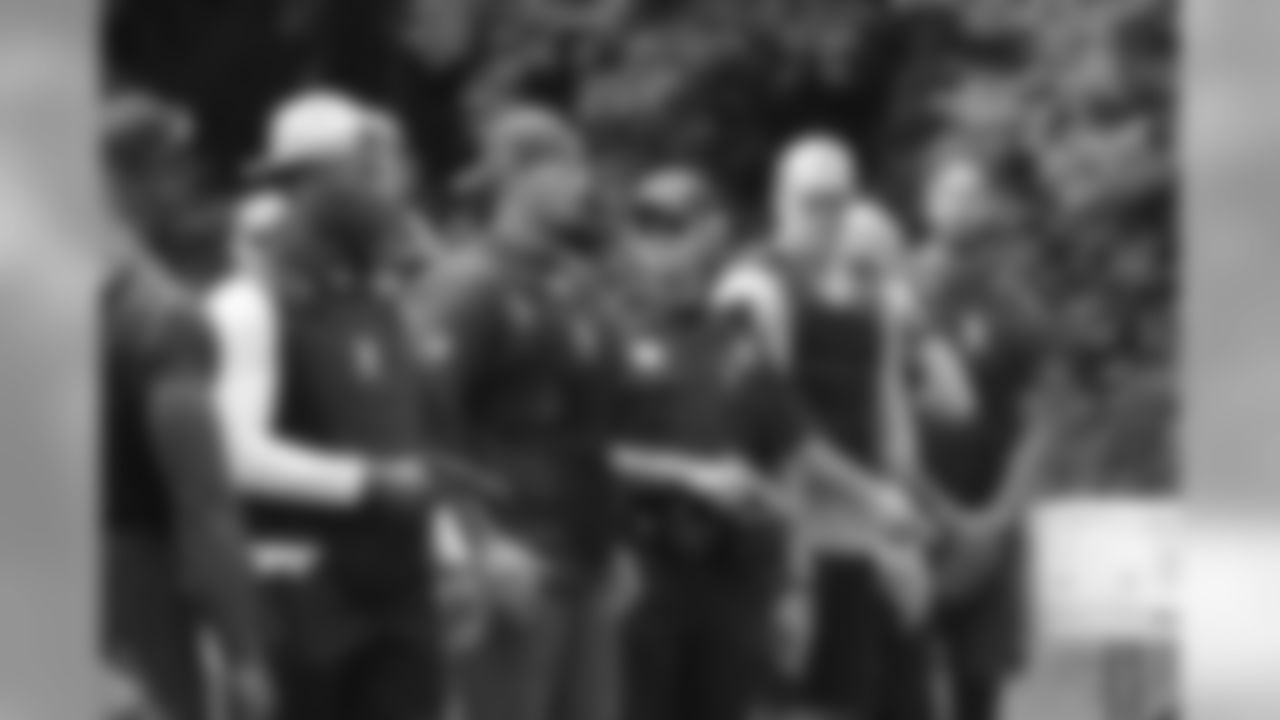
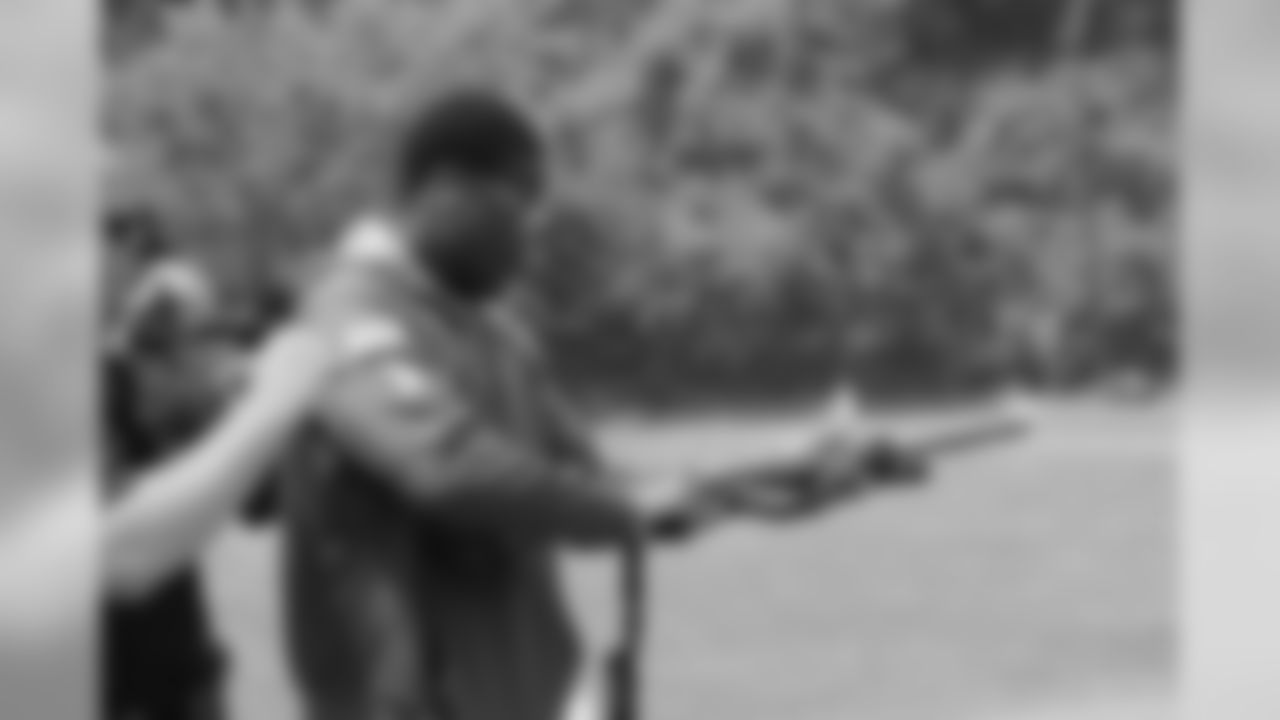
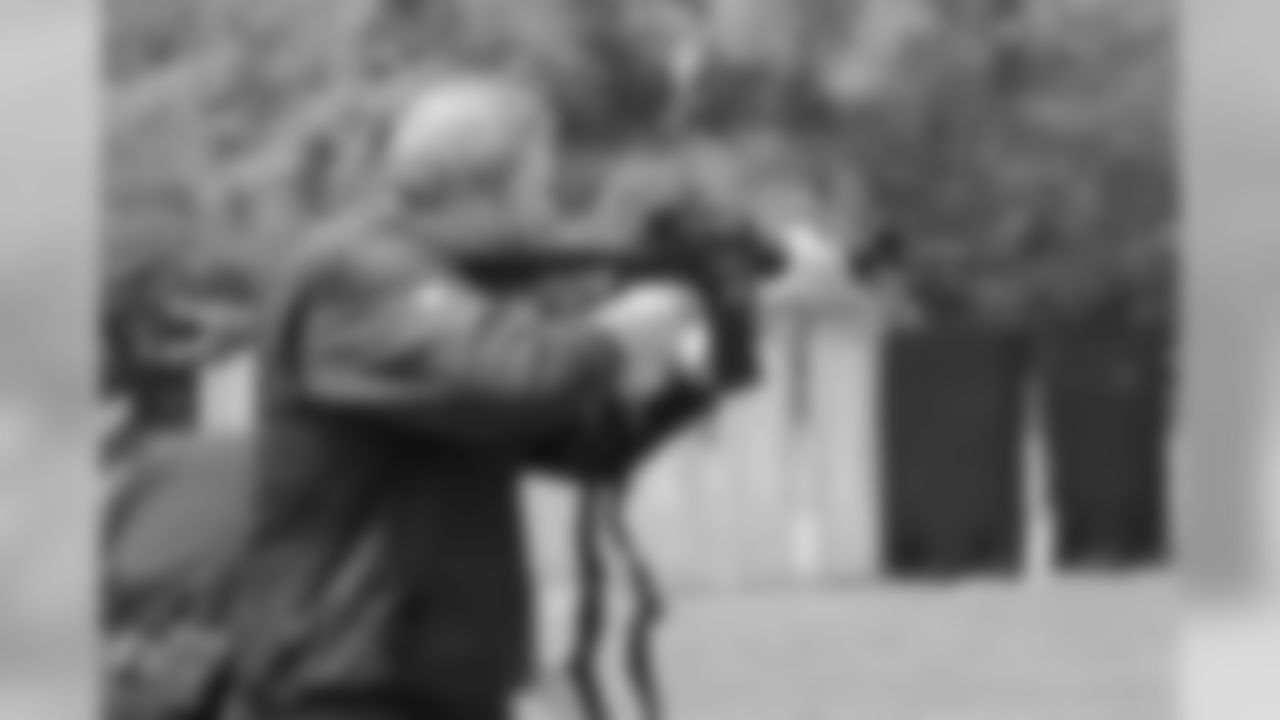
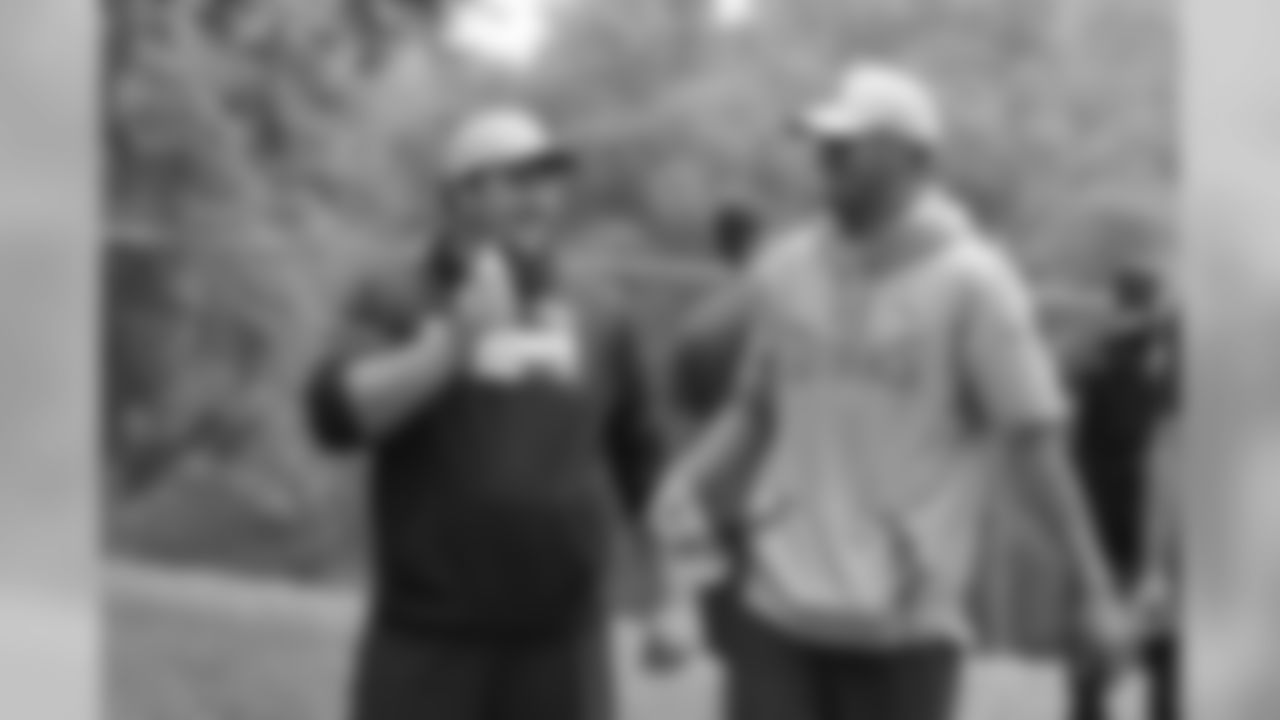
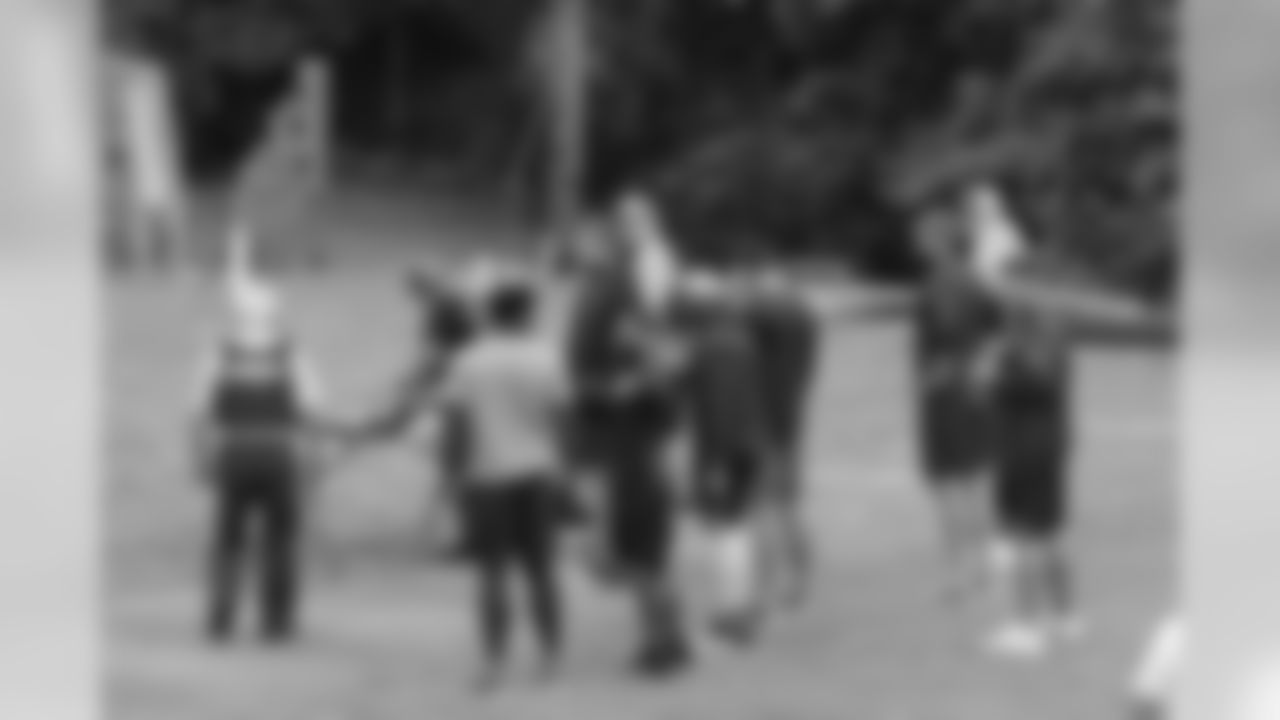
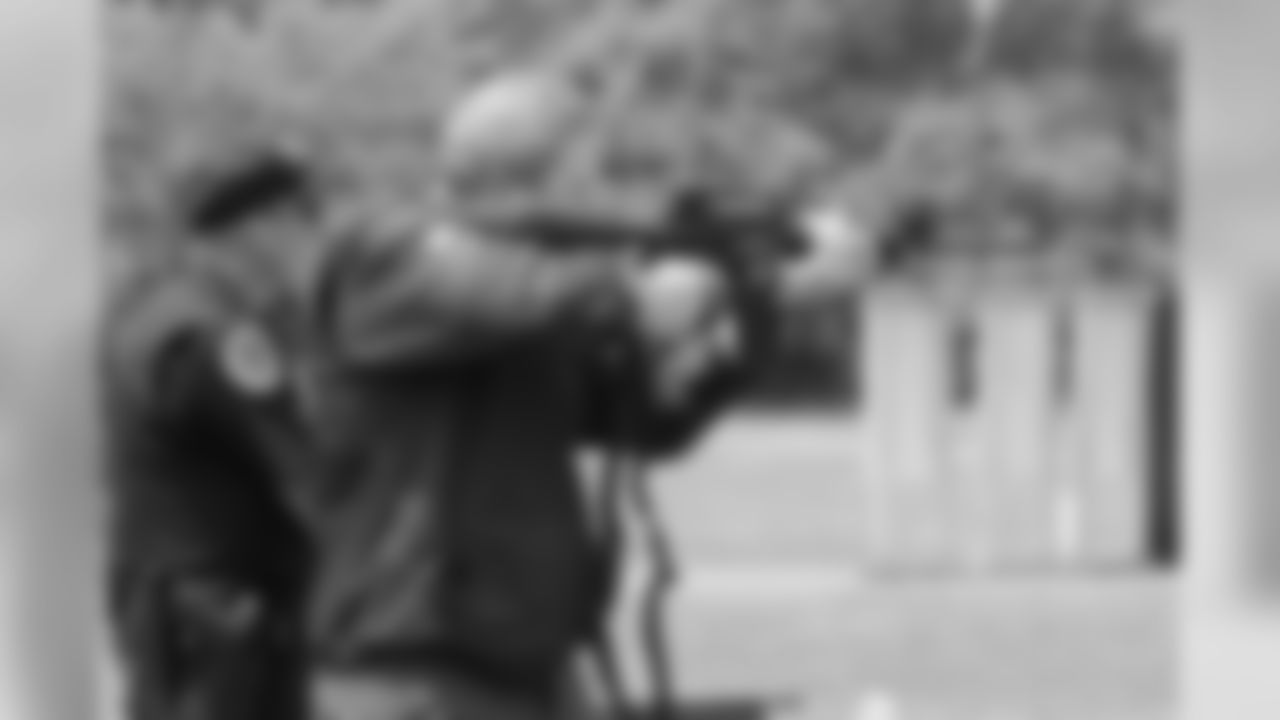
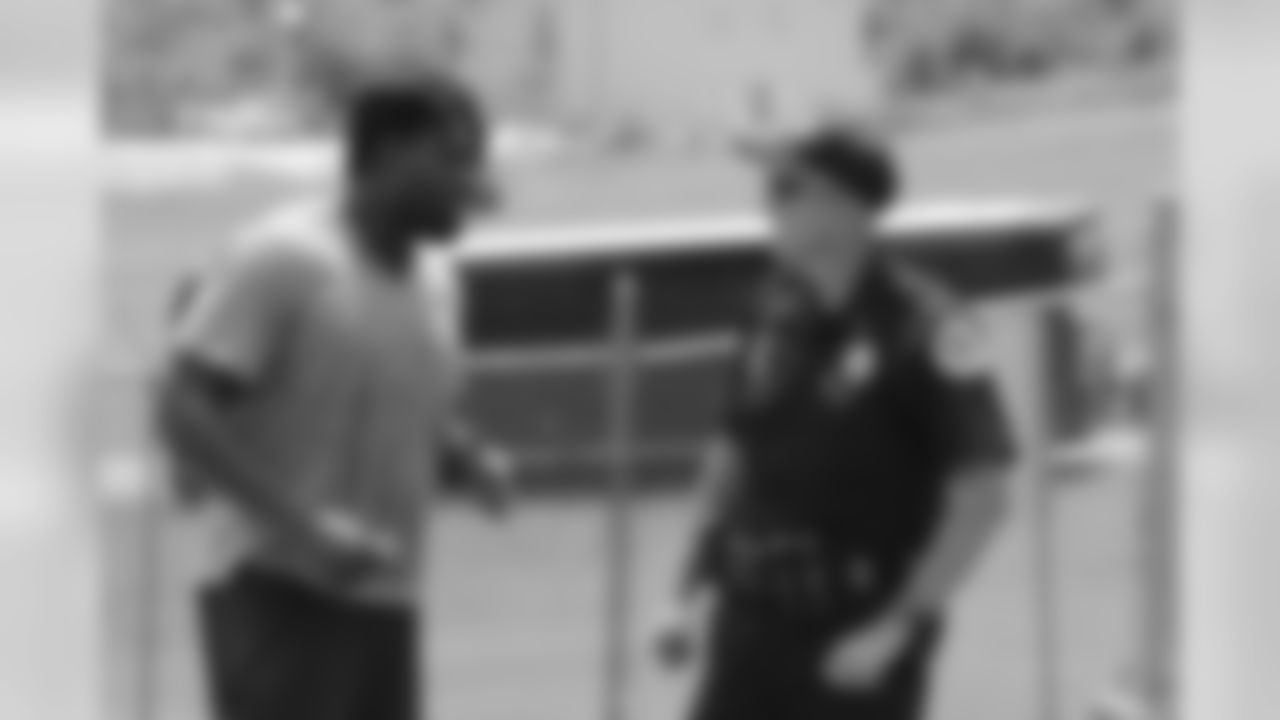
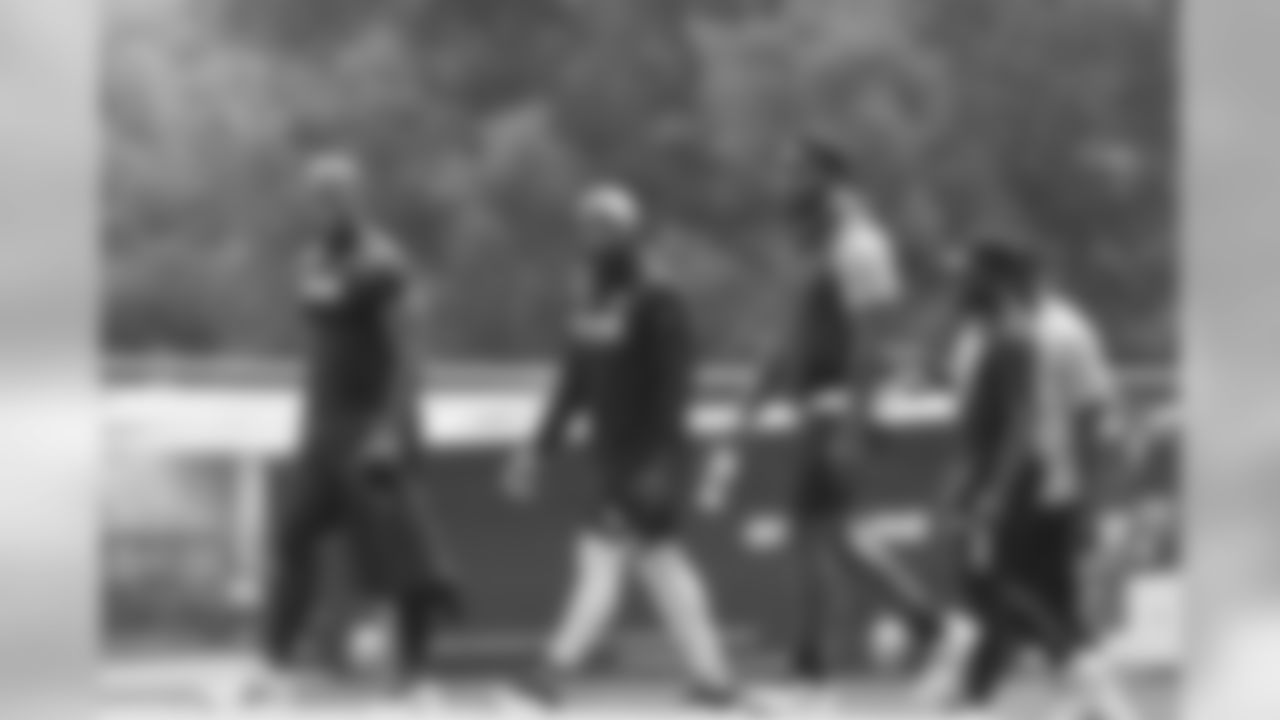
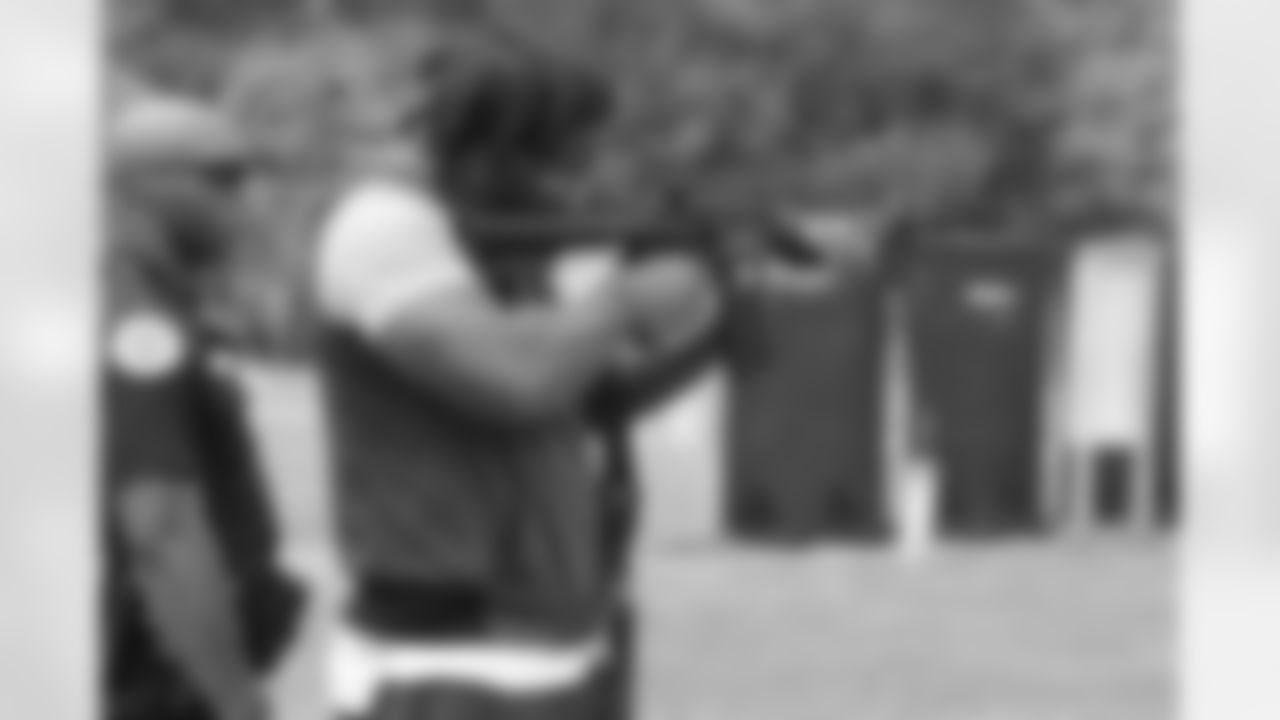
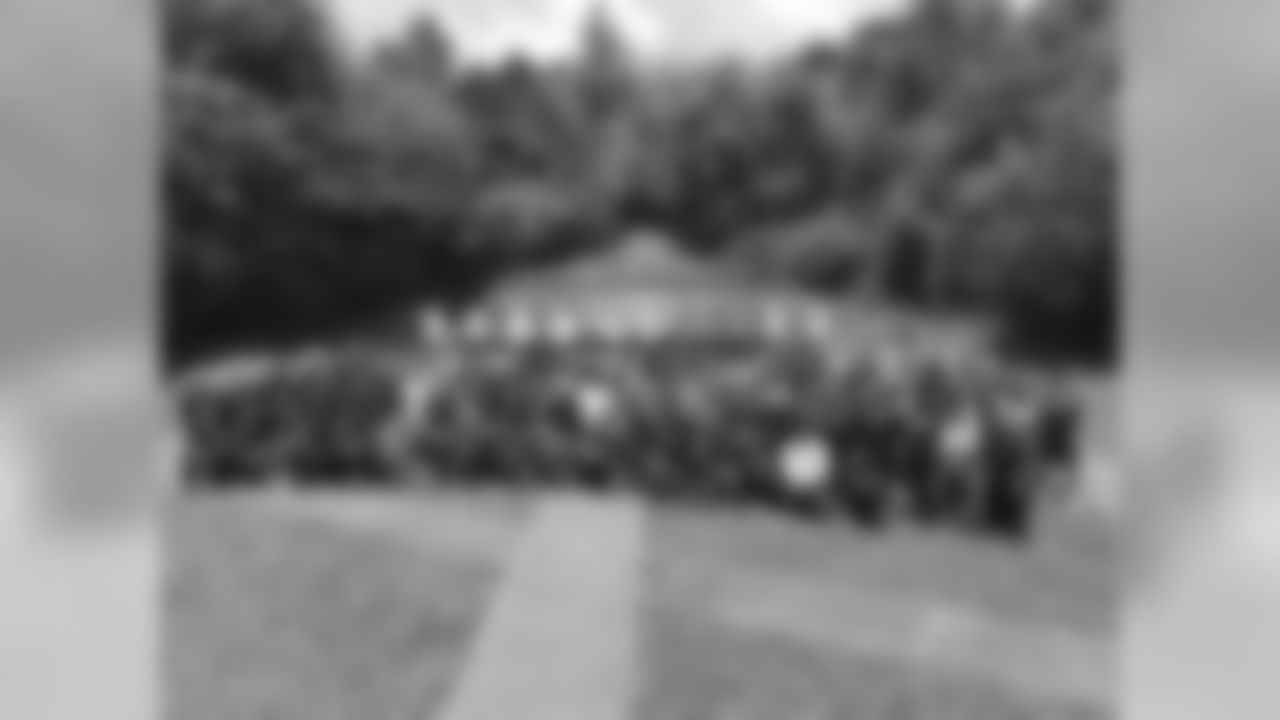
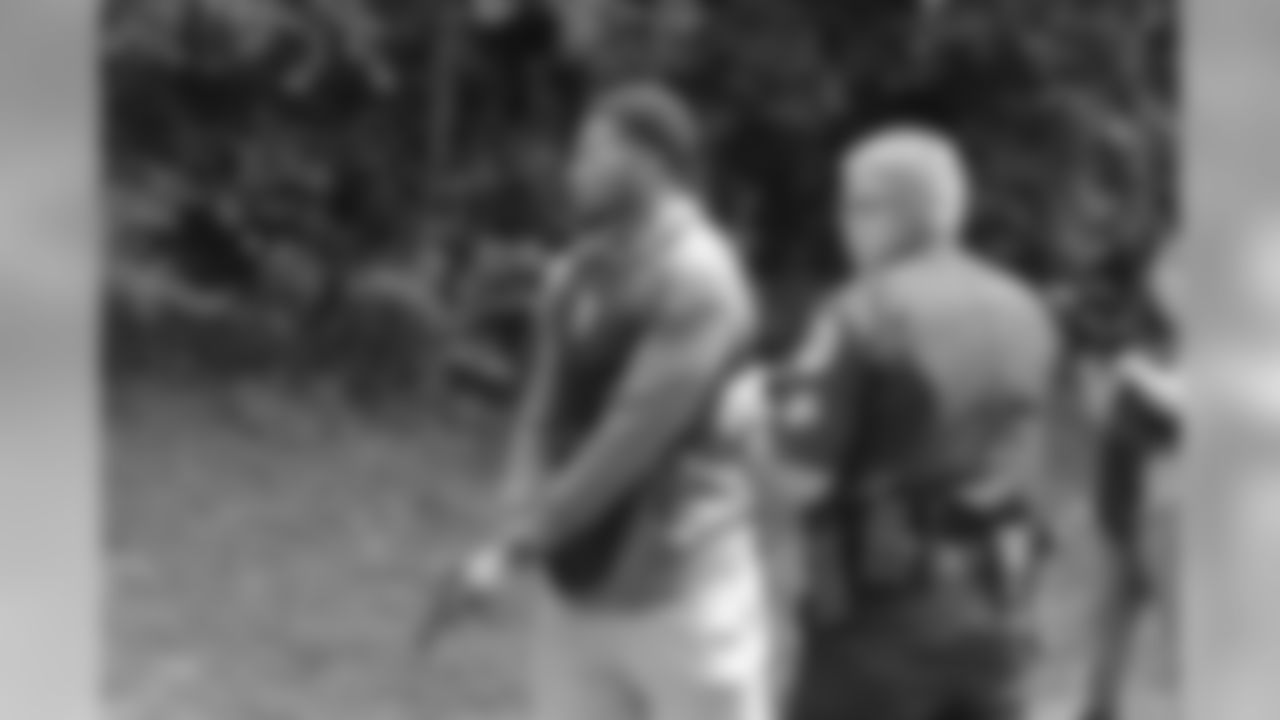
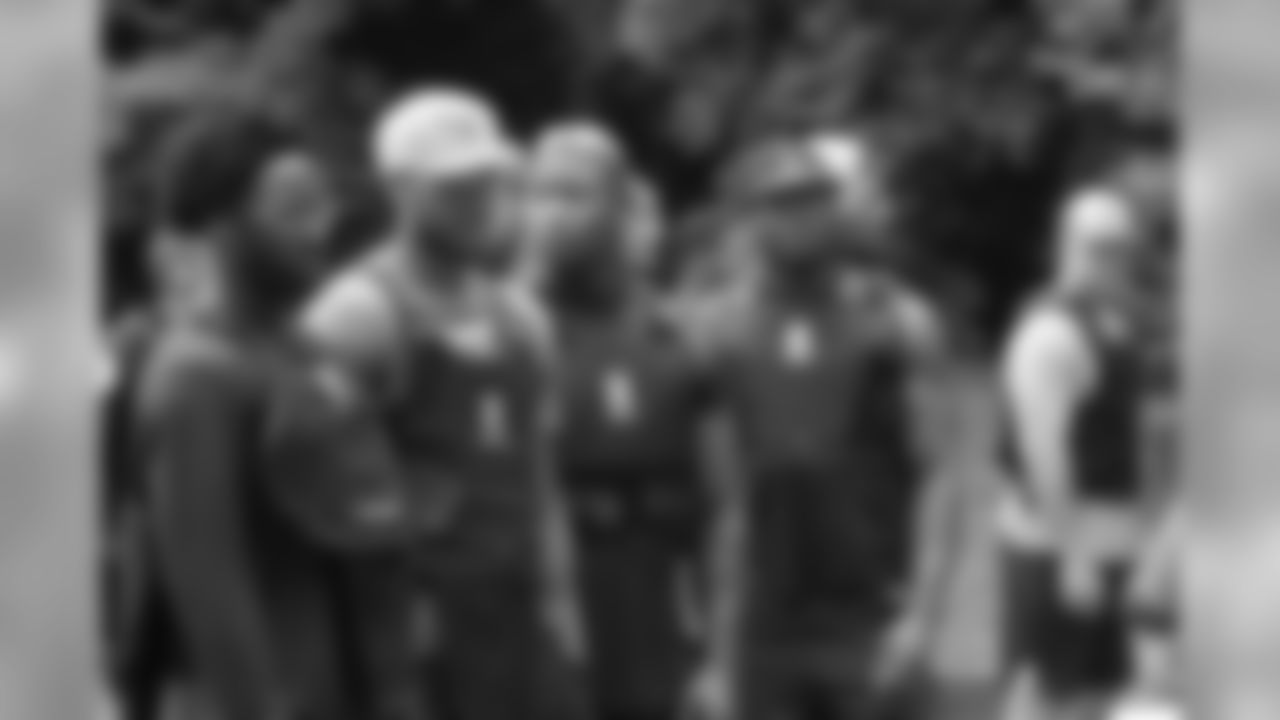
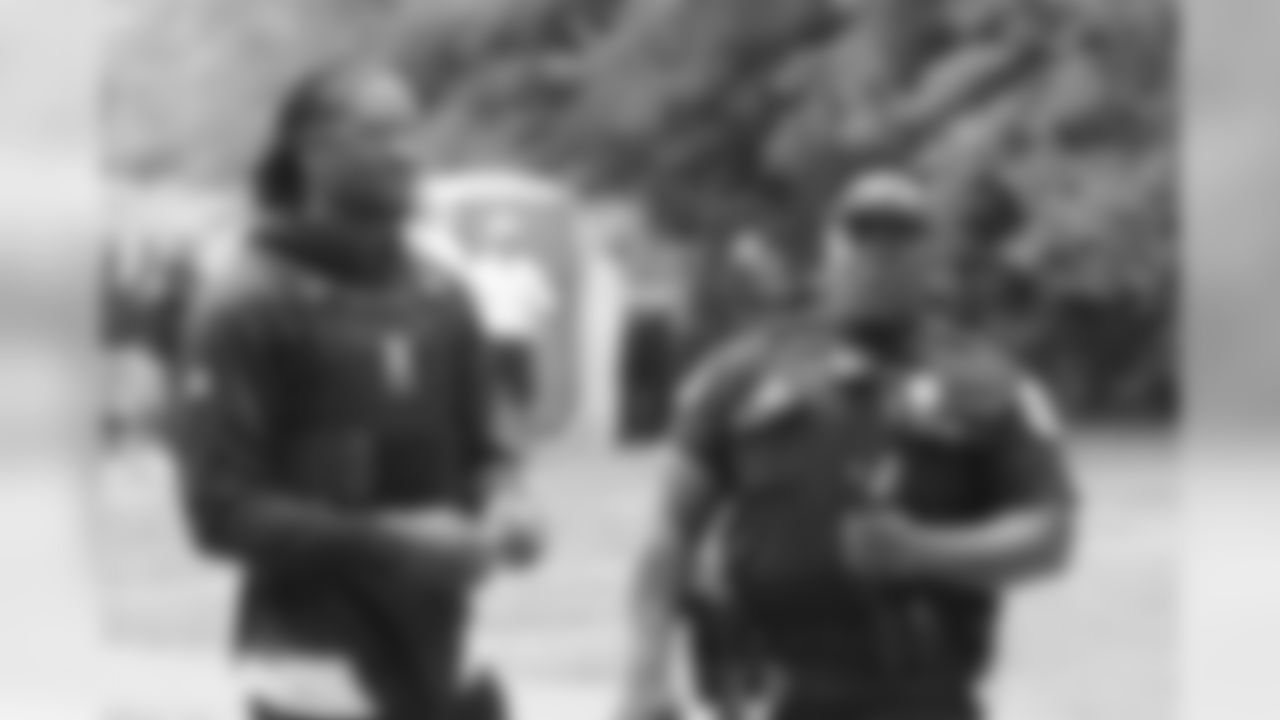
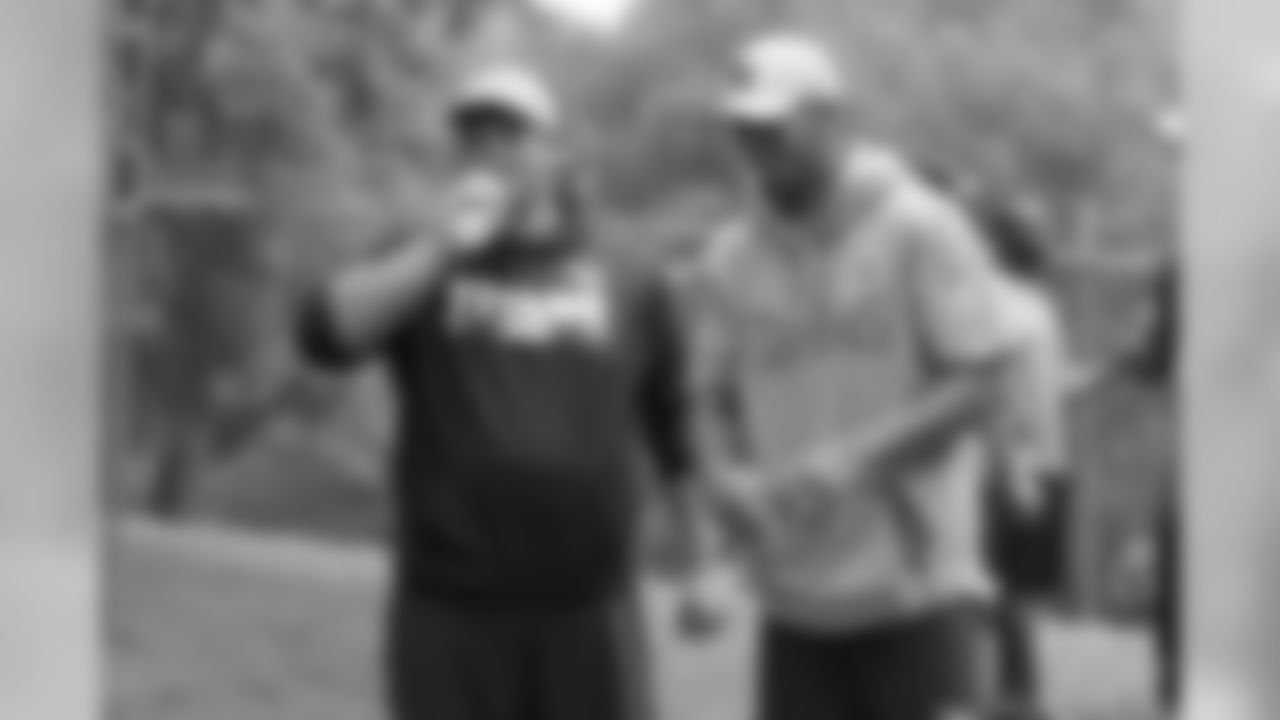
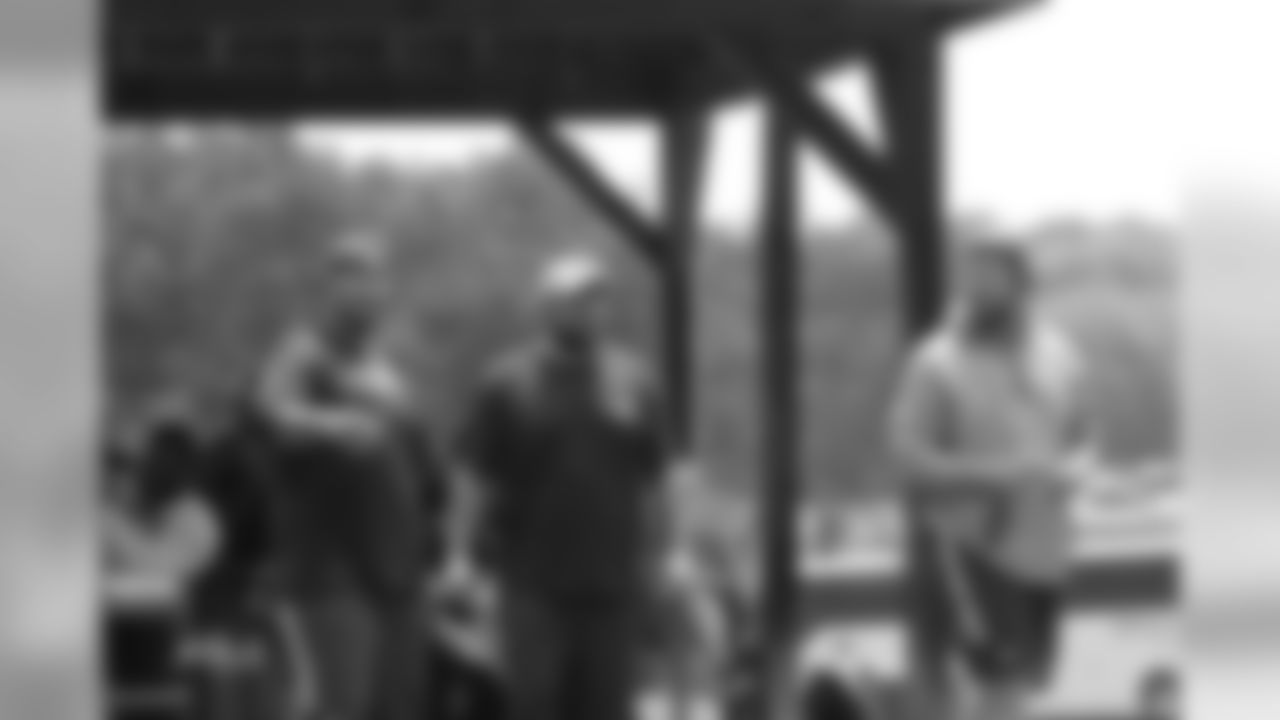
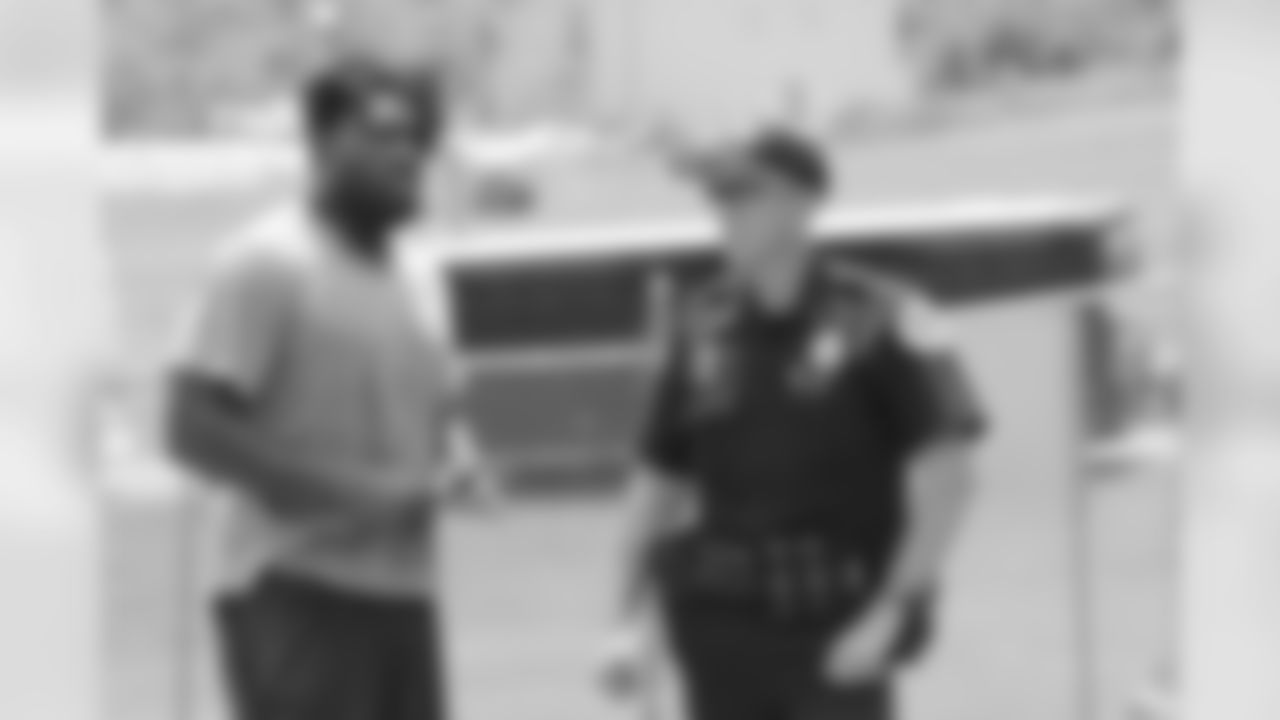
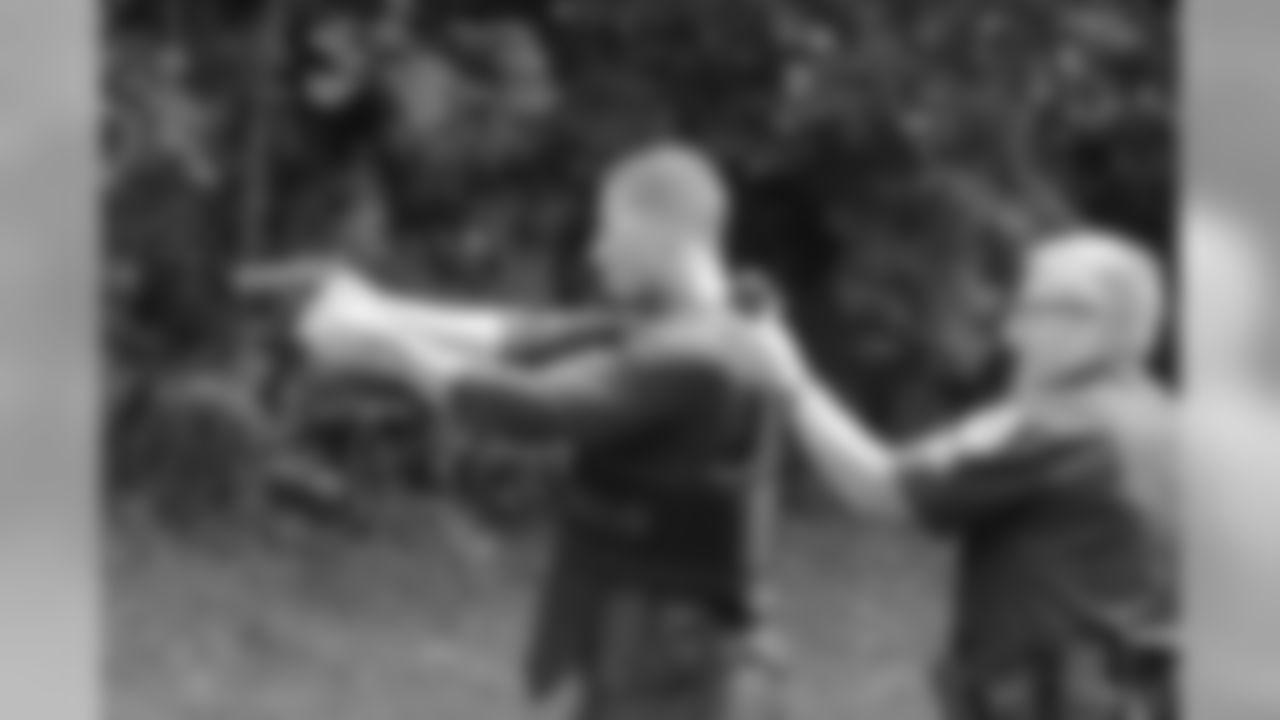
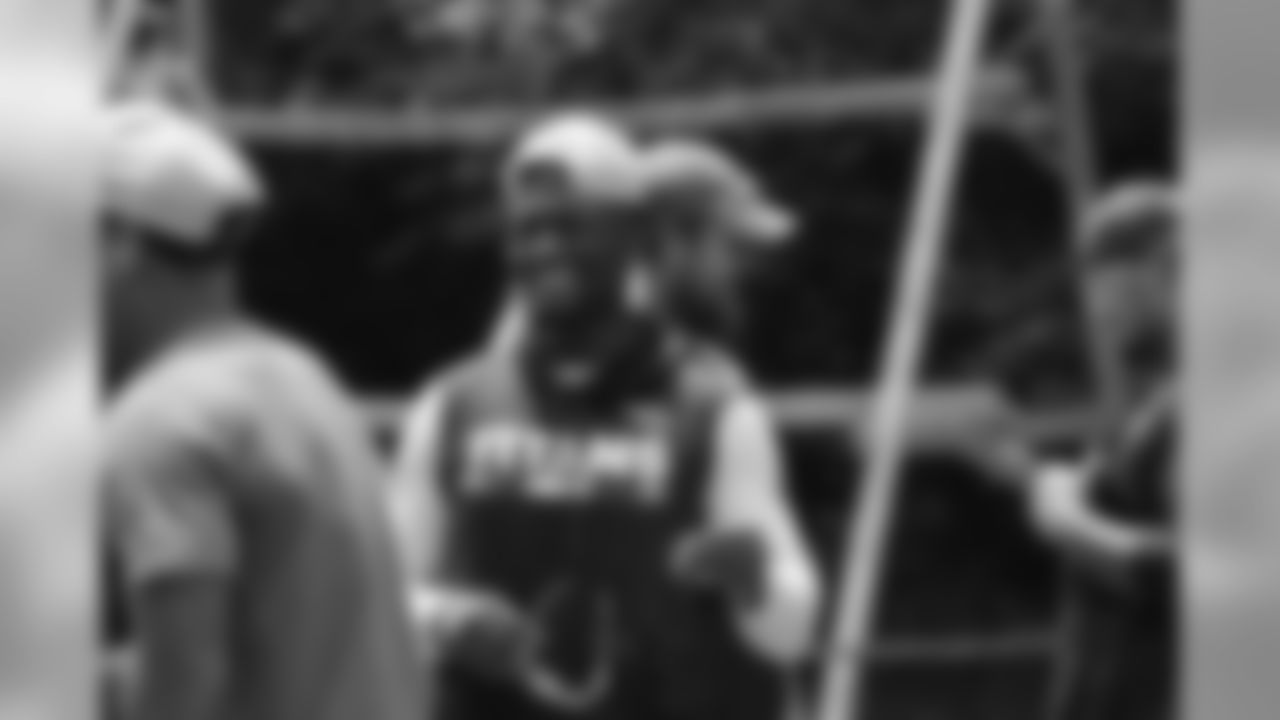
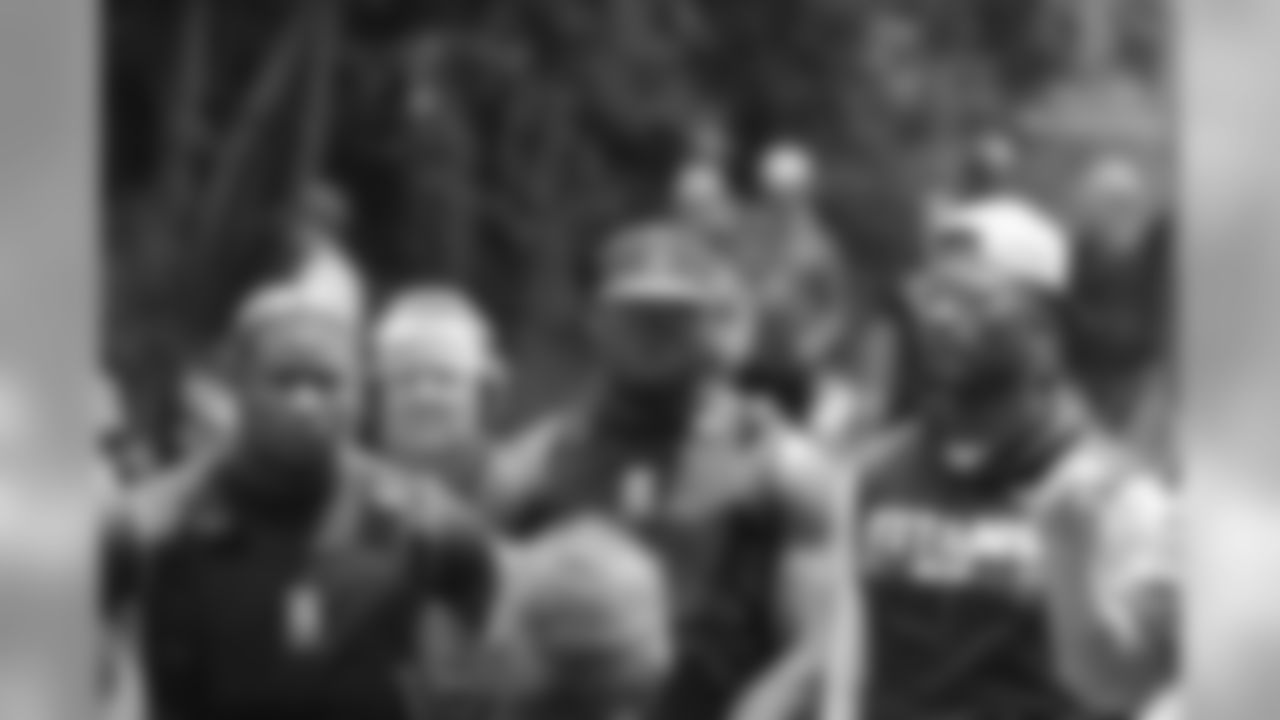
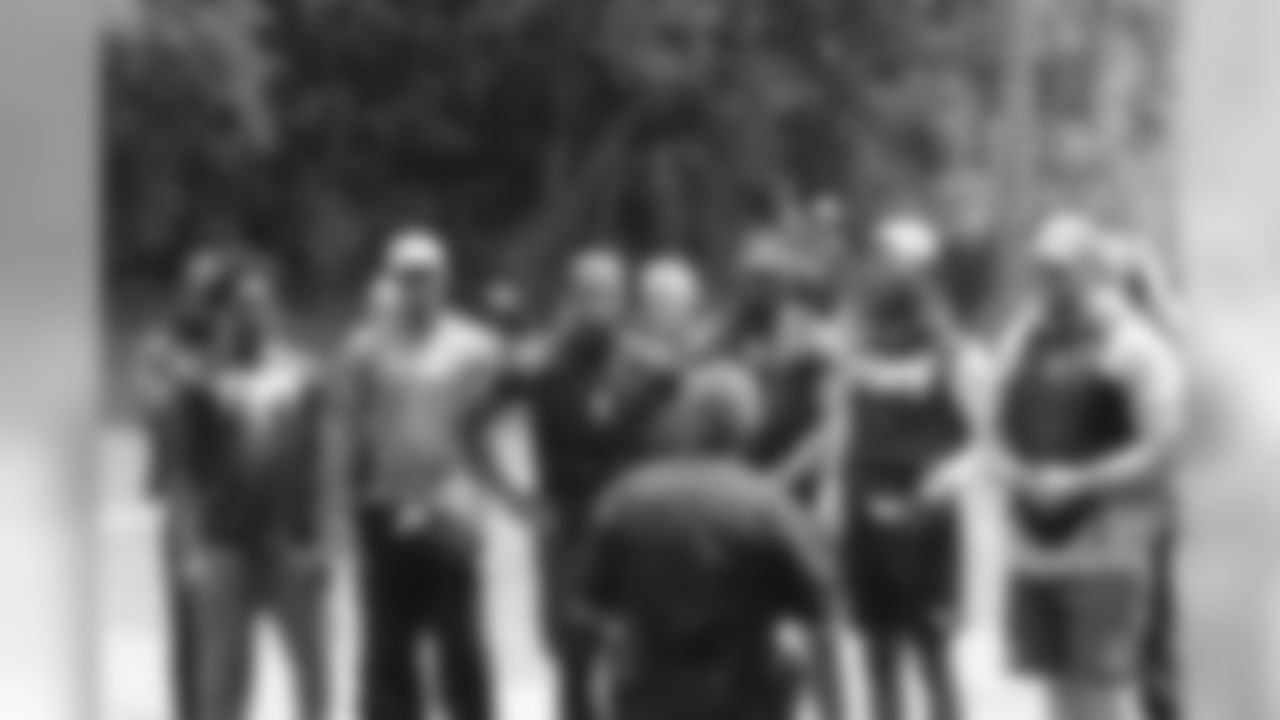
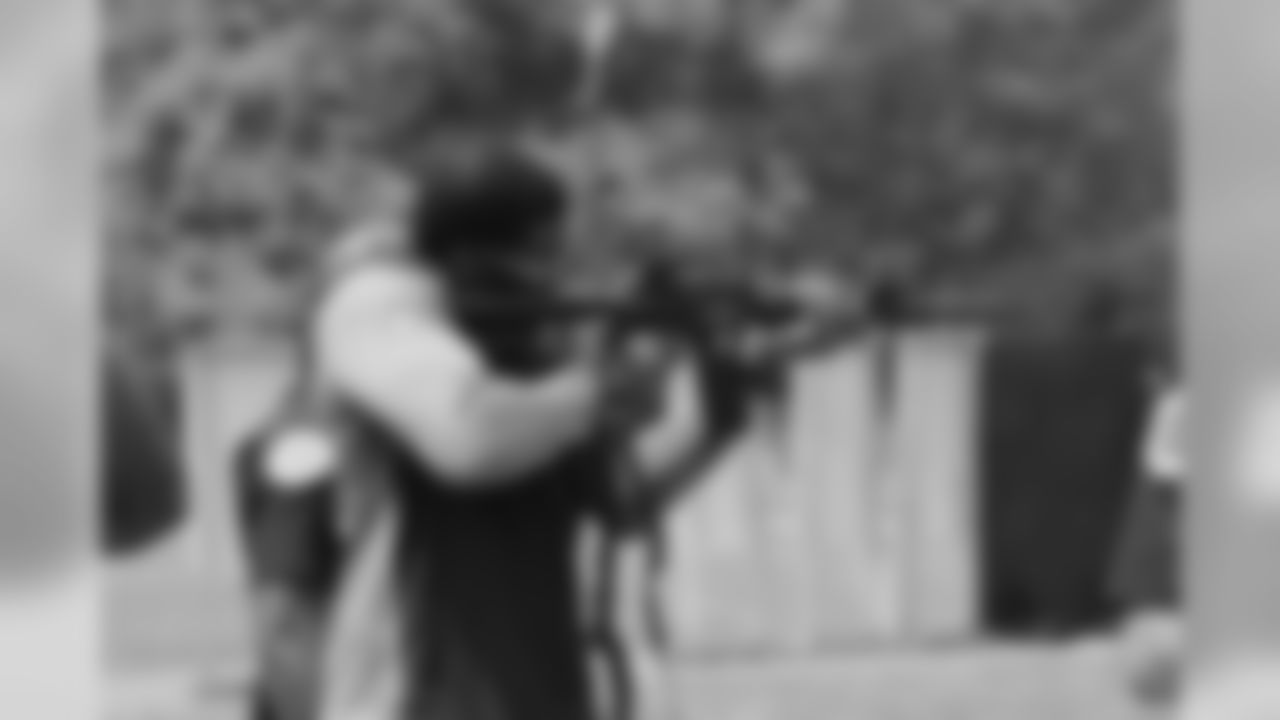
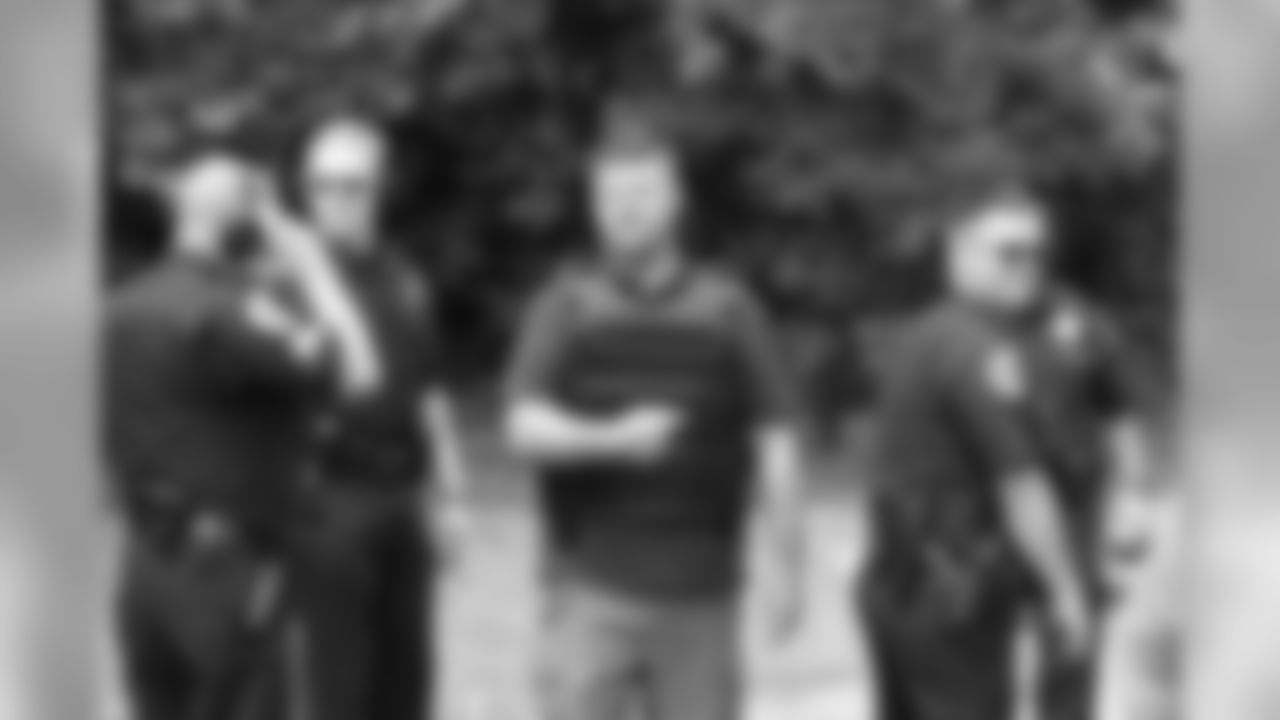
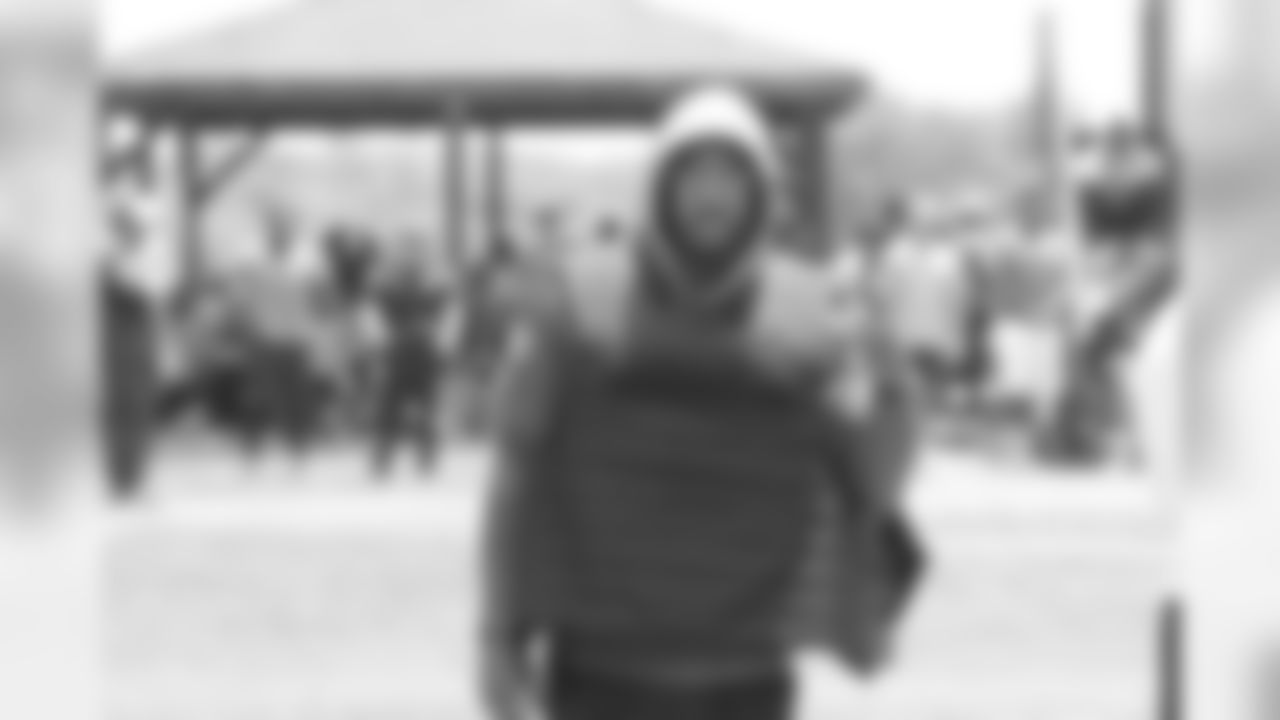
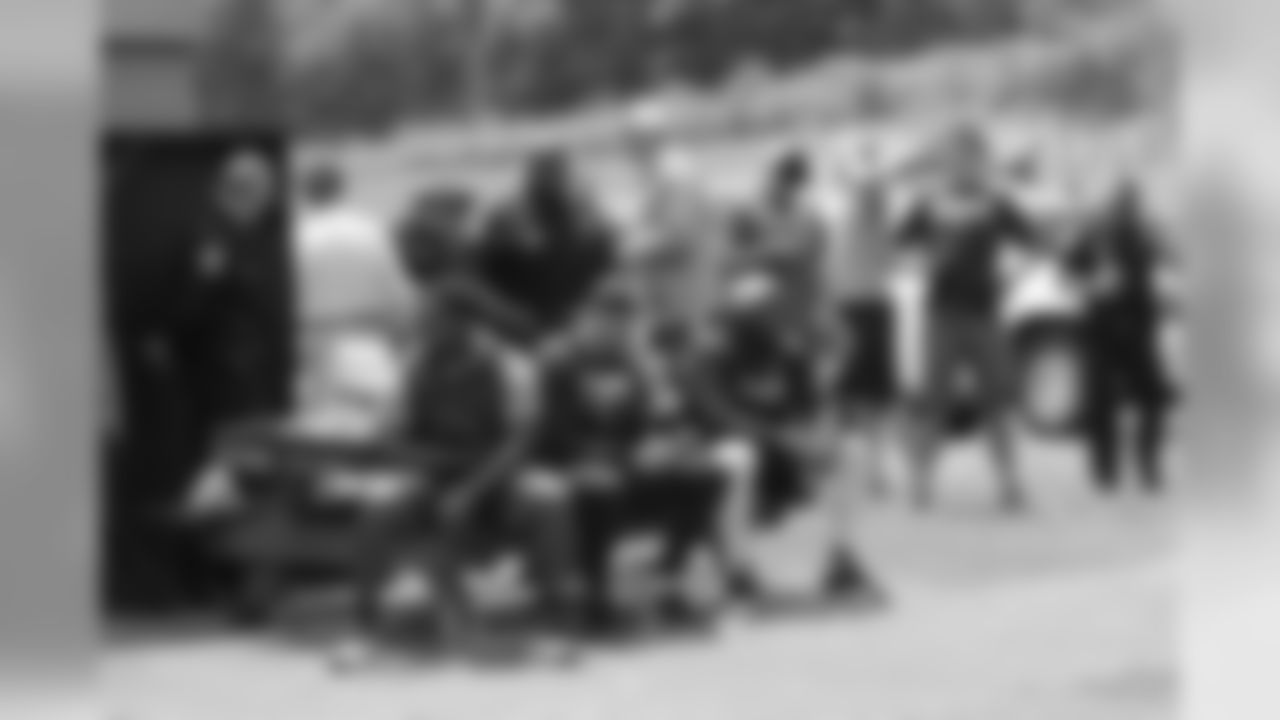
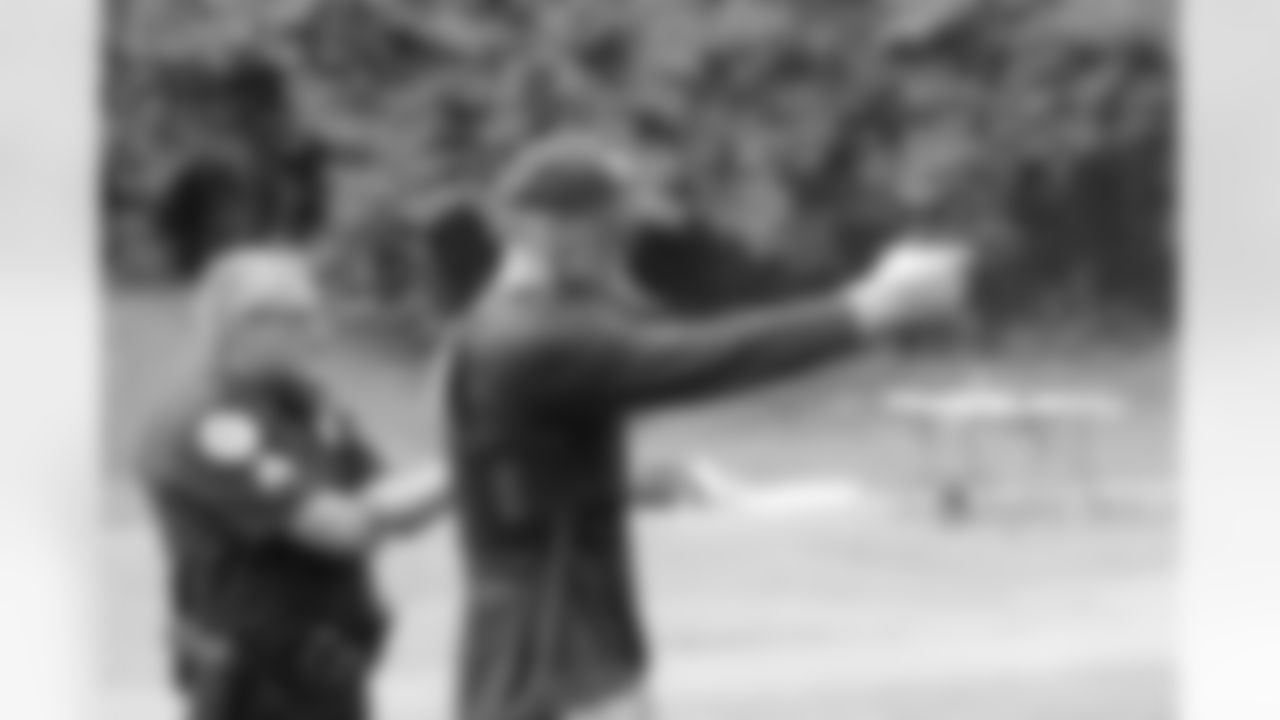
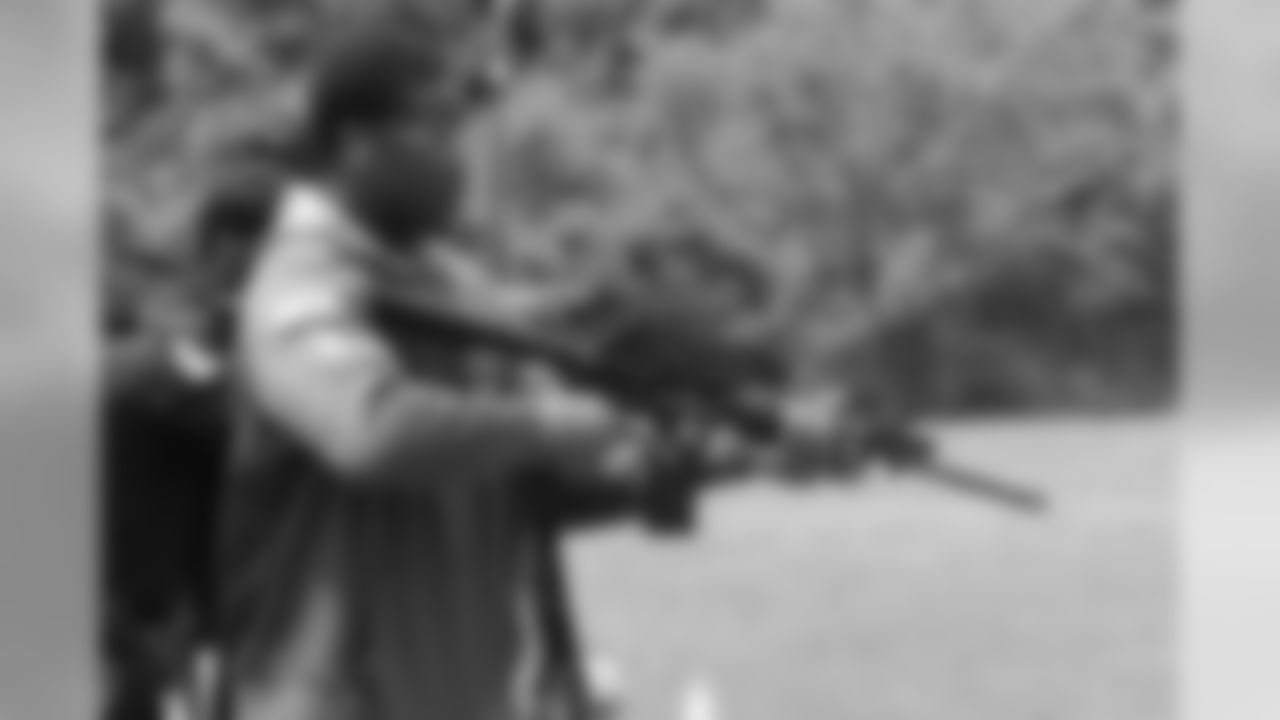
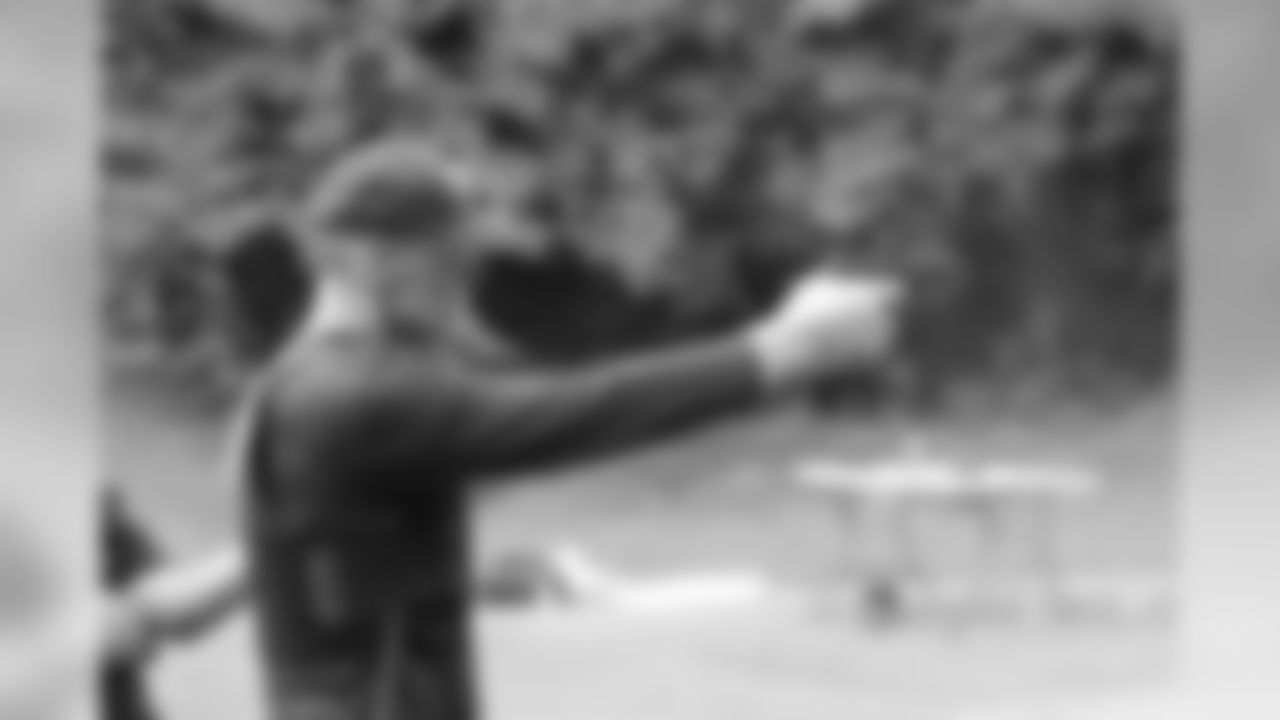
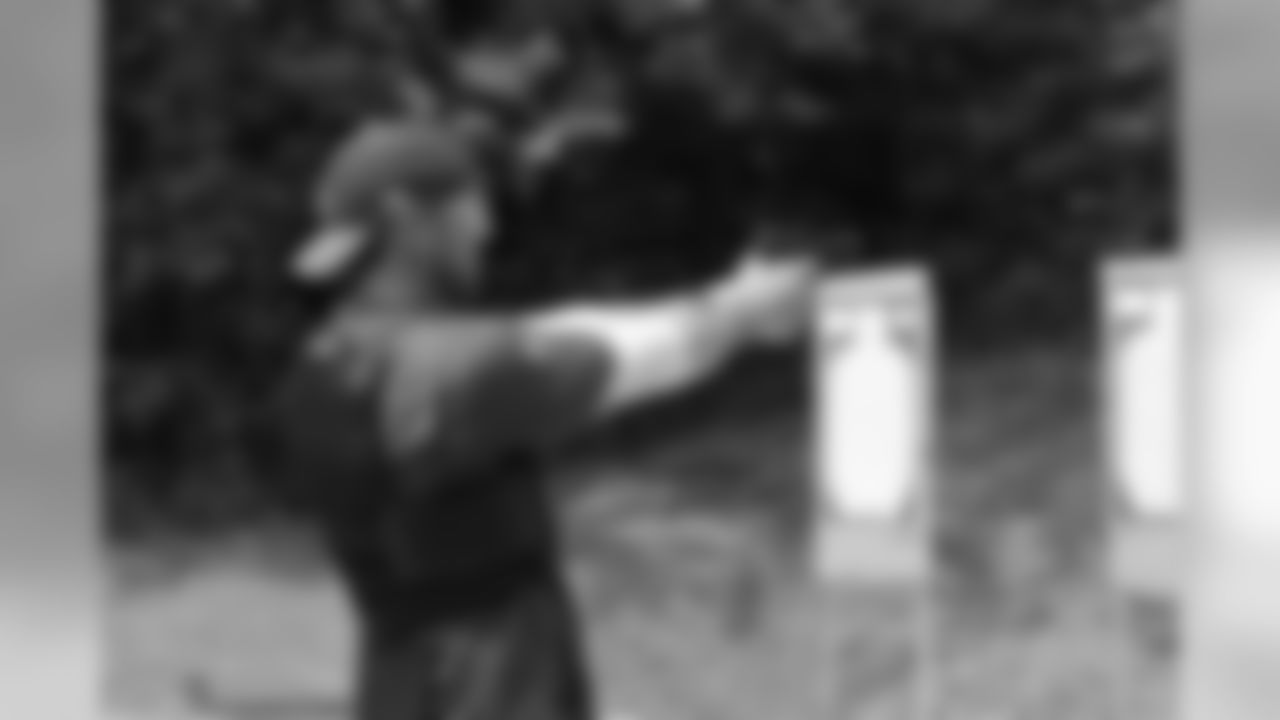
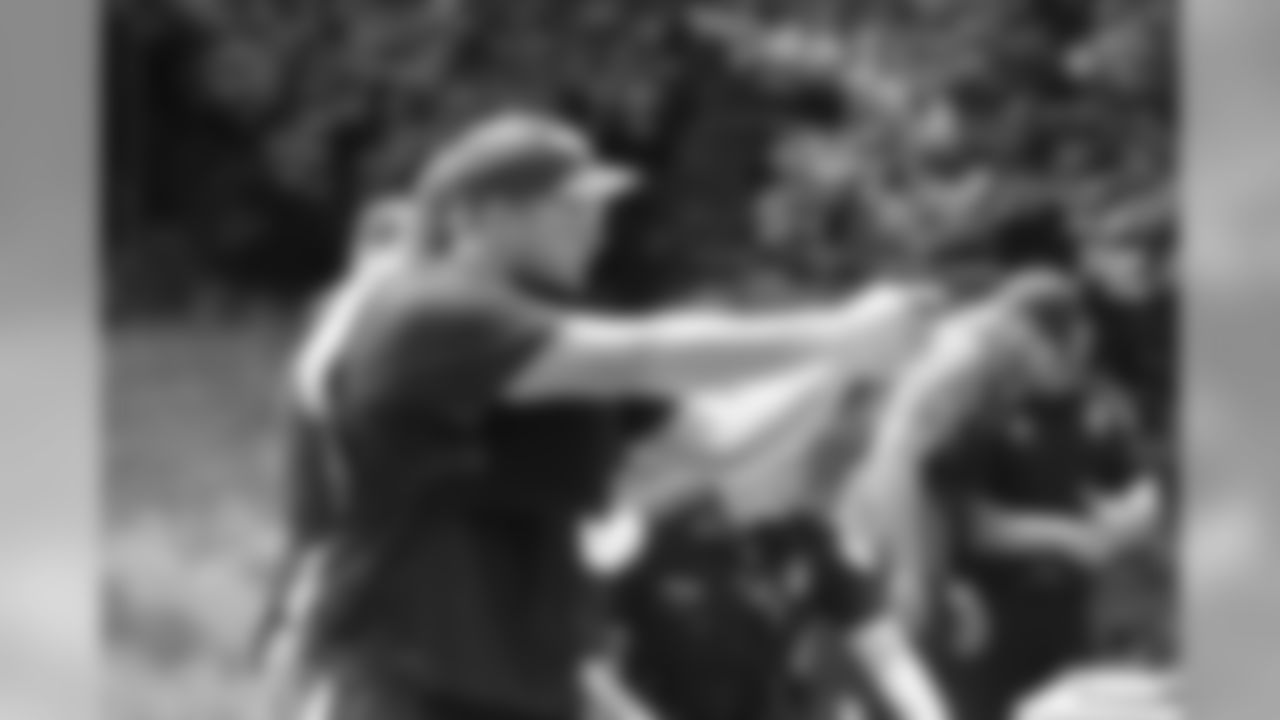
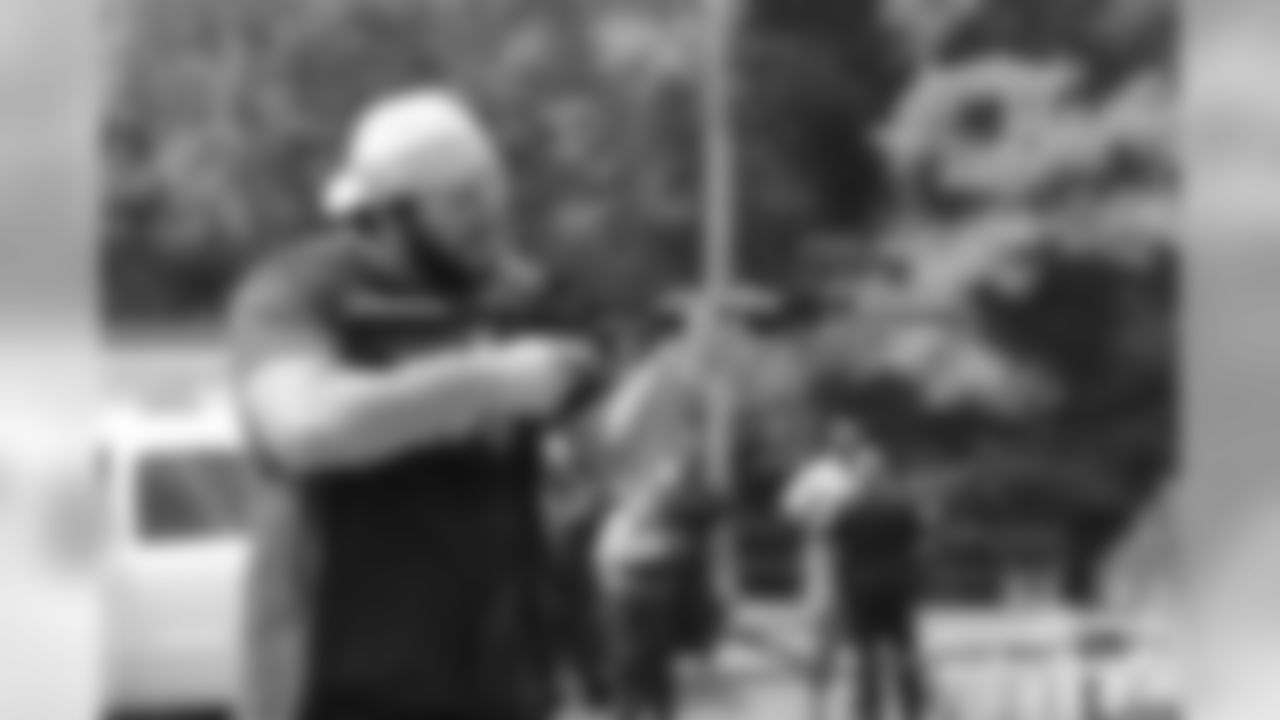
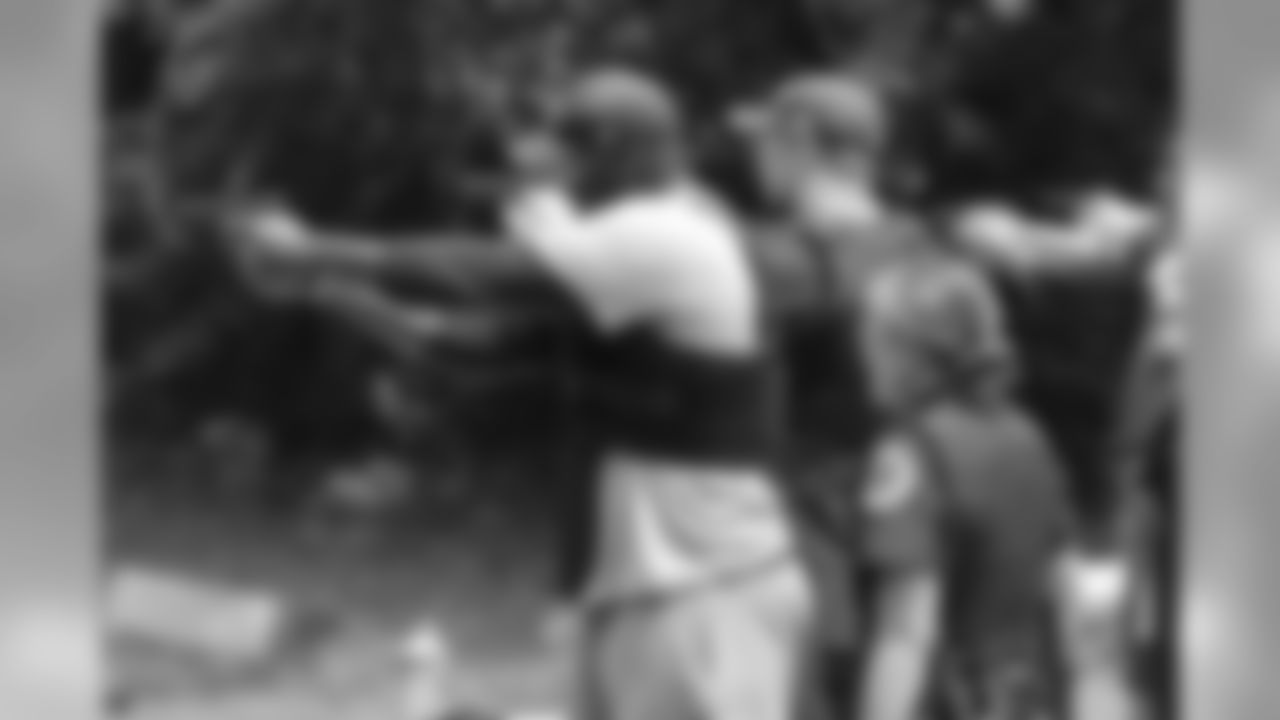
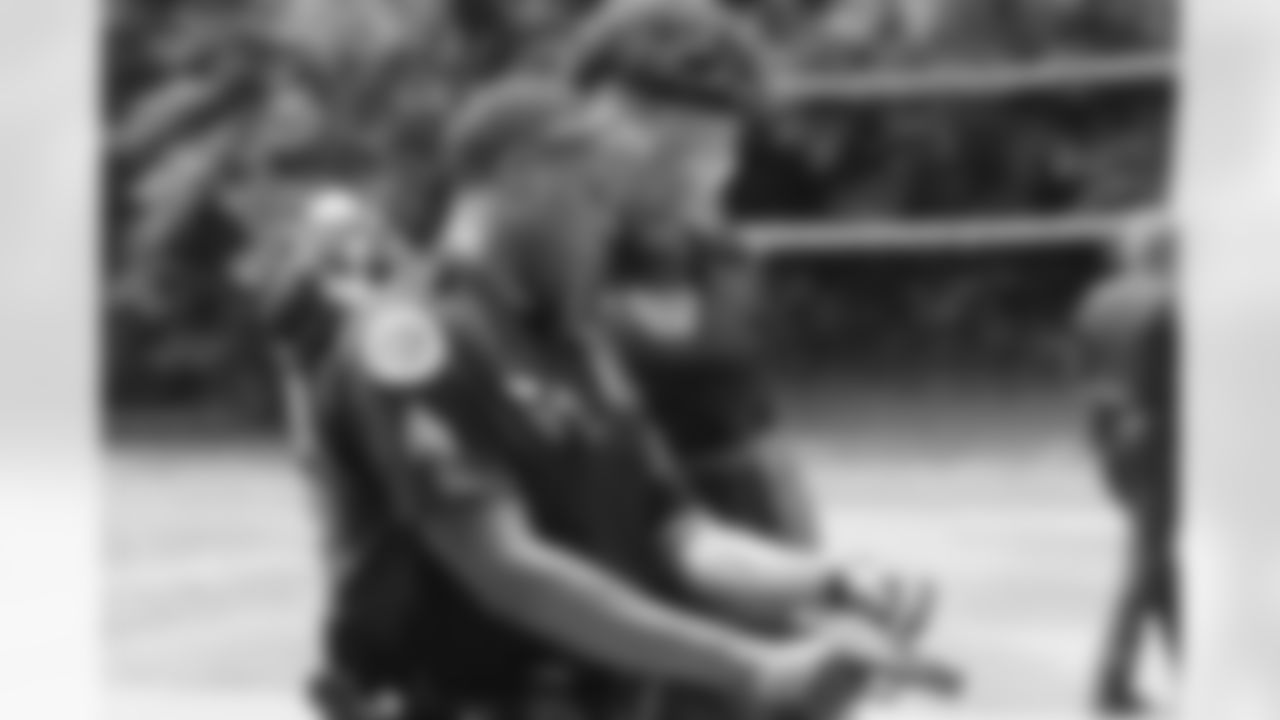
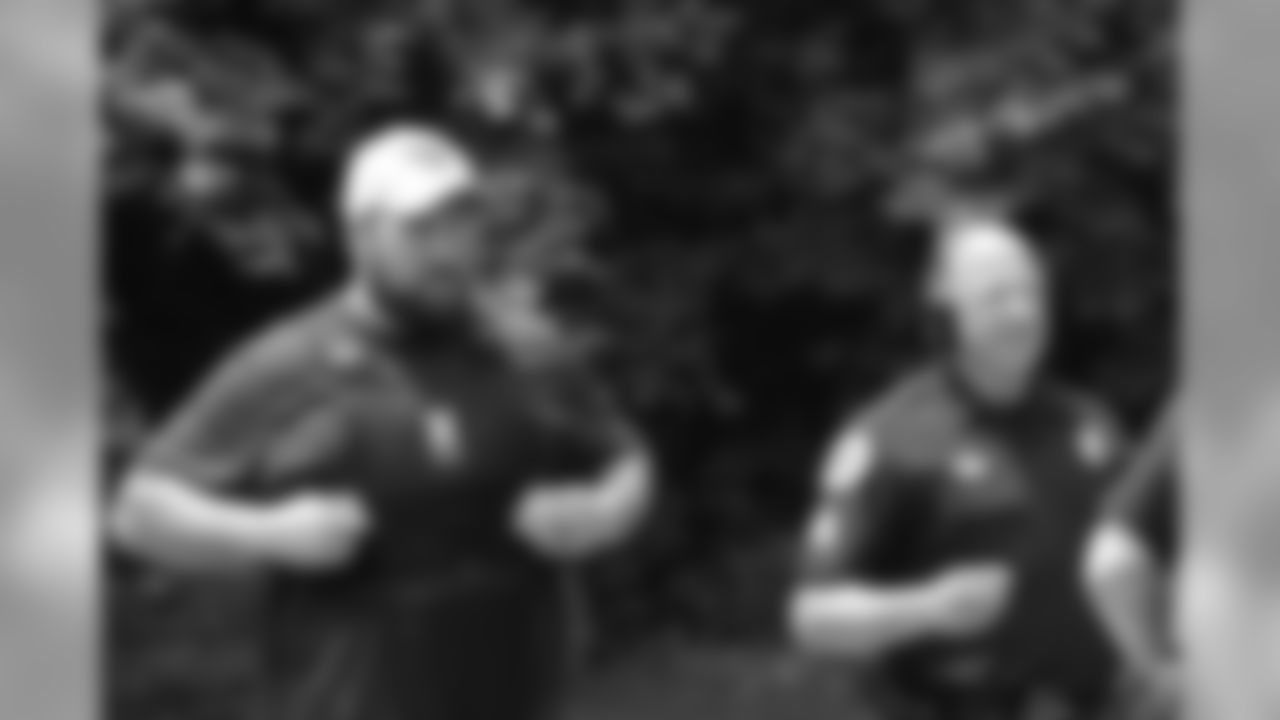
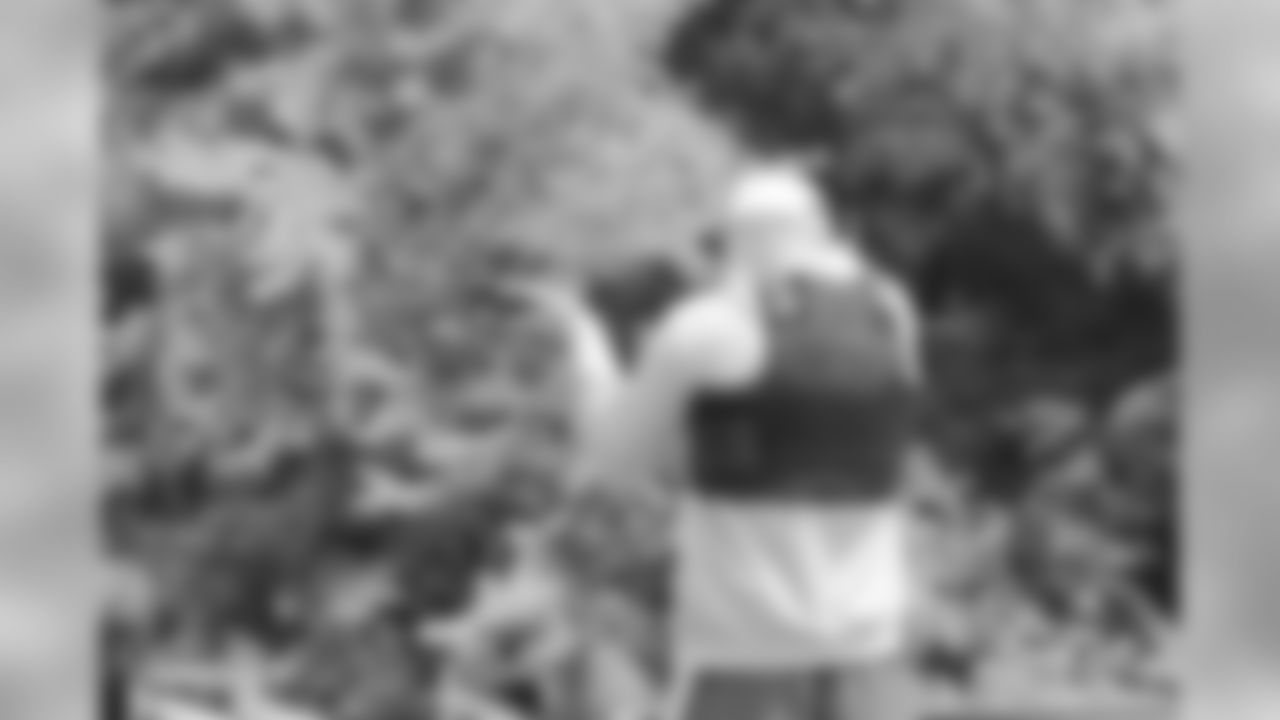
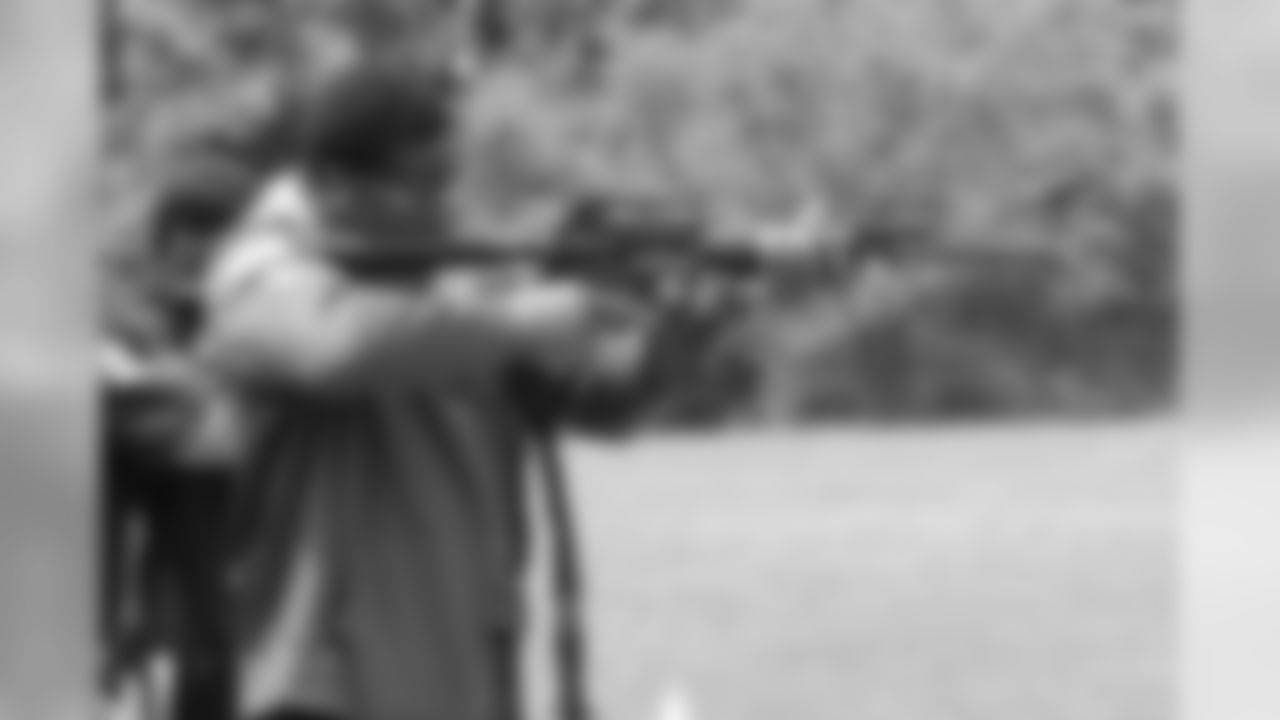
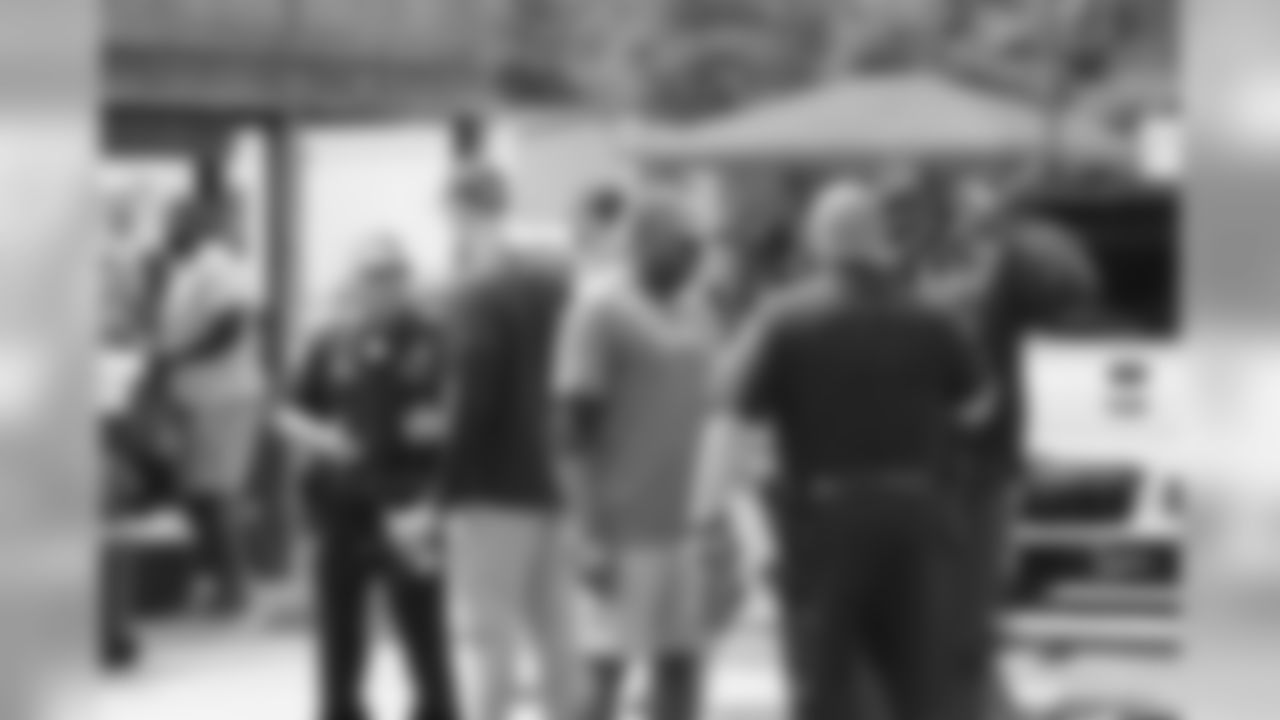
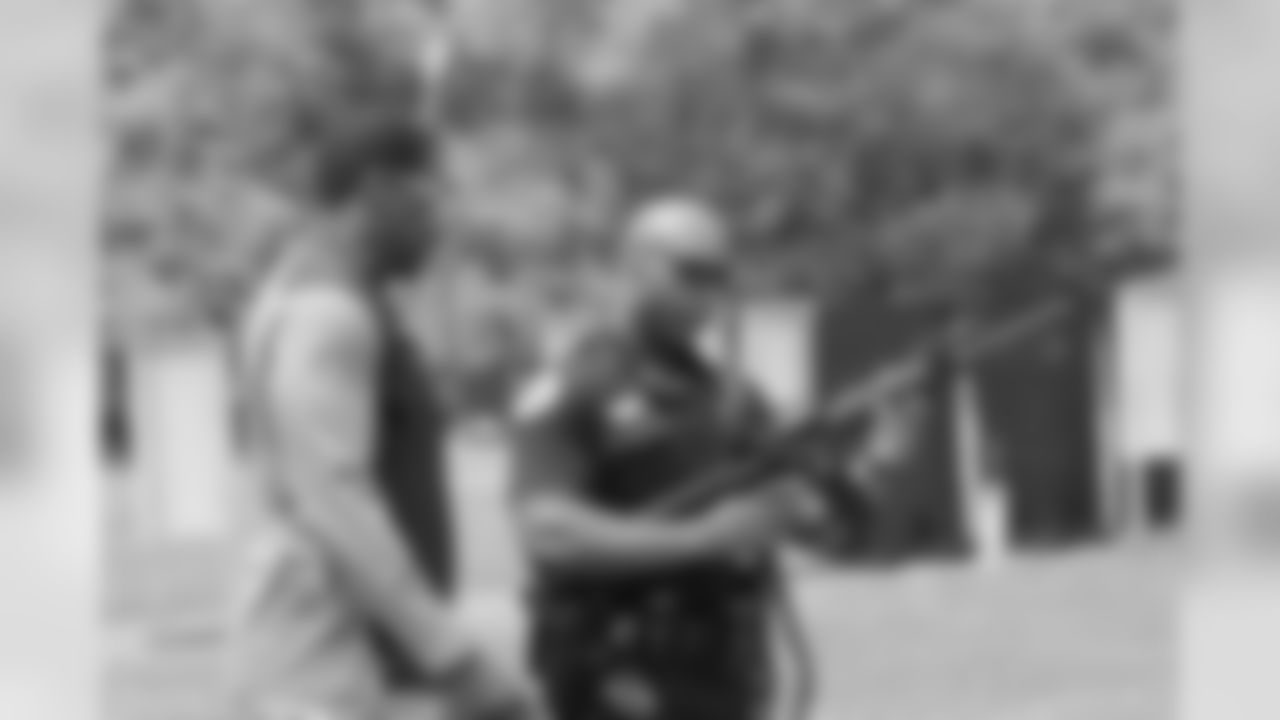
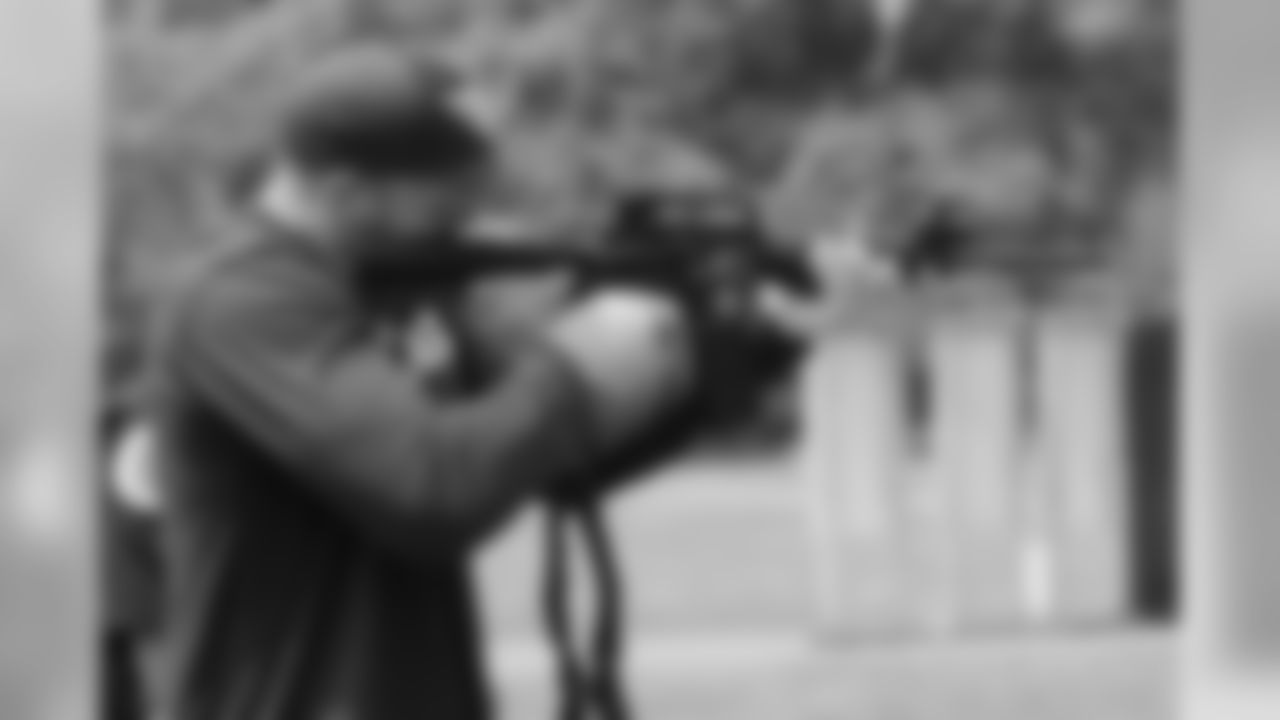
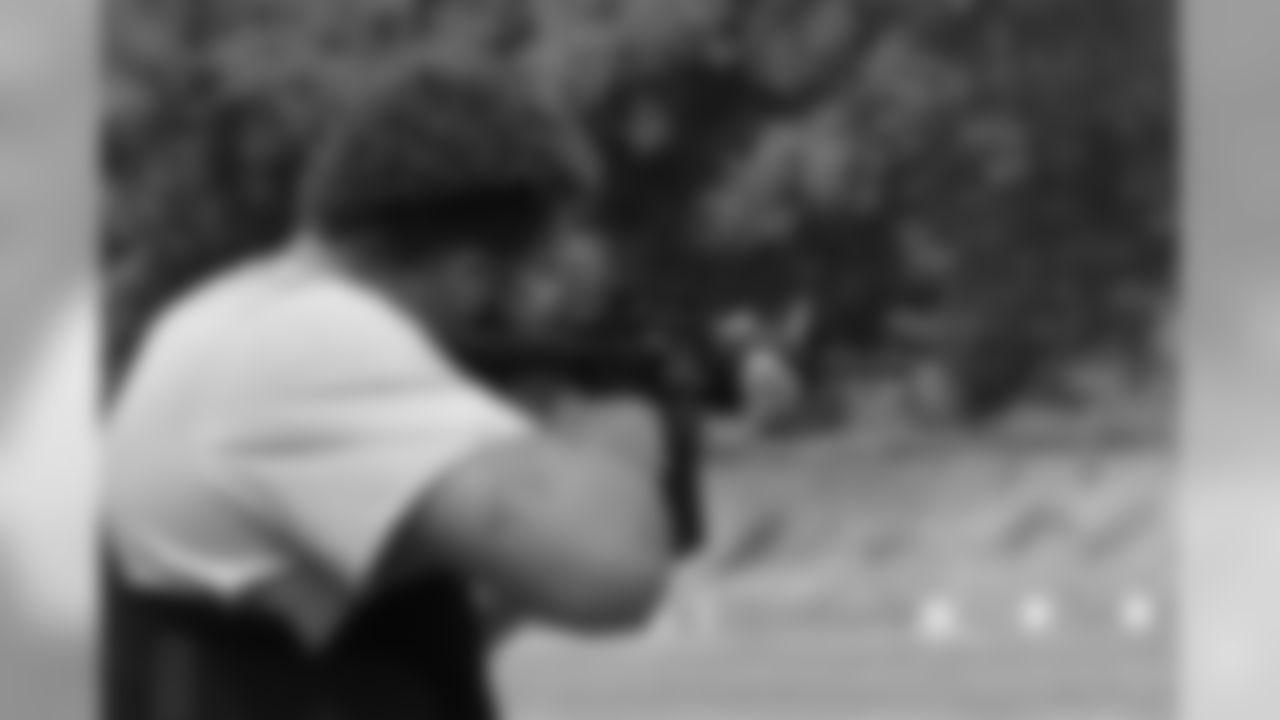
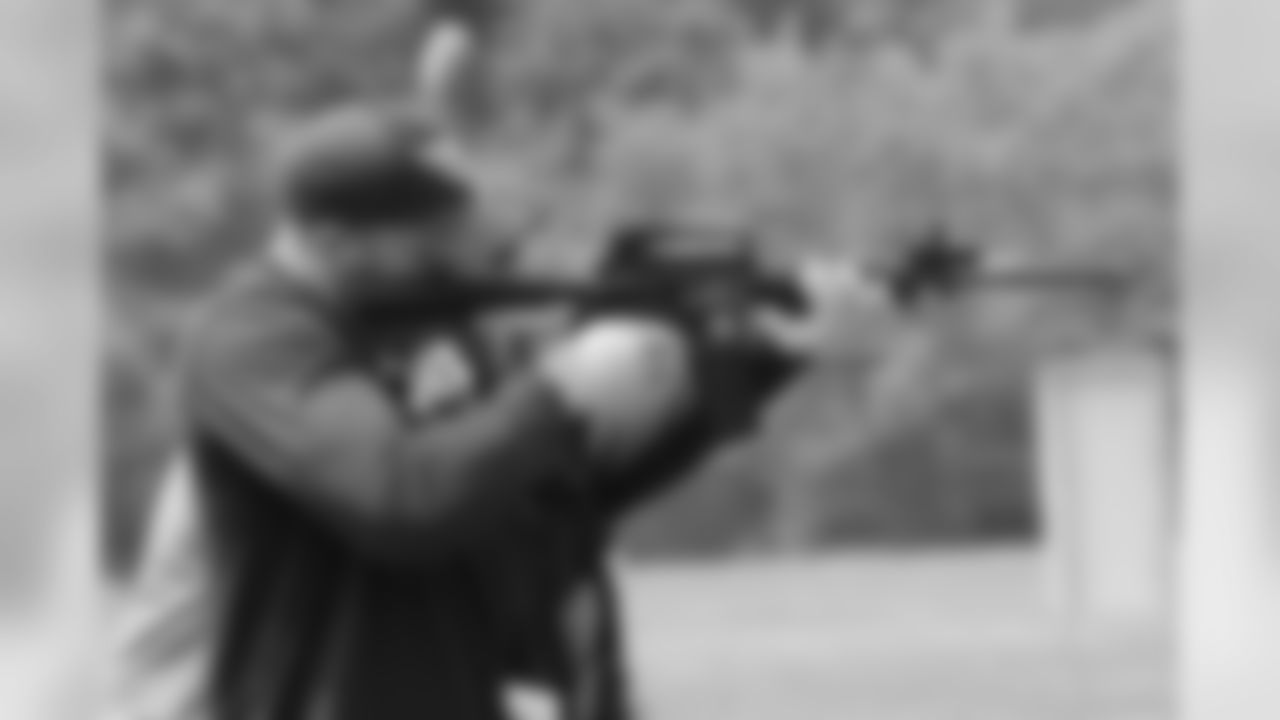
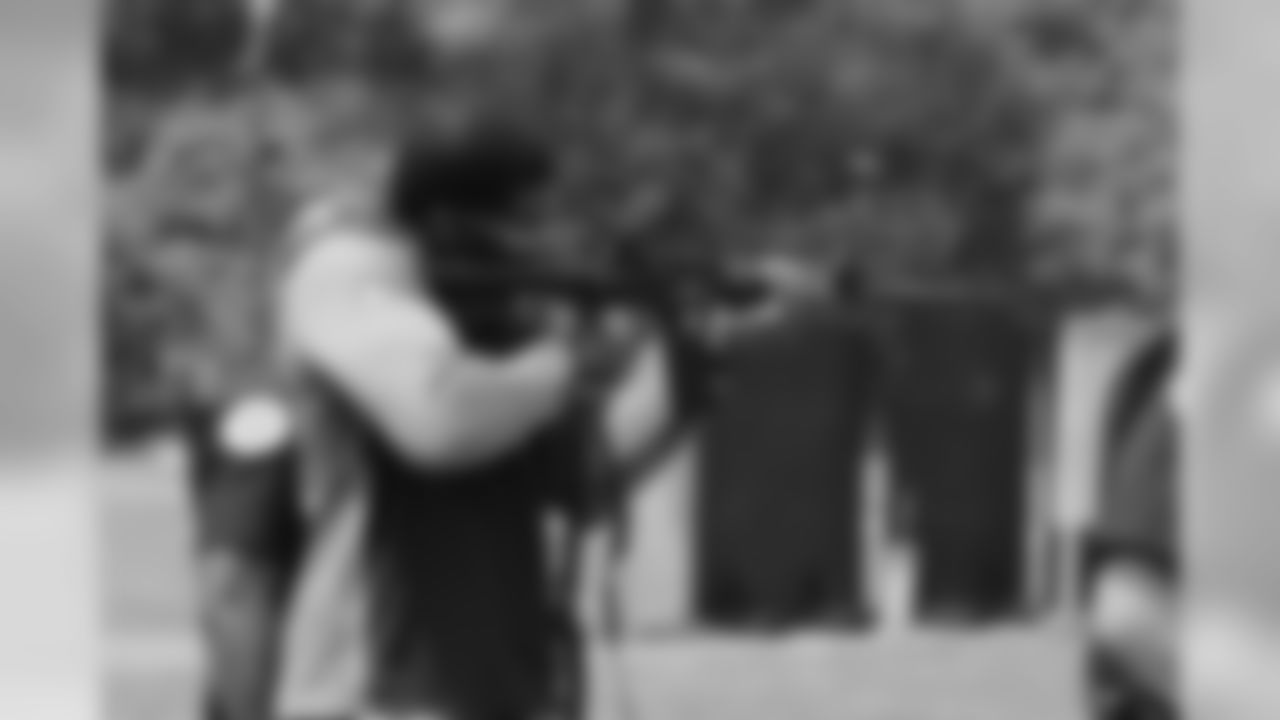
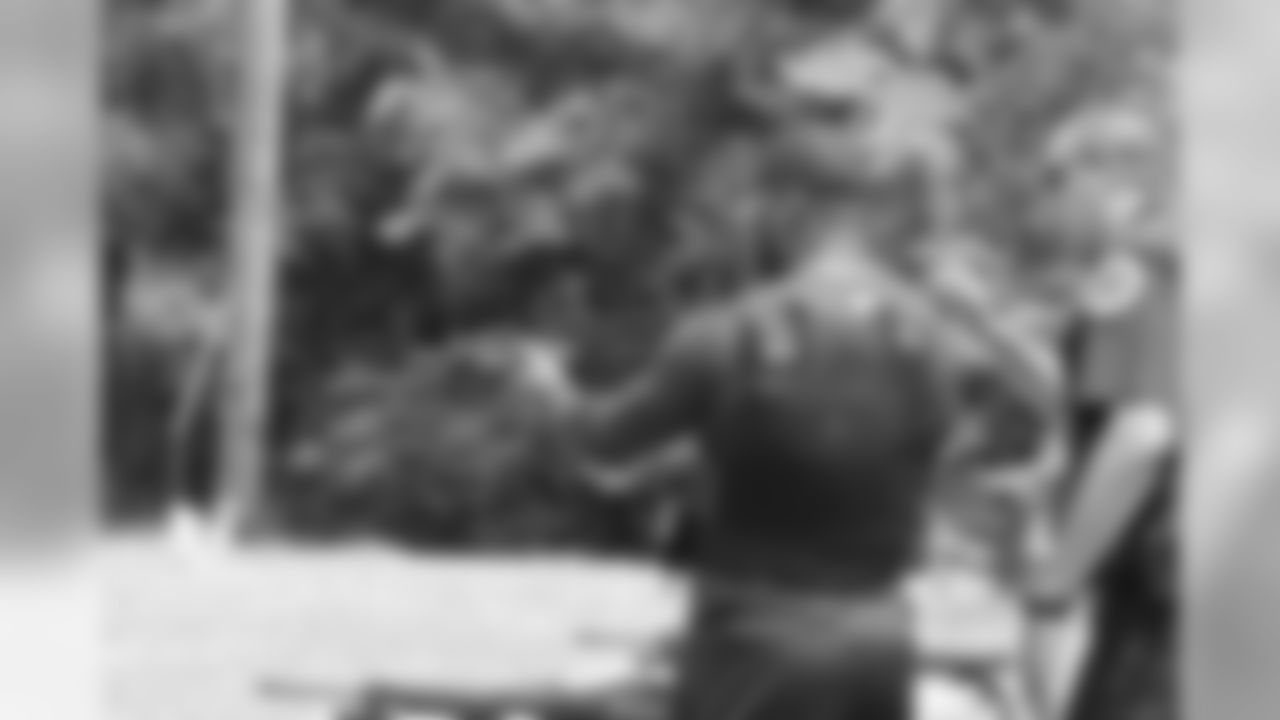
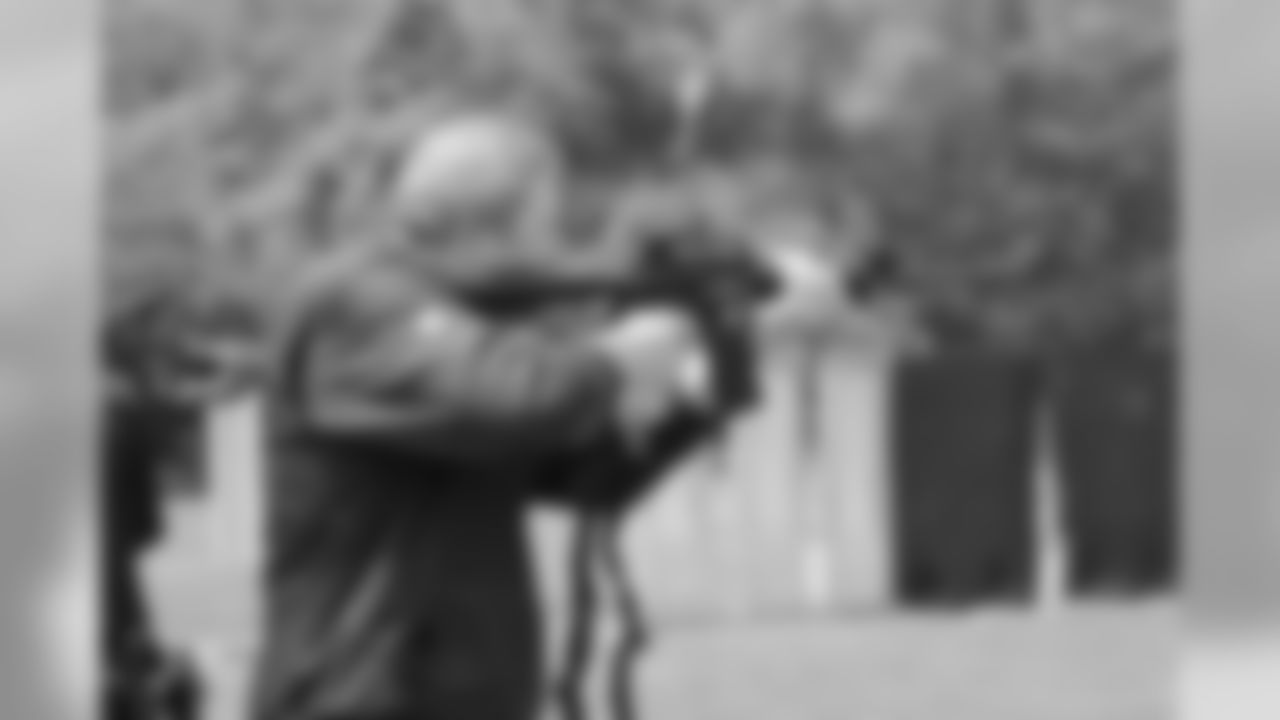
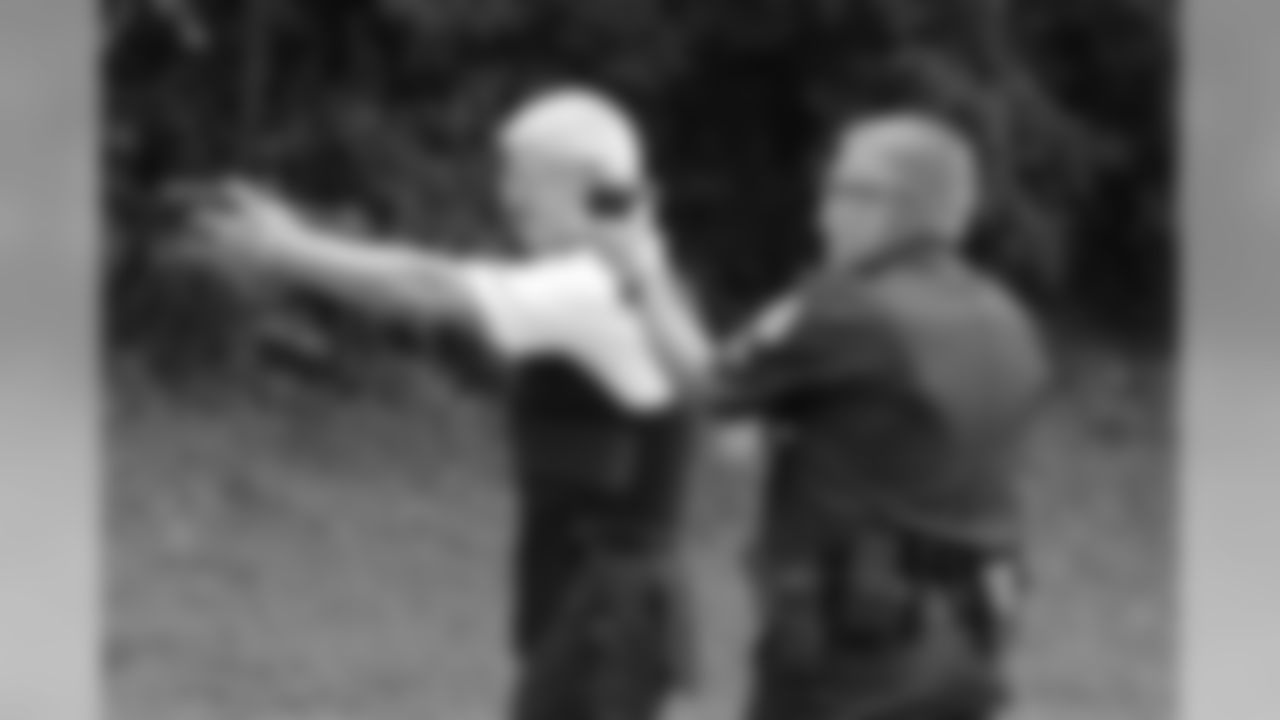
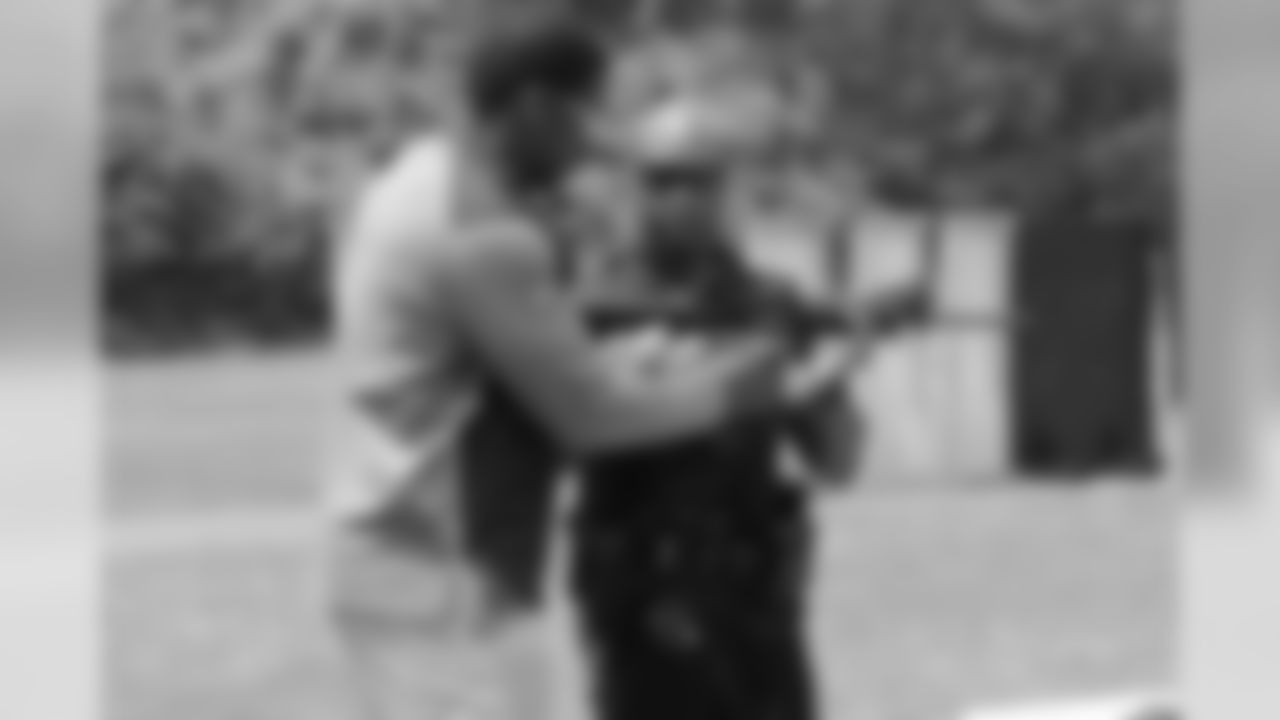
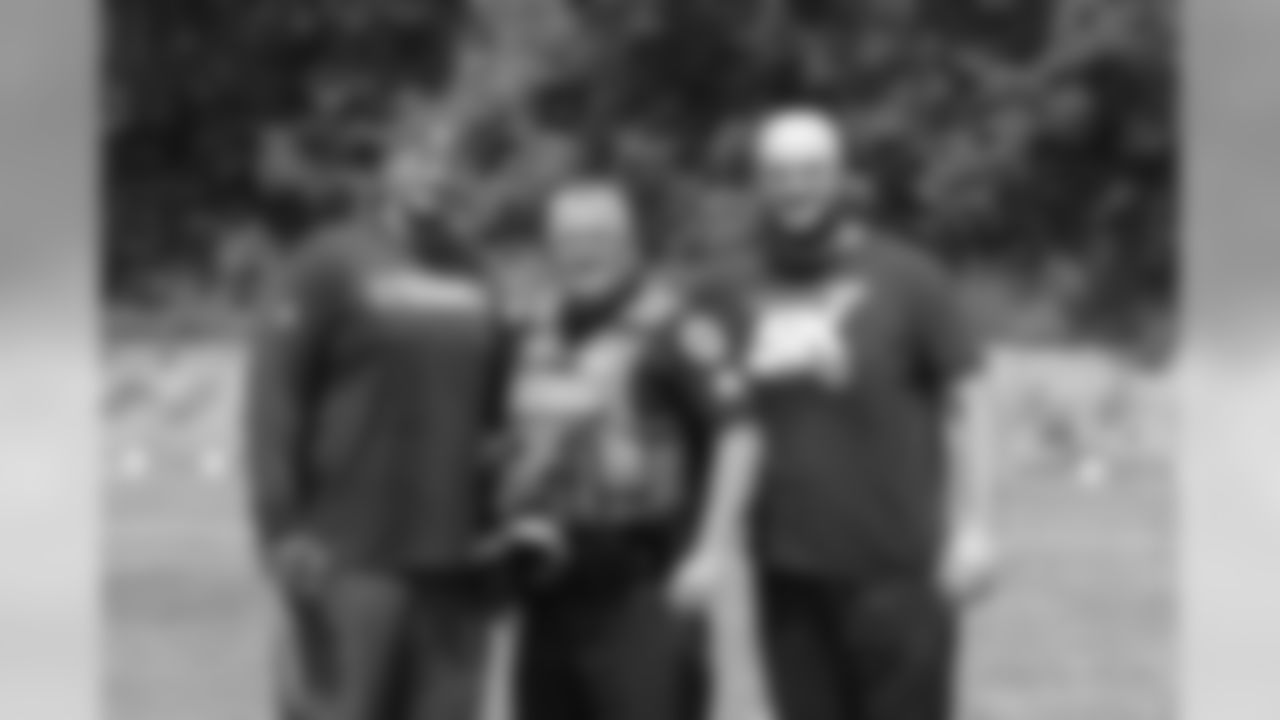
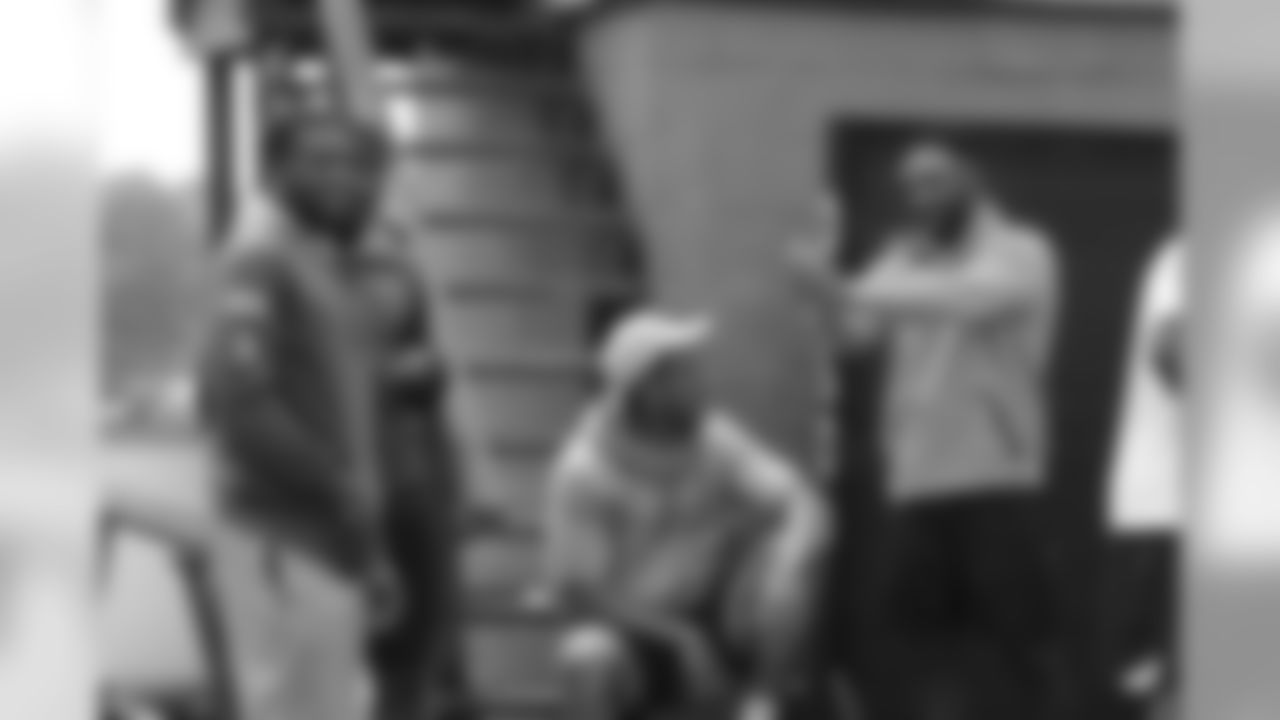
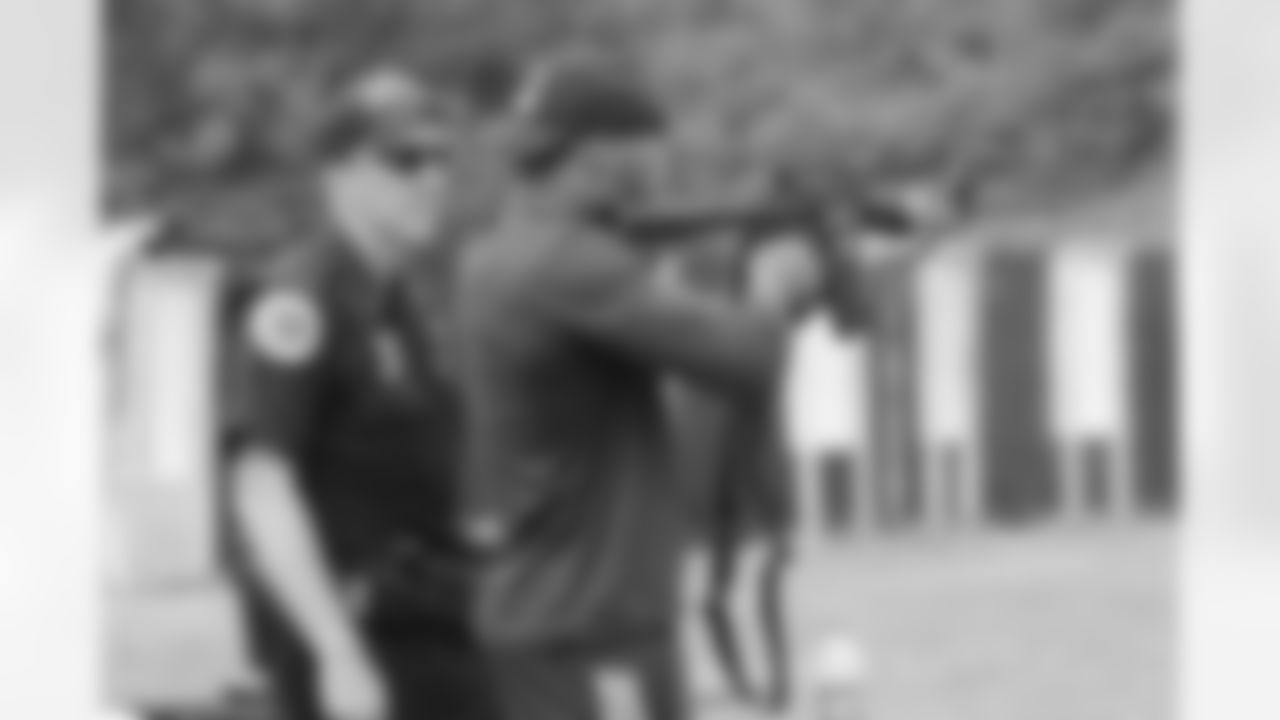
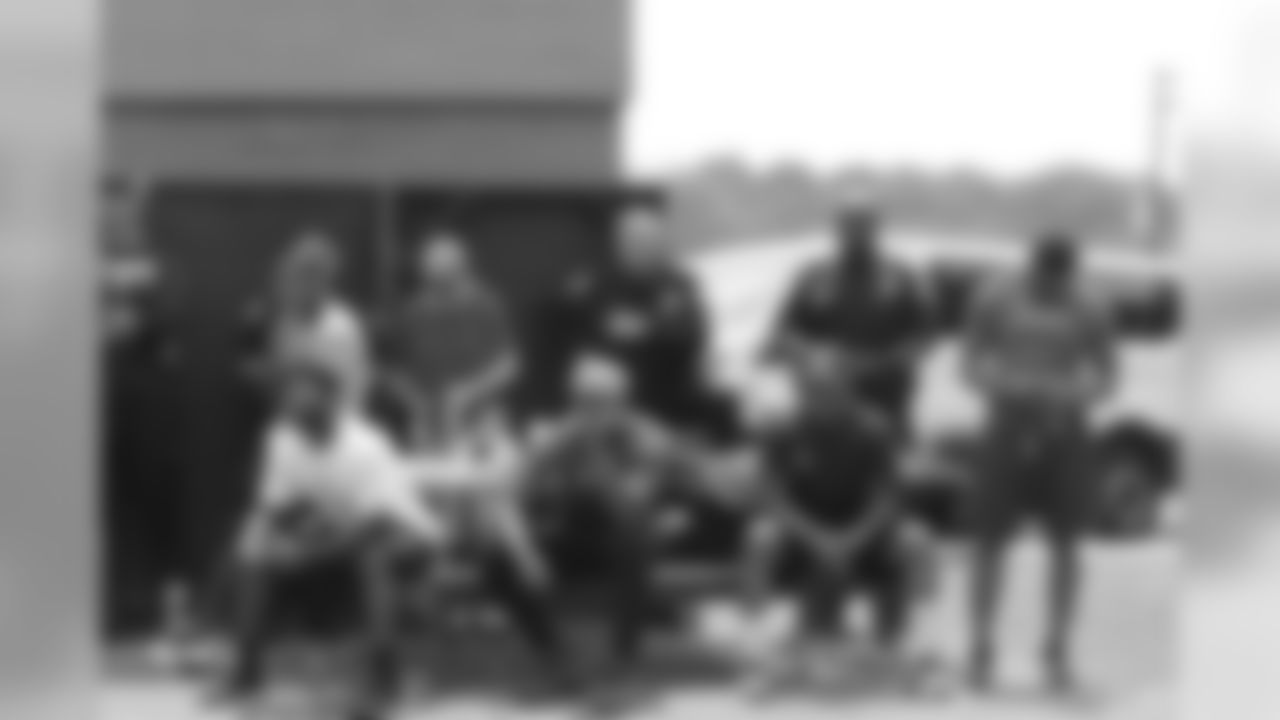
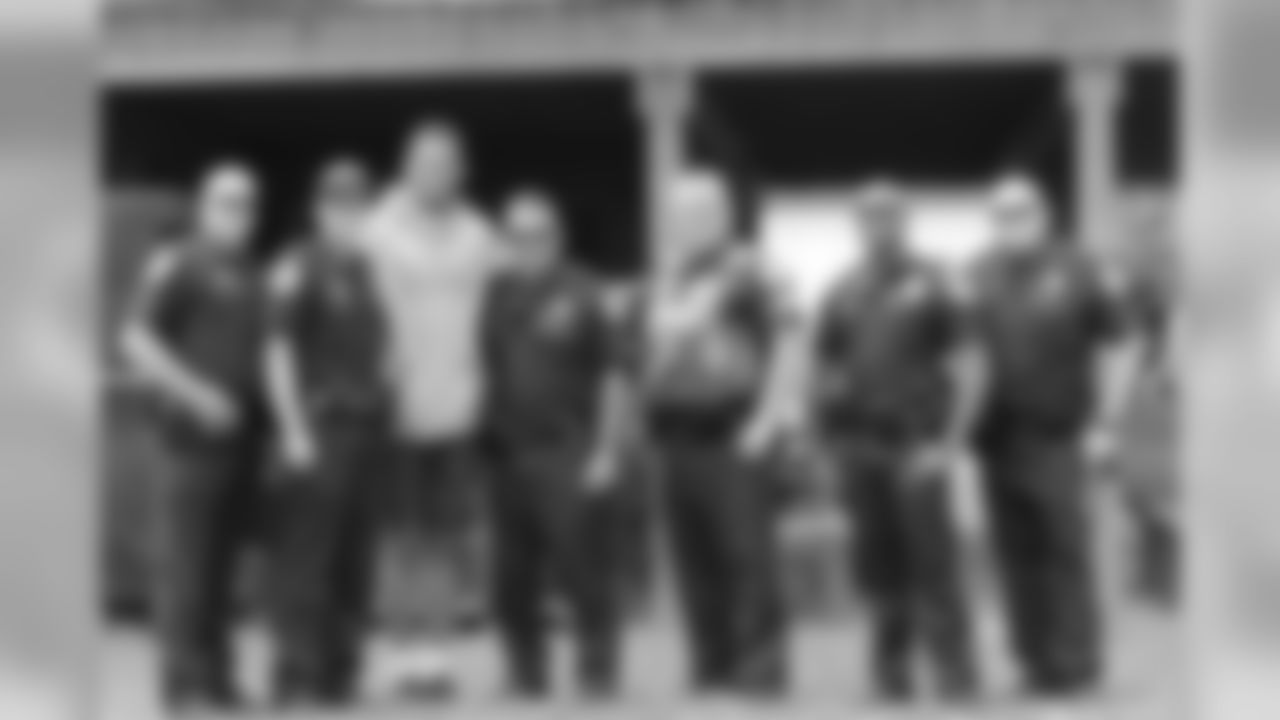
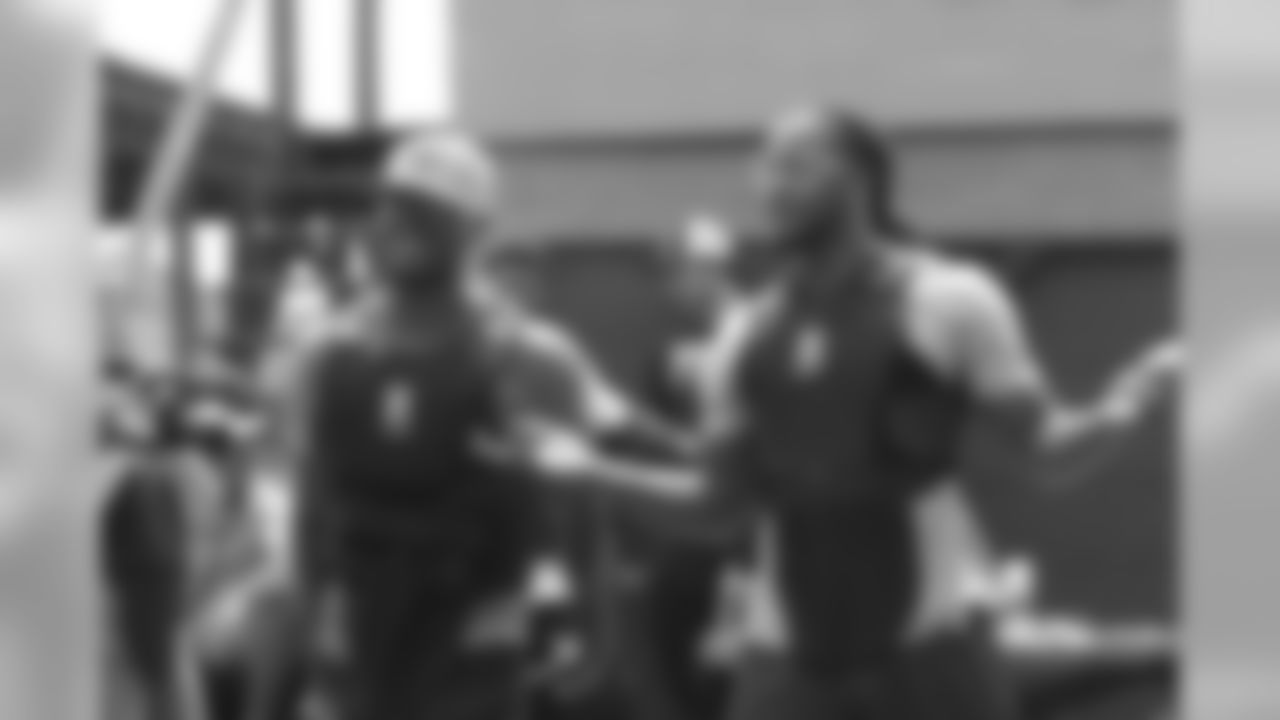
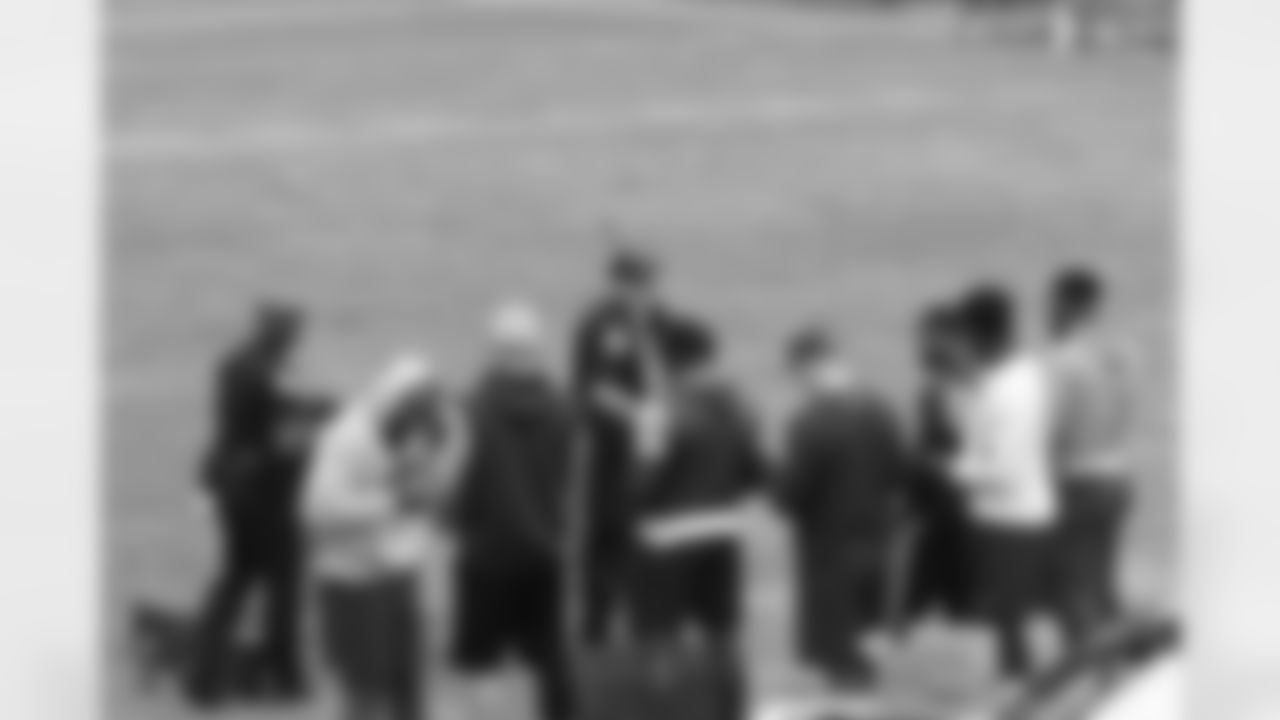
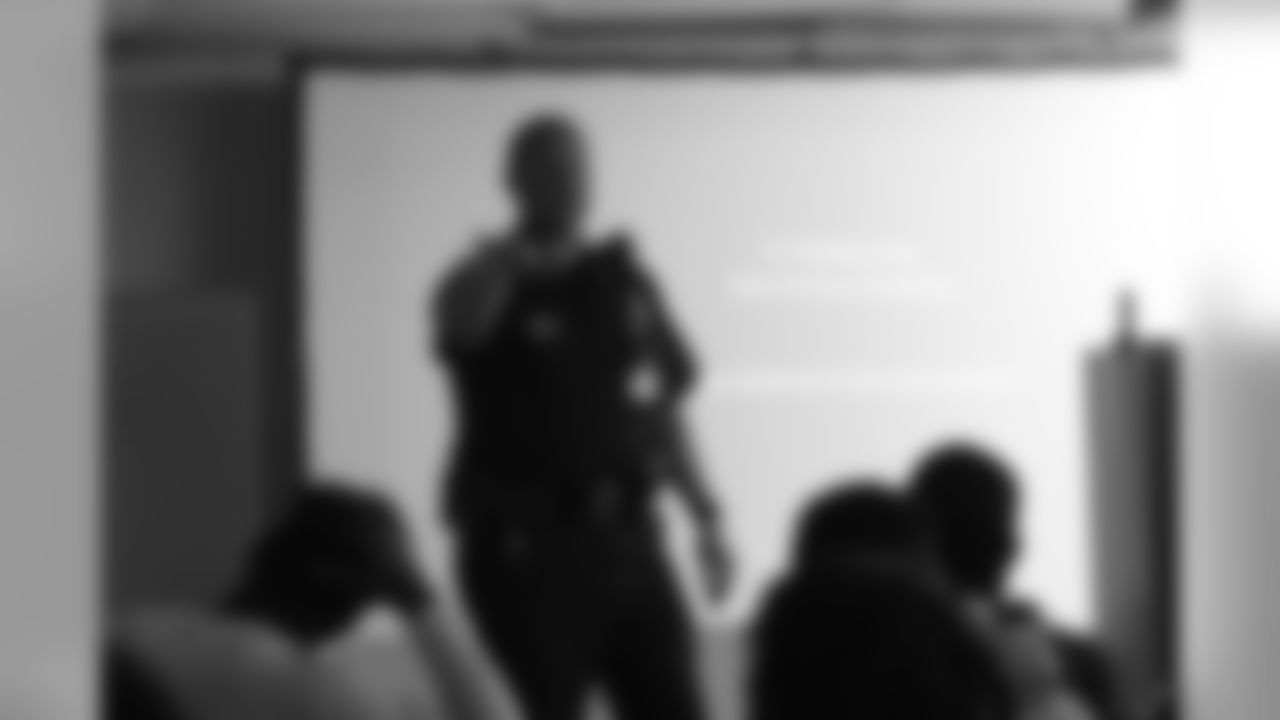
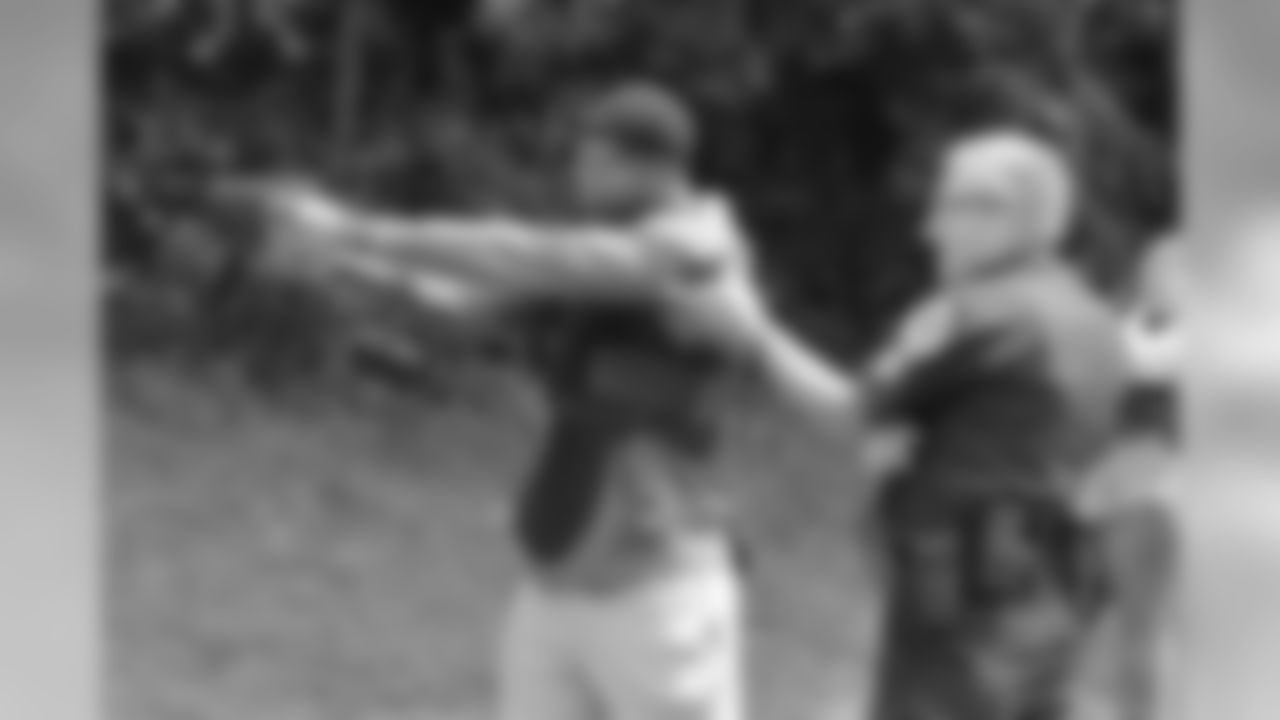
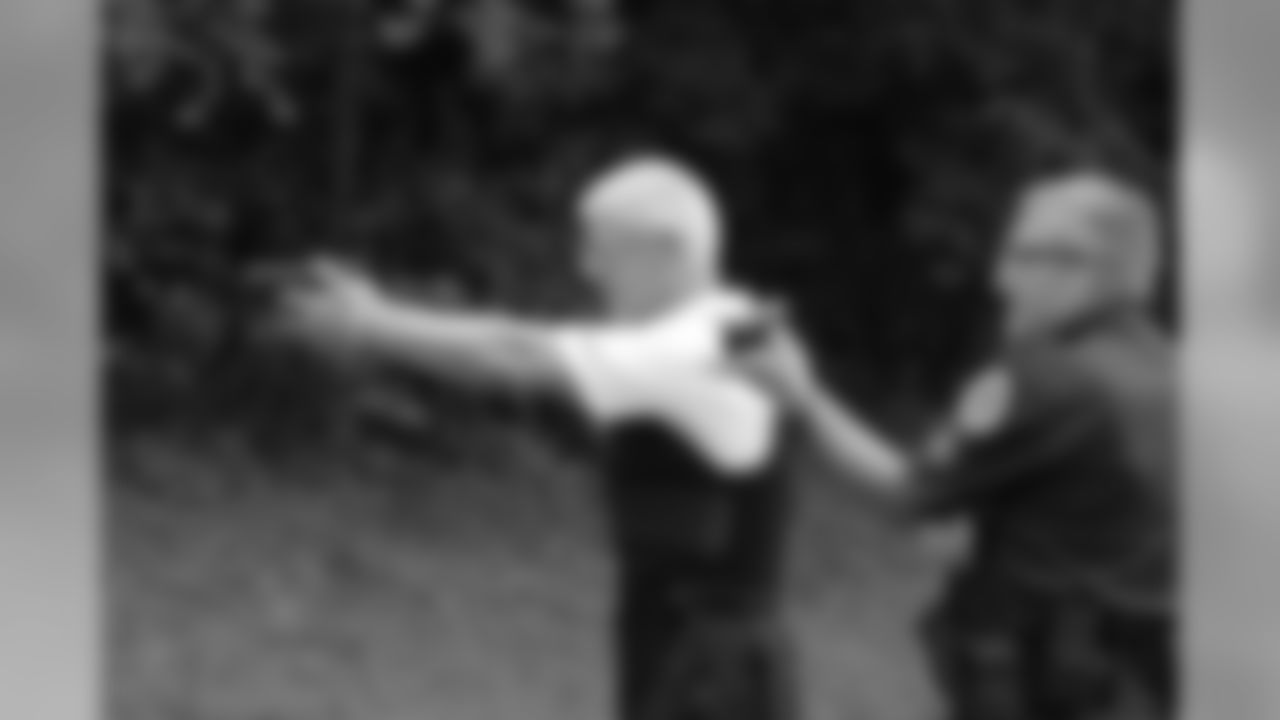
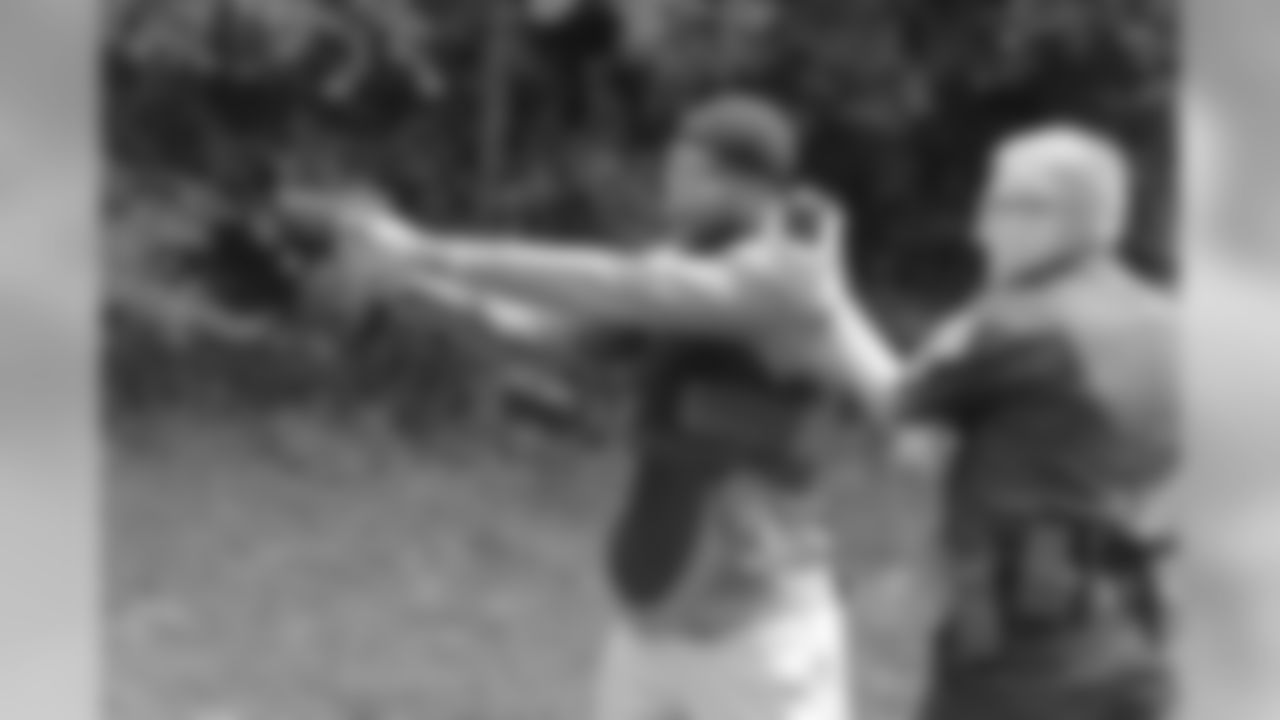
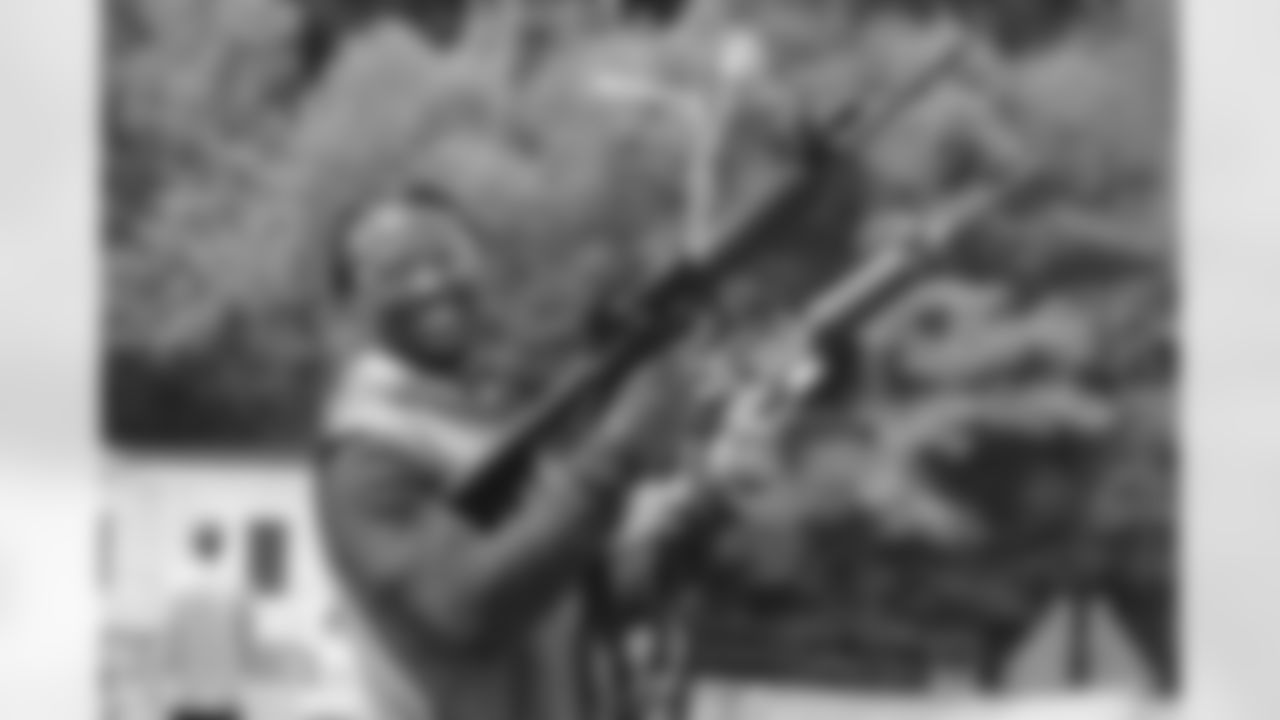
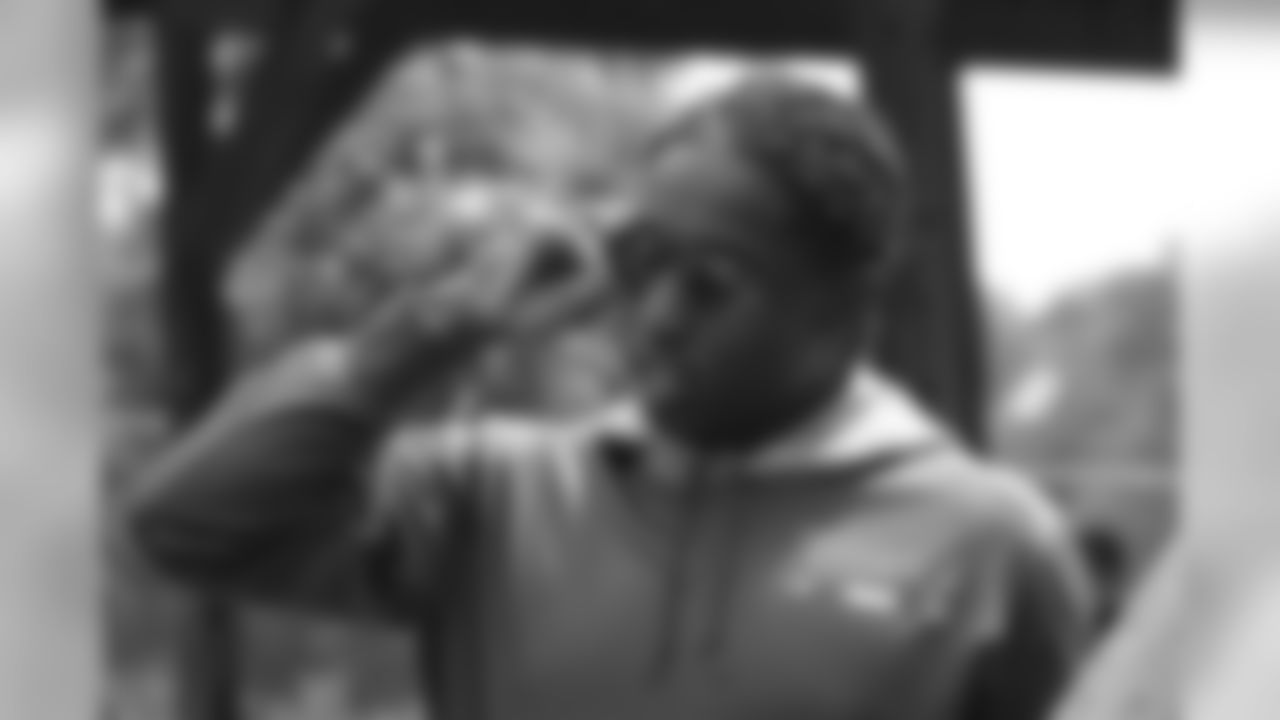
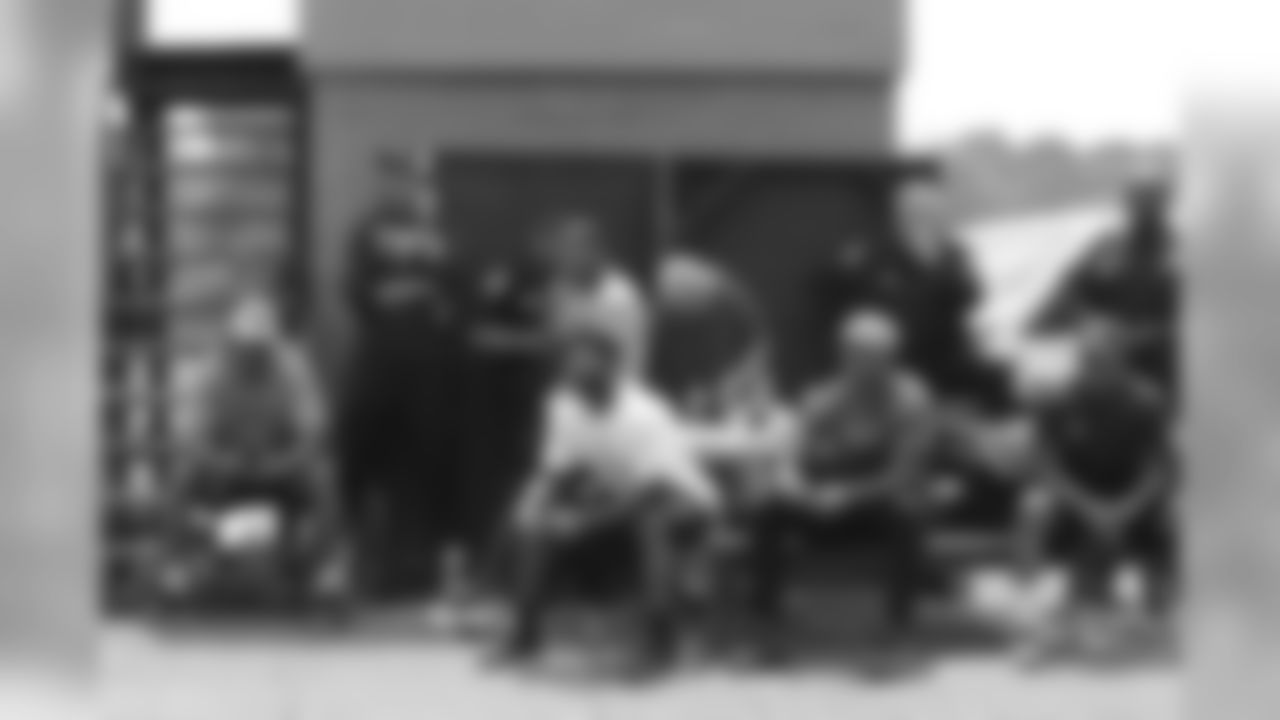
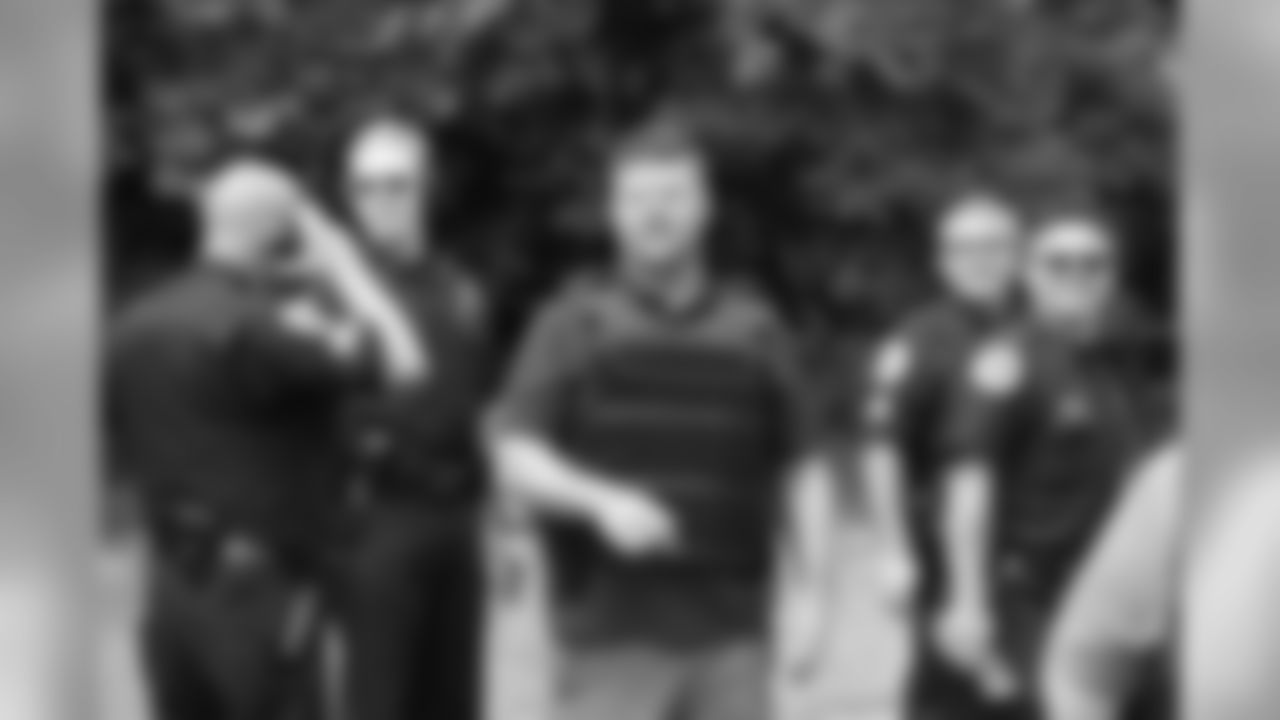
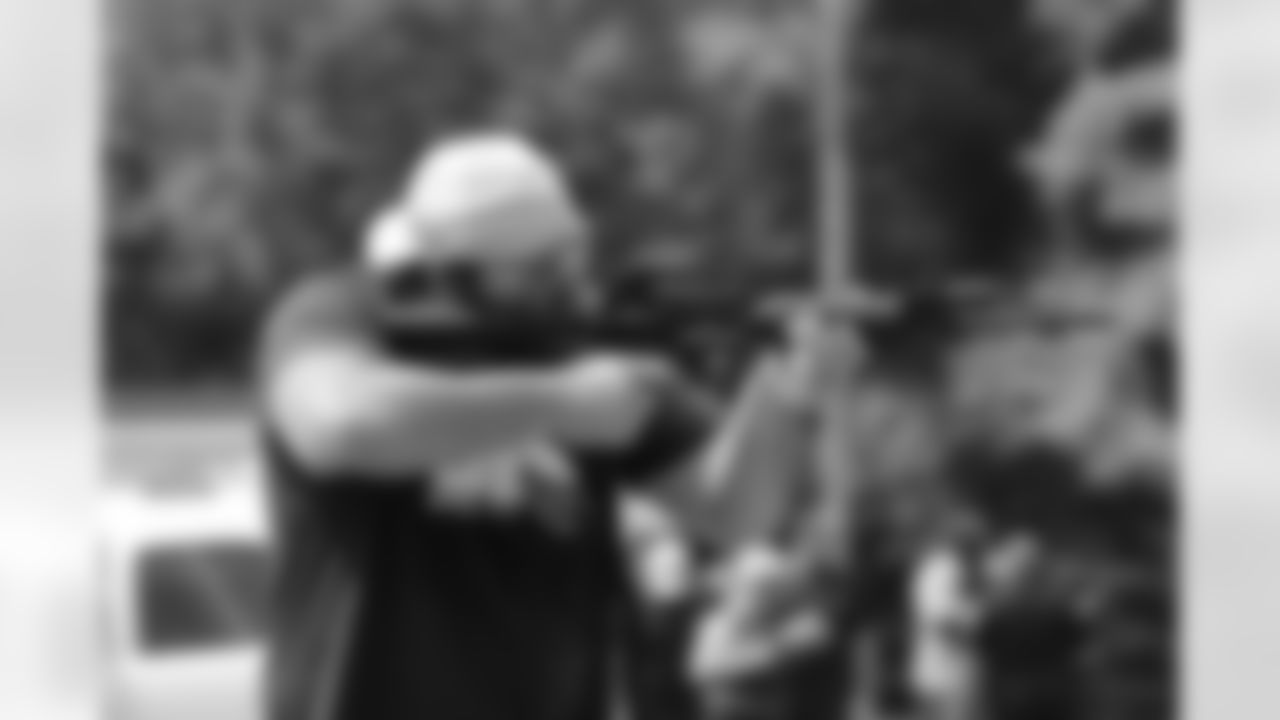
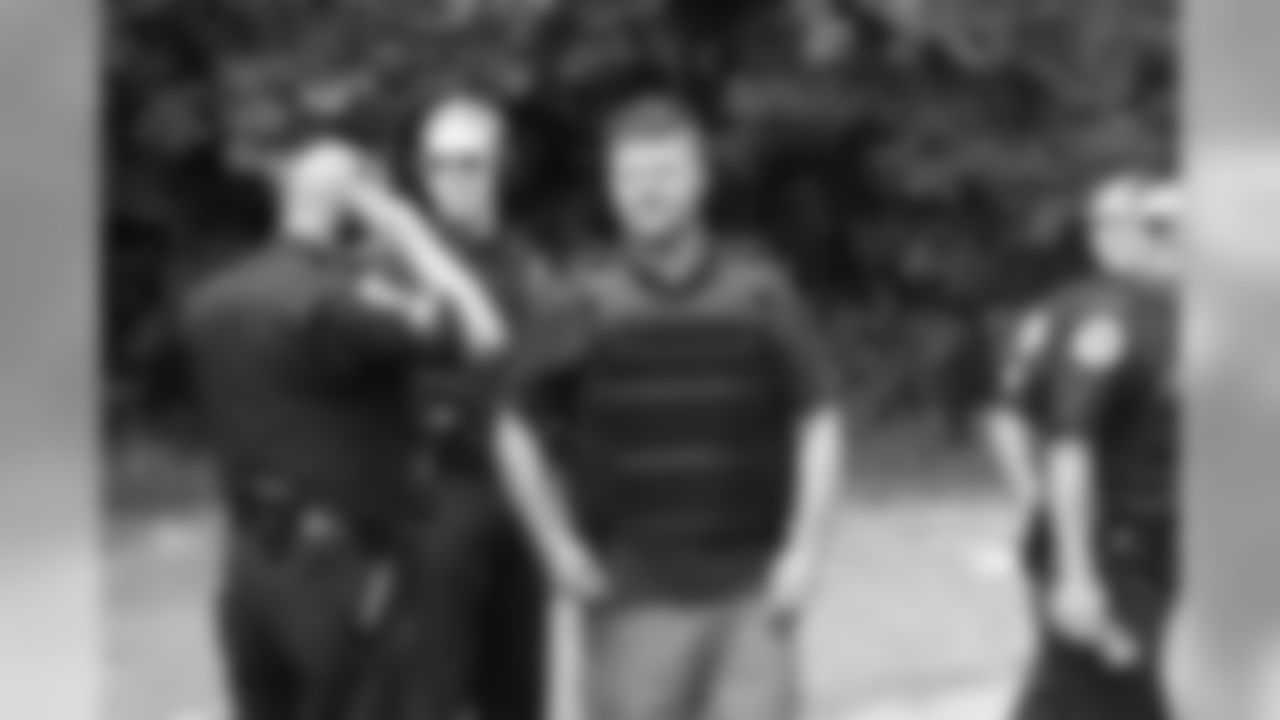
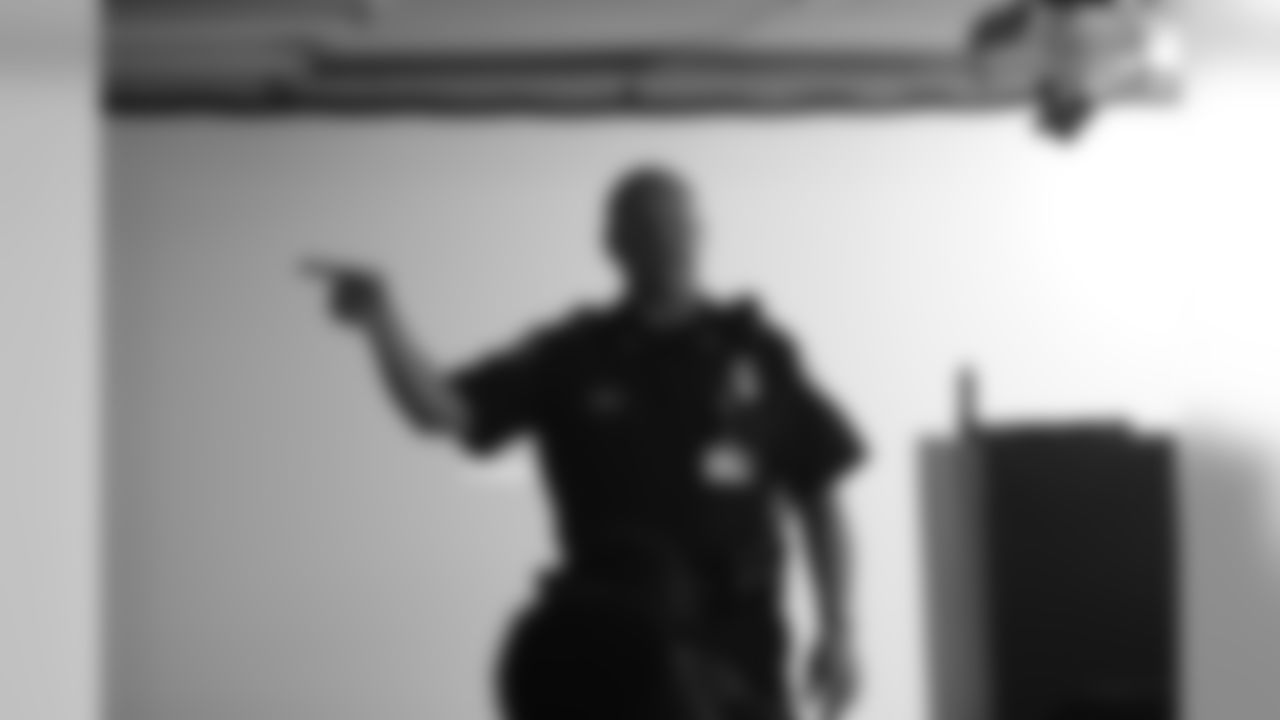
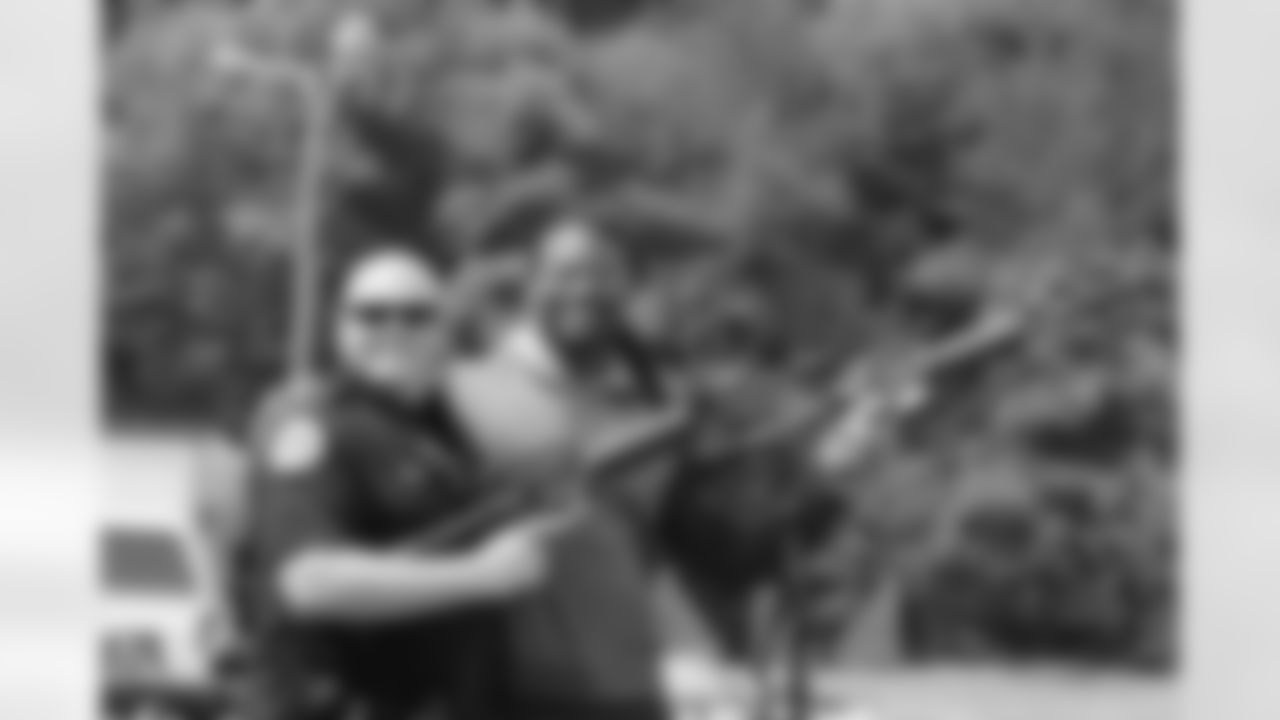
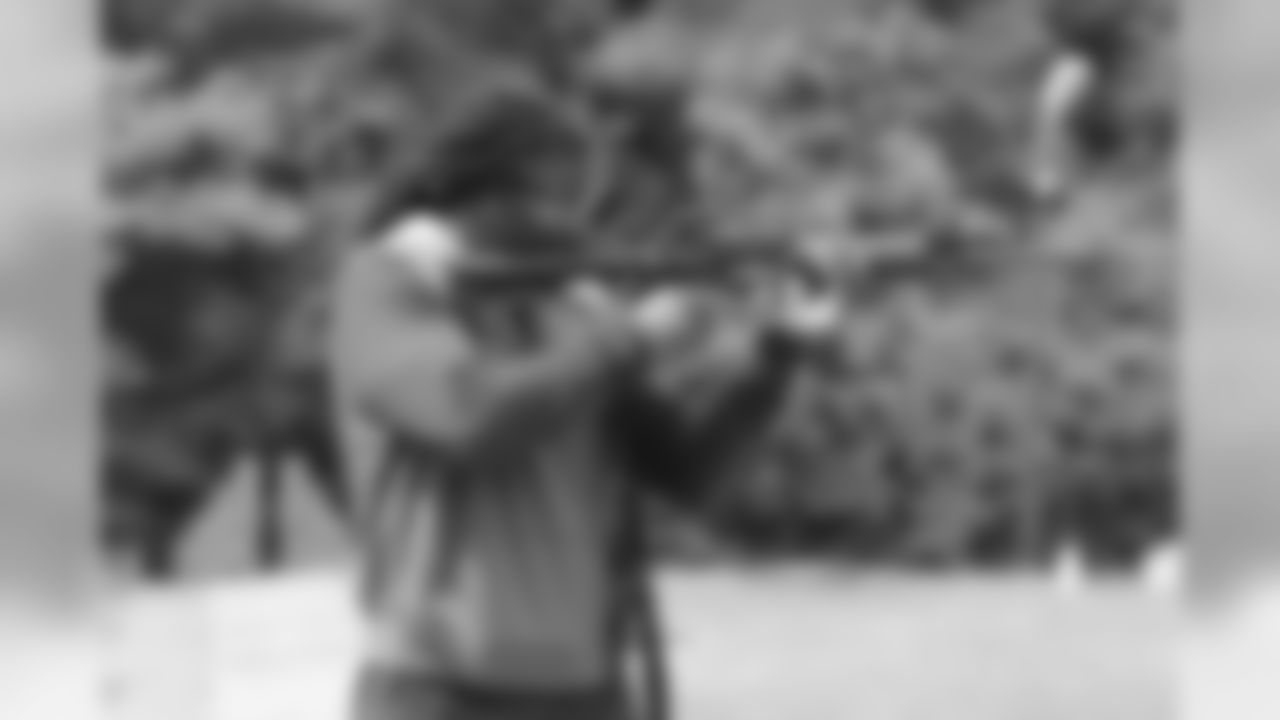
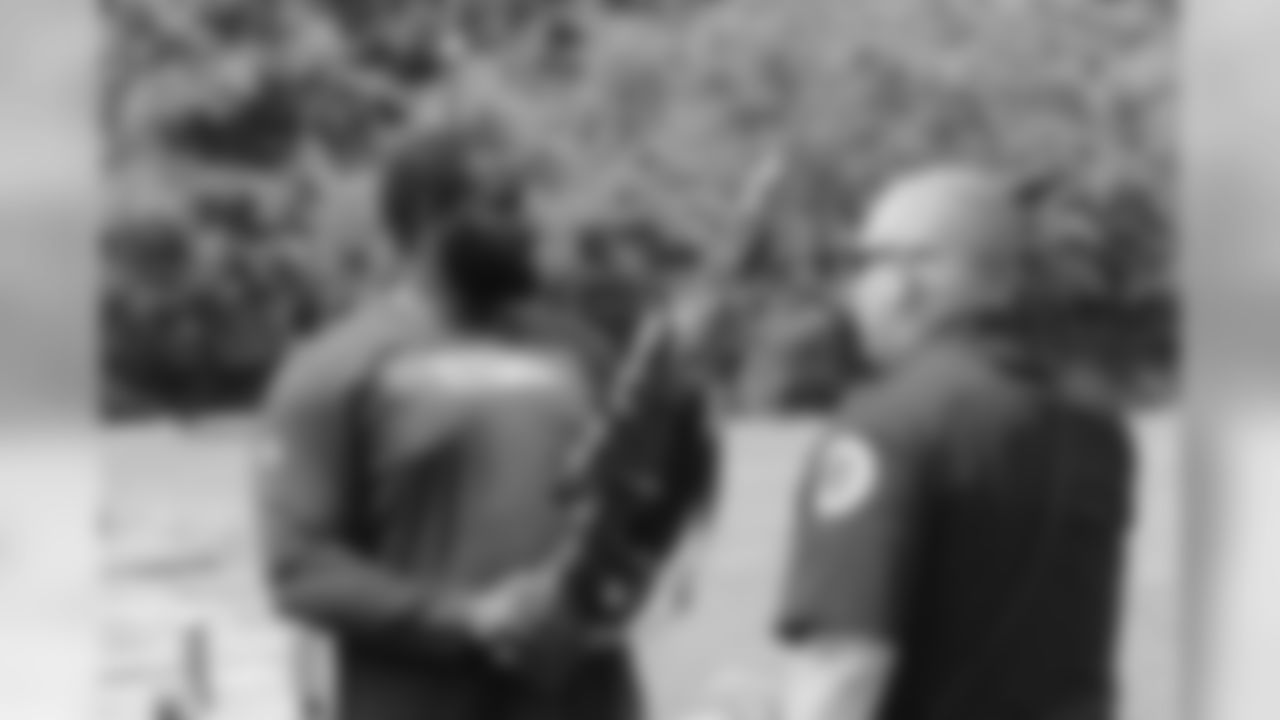
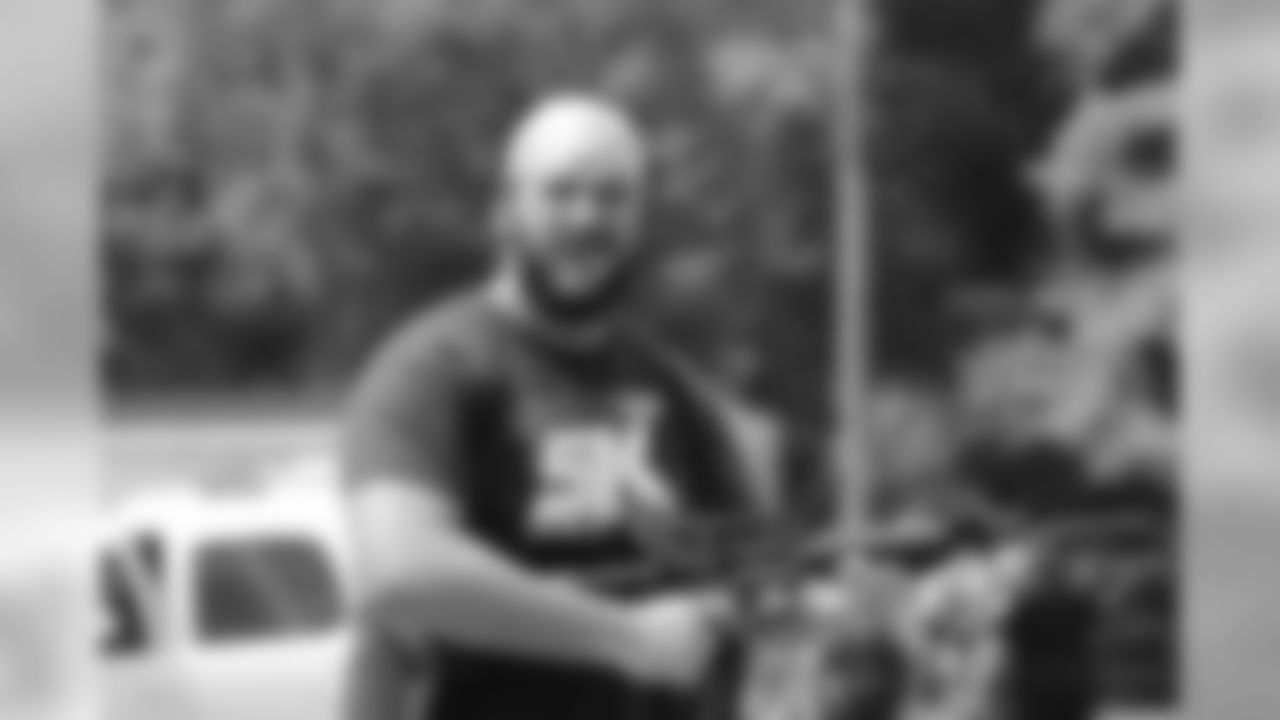
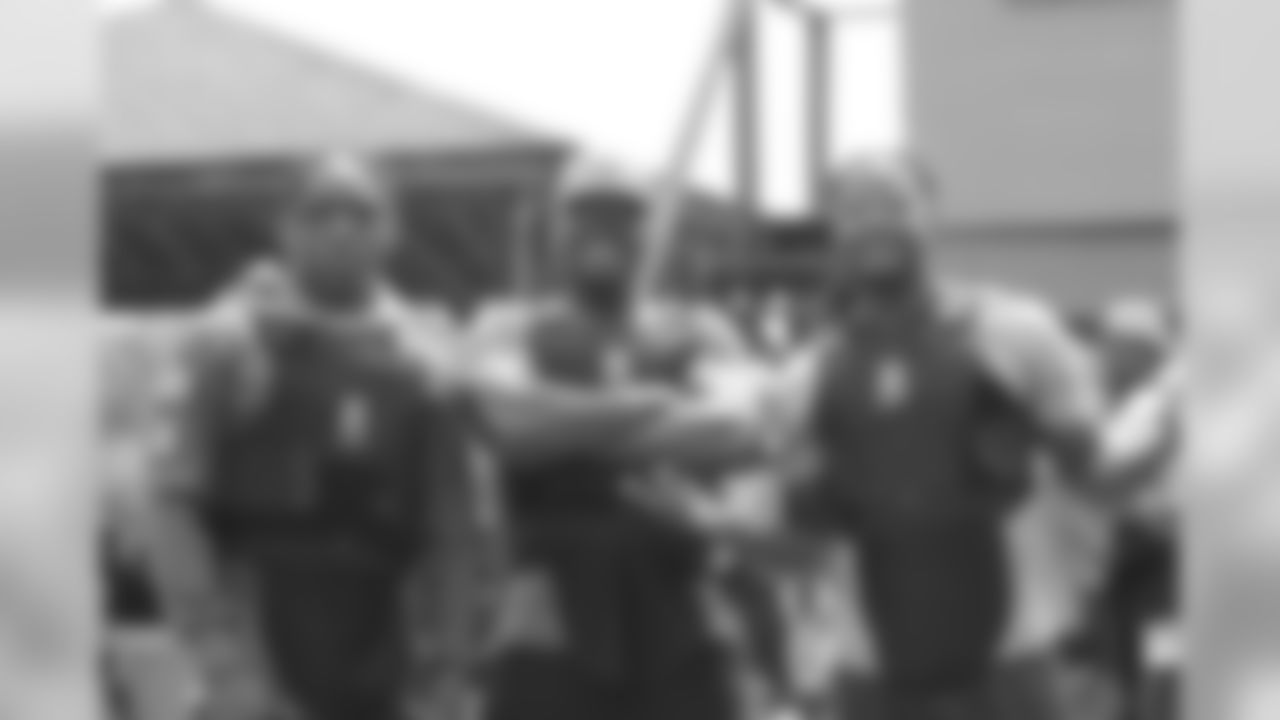
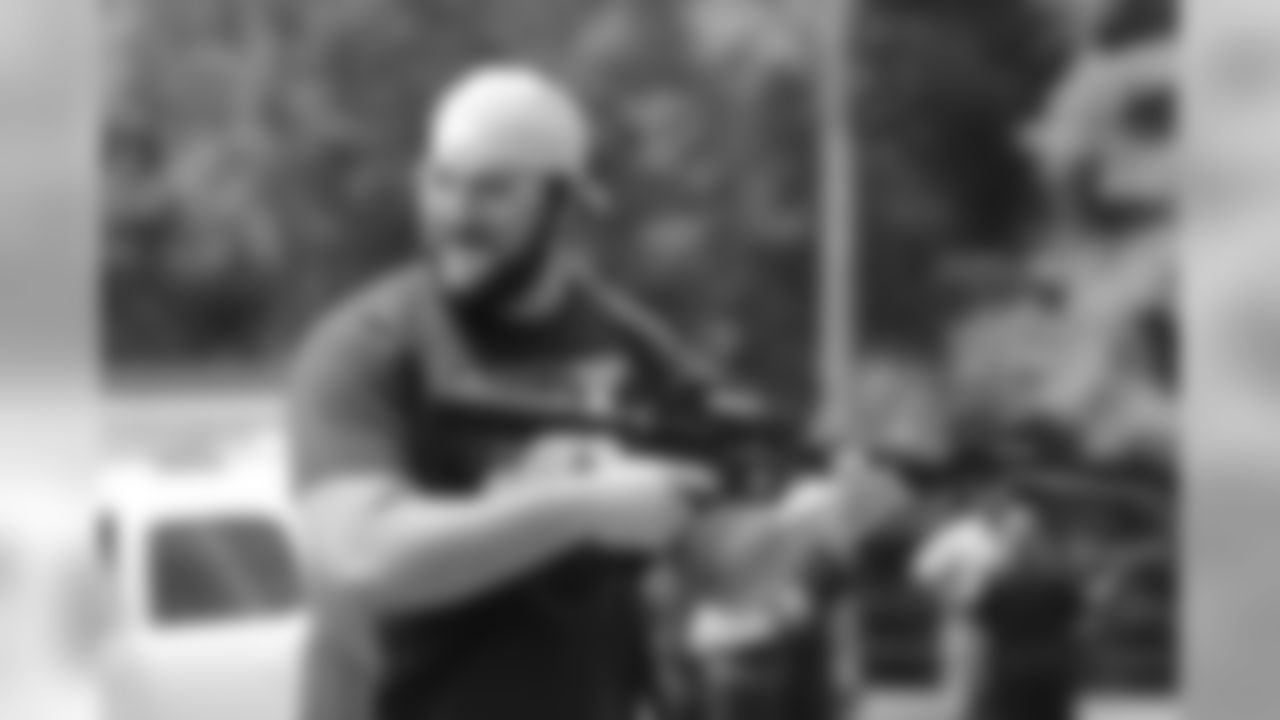
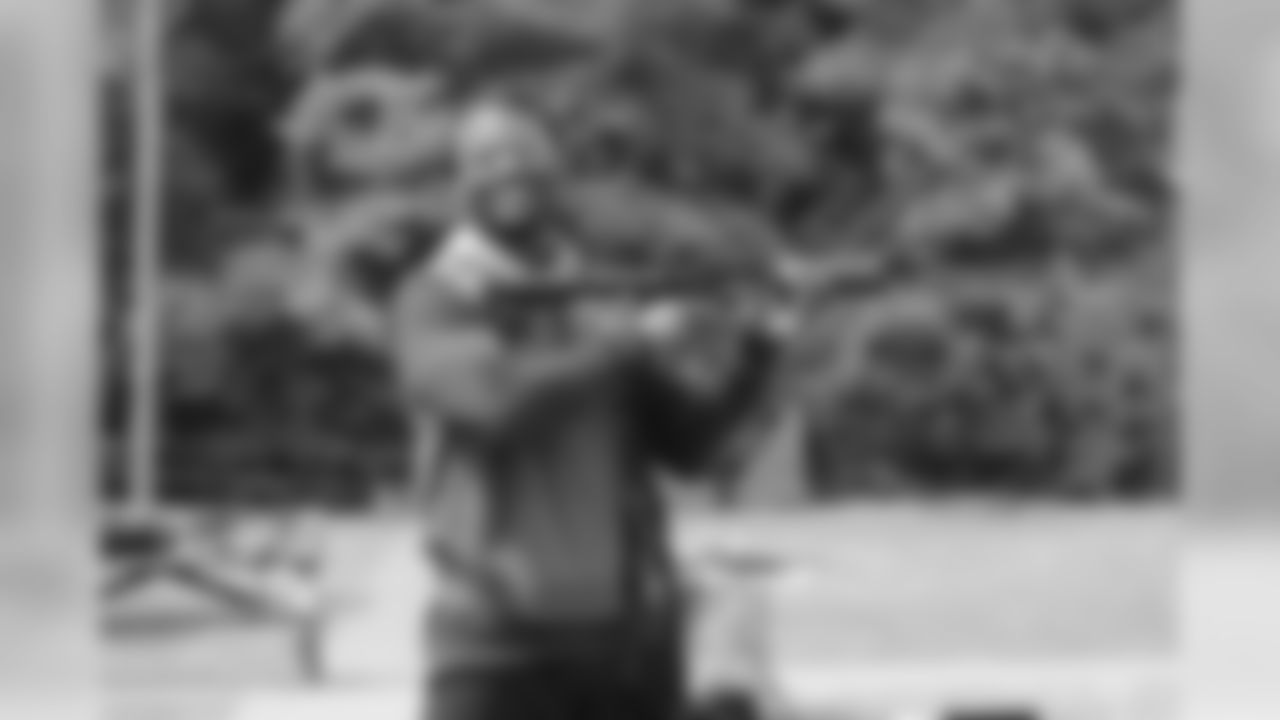
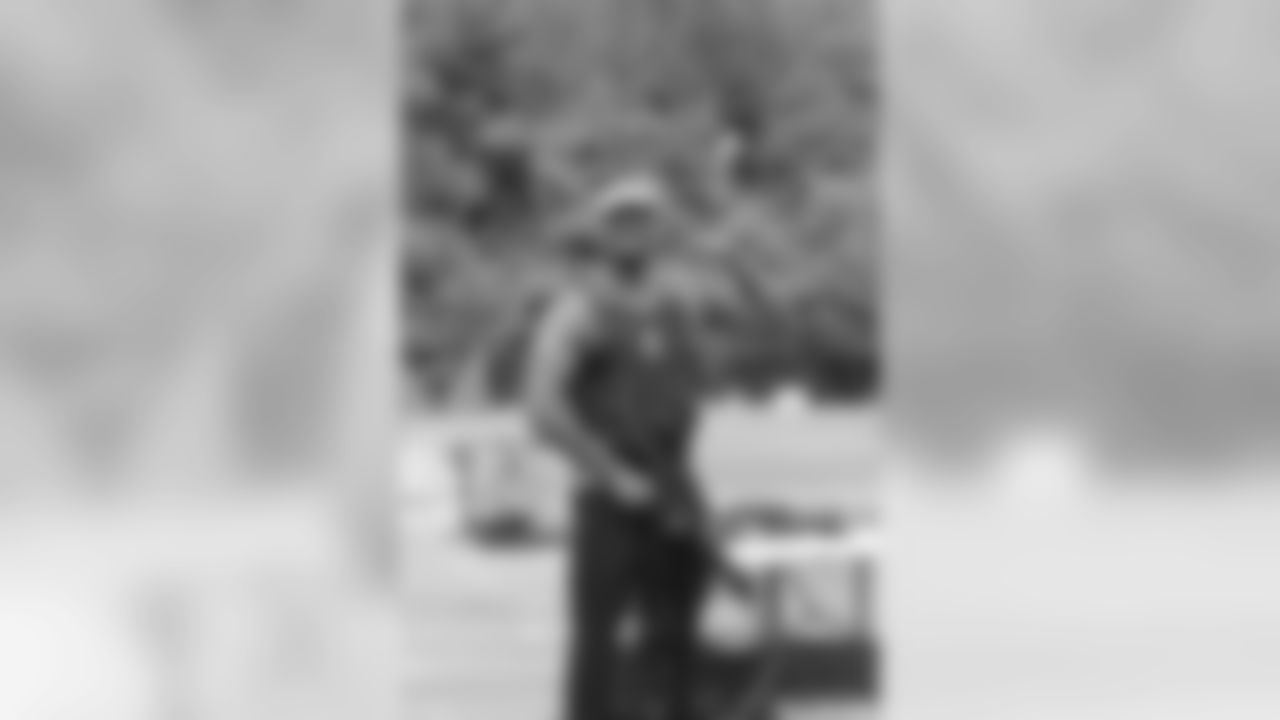
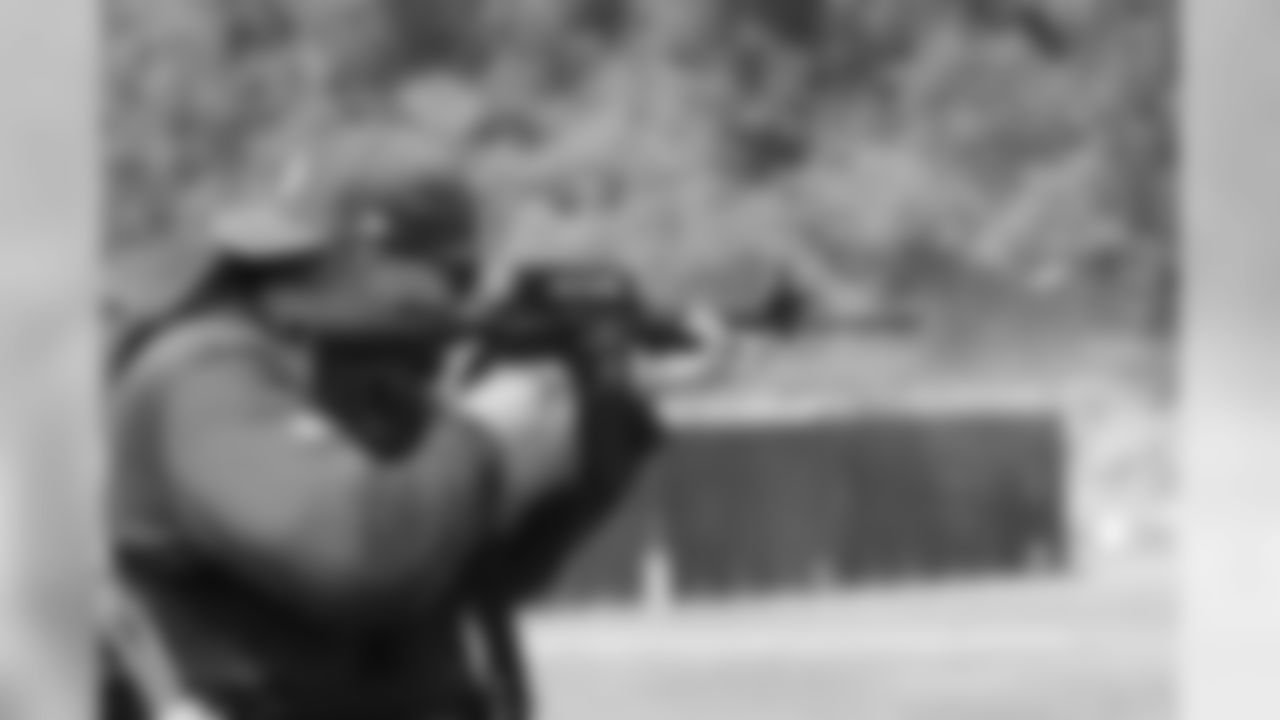
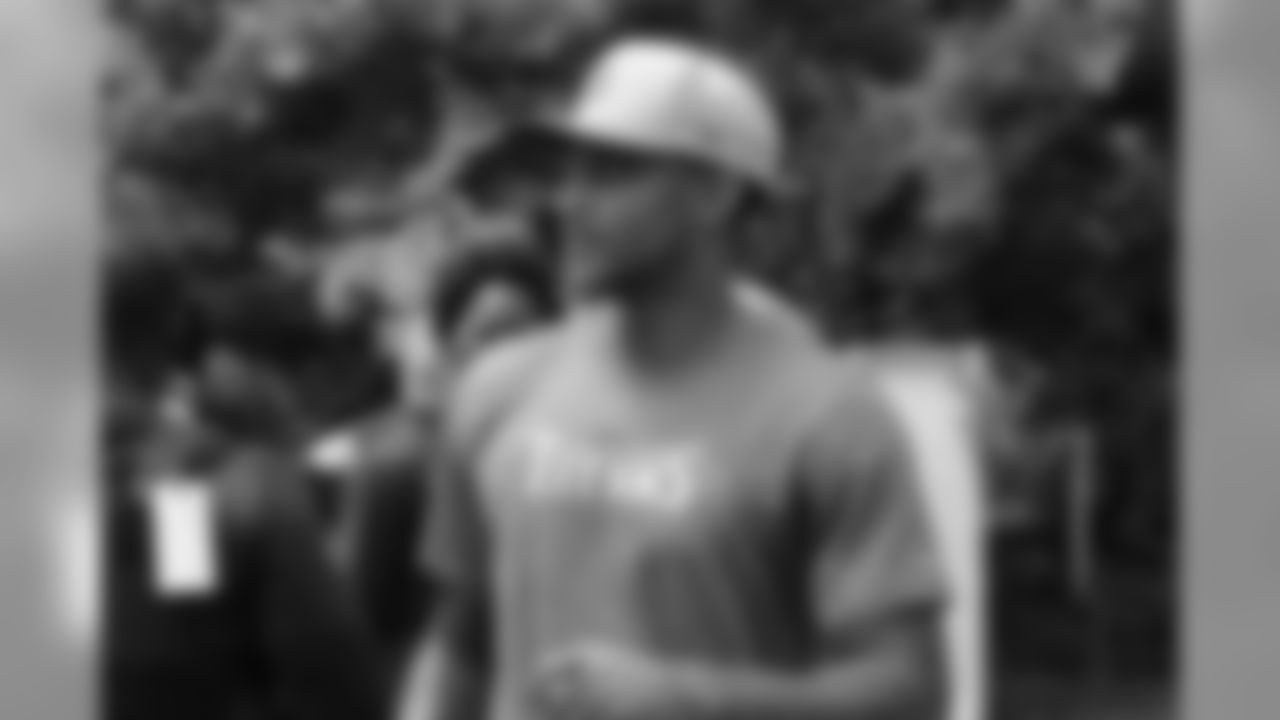
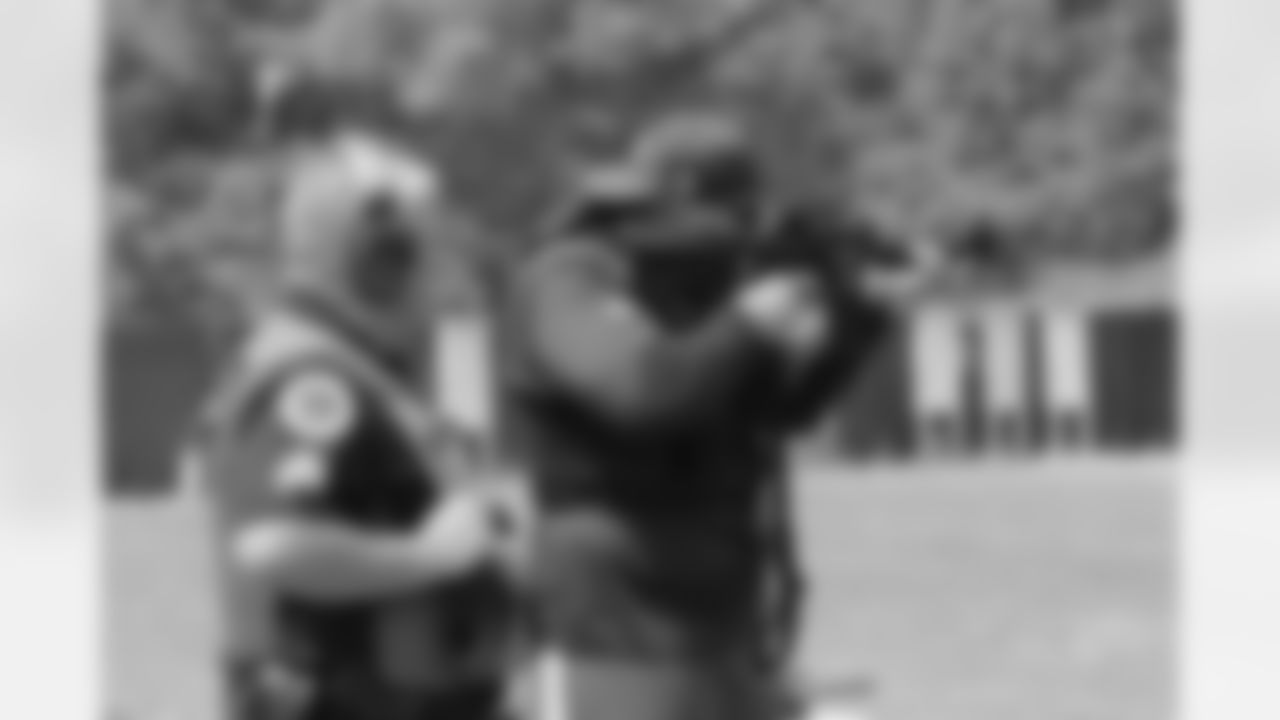
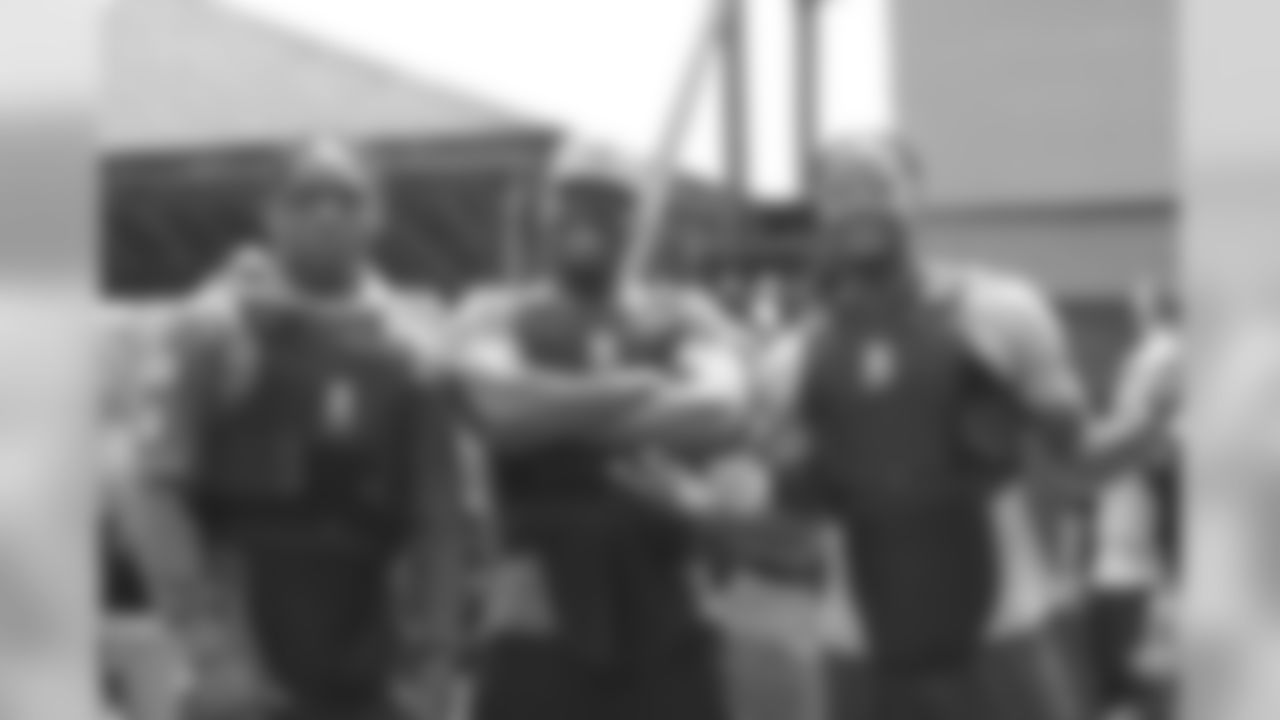
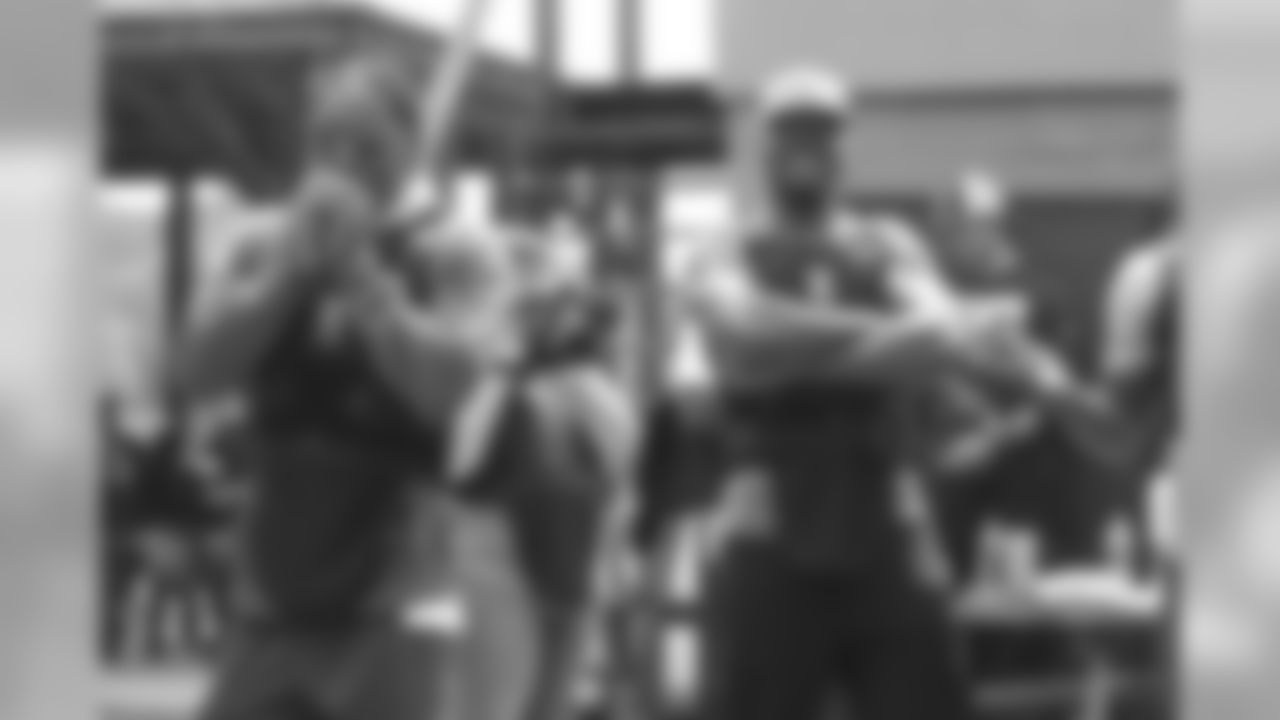
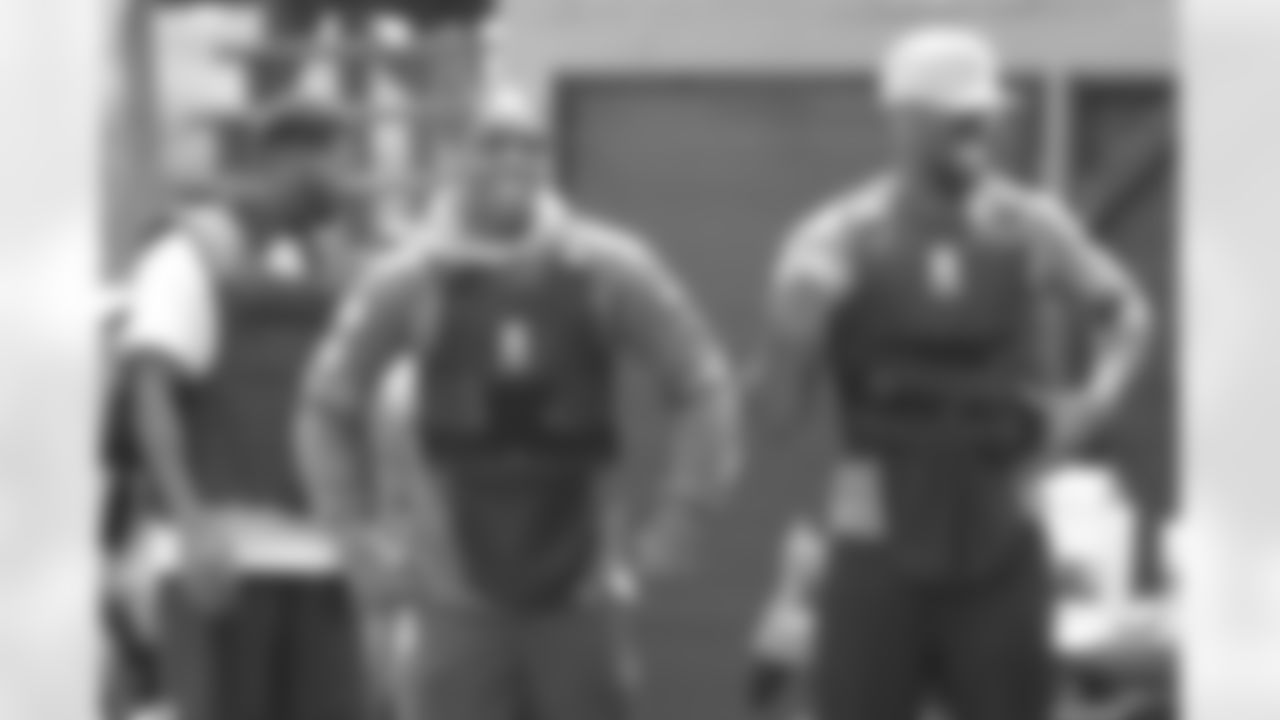
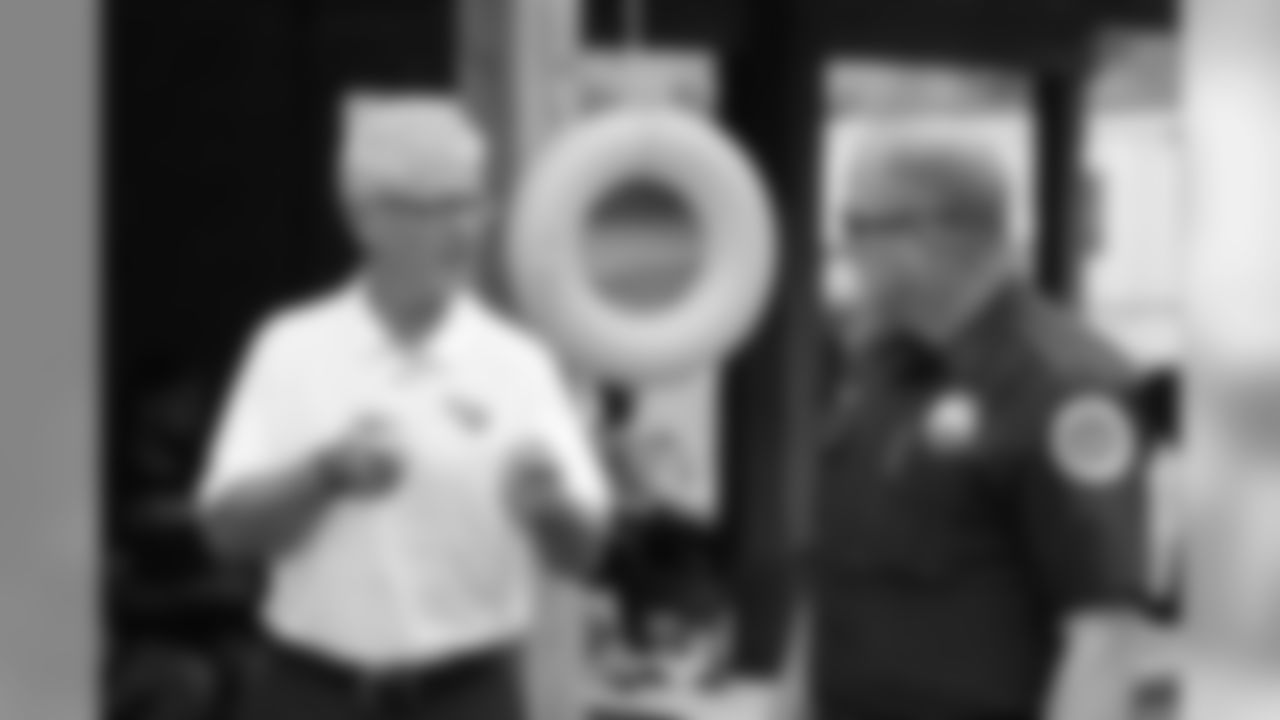
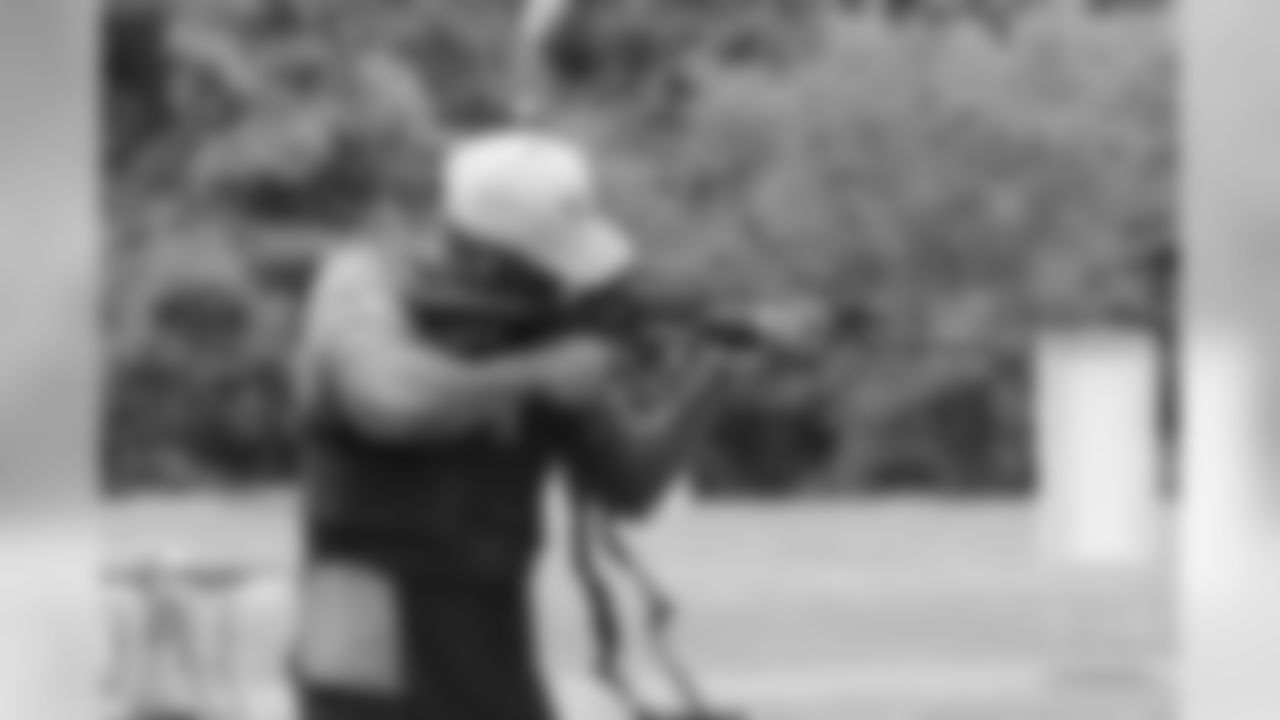
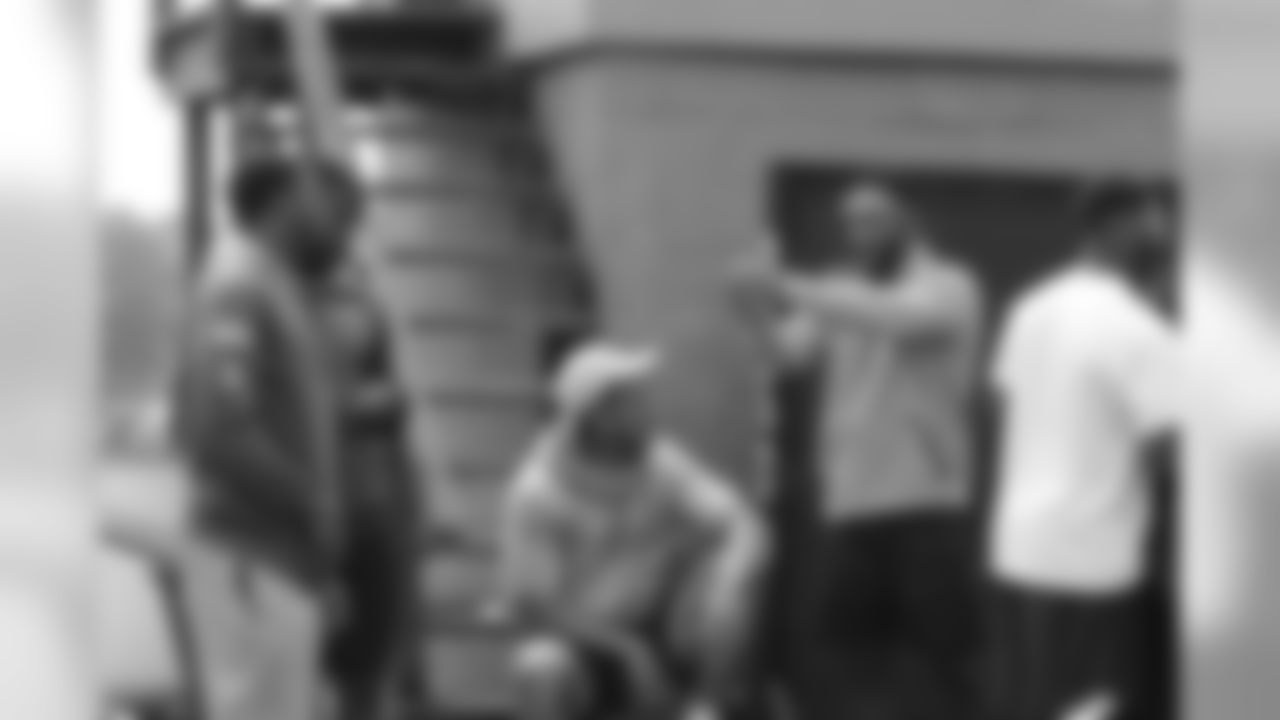
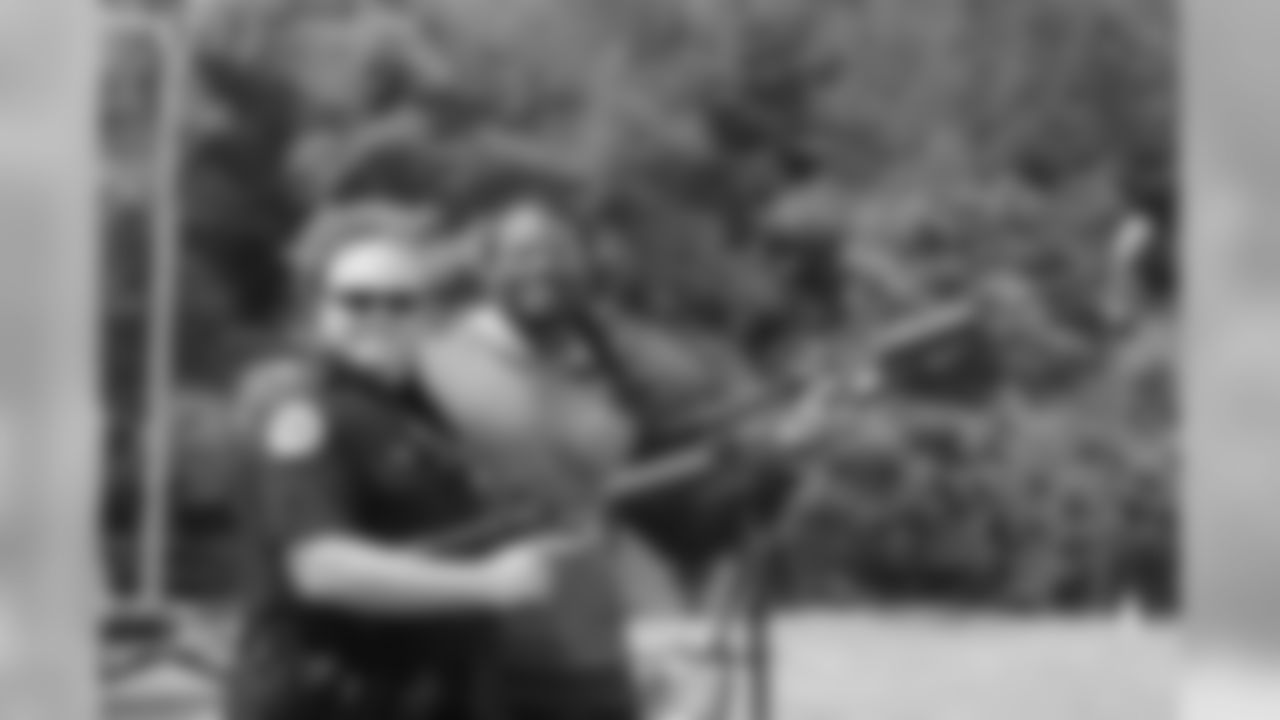
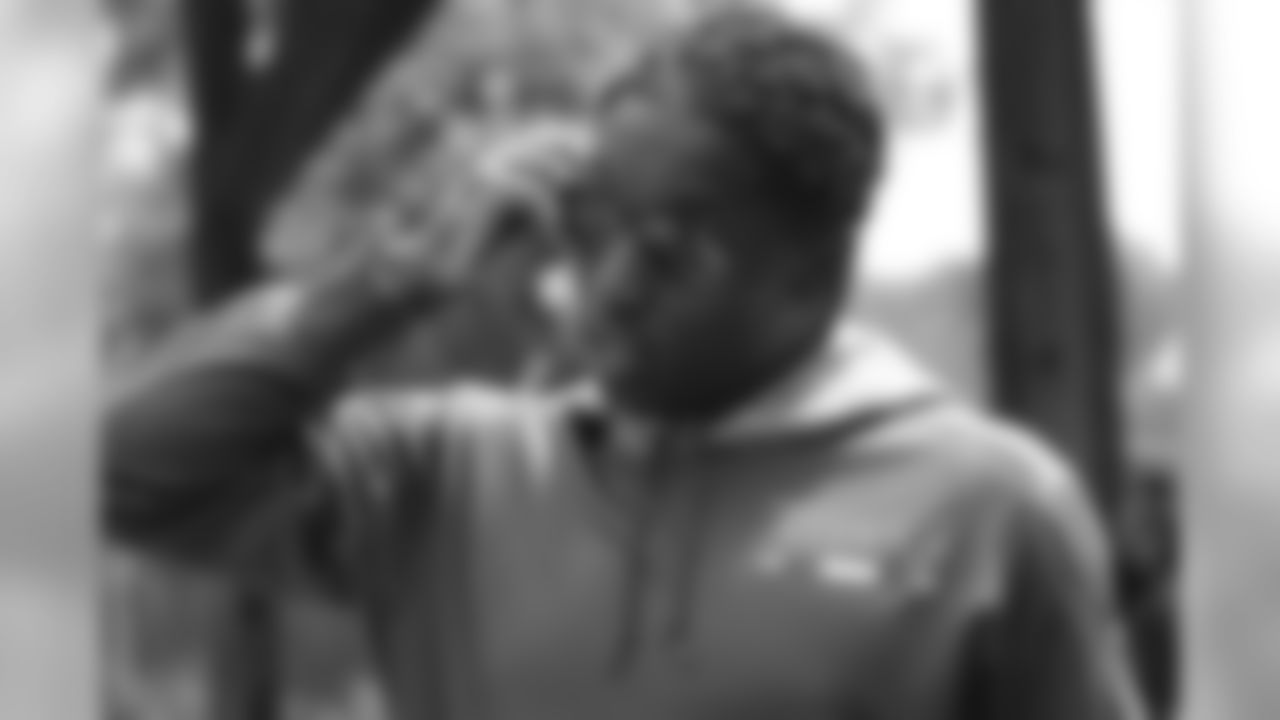
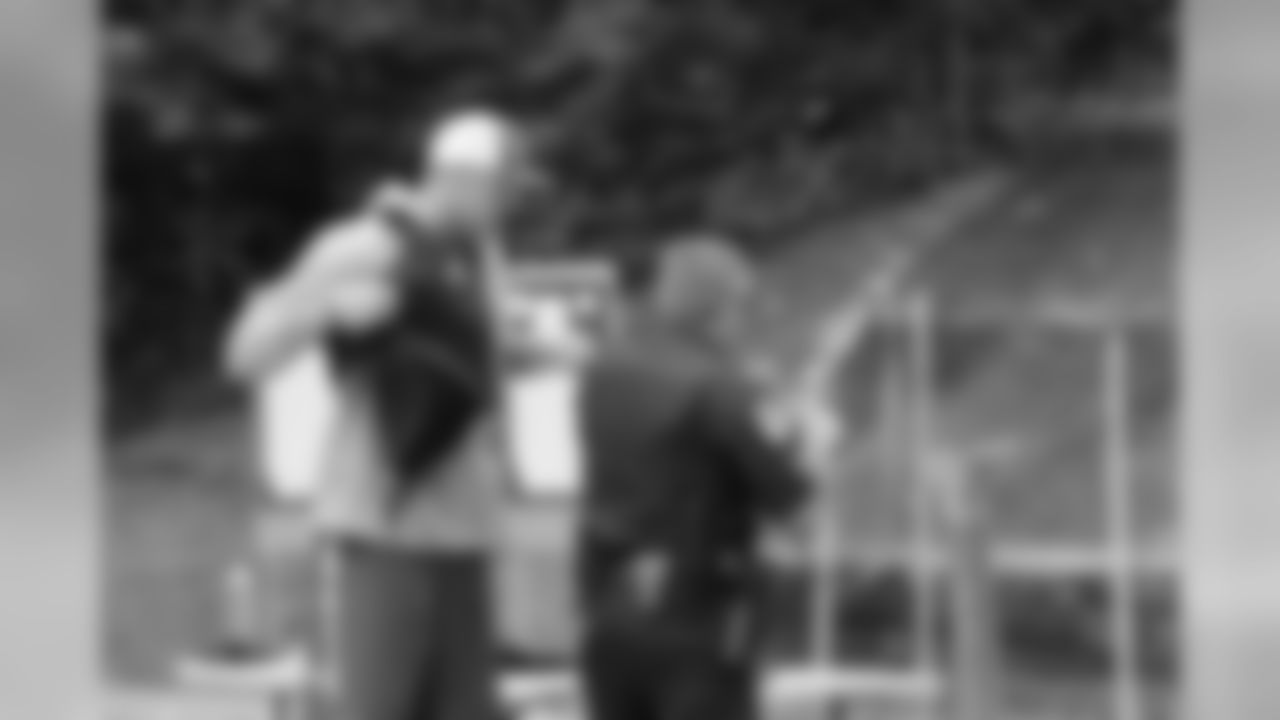
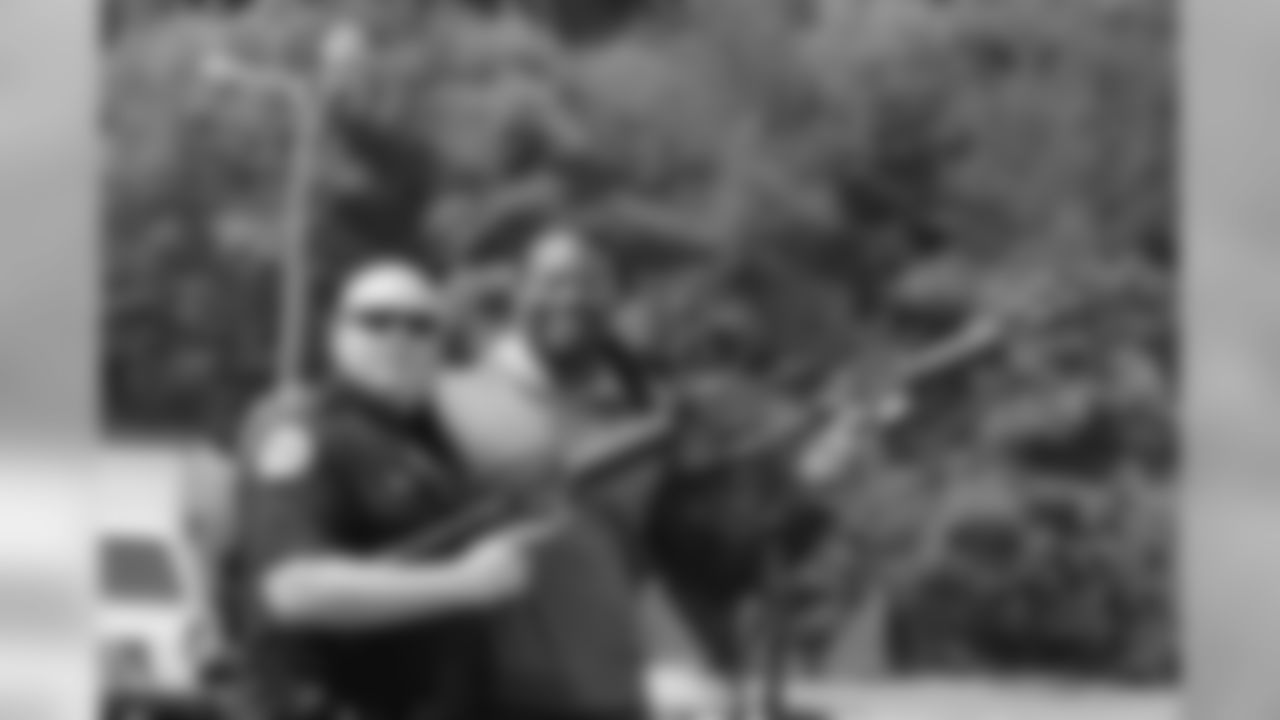
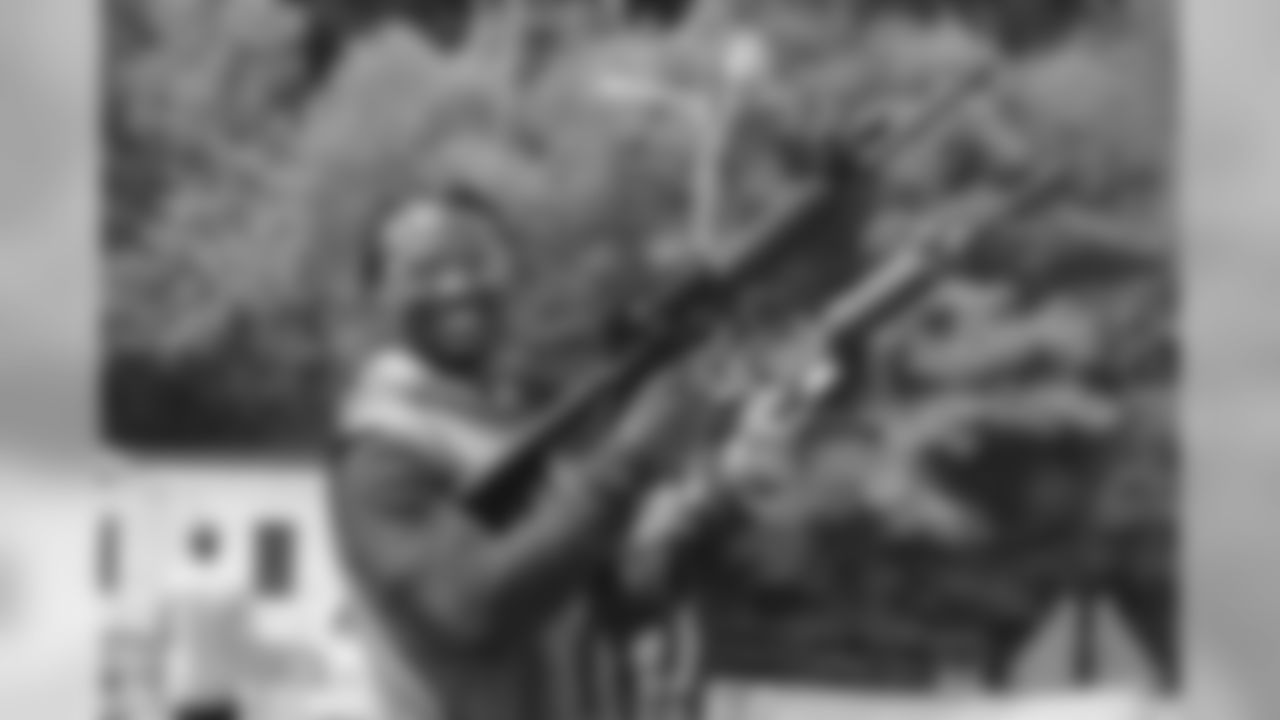
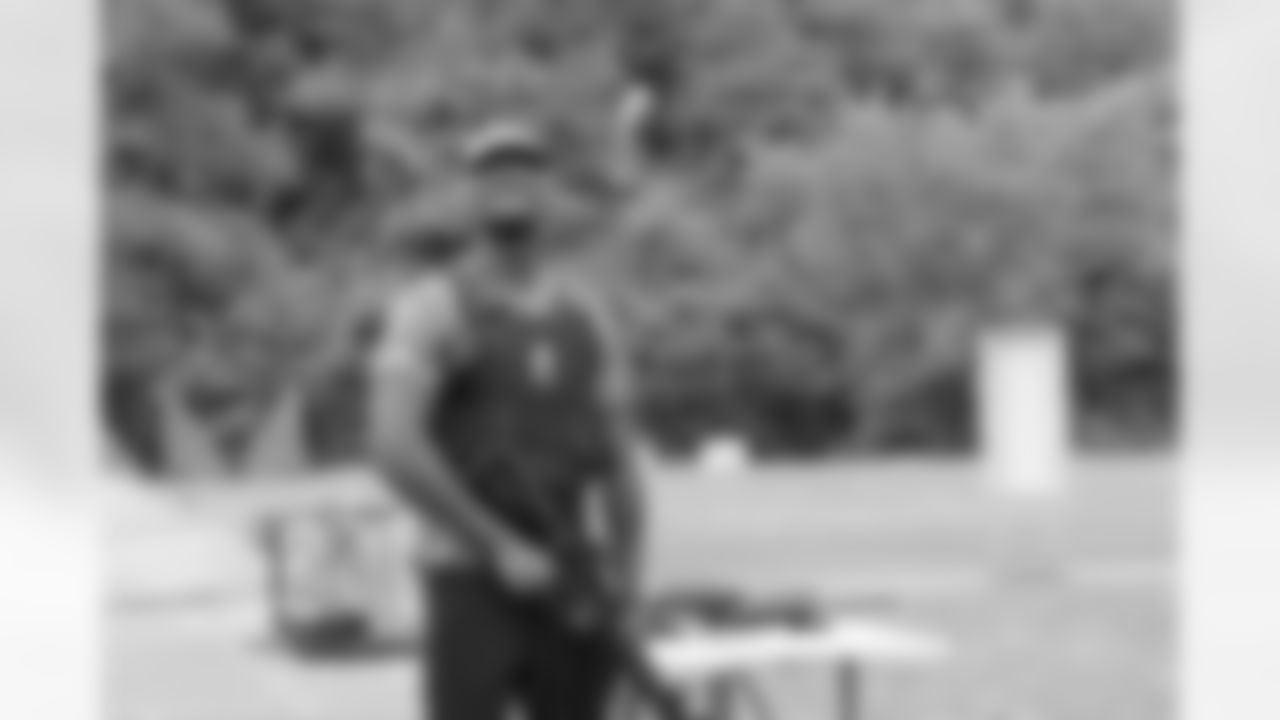

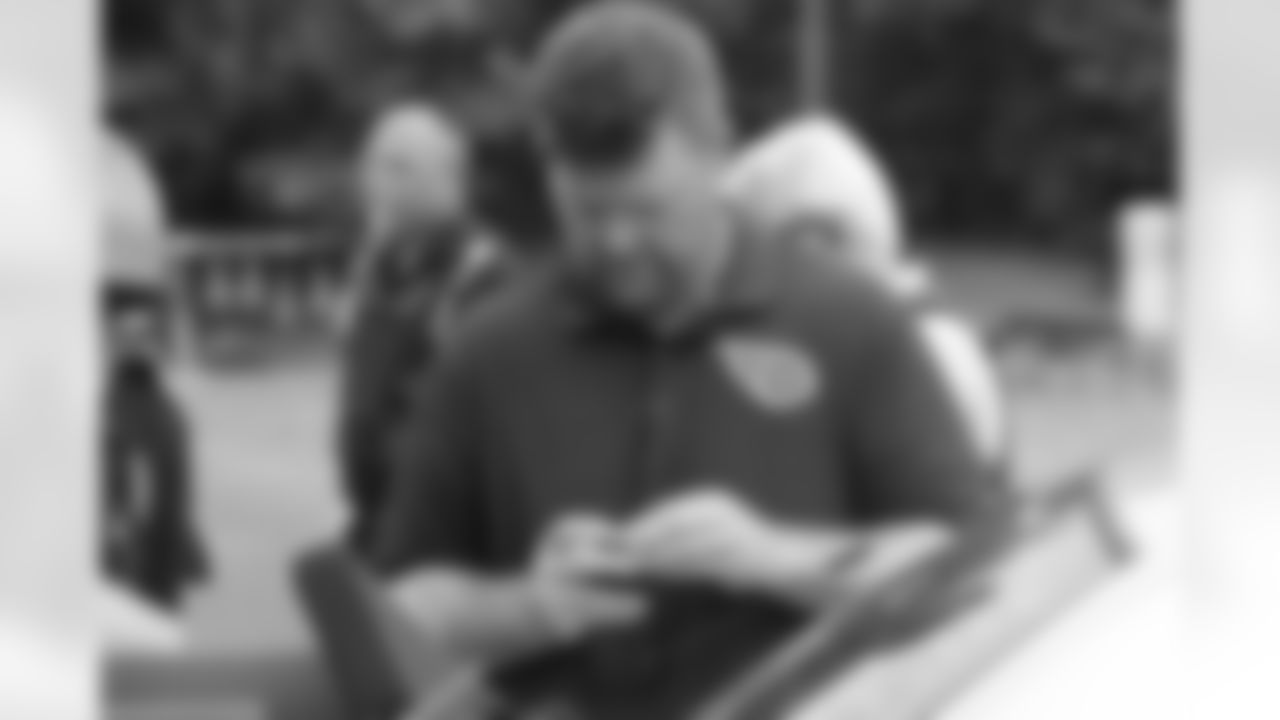
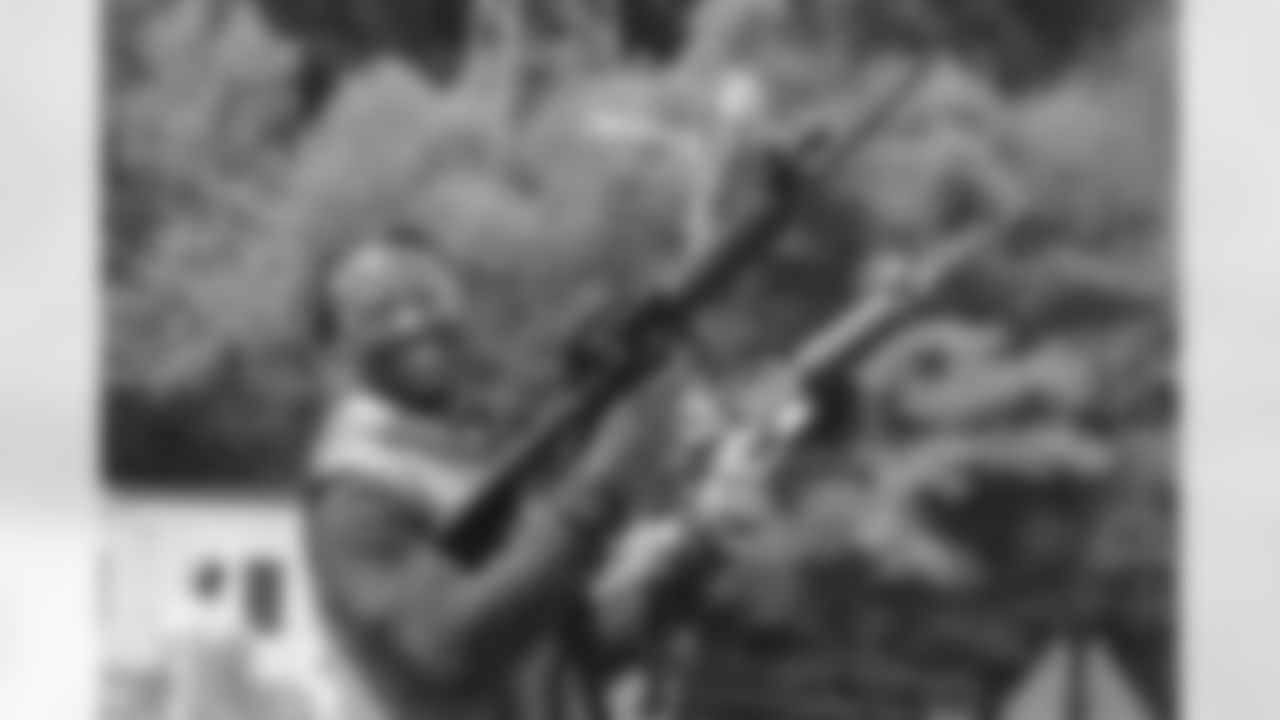
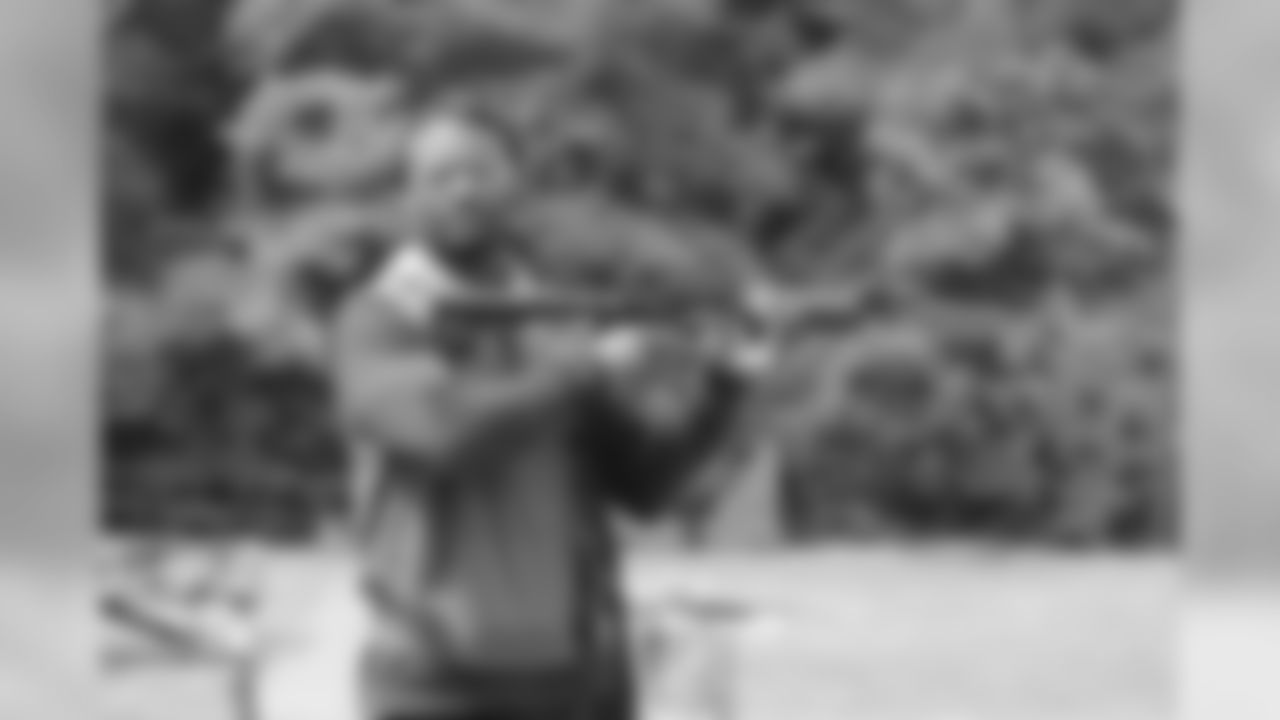
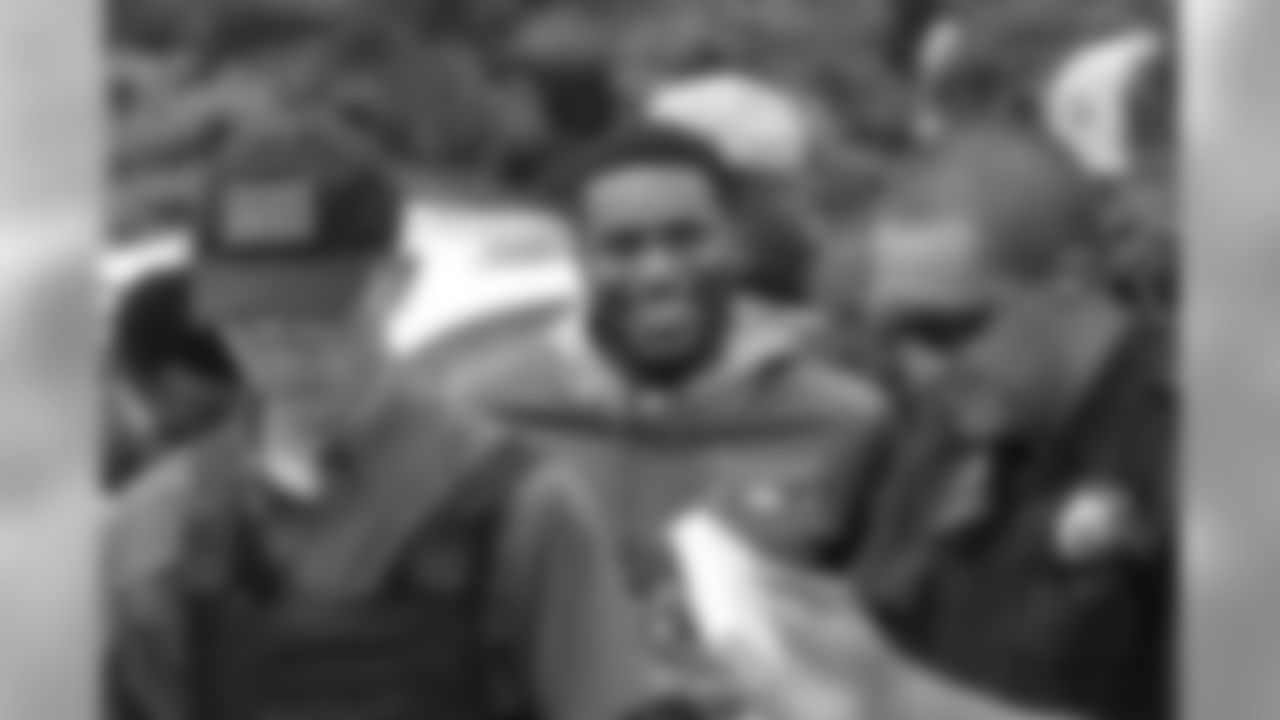
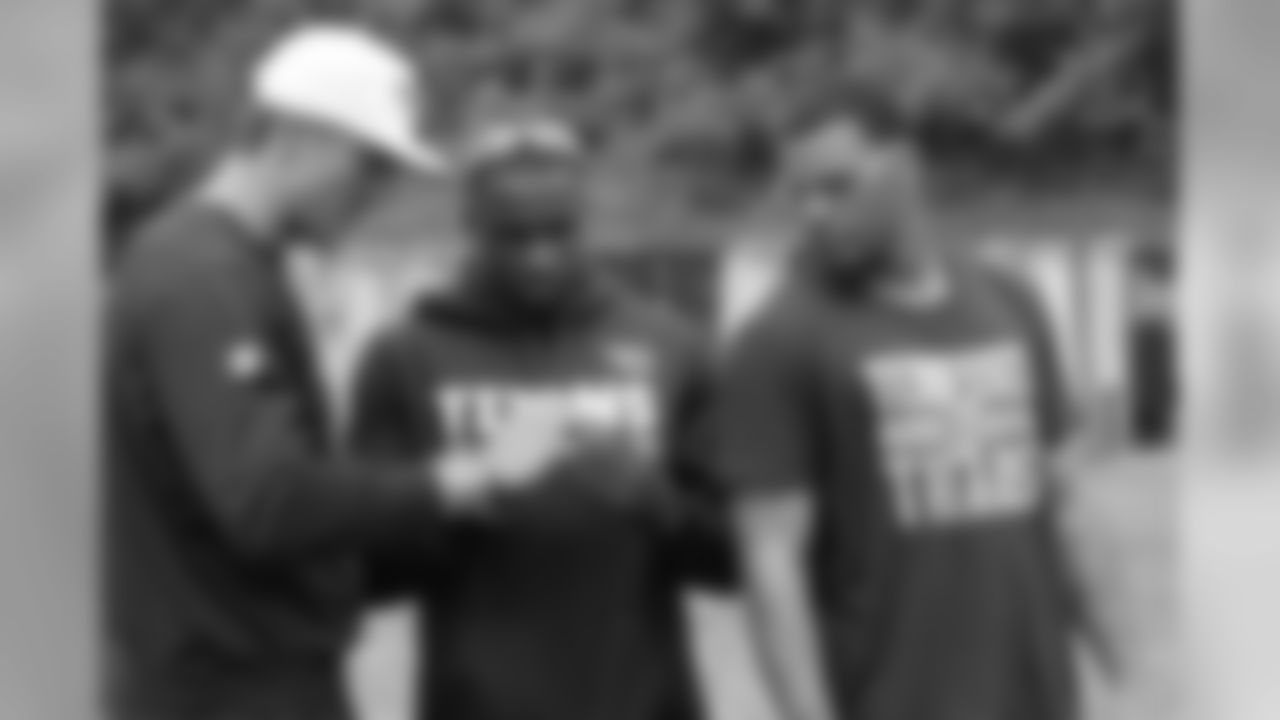
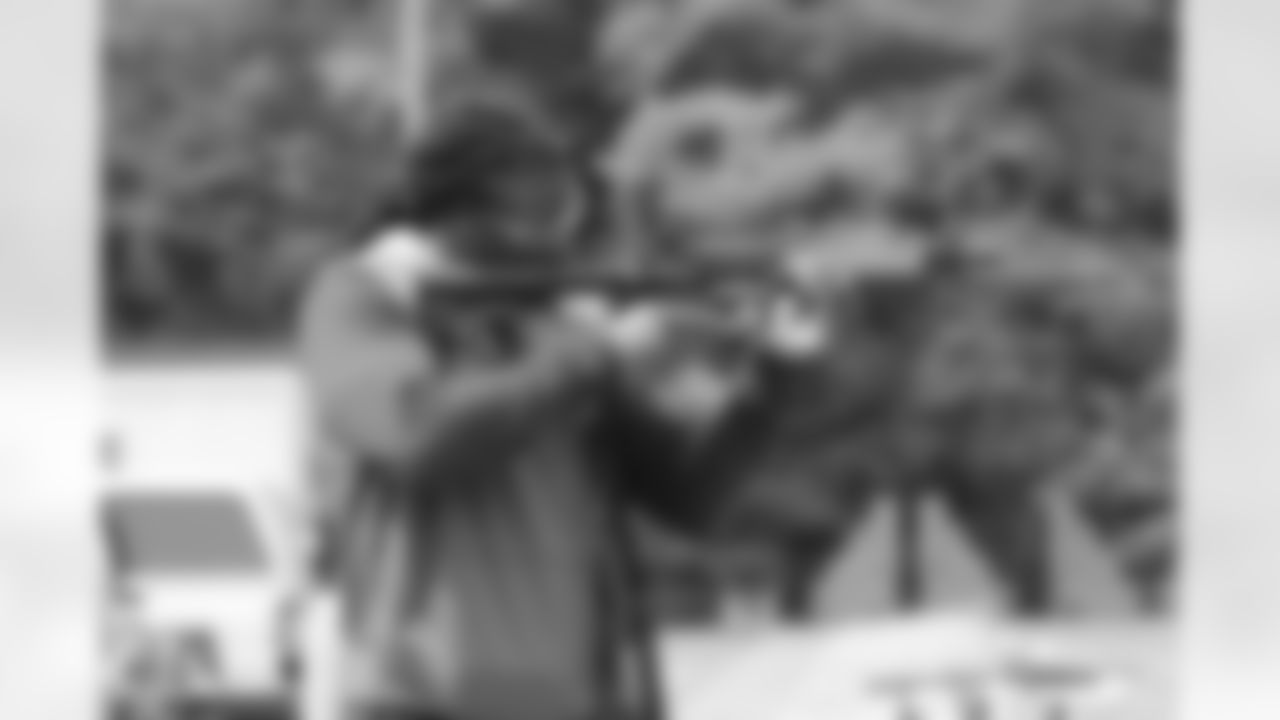
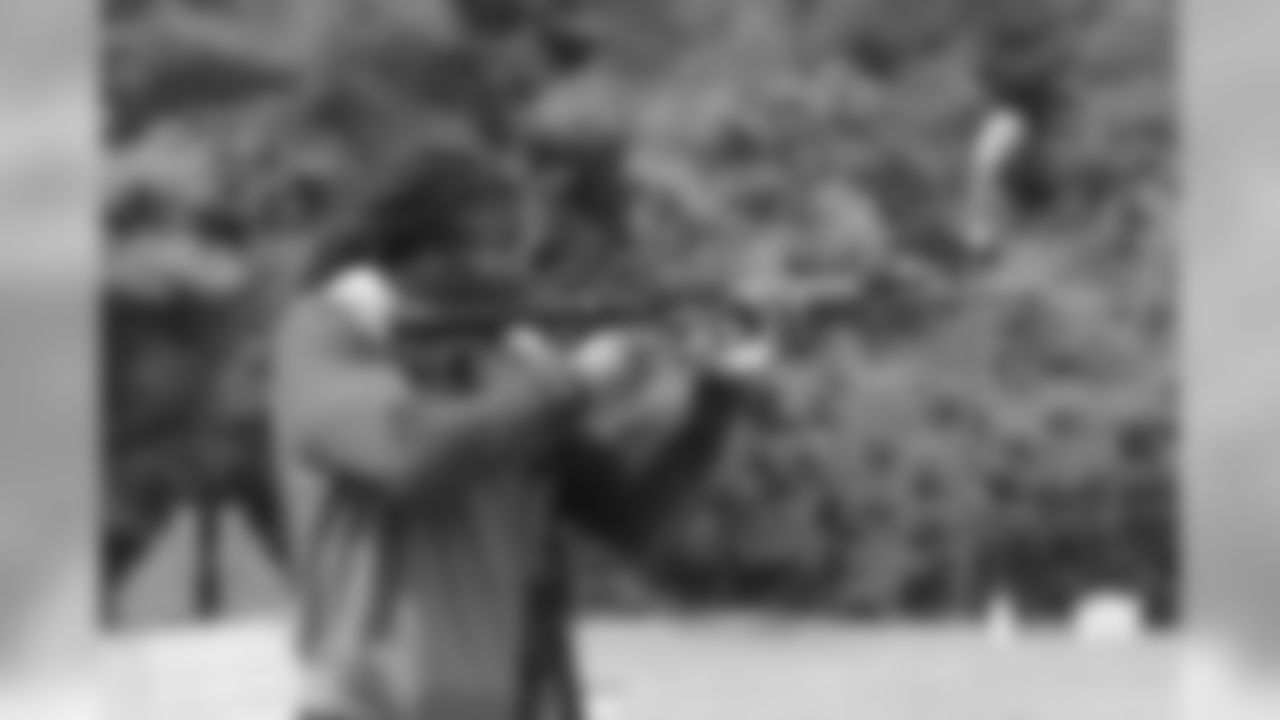
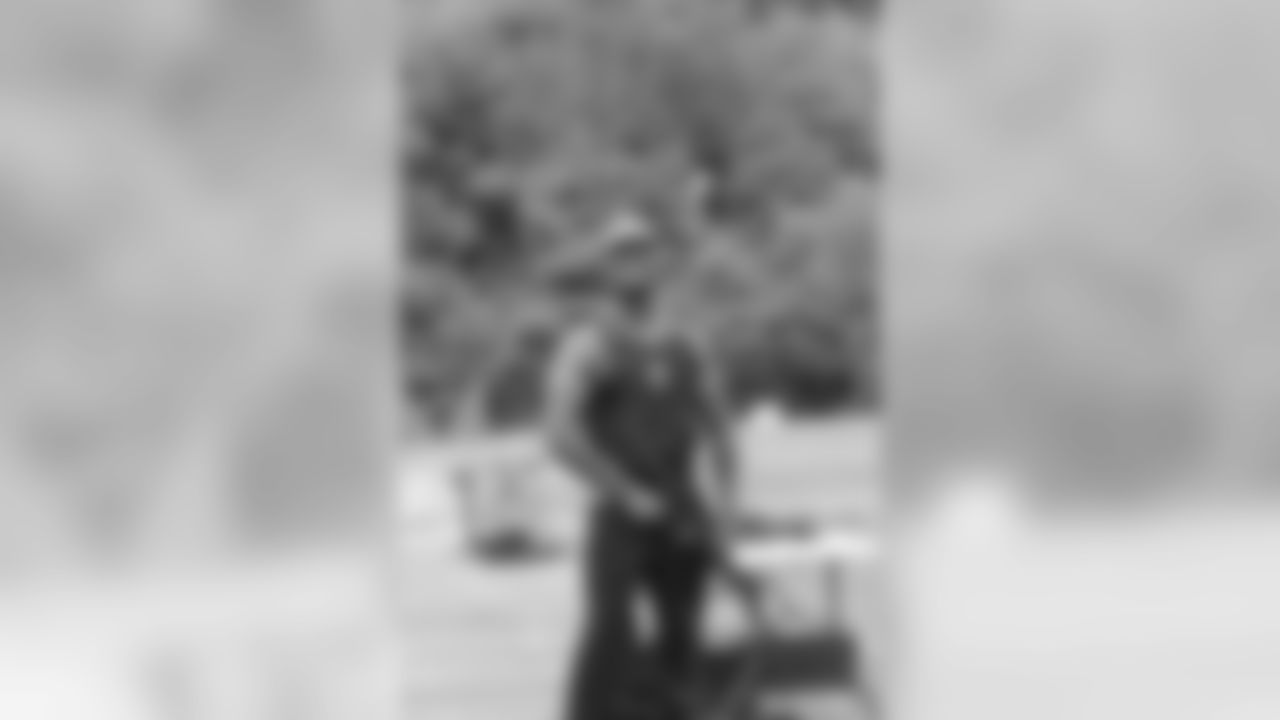
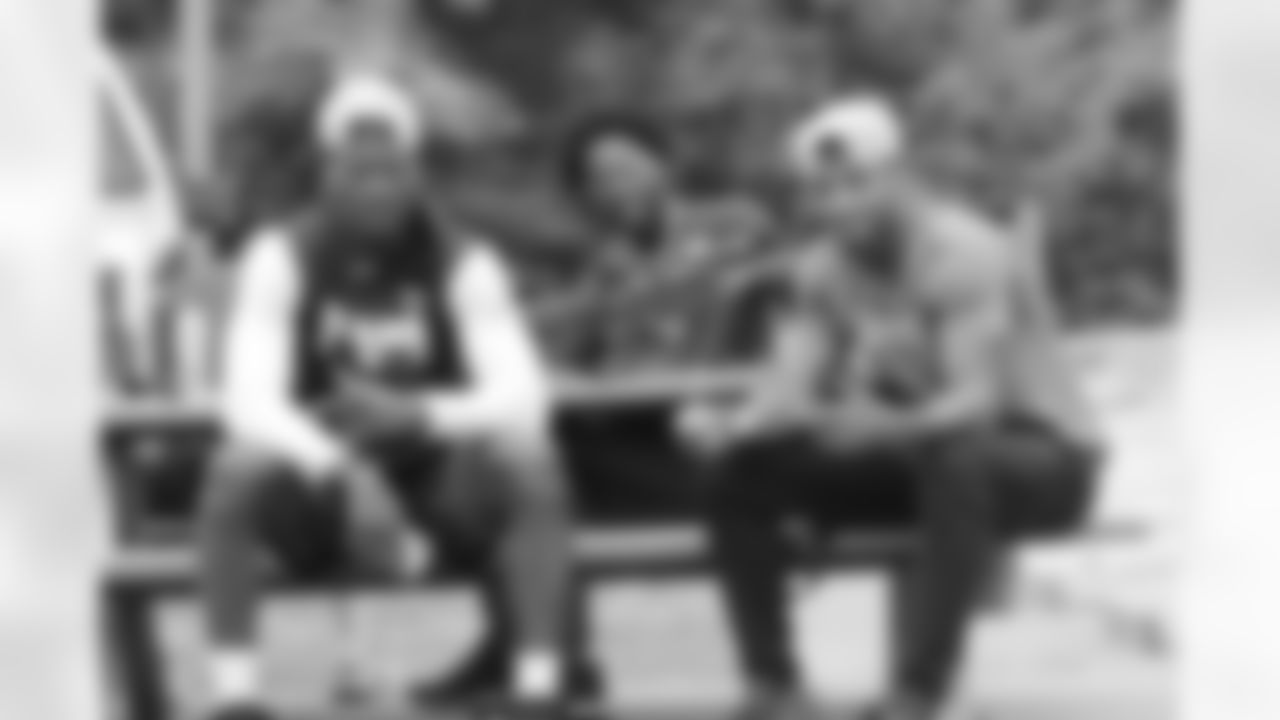
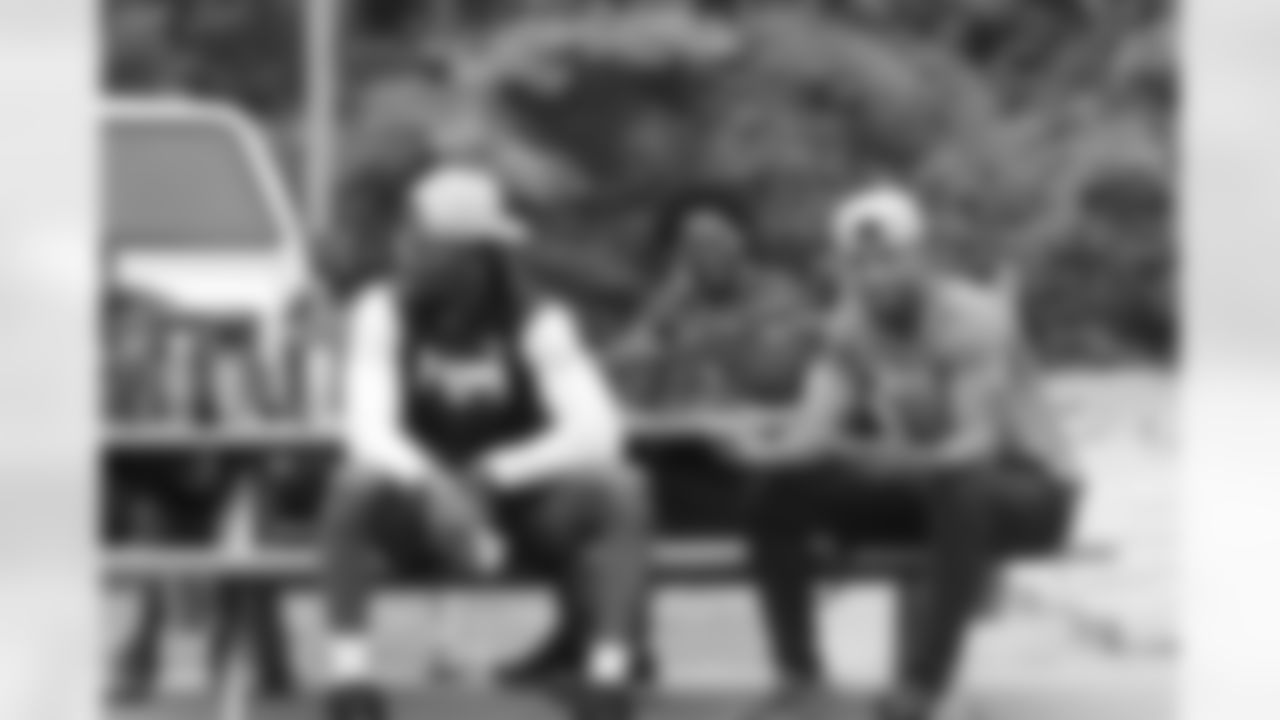
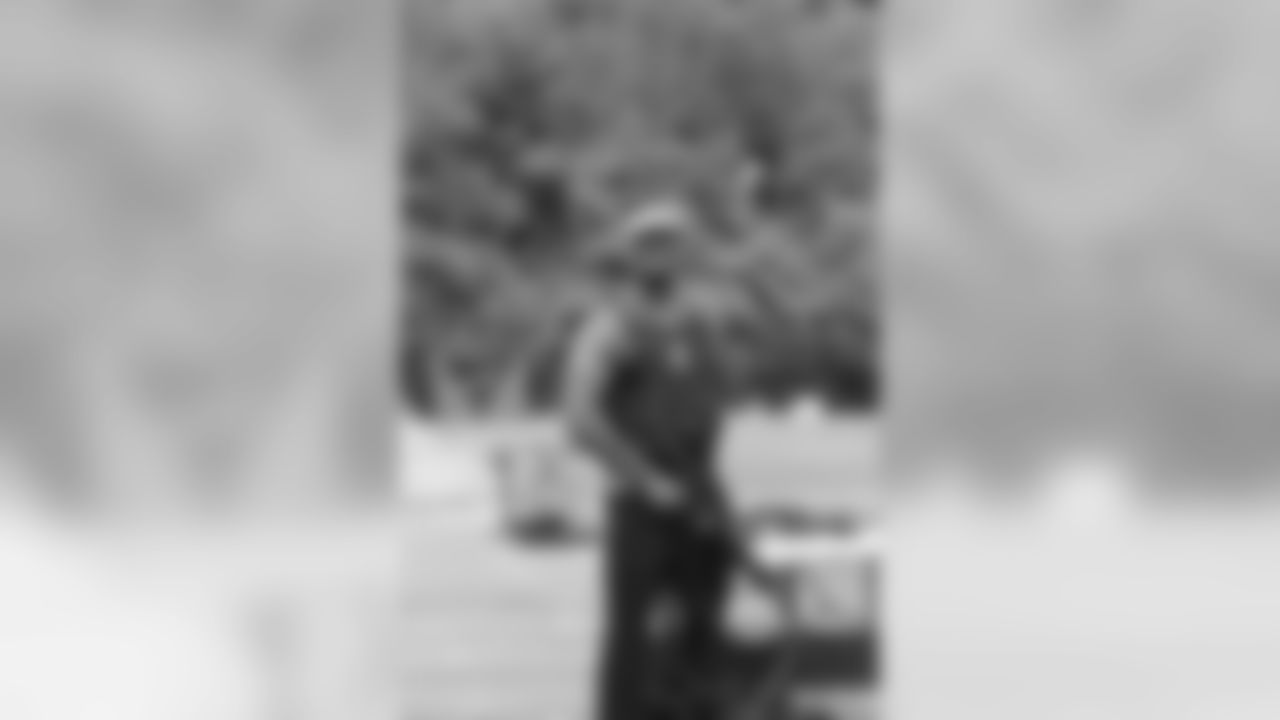
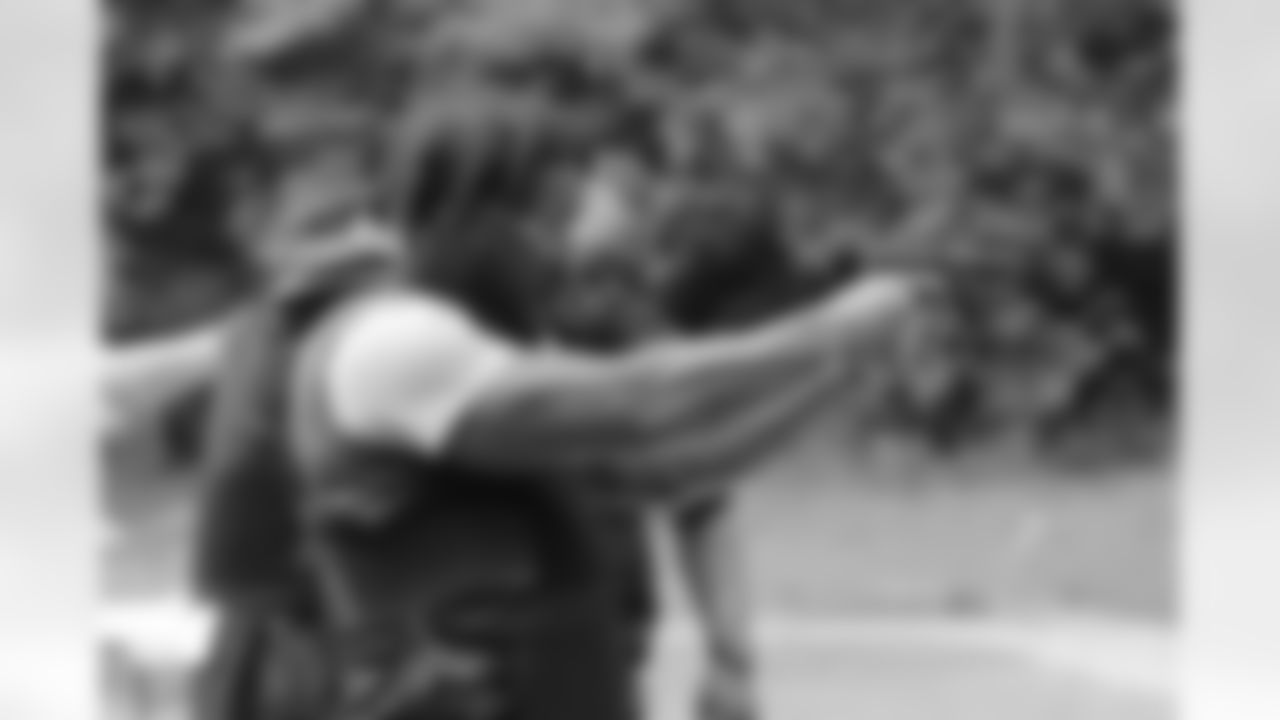
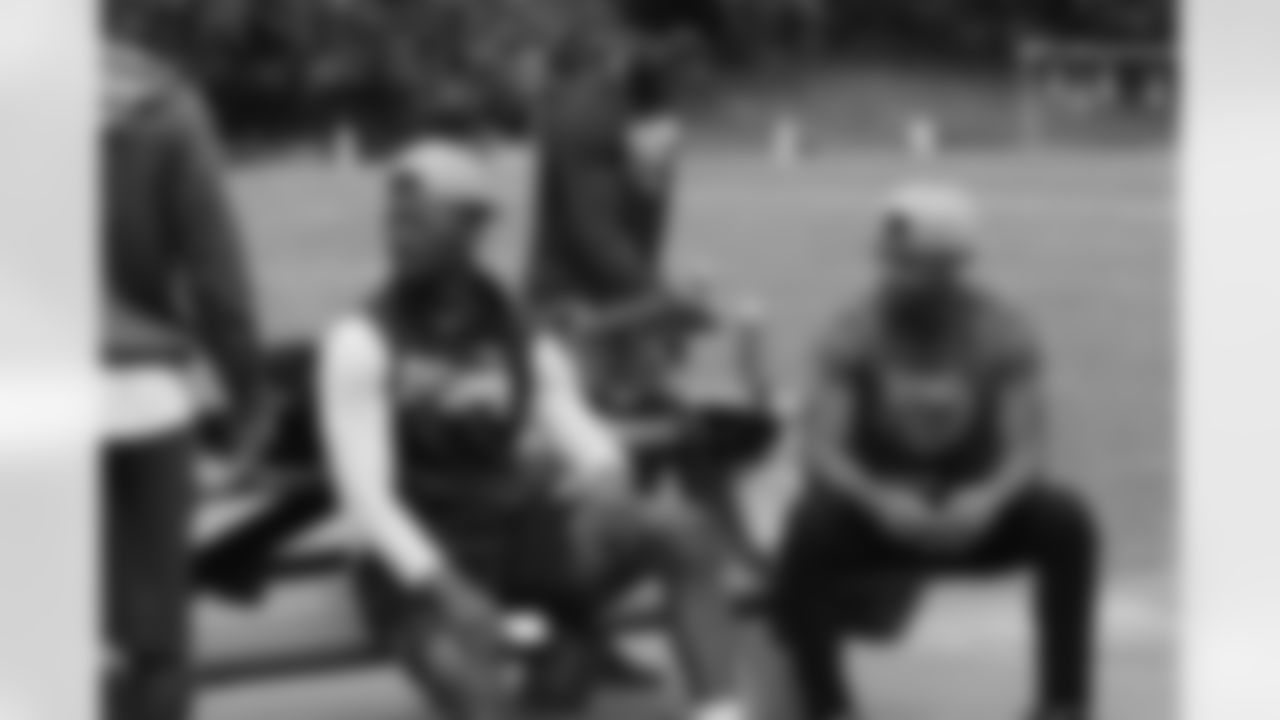
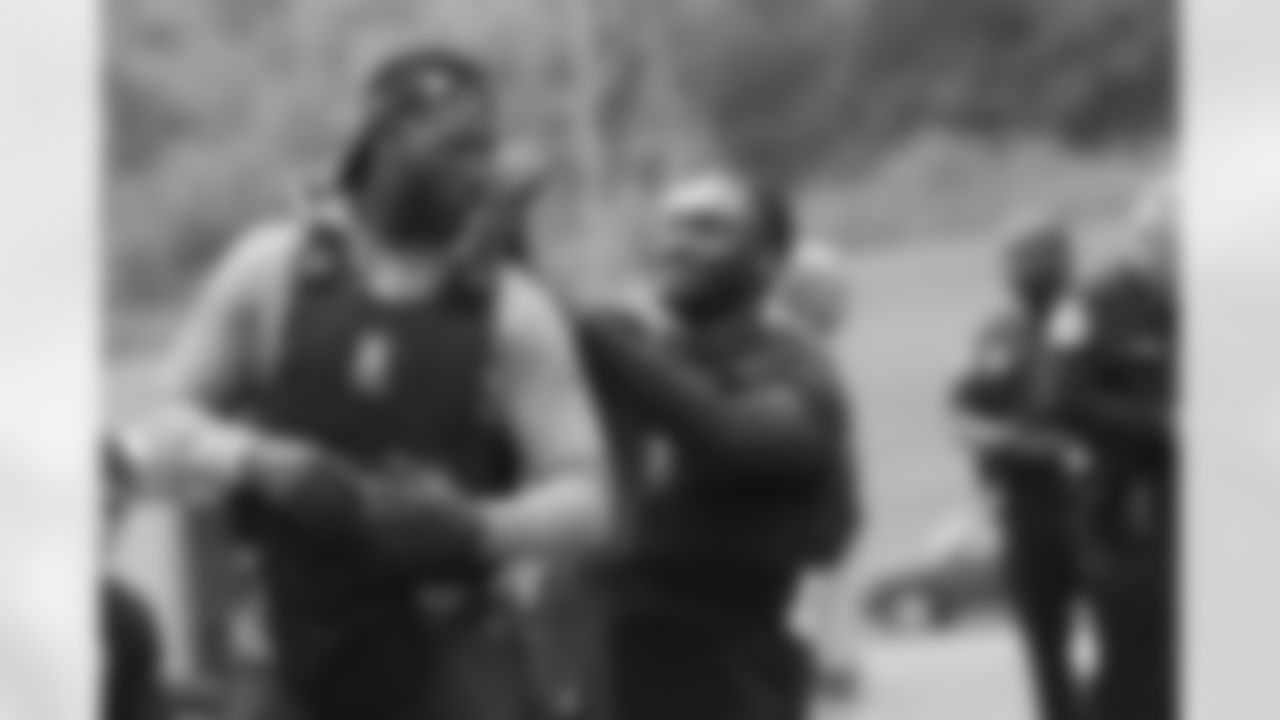
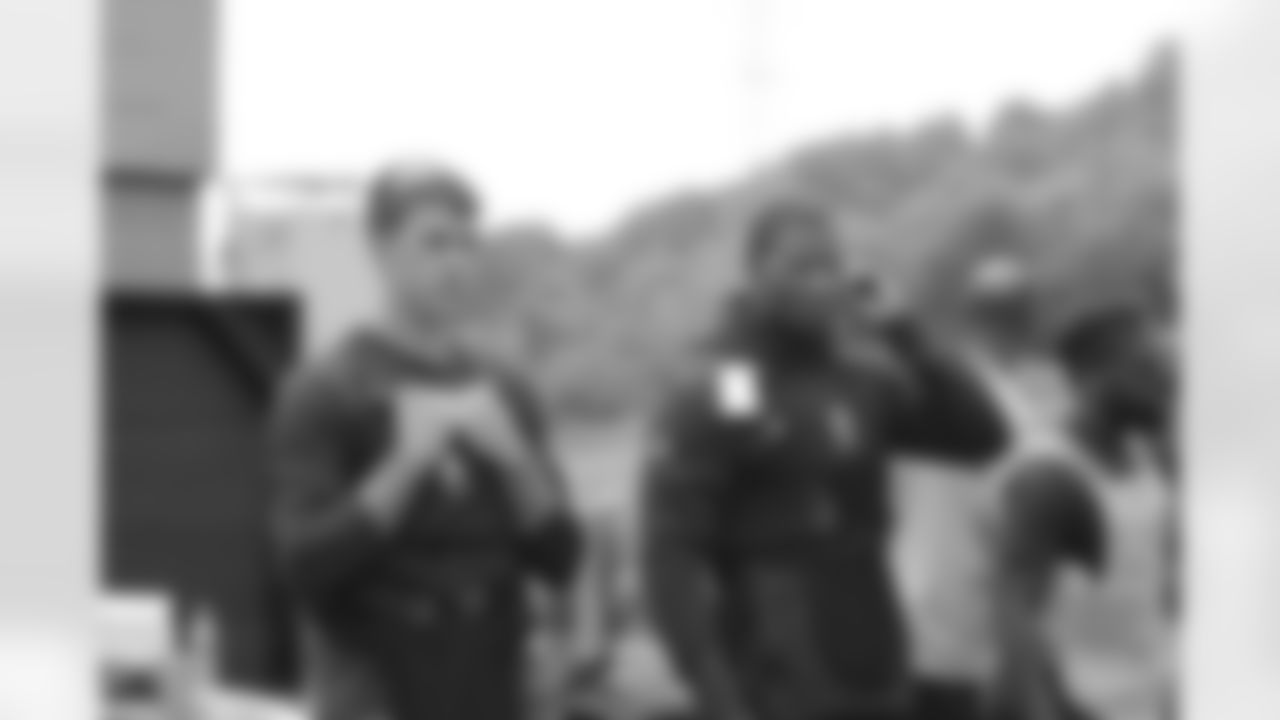
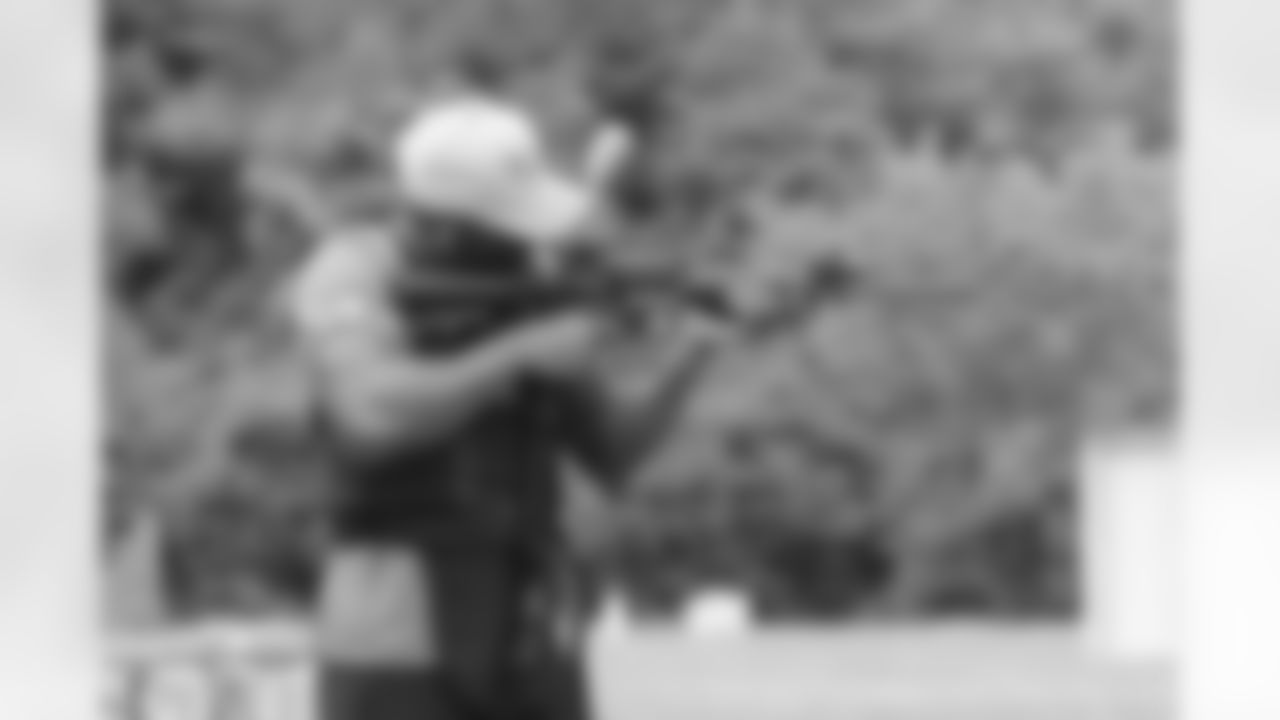
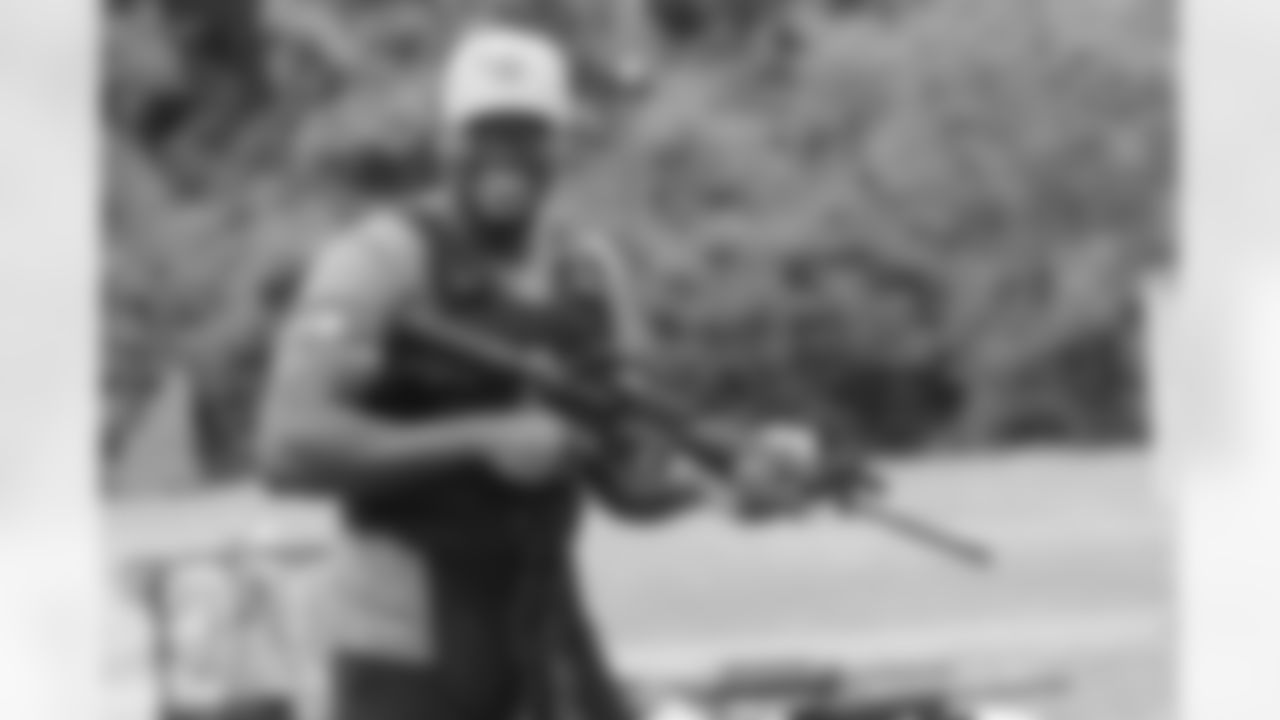
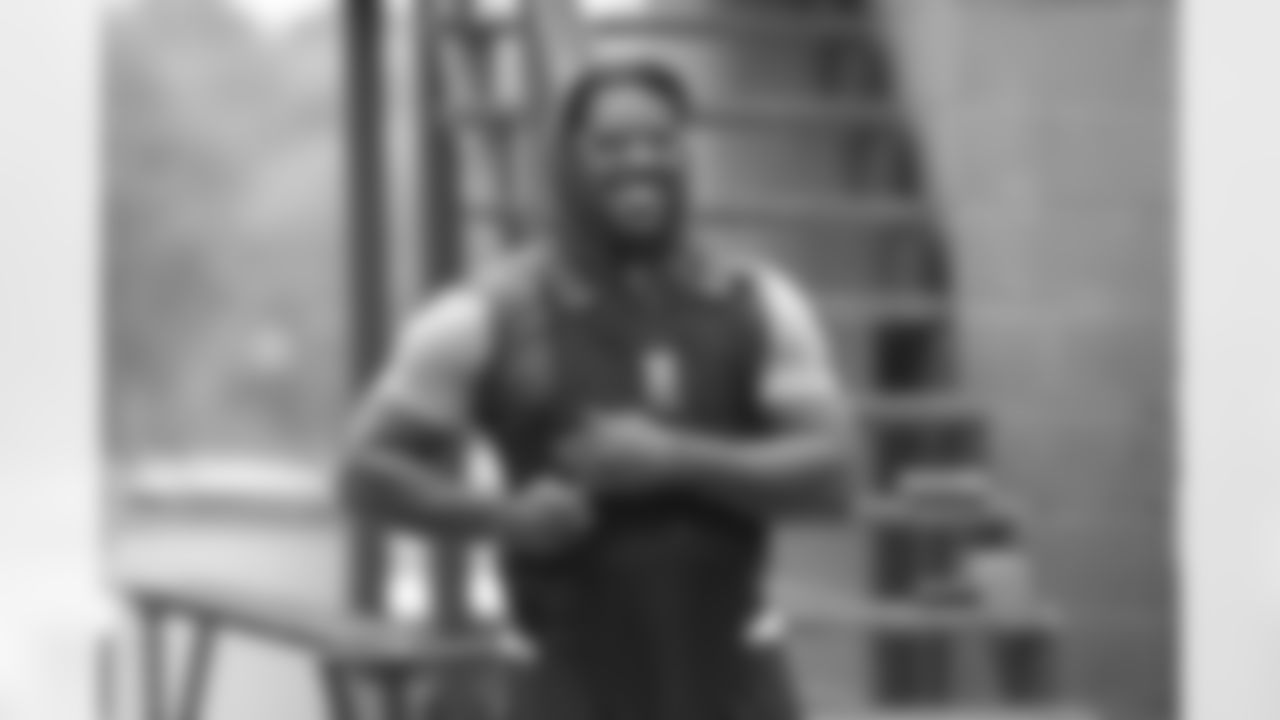
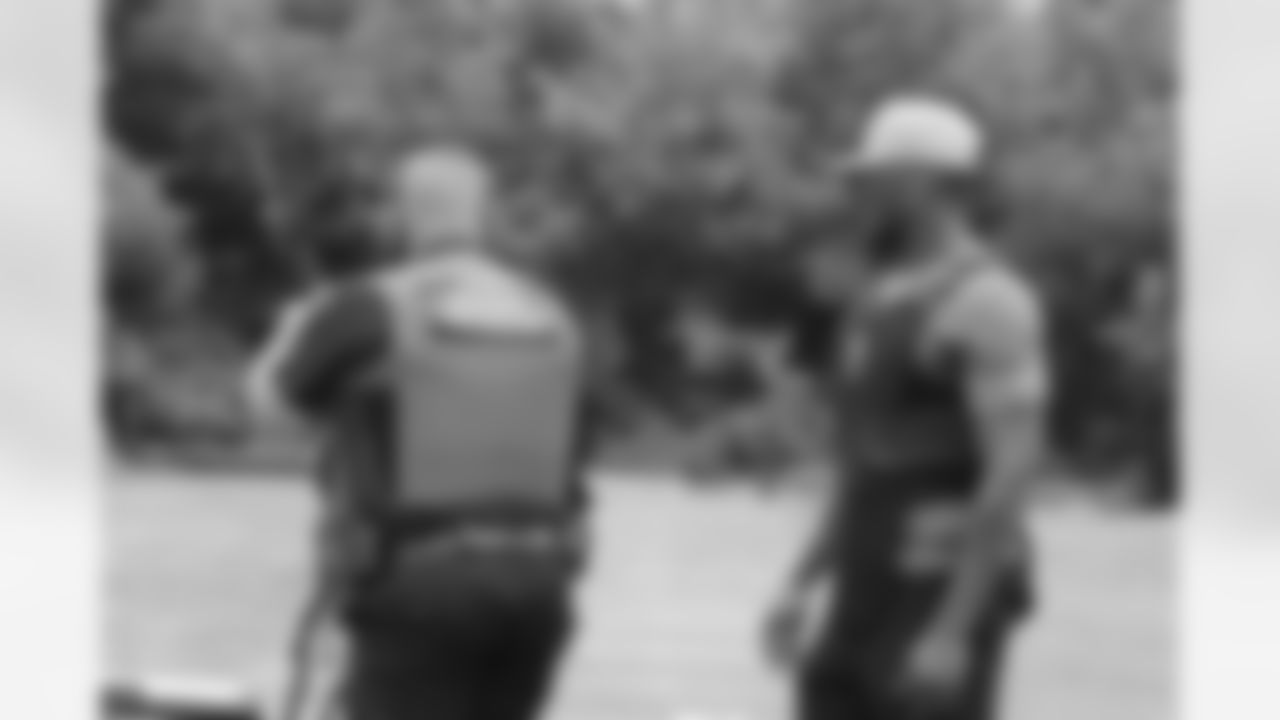
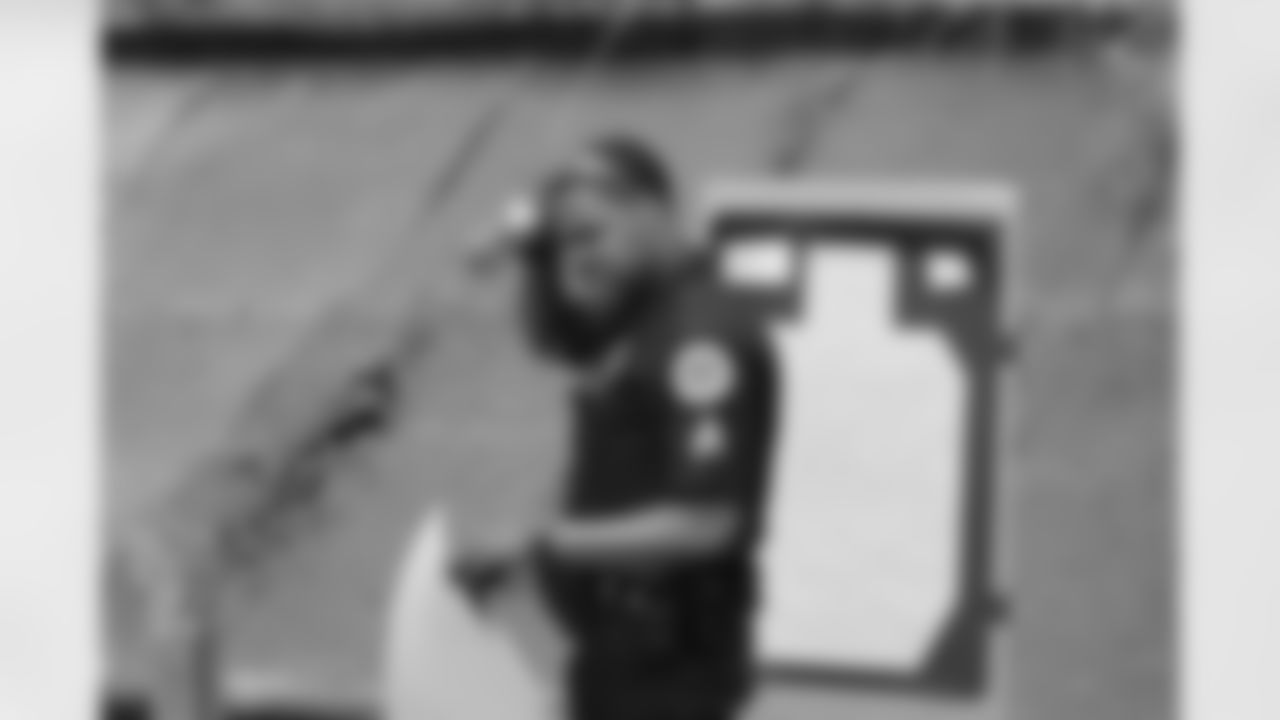
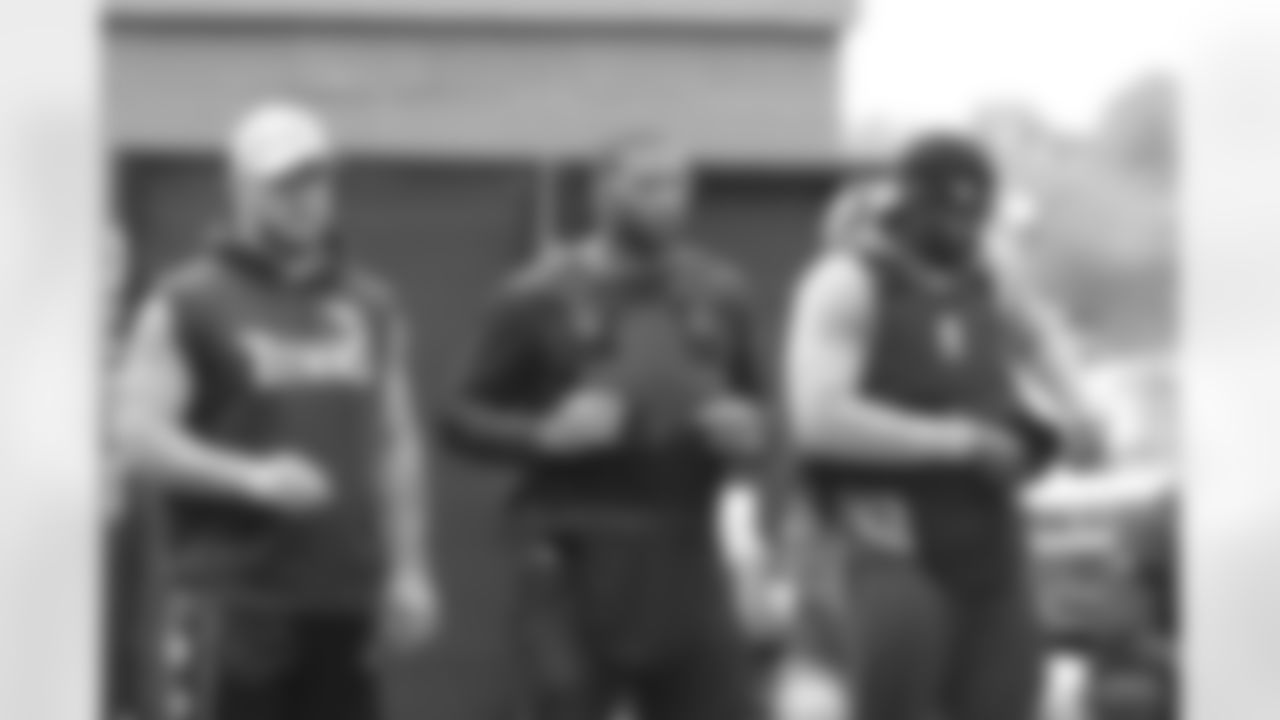
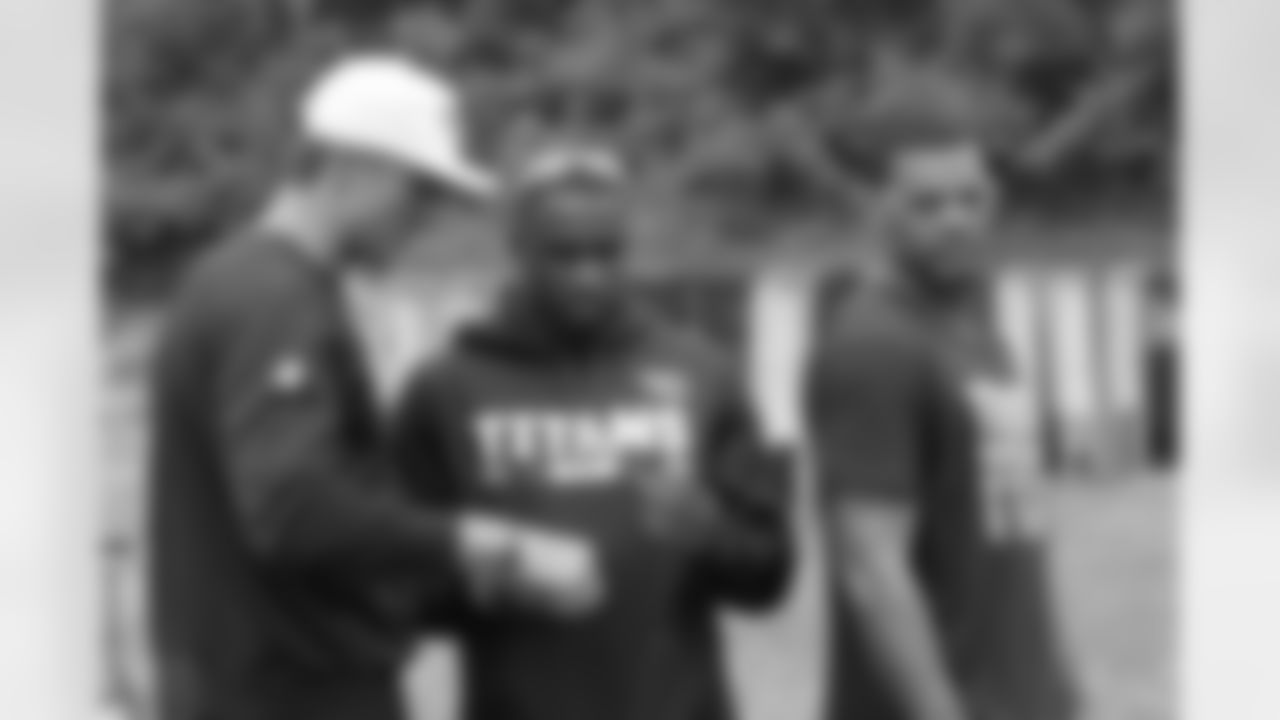
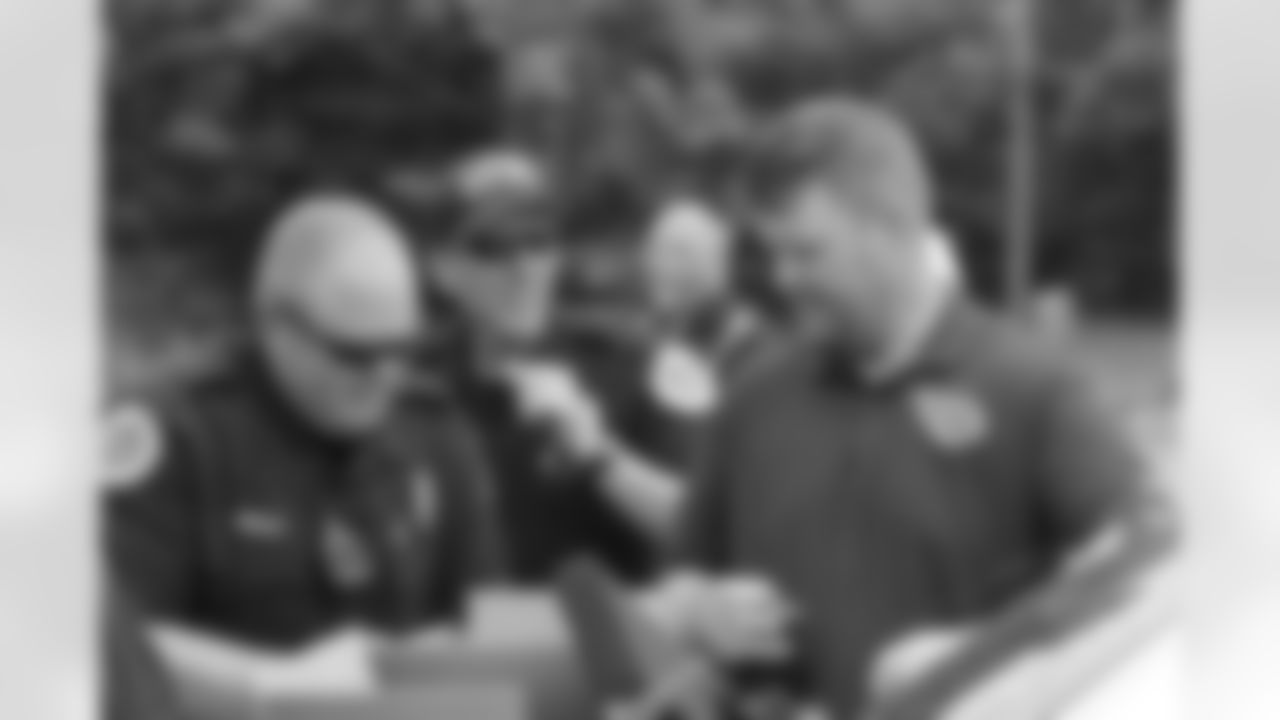
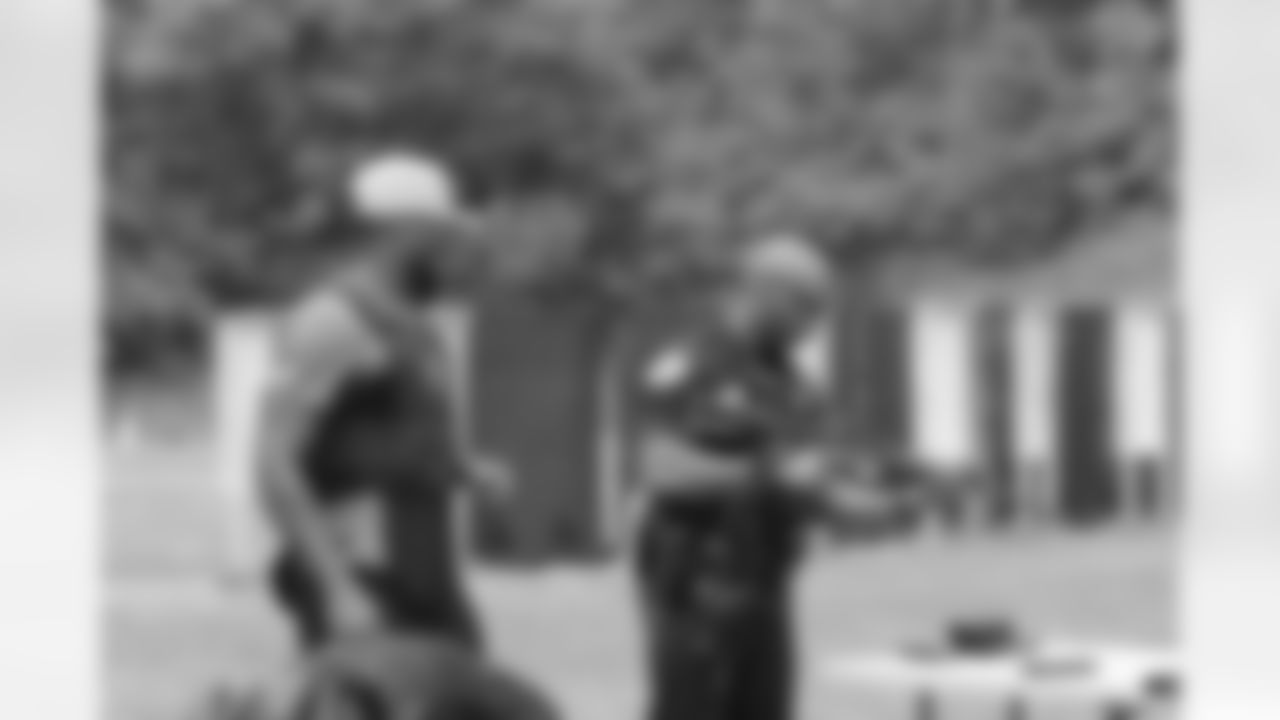
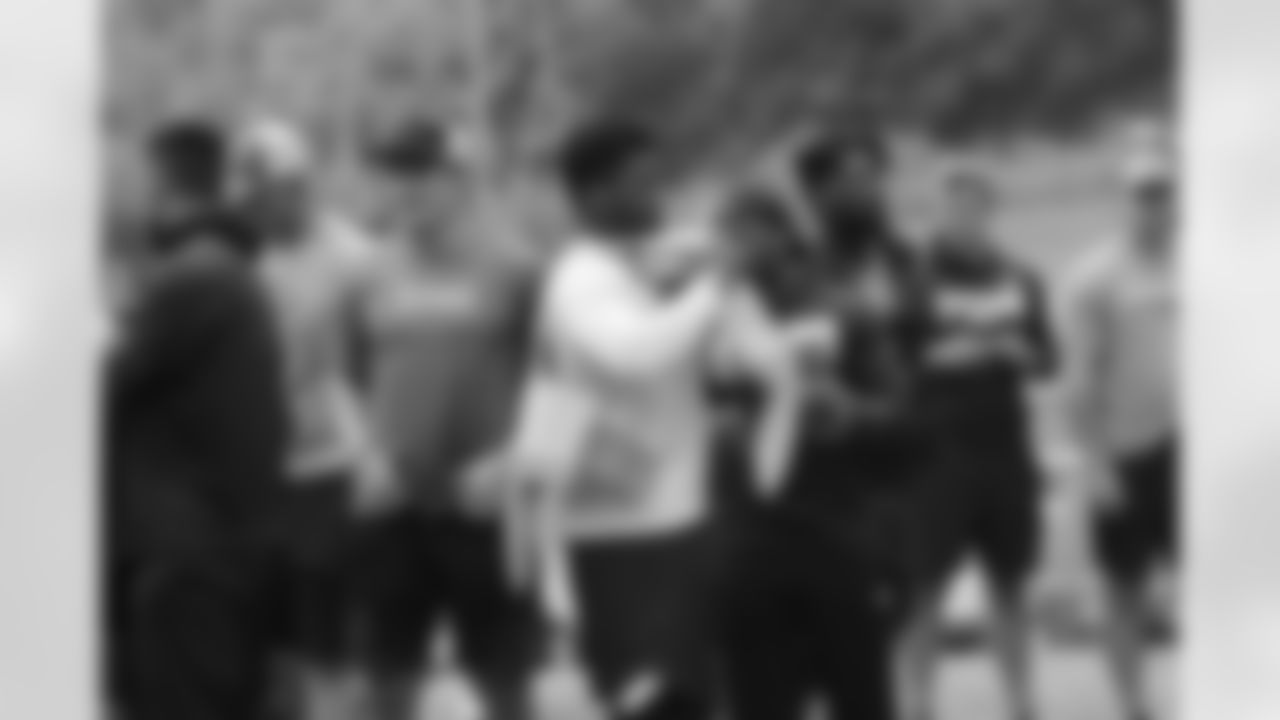
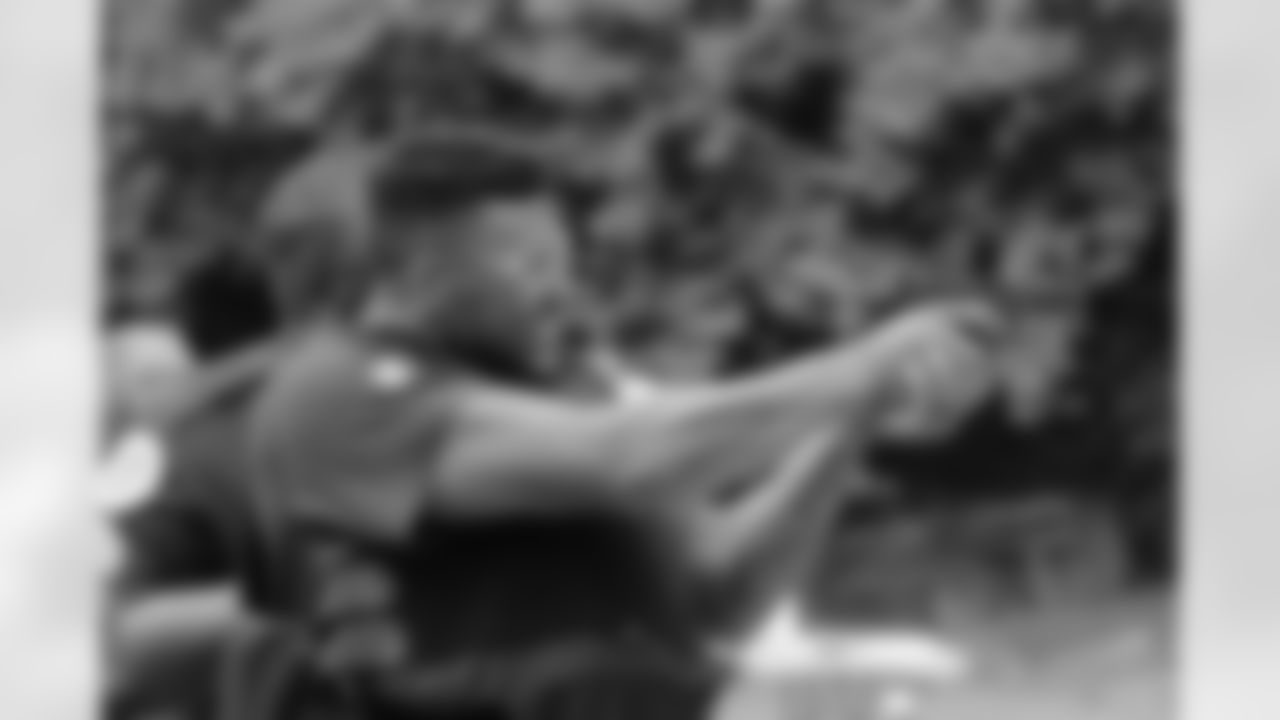
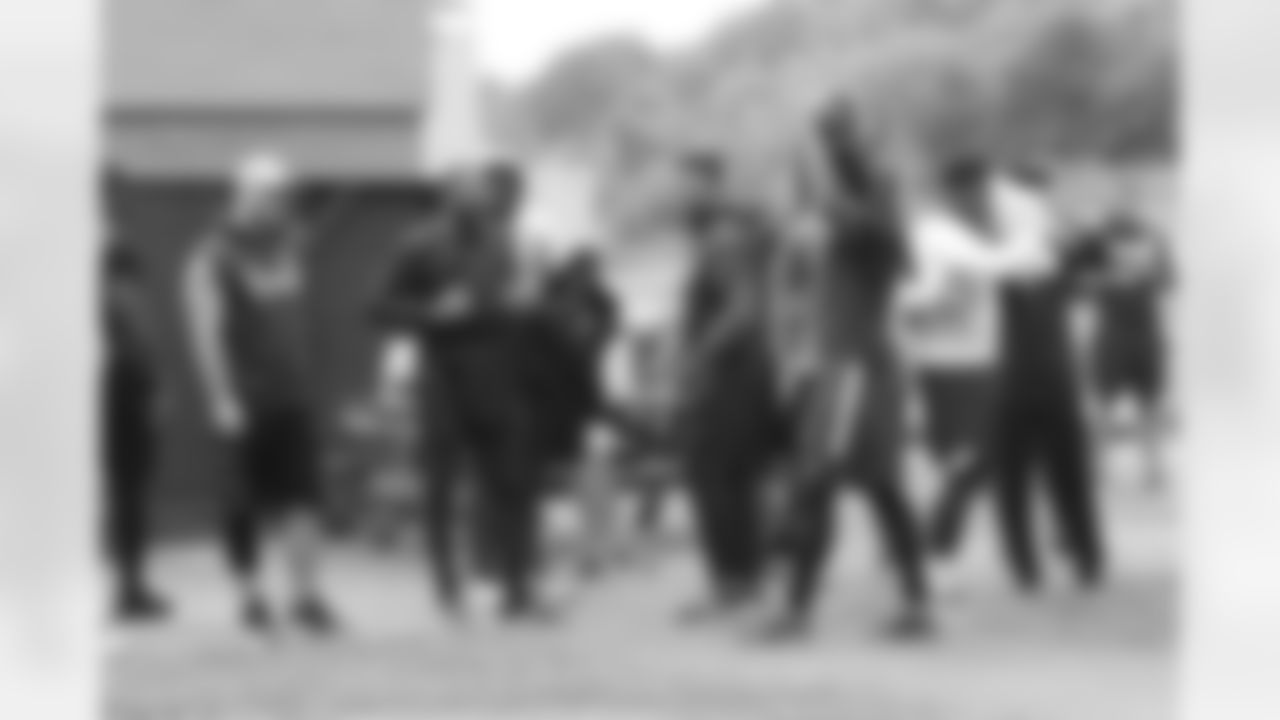
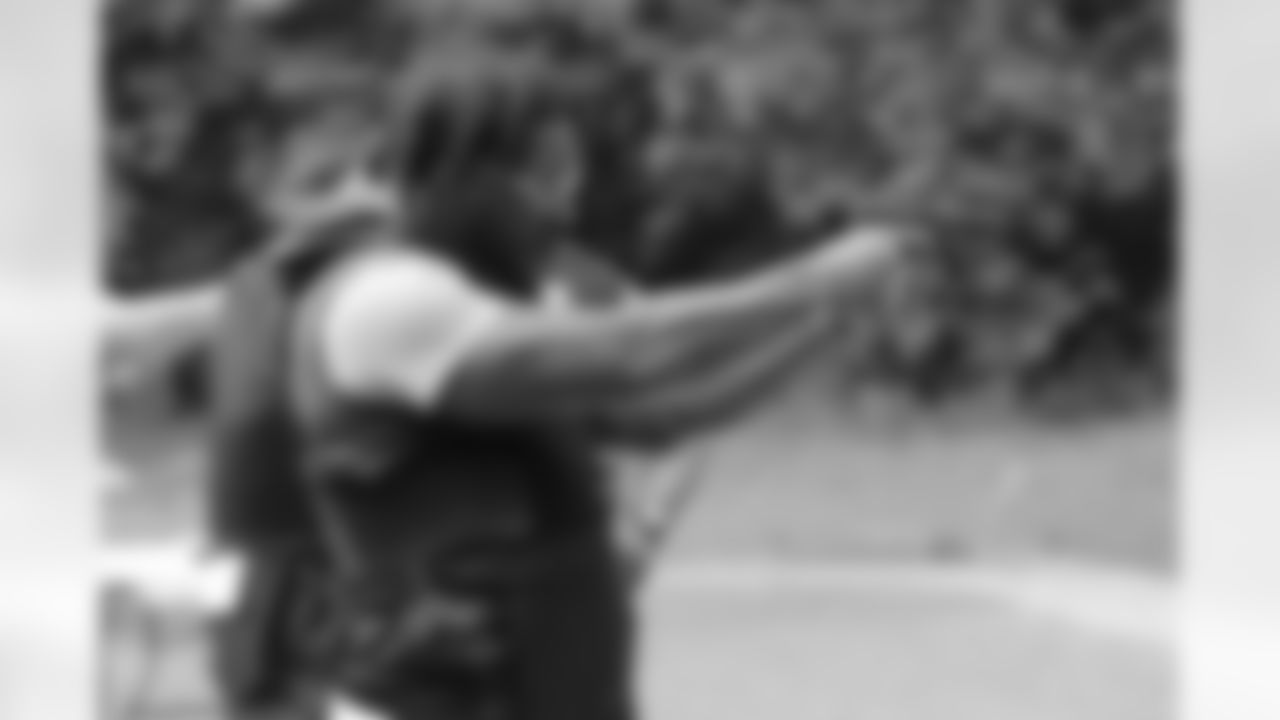
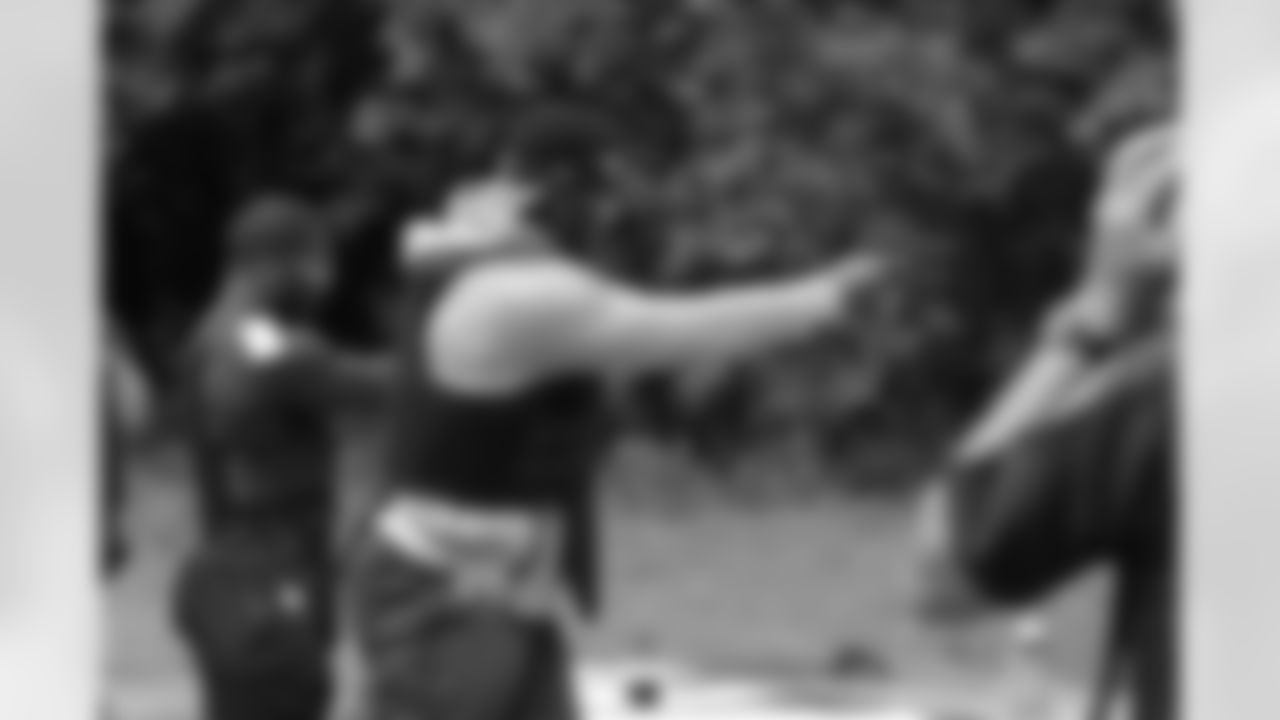
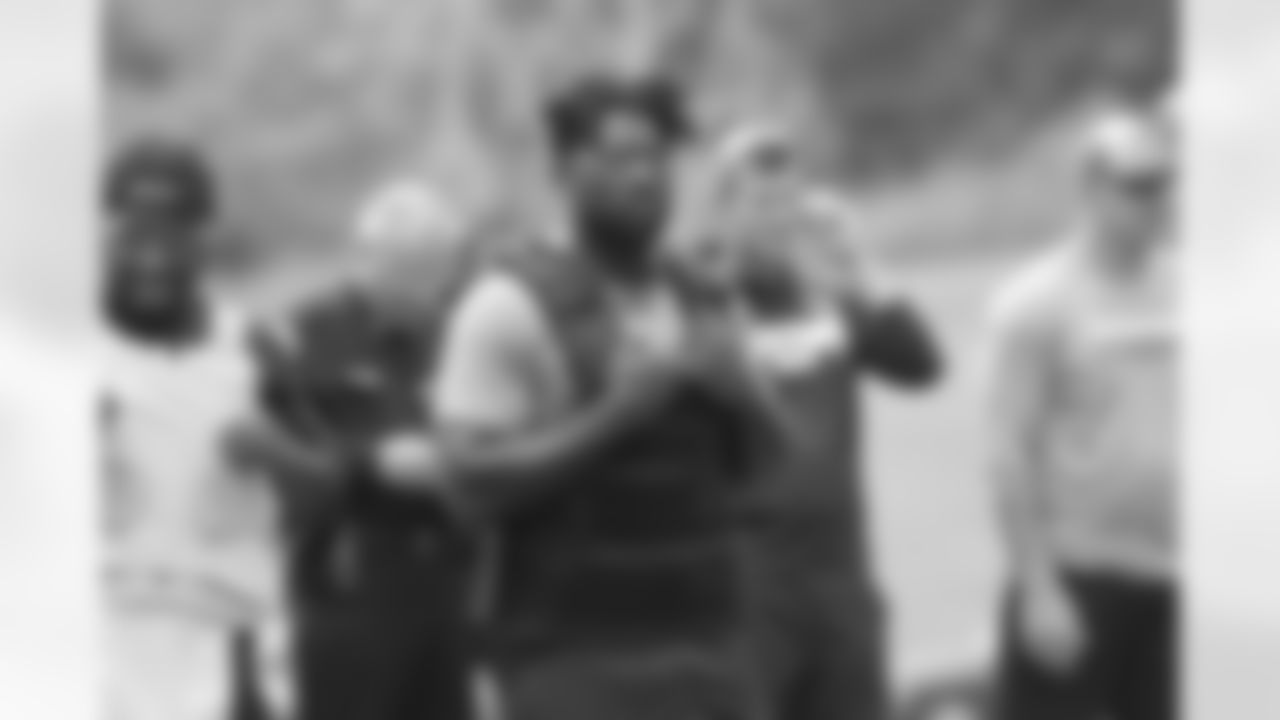
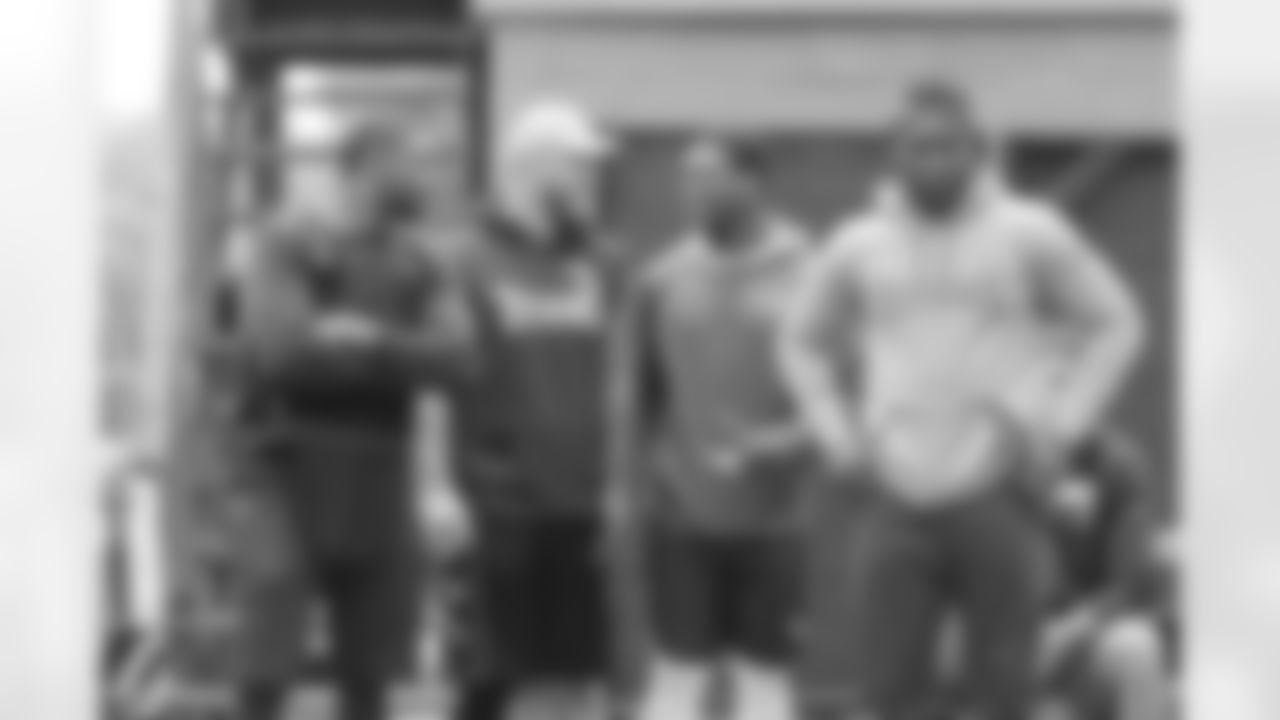
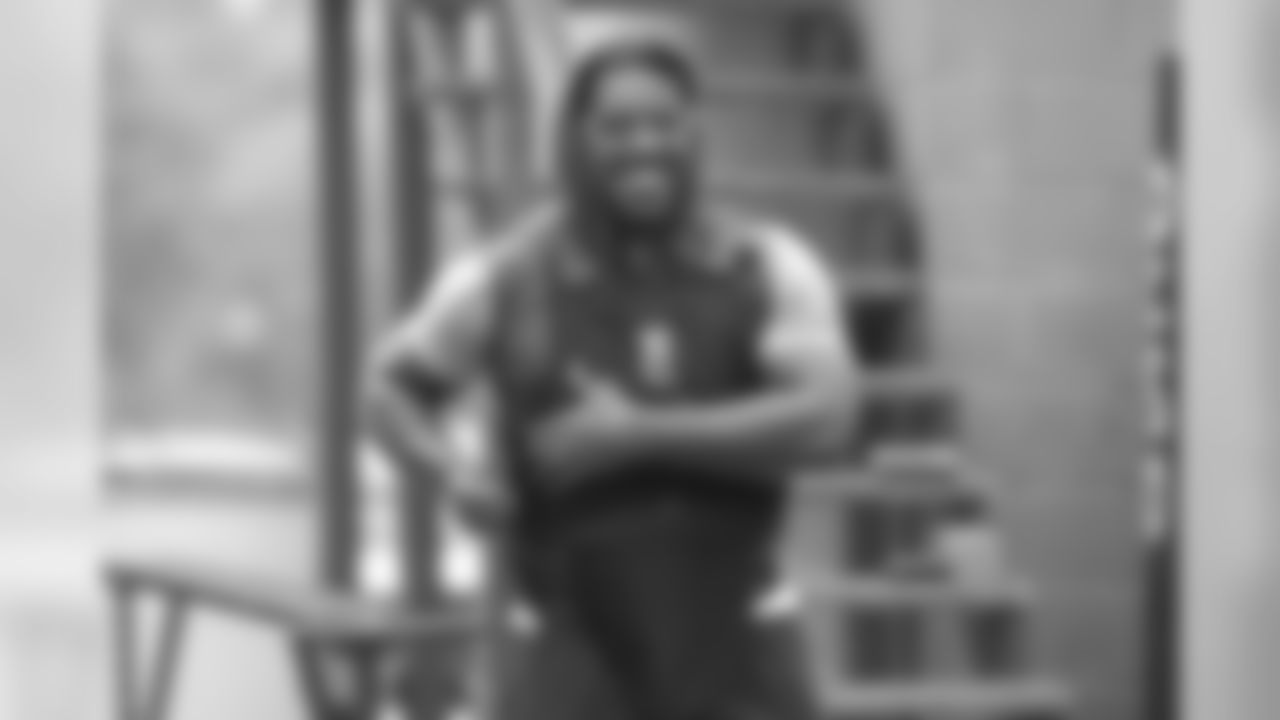
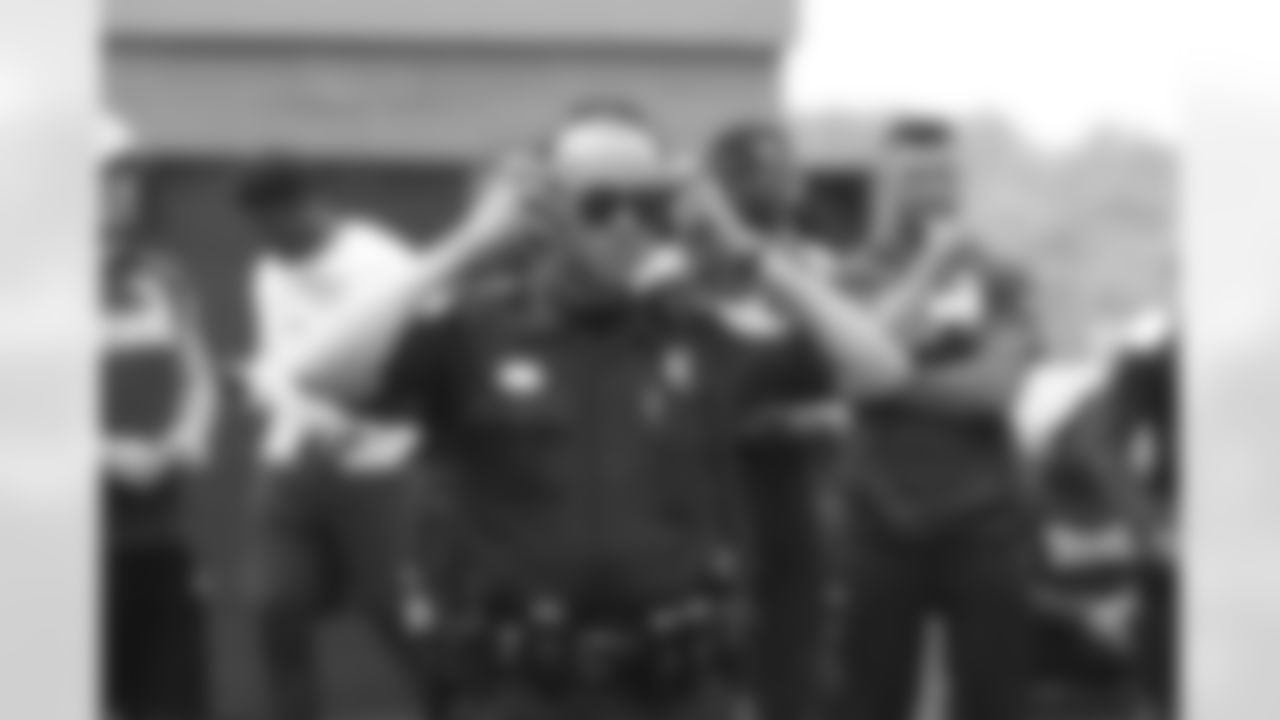
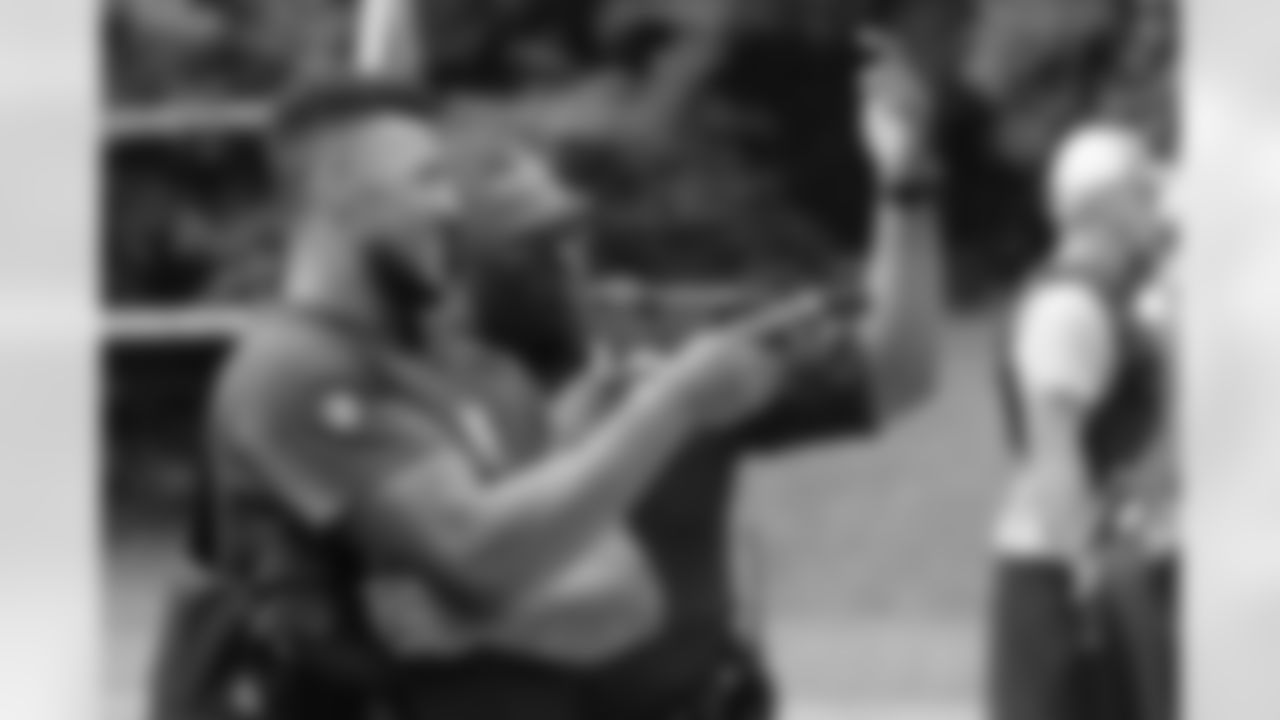
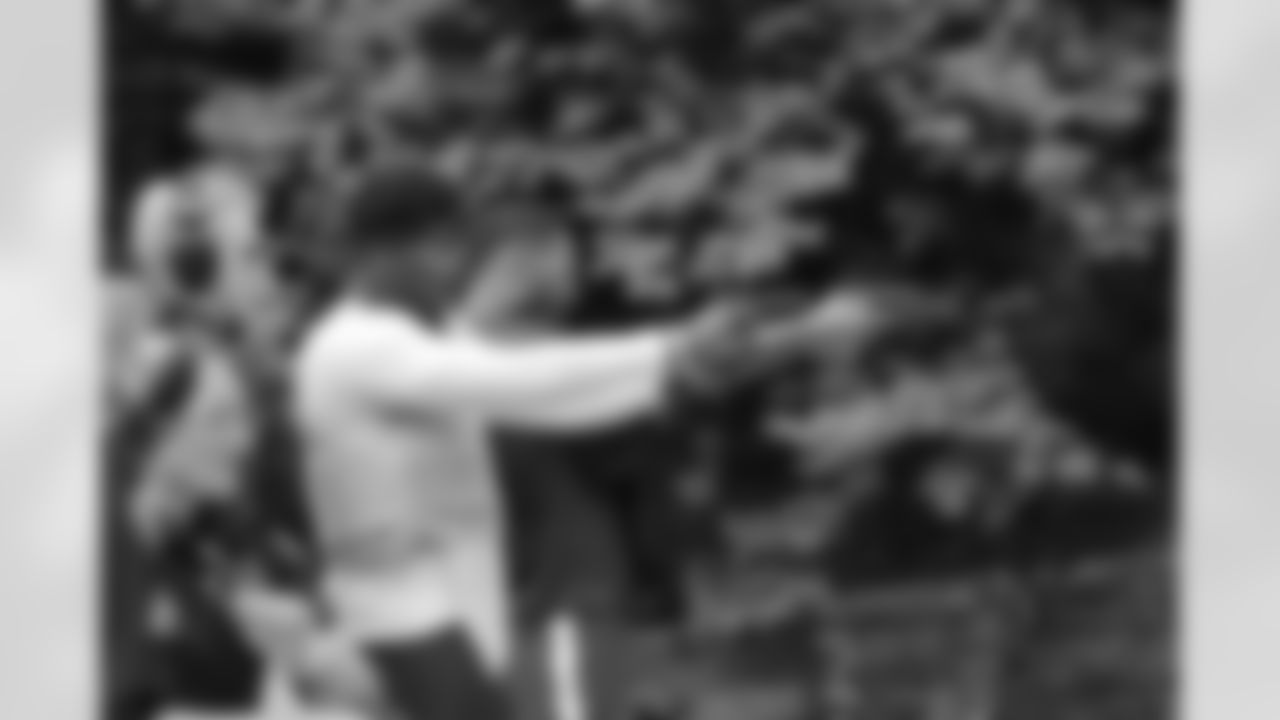
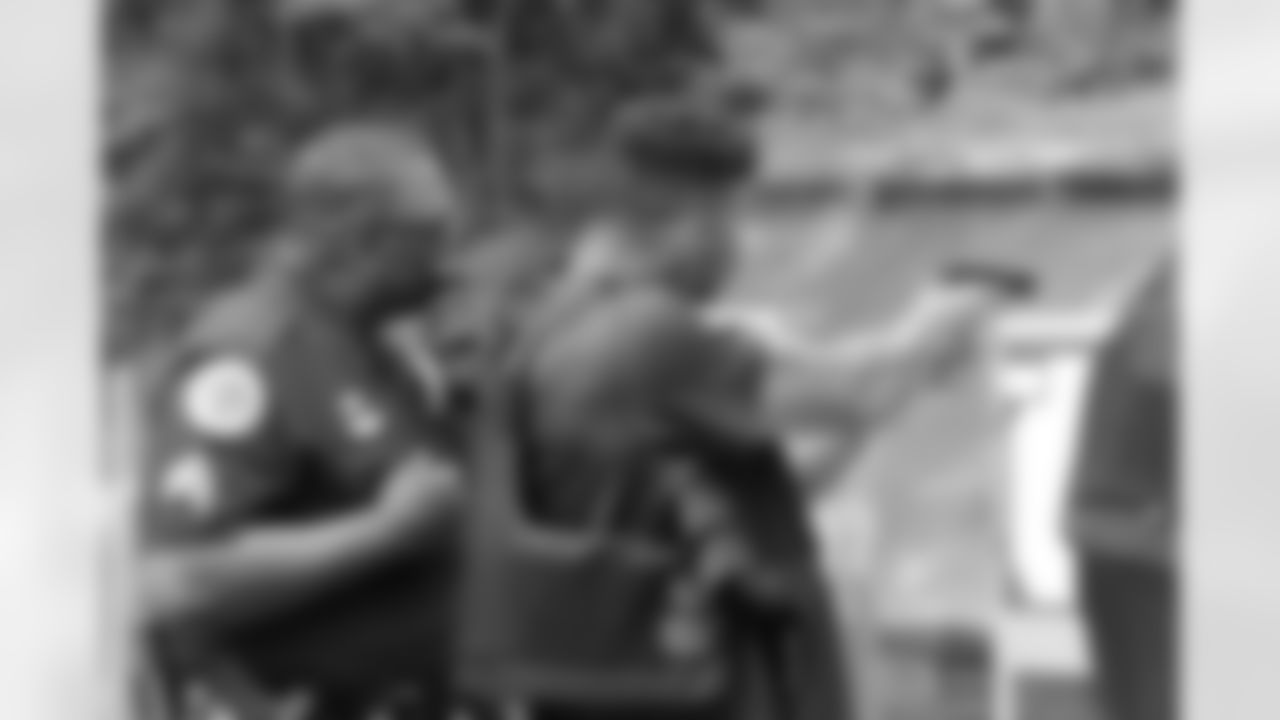
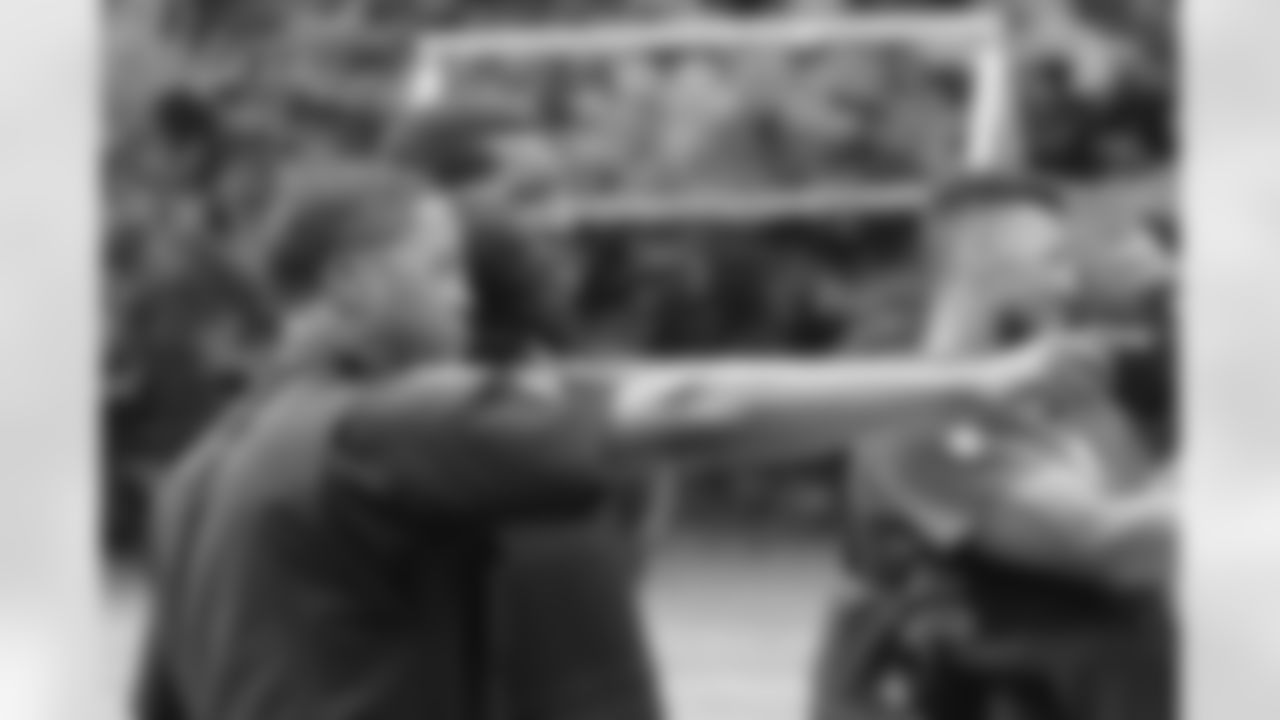
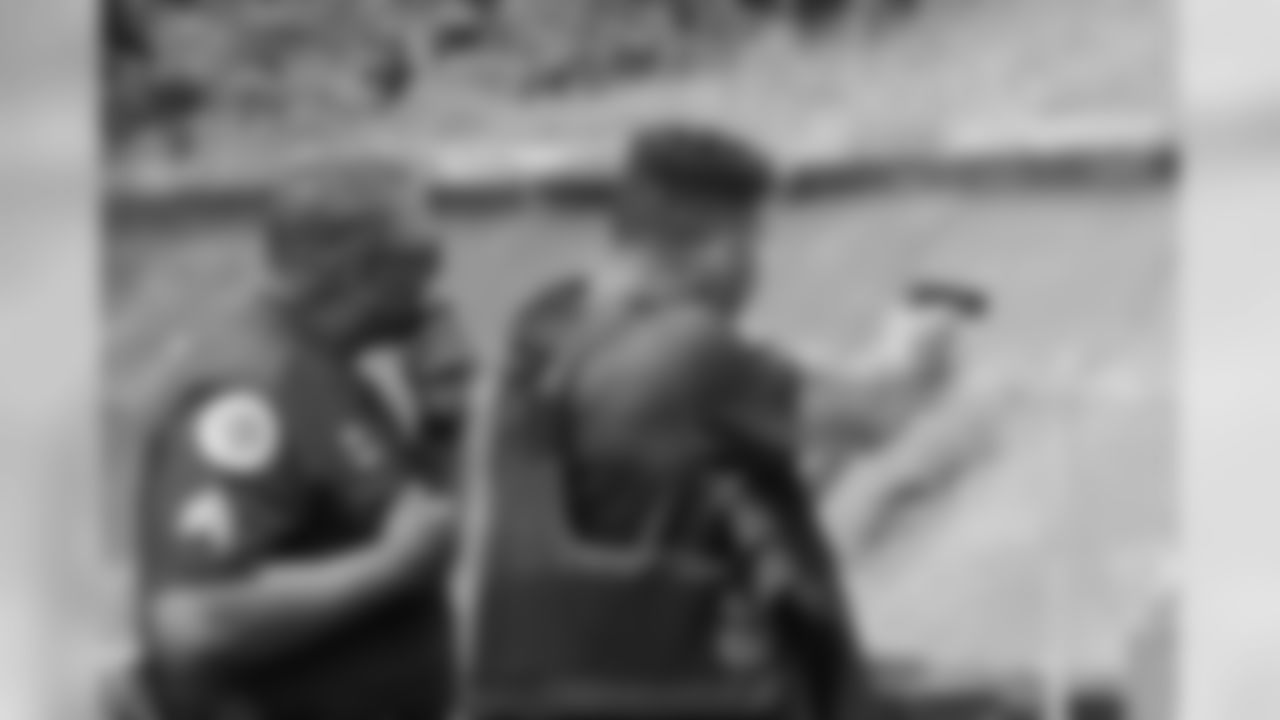
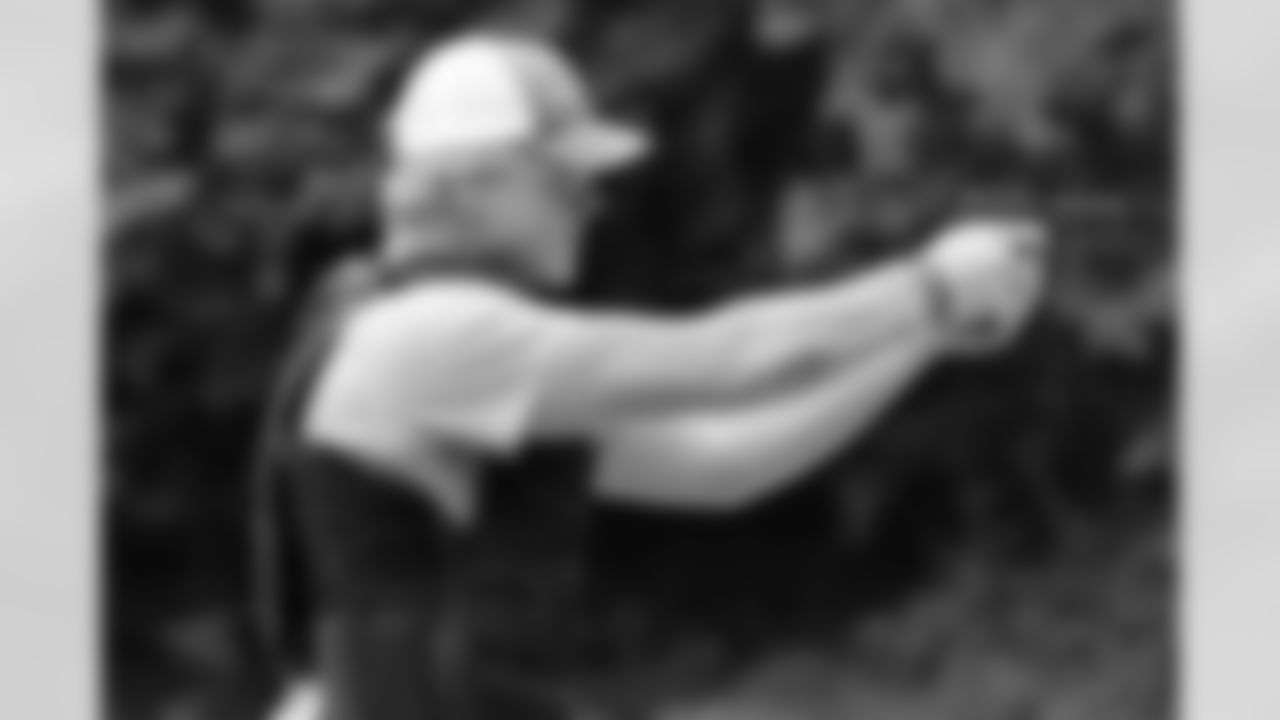
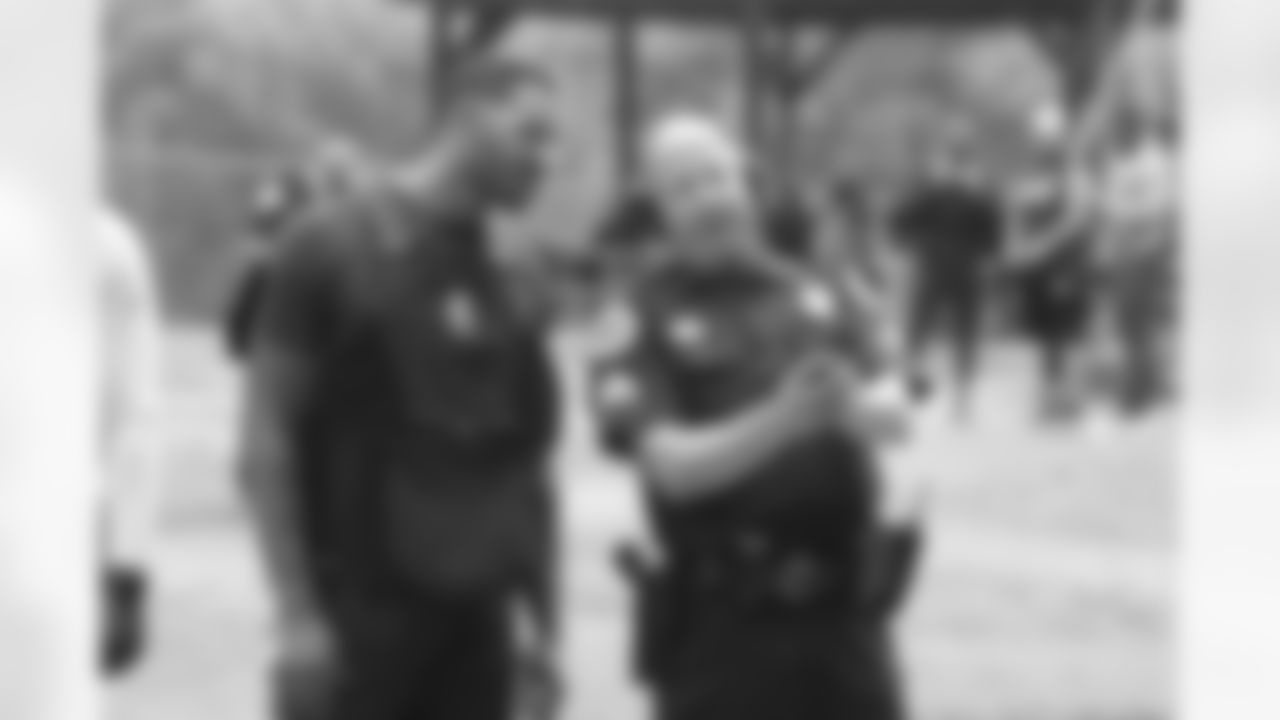
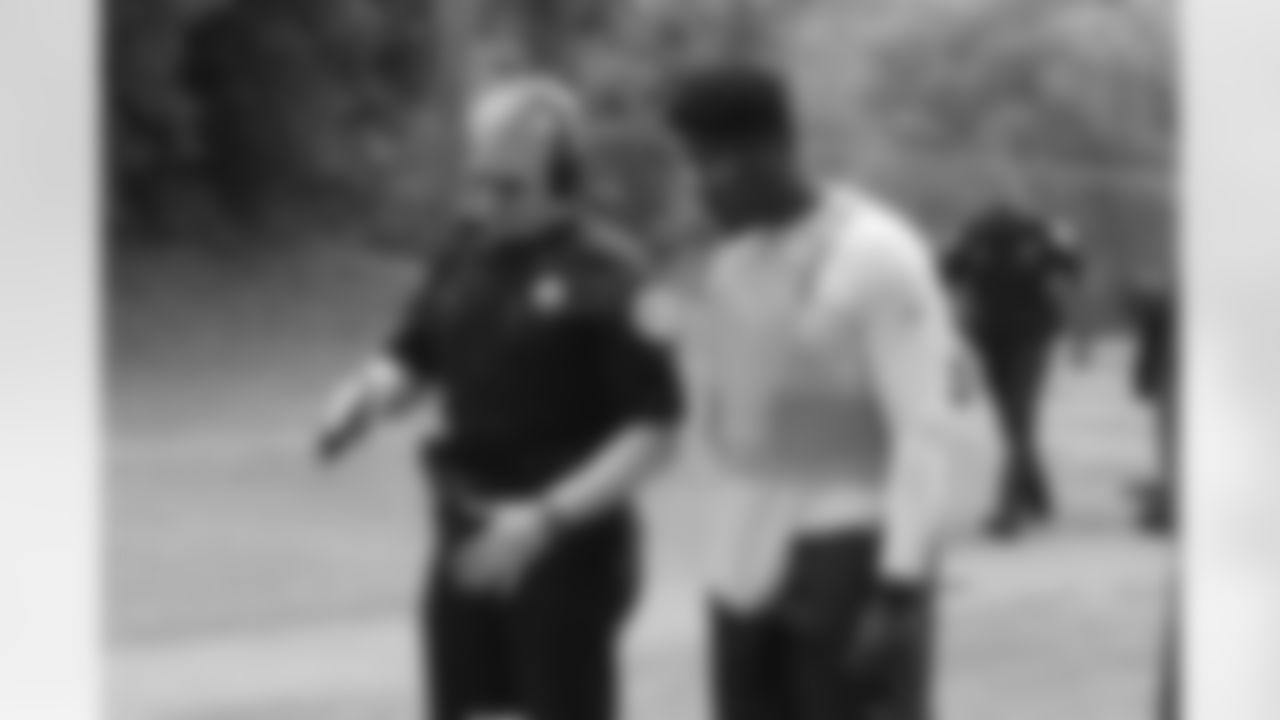
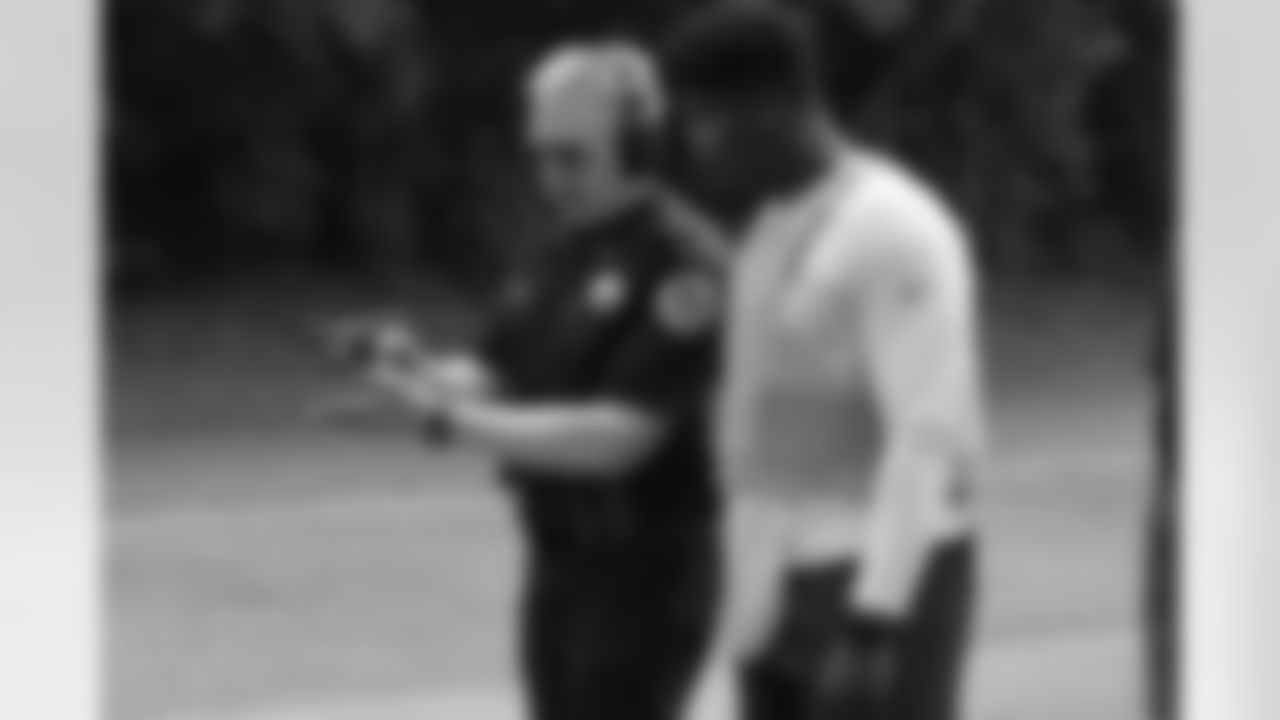
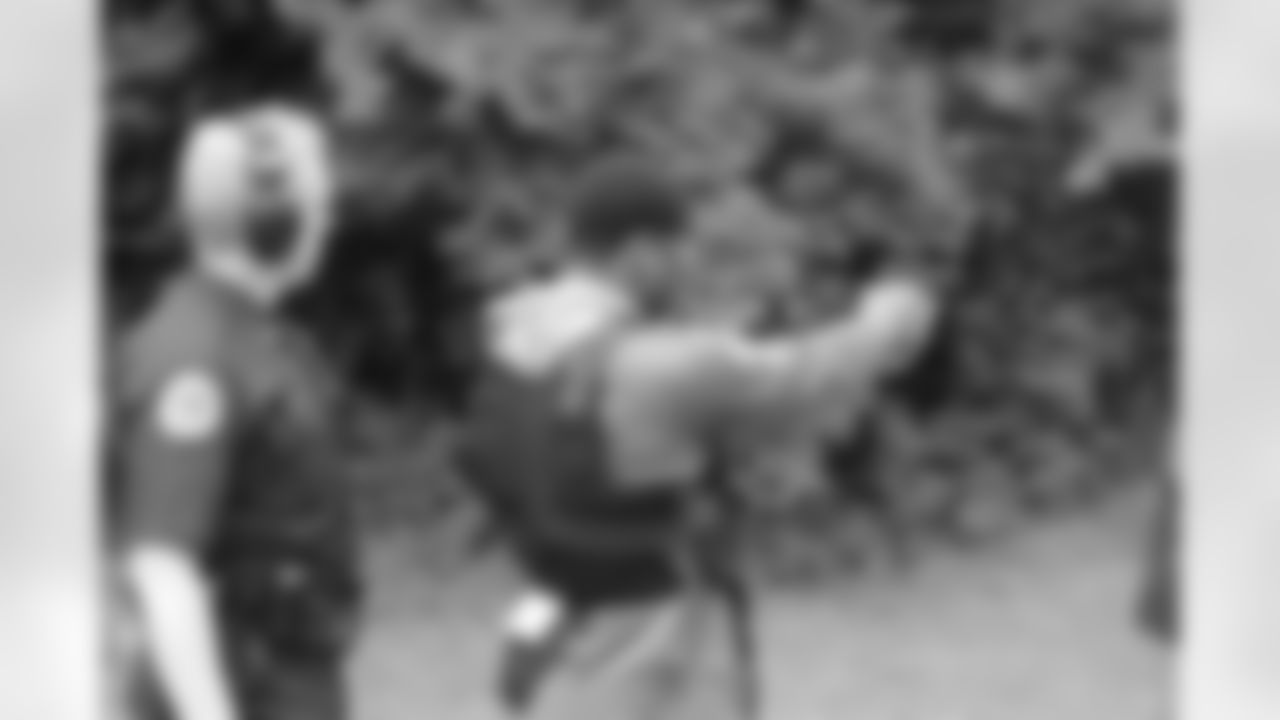
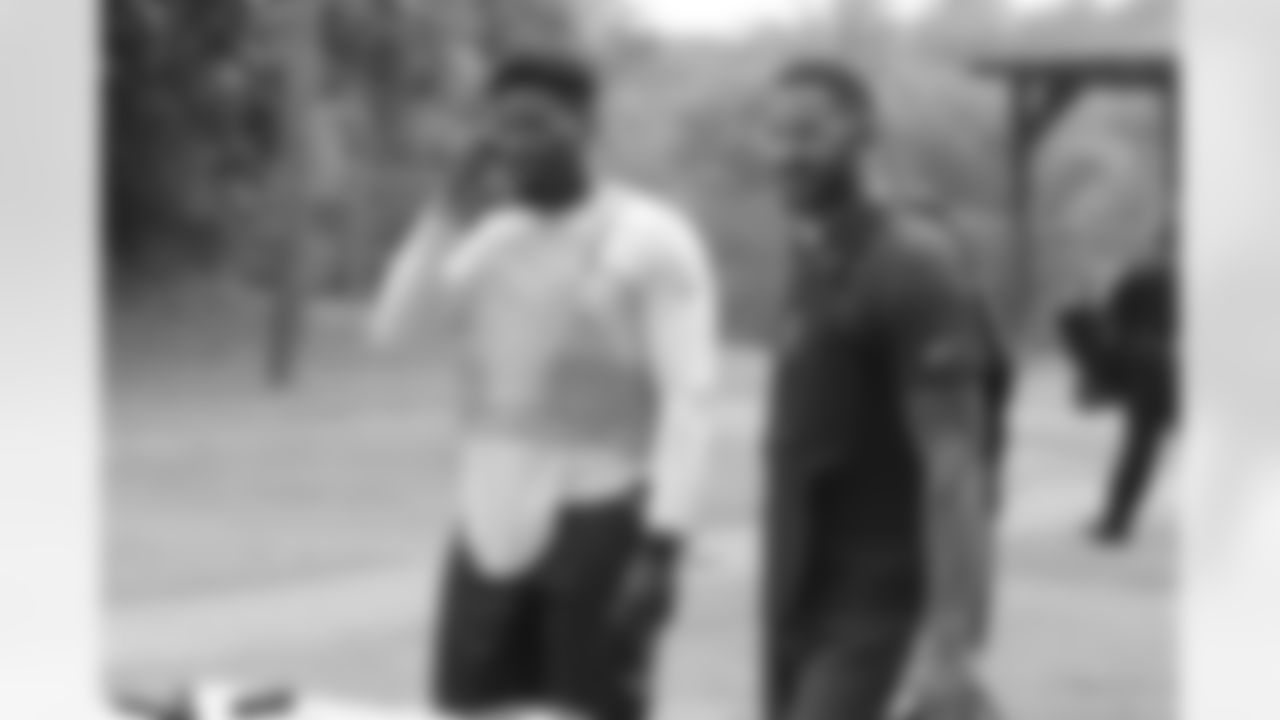
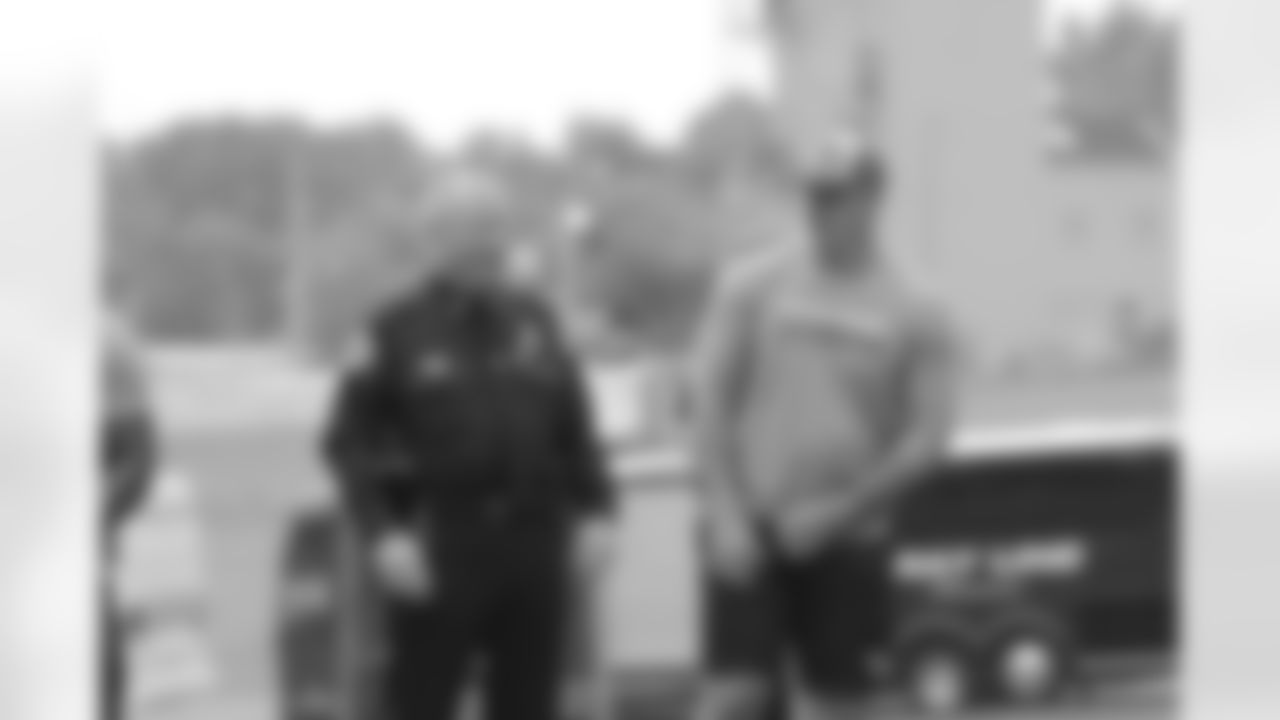
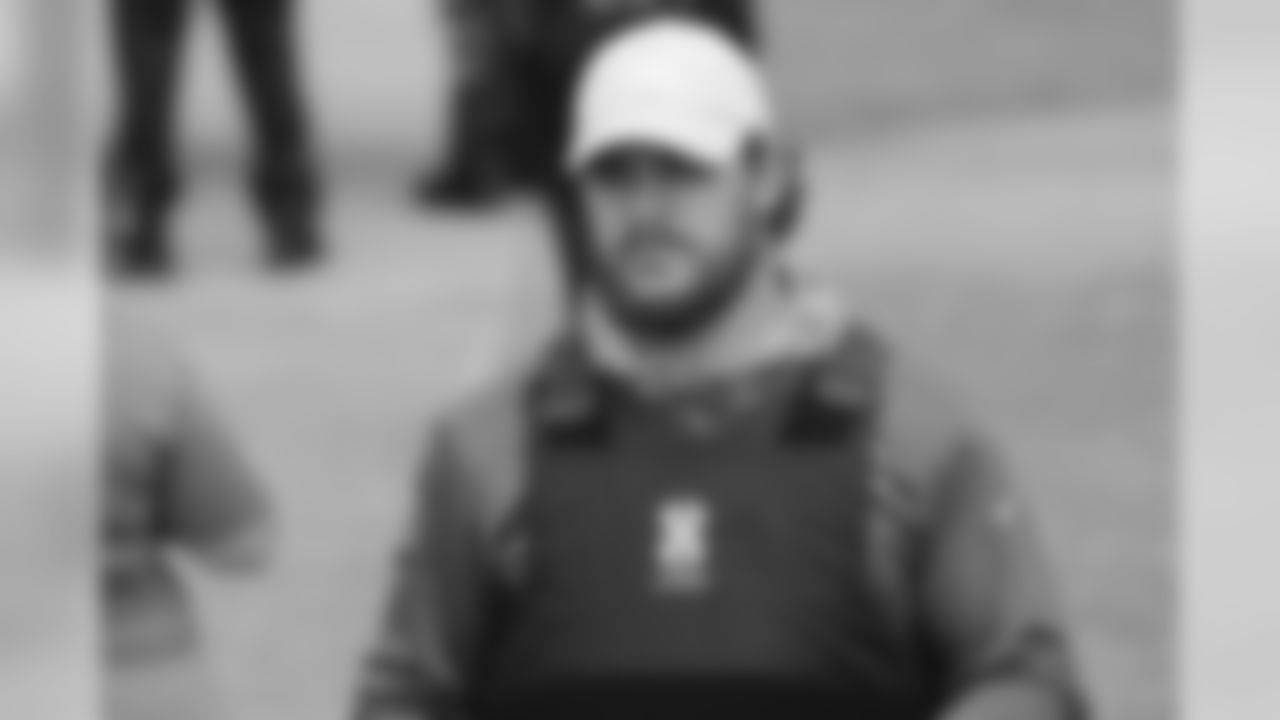
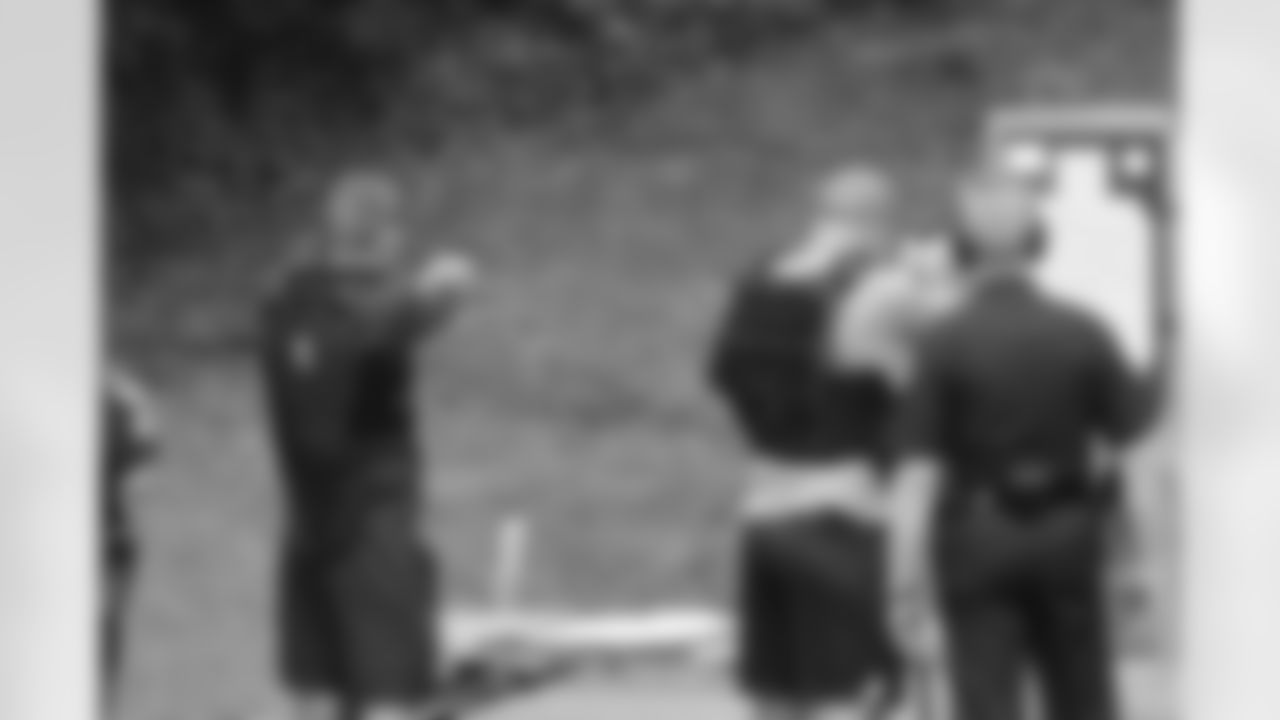
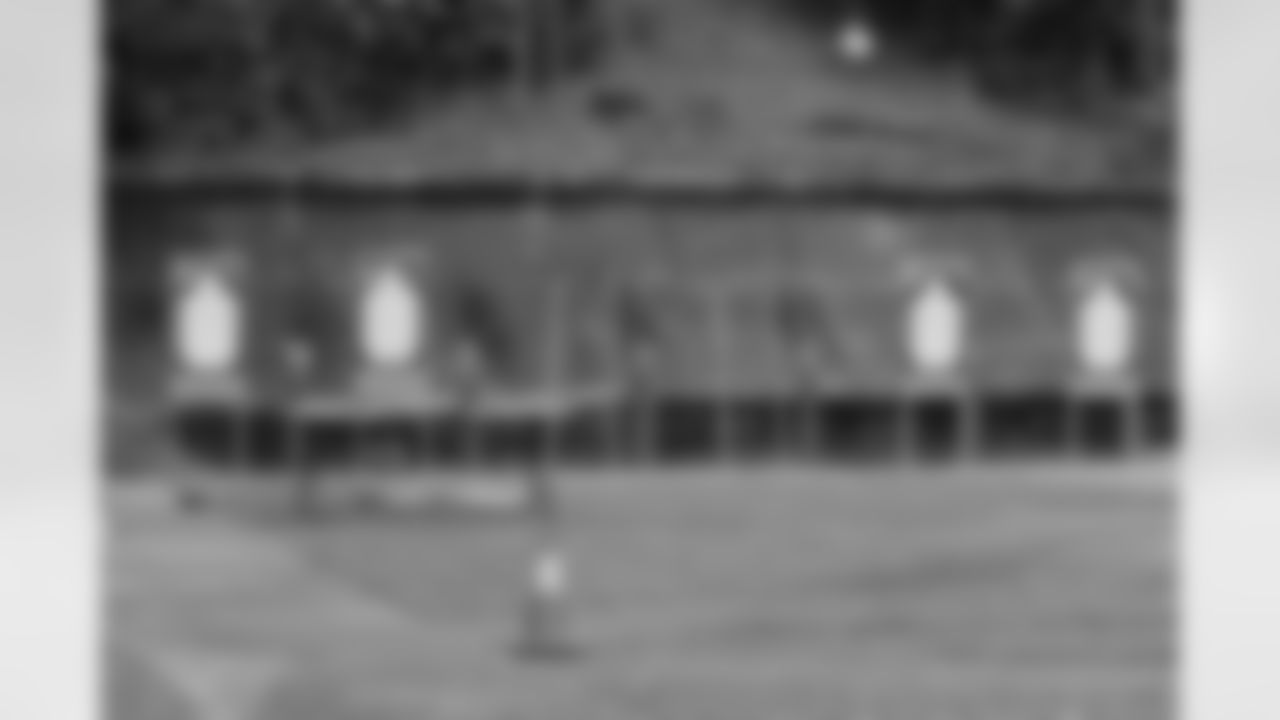
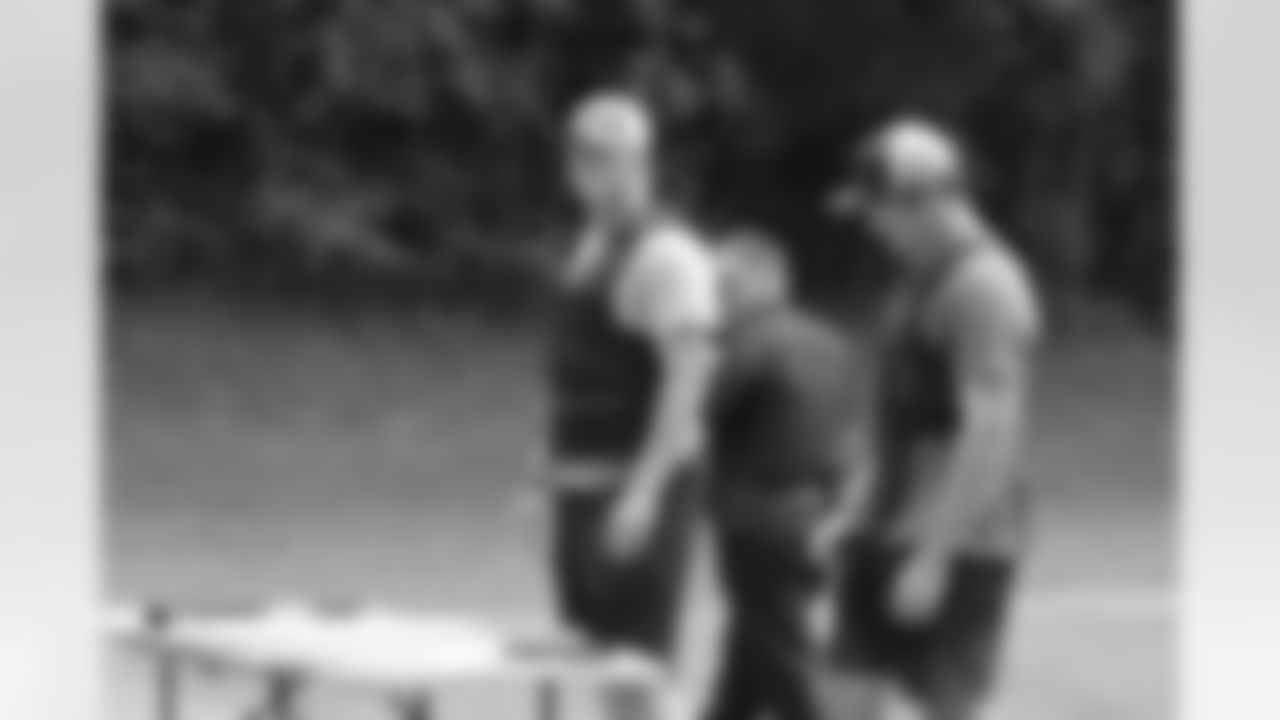
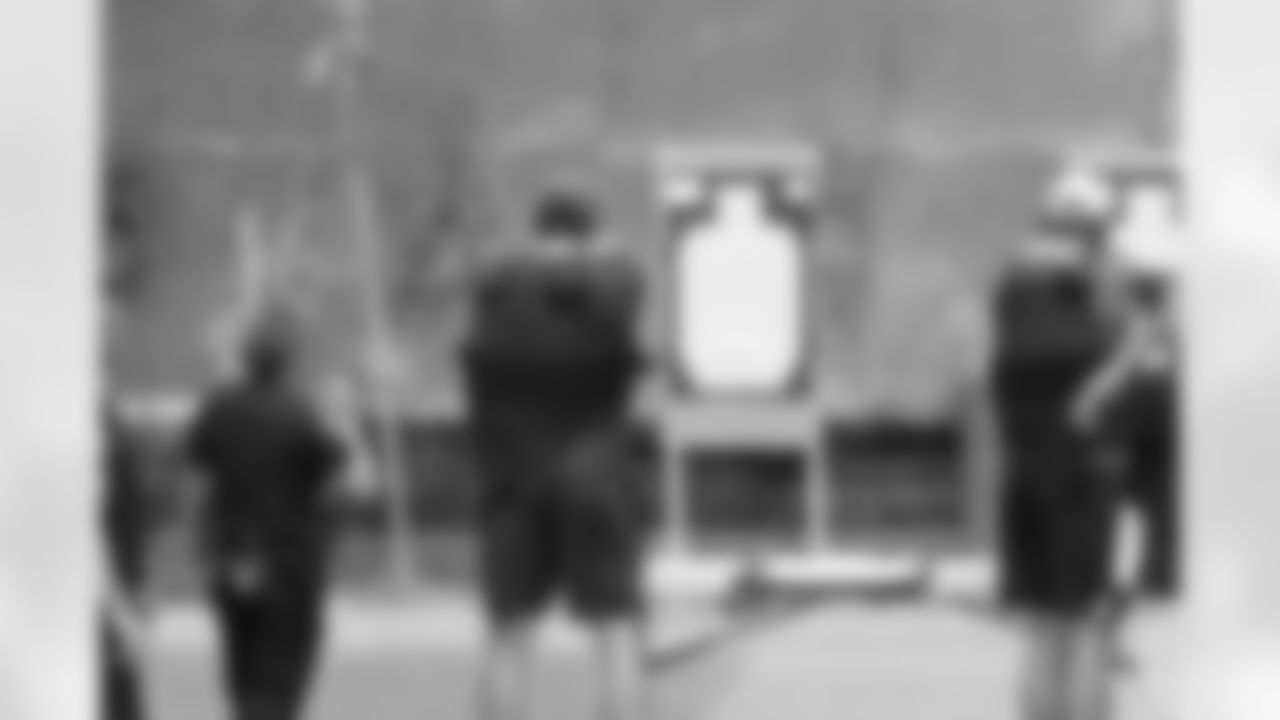

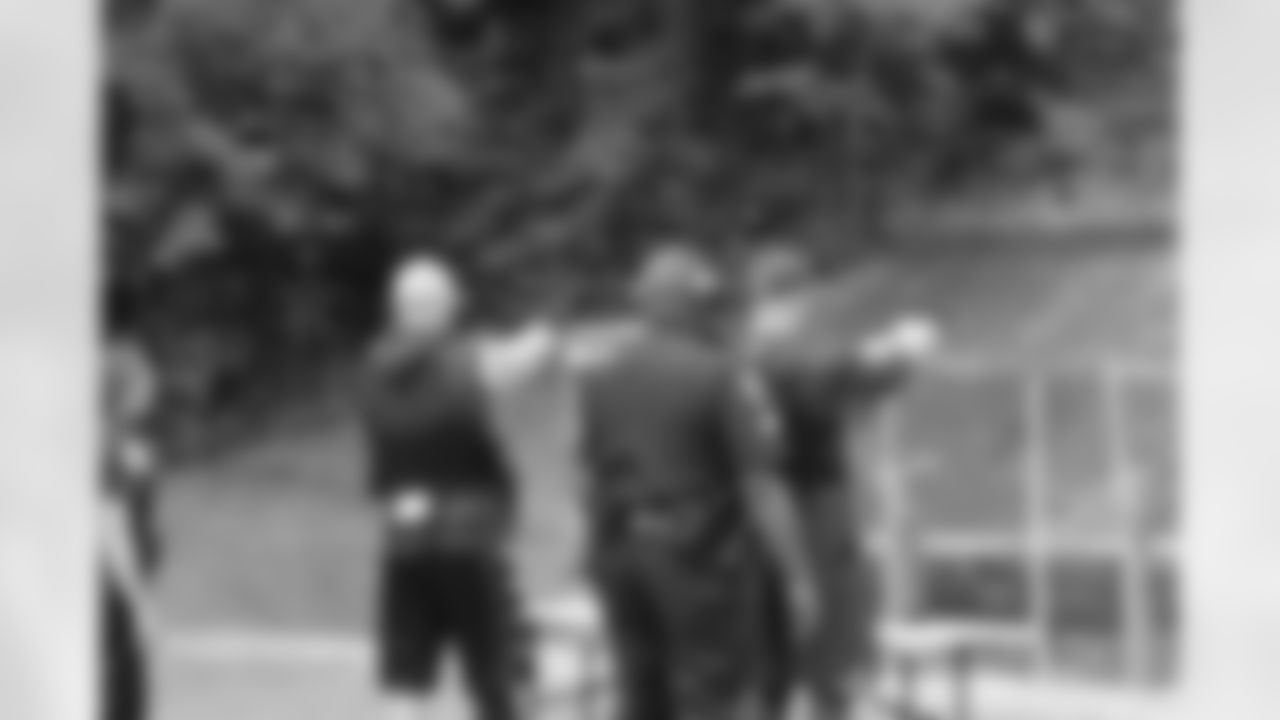
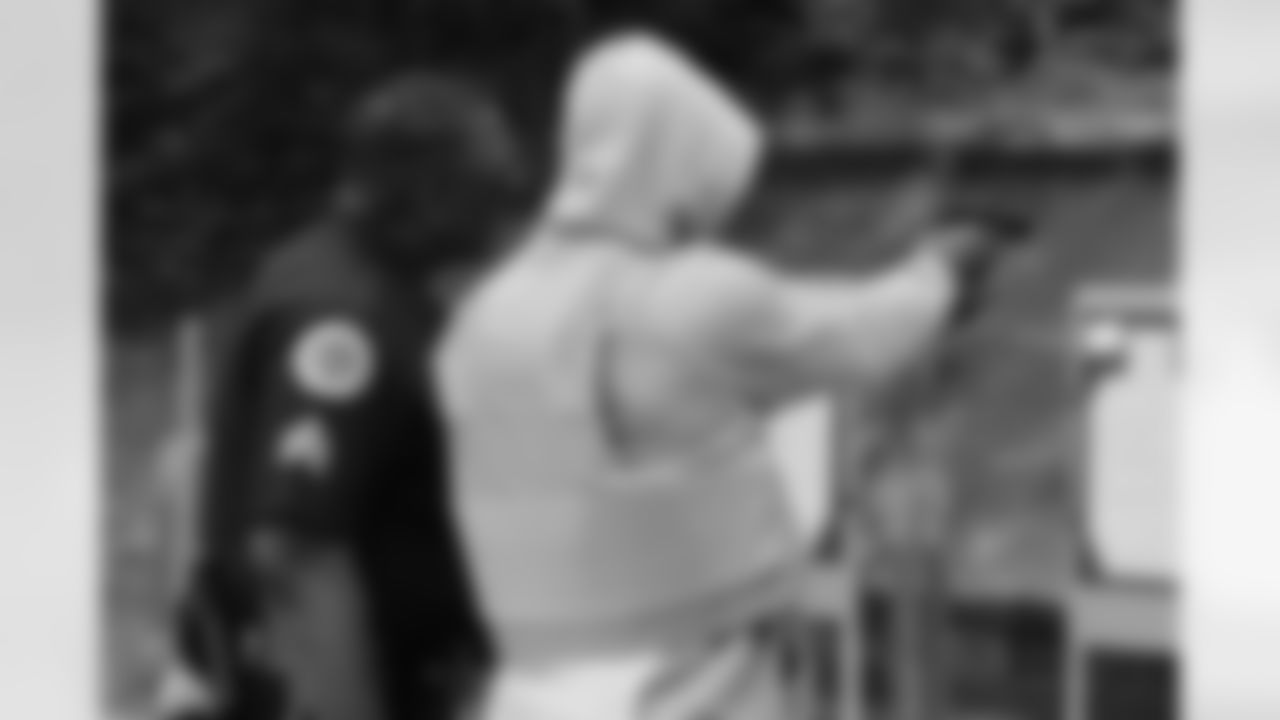
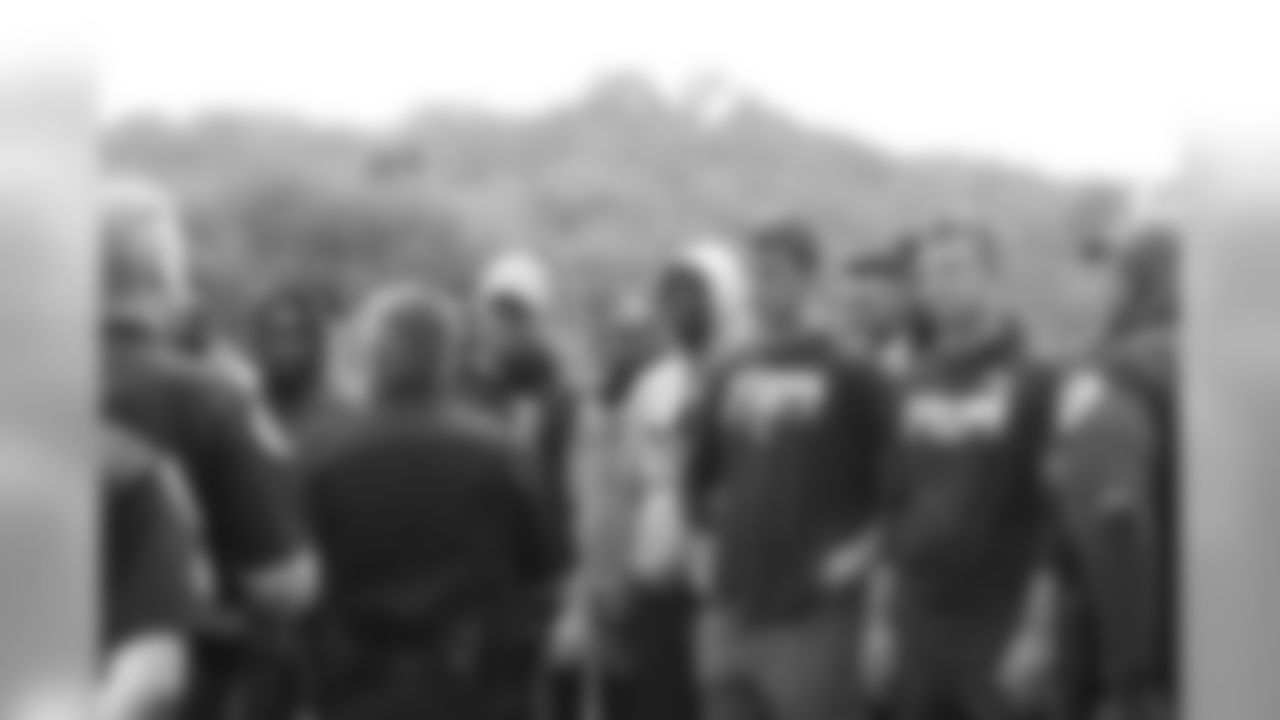
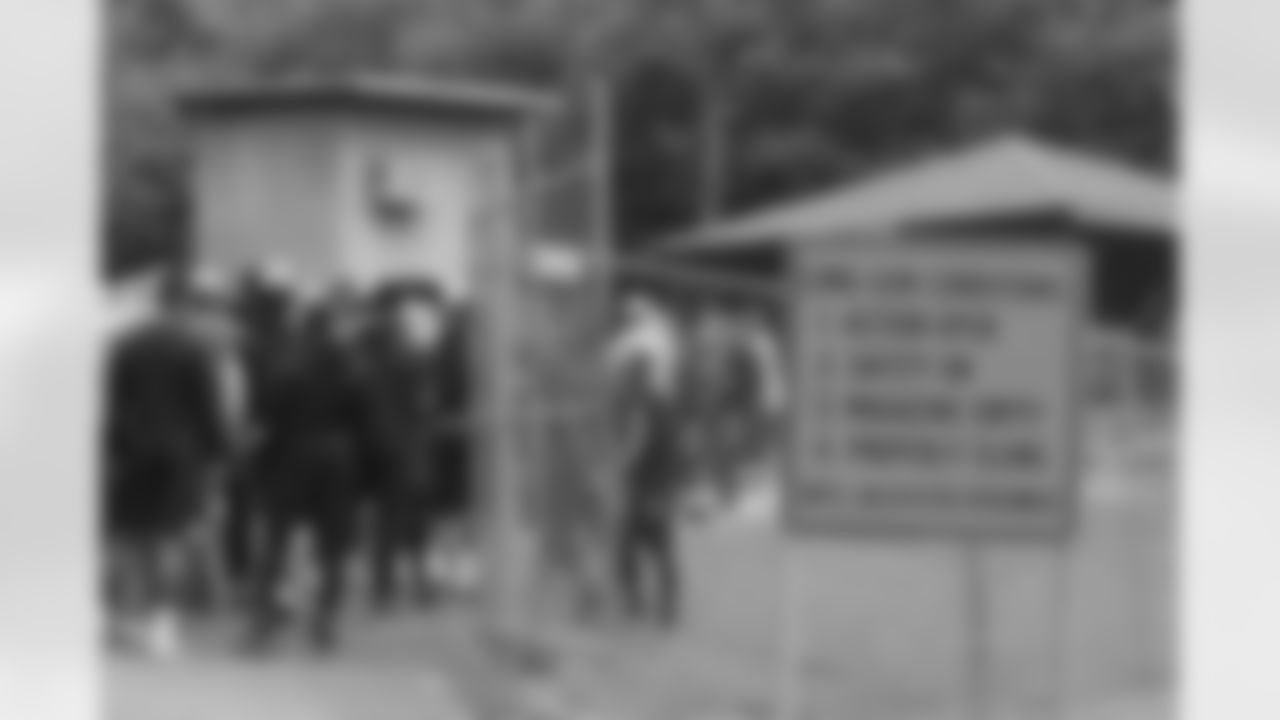
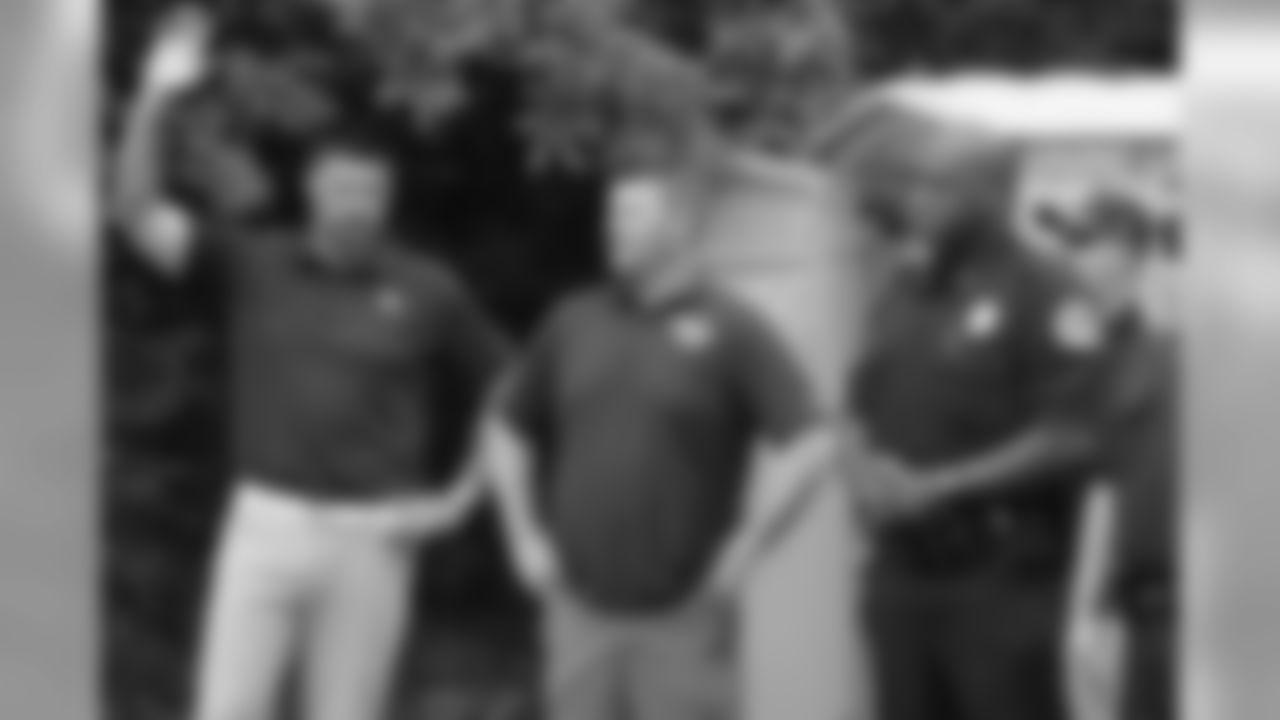
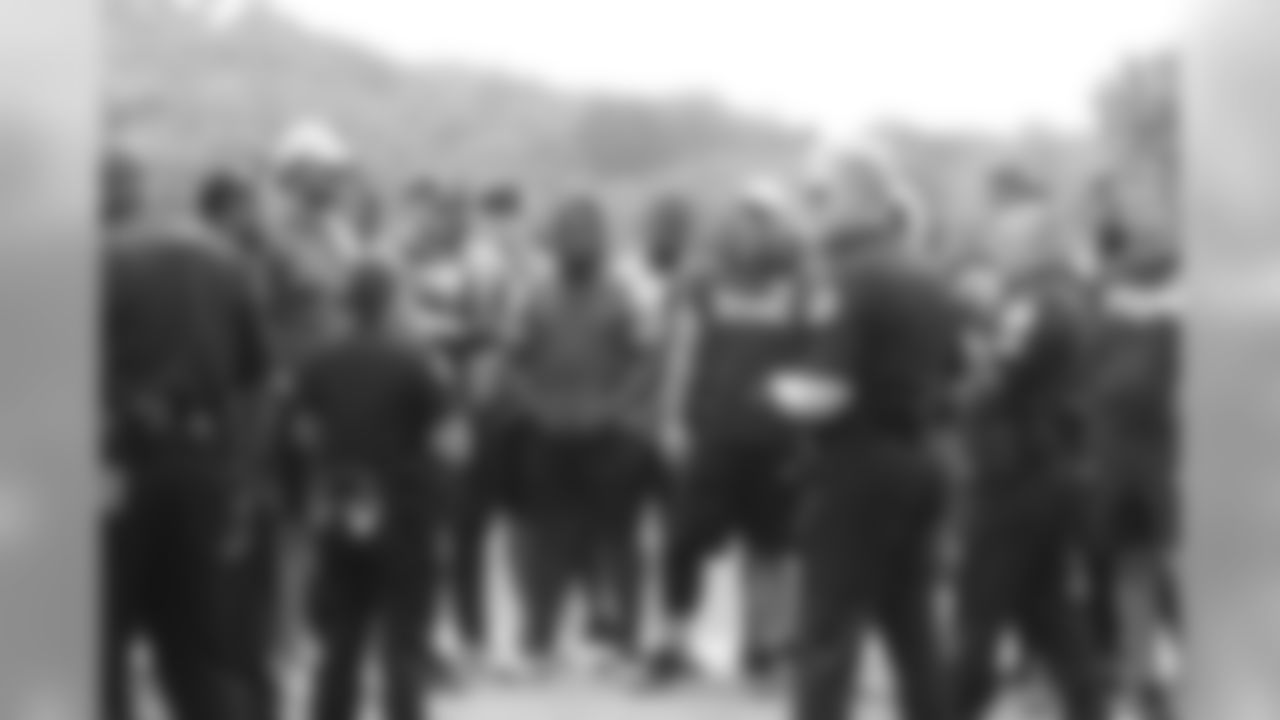
When the man on the screen in front of him lifted his right hand, previously hidden from view, Mariota fired his handgun repeatedly. So did receiver Tajae Sharpe, who was Mariota's fellow officer in this scenario. Teammates, watching in the seats behind them, erupted.
What the two realized too late: A stapler, not a handgun, was in the victim's right hand. He'd been shot multiple times with the electronic bullets. In real life, it would've been an ugly, hard-to-explain scene.
"Something like this," said Titans tight end Delanie Walker, who participated in the same scenario earlier in the morning, "opens up your eyes, and you realize what the police experience every day when they put on that suit.
"If the public had an opportunity to experience some of the simulators that the cops go through, and the situations they are put in. … It's tough. This can be educational to some of the people that don't understand what cops do every day. You appreciate more what they go through every day."
On Thursday, Titans coach Mike Vrabel canceled the team's final practice of minicamp.
After a team meeting, Titans players and coaches loaded into buses and headed to the Police Training Academy, where they spent a few hours with members of the Nashville police department.
In addition to working realistic scenarios using the Use of Force simulator, which is used to train officers, players and coaches also shot handguns at the small gun range, and they fired AR-15 rifles on the long range. Police gave the players a lesson on gun safety, one day after the team held an NFL safety and security meeting at Saint Thomas Sports Park.
Vrabel said it was a "good opportunity for us to be taught gun safety from professionals that are trained in that field."
Titans general manager Jon Robinson said the outing provided lessons on several fronts.
"The thought behind it was to have a team activity," Robinson said. "These guys have worked hard throughout the entire offseason, and to engage our local law enforcement to educate our players on what they go through, the situations they deal with on a daily basis, it gives us a further appreciation for what they do for our community.
"(And players) are putting themselves in the shoes that police officers go through day in and day out. It is very eye-opening, and it makes you think about situations. You see news stories all the time, and you always point fingers this way and that way. But you put yourself in that situation and I think it is very educational for our players."
Metro Police chief Steve Anderson spoke to the team at the start of the day.
Then the team was divided into groups. One group went to the short range to fire handguns, the others headed to the large gun to fire rifles. Players grabbed safety glasses, and earplugs.
Metro police captain Keith Stephens led the Use of Force simulator training inside a trailer on the Police Academy campus.
As each group passed through, they got a small taste of life as a police officer.
Using the simulator, and a gun without live bullets, Vrabel opened fire on a bar patron who pulled out a knife from a distance. Defensive backs Logan Ryan and Johnathan Cyprien shot two armed men – and the innocent man they were holding hostage – when responding to a call outside a biker bar. Tight end Jonnu Smith made the same mistake as his head coach – he opened fire too quickly when a suspect pulled a knife from a distance.
Other players were tested in scenarios where there was an active shooter at a mall, and an unruly man inside a building.
In front of their teammates, some fared better than others. Some hesitated, and presumably would've been killed themselves by an armed bandit.
"You get to see what police officers go through," Titans rookie Dane Cruikshank said. "It's a hard job."
Just like in football, officers have to make quick decisions, Stephens said.
Only the stakes are higher.
"The more teams that could come in here and sit, in my opinion, it would change one mindset at a time and see what we are really going through on a daily basis," Stephens said. "To hear why we do what we do, from a simple traffic stop to, "What am I supposed to do when I am pulled over by the police? Why do the police ask me to see my hands? I think we answered a lot of questions."
In the two-hour session, the Titans got a Cliff's notes version on what it takes new officers 24 weeks to learn. Following graduation from the Police Academy, officers then have six months of field training, when they ride with permanent police officers.
But this day also had a big picture feeling to it.
As players returned to Saint Thomas Sports Park, they'd learned about much more than football, and shooting guns for fun. At the start of the day, police wanted to provide an orientation on what they do, while educating the players on firearm safety.
"We are a part of the same community, and we want them to empathize with what police have to deal with, the quick decisions that have to be made in use of force situations," Stephens said. "We want to make sure they know officers are doing everything they can to deescalate situations and we never want to have to use force against the public.
"But just building the relationship with them, and them with us, and seeing that we are not the bad guys, it's important. We're here to help."
















